On Muleback Through
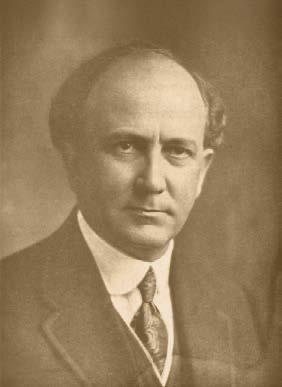
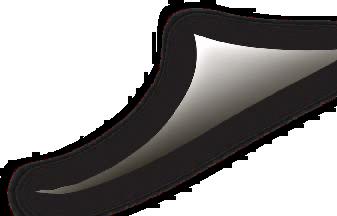
On Muleback Through Central America
BY MR. James M.Taylor
ISBN: 9781648173202
On muleback through Central America
James M. Taylor
First Fruits Press, ©2025
Digital version at http://place.asburyseminary.edu/firstfruitsheritagematerial/5/
First Fruits Press is a digital imprint of the Asbury Theological Seminary, B.L. Fisher Library. Asbury Theological Seminary is the legal owner of the material previously published by the Pentecostal Publishing Co. and reserves the right to release new editions of this material as well as new material produced by Asbury Theological Seminary. Its publications are available for noncommercial and educational uses, such as research, teaching and private study. First Fruits Press has licensed the digital version of this work under the Creative Commons Attribution Noncommercial 3.0 United States License. To view a copy of this license, visit http://creativecommons.org/licenses/by-nc/3.0/us/.
For all other uses, contact:
First Fruits Press
B.L. Fisher Library
Asbury Theological Seminary
204 N. Lexington Ave. Wilmore, KY 40390
http://place.asburyseminary.edu/firstfruits
Taylor, James M. (James Milburn), 1873-
On muleback through Central America [electronic resource]/ by James M. Taylor. –Wilmore, Kentucky : First Fruits Press, ©2025.
Reprint. Previously published: Knoxville, Tenn. : J.M. Taylor, [1912?] 1 online resource 157 pages : digital.
ISBN: 9781648173196 (paperback)
ISBN: 9781648173202 (uPDF)
ISBN: 9781648173219 (Mobi)
OCLC: 1545095311
1. Missions--Central America. 2. Central America--Description and travel. 3. Taylor, James M. (James Milburn), 1873- I. Title.
BV4541.T37 2025eb
Cover design by Amanda Kessinger

First Fruits Press
Te Academic Open Press of Asbury Teological Seminary 204 N. Lexington Ave., Wilmore, KY 40390 859-858-2236
frst.fruits@asburyseminary.edu asbury.to/frstfruits

On Muleback Through Central America
James M. Taylor, Evangelist.

BOOKS BY
James M. Taylor, Missionary Evangelist.
IDSSIONABY BOOKS. C11111palsalus for liod In CvlbbftlD WaterL raper H eenta. Clotb GO eenta, Oa Huie Dack Tbroosb Ceatral Amerlea. Paper 2G eenta. Clotb 50 oea&a.
A IIIB&lo-17 Album. .., ... ,•• ••, Beaotlful7 boilDd, U eeat•
The 8Cfotb American Sltoatloa, ..• •.. ....... , ..•Paper, 10 eea&e Henry. The Converted Hindu................. Paper, JO a.at.I
An Open Door •.• ..• • ..•.• ••• .•• ., •..•..Paper, 10 ce■b B.ls!!llenar7 Arrows. ... ... ... ... ... ... ...,..Paper, 10 ee-ate
A -Volee from the West 1Dc1lee....•......•.•. Paper, 10 t.'fllt•
An Earne11t Appeal (MH. .Jamee H. Taylor) .•••. Paper, 10 .,..,. Do Ml1iilons Pa:, t (Ills. .Ja1DN M. 'l!aylor)••....Paper, 10 eeat, OTHER .DOOltS BY 8Alllil AUTHOR. Asaoclatlo•. ... ... ... ... ... •.. ... ..!•••• ;Paper, It Nat■ Knotty Petnts. •••• .•.. .......•.••. ••••.. •. Papei-, II eps&,a Dolns His \VIII, or Gelas· to Rell ..• ... .. ..Paswr, 10 eeat. The Carnal lllnd. ...... ..,. .... ..............Paper, II c,enta lVll7 T.,_ch Holiness T ... ... ... ... •.. ..... Paper, II eea&. Picture• on the Wall. ••• .•• •.,• ,•. ••• ••• ••• Paper•, 11 eeata The Devil'• Partnen. .... •• •••••.••..••.•.••.•.Papew, lt ee■t11 Peril• of the 'No -.. ..• .•. ,.. ..• •,• •. Paper, 10 -nte ll4!fnts of the l>eril. ...... ••.••• .....•..... ,Paper, II eeat• nutb, or How She Fell. ..• ... •.• ••. •.• •• Paper, 11 NDte 110,v to Reeeb tbe X..an. .... .... .... ...... Paper, 'II .....
Three llothera Who Prayed. ••• ,•• •.. •.• • • Paper, tt .,..,,. Dapih1m of &be HolJ' Ghost. ••••••• ••• ••• ••••• Paper .1.·ceat• llrll, A Place of Etenual Fire. ..• ••• •.. ......Paper, I ee■t• J,;Utle Nncsets f•r Little Folk• .•.
Paper, I ee■tN J•rohlema of Manhood. .••
Paper, 10 t!entN llome P,aatlme. ...• ... .•.
The Jodsmeat. ••..
The Wrath of God..
JI ••&.I
10 eeat11
Paper, 10 c,enta KH1tlDS' WIid Oata.
10 centil l'••r SIJa WIil Flail Yoa Oat. ,............... Paper, H cent.
No hetter testimony tot the!'! t>ooks Is needed tb.10 the fact th11t they have rei,ehed a publlc11Uon of more thun 300.000. The re:1dlu.g pubHc enjoy books troiD the pen of James ll. Taylor, or th y would not b;1ve purchased over a quarter million or them. 'l'bey have gone to every pnrt of the world.
We wtll send the en Ure se.t of thirty-one boob, postpaid, to any wMress for $:too. Ue,rular p,rl, ,!\.l",O, Send st:11u1> , 1,er, AOn:11 (•het•ks, New York drdt, Money Order, or re:rlsterefl INt r. Order today. ,JJUIBS M. TAYLOR. !;!(17neery st., Knosvllle, Tenn.


ON MULEBACK THROUGH ENTRAL AMERICA
BY

JAMES
M. TAYLOR, Missionary Evangelist.
Editor of T.he Missionary Reporter and author of thirty-one Books and Booklets on various subjects.
Cloth, 50c., Paper, 25c.
JAMES M. TAYLOR. Publisher.

MA.ItGARET NETTA TAYLOR ., MY WIFEJ
And true companion, who carried the burden of the home, the care of our child, the management of the office and homebase of the work, standing nobly by the ''helm" while we traveled through Central America on muleba<!k, this book is lovingly dedicated.
JAMES MILBURN TAYLOR.
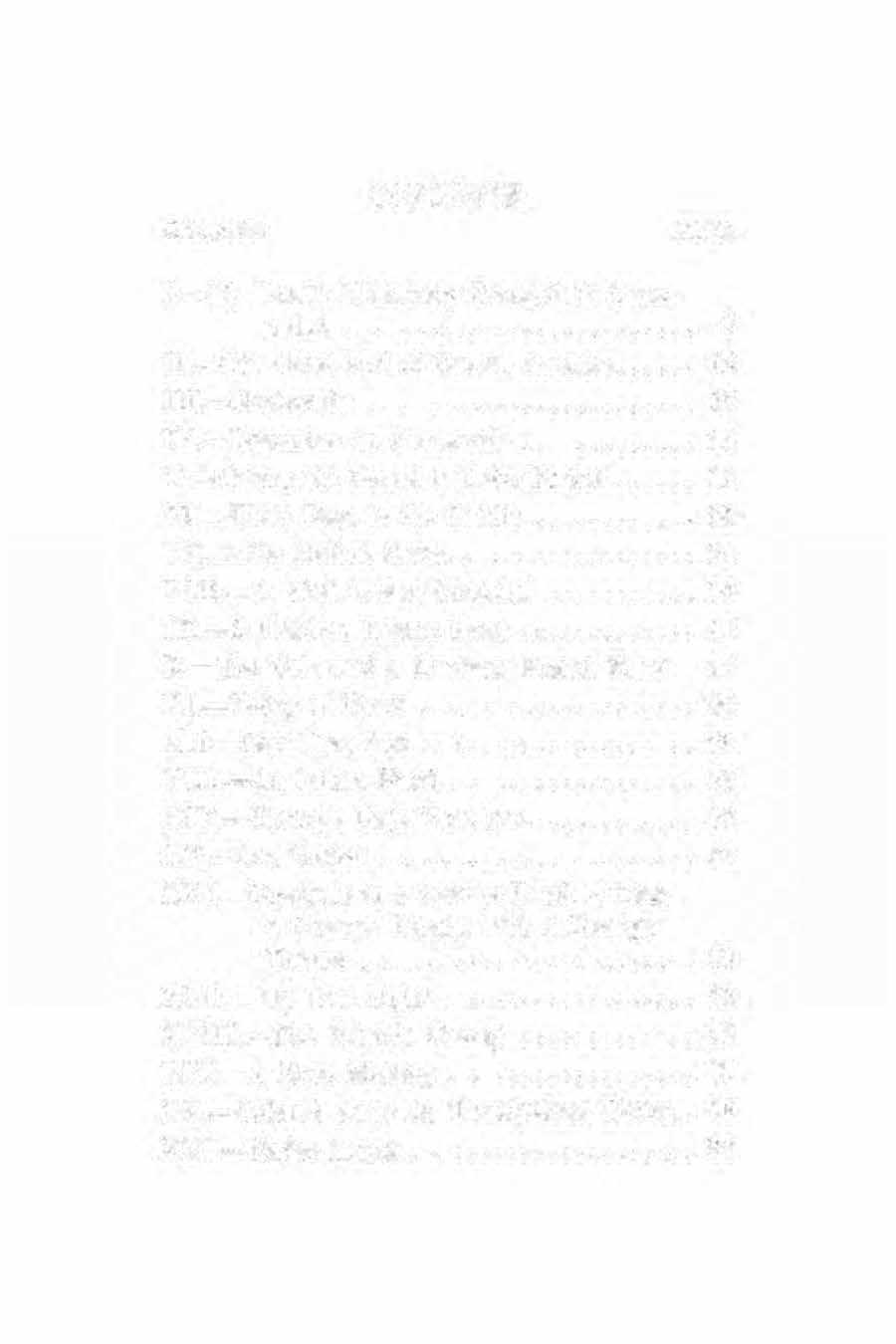
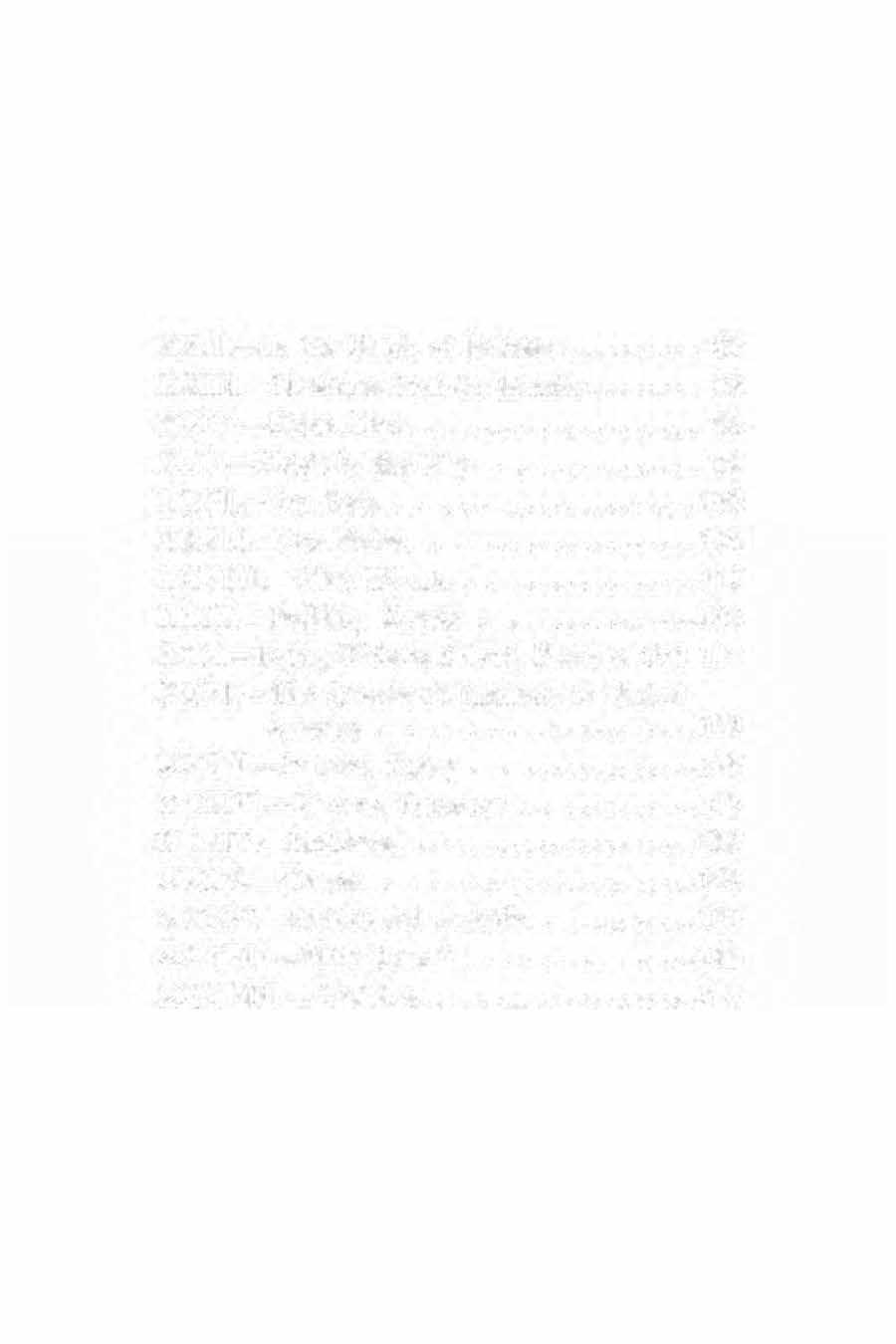

CHAPTER I.
MY FOURTH MISSIONARY EVANGELJS'l'IC CAMPAIGN.
(For the convenience of those who have not pri.!viously known of our interdenominational mi813ionary work.)
Since 1896 the author and Mrs. Taylor have felt the hand of the Lord upon them for missionary evangelistic work, on mission fields,. in connection with various mission stations of different churches. Three of these missionary evangelistic campaigns have carried us through the ,vest India Islands and parts of South America, where thousands of people have sought the Lord. During these campaigns it has been the privilege of the author to come face to face with needB on the fields as only the missionary ever faces them.
In connection with these trips, we have at various times gone into unevangelized parts as yet untouched by mfasionaries of any organization. On returning to the homeland we have given missionary addresses, conducted miS6ionary convention;:, written for various papers, and scattered thousands of tracts and booklets, putting before the church of Jesus Christ, to the best of our ability, needs as we saw them. This has brought to us missionary money from various sources with instructions that it be Uied in meeting these needs.
Without any organization of our own, and feel7
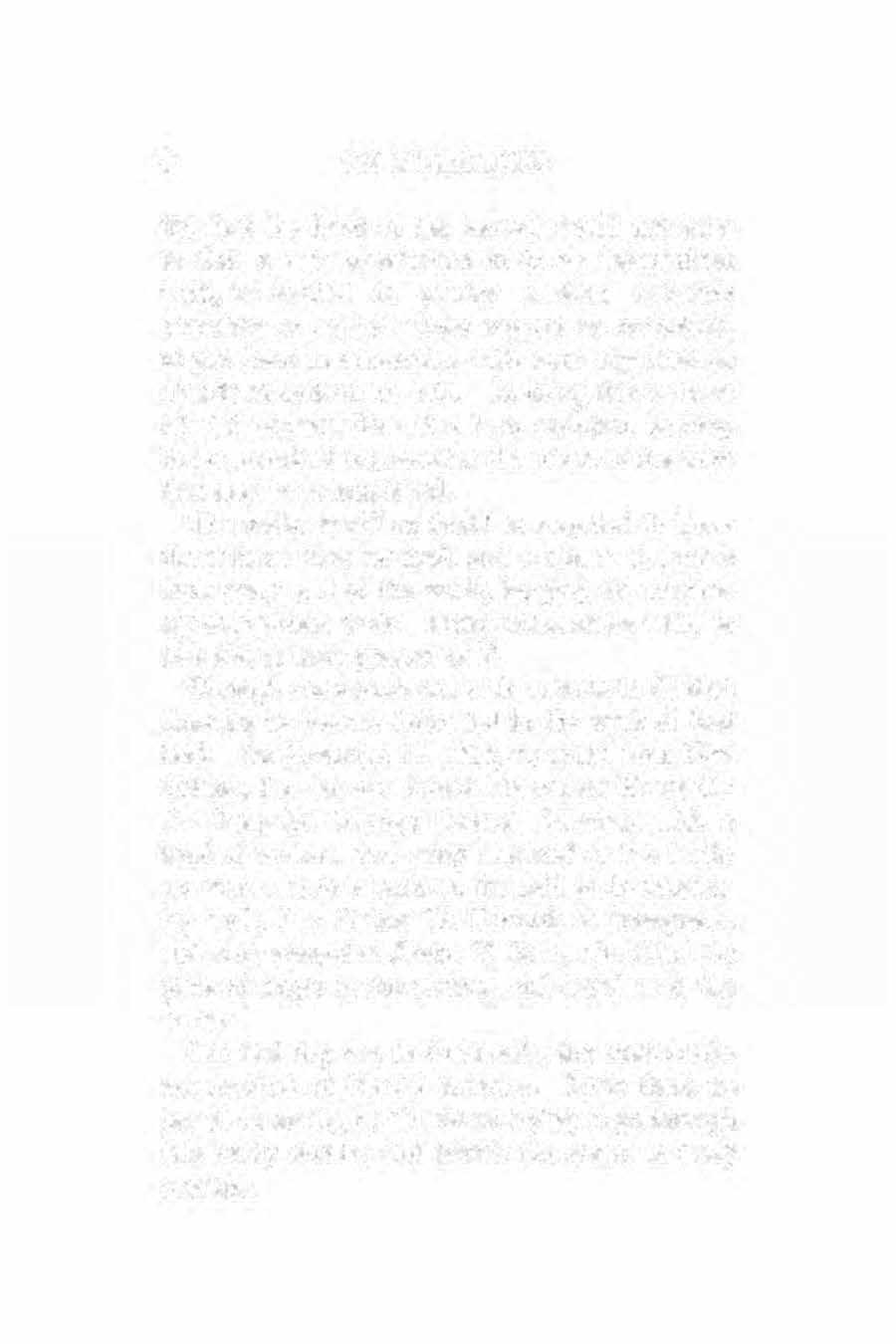
ON MULEA.BCK
ing that the Lor:d of the harvest would n:>t have us start a new organization or do an independent work, we decided in placing workers (whether American or native) whose support we undertook, to put them in connection with some organization already at work on th(; field. In doing this we have selected organizations that have sufficient backing in the homeland to guarantee the future of the work that may he accomplished.
The reader would no doubt be .surprised to know the calls we have received, and continue to receiv.::: from every part 0£ the world, begging for miSc3ionary evangelistic work. Many missionaries write us that thi8 is their greatest need.
Through c:>rrespor.dence with workers in Central America we became interested in the work of t,hat lanJ. On November 13) 19112, we sailed from New Orlear..s, La., for our Fourth Missionary Evangelictic -Campaign through Central America, with a band of workers. Our party consisted of two brethren who were to remain on the field to do missionary work, Rev. Sidney \V. Edwards as interpretel', and song evangelis James V. Reid, ·who filled th pla:ce of singer in our services, and l3ecretary to the writer.
Our firsit stop wa!.i in Guatemala, the most northern republic of Central America. From there Wd passecl on sowing by all water::::, trying to go through this needy country and preach the gospel to every creature.

THROUGH CENTRAL AM.ERICA.
This, our Fourth Missionary Evangelistic Campaign, carried us from Guatemala to the Republic of Panama and into the Canal Zone. It was durduring this Campaign, while on the field, spending much time in Indian huts, traveling on mukback and a.foot, that the Lord gave us the various chapters of this book.

ON MUE:13ACK CHAPTER II.
TIIE GilEAT IDOL OF CENTRAL AME.1UCA.
In al: Central America t:1ere is no one thing standing in the rway of the gospel so much, and we douht if all other things hinder the gospel as much as the Esquipulas idol.
Two times ea12h year tens of thousands come on long pilgrimages to worship "Our Divine Lord o.f Esquipulas/' as it is termed.
The priest in charge told the writer that they did not only come from all o,ver Central America and Mexico, but from South America and the rnited States and .Europe.
The writer must confess that he went on a long pilgrimage also. He saw the idol and 'preached the gospel. In the winter season the pilg r images are from January 1 to 15. The 15th being the great day, we arranged to arrive on that morning by arising at 2 o'clock and making a long ride before 10 a. m.
The shrine or temple where the idol is kept is in the outer edge of the town of Esqffi:pu1as, near th.0 Honduras border, between hvo very high mountains. The idol is an image of Jer:;us Chri,st one yard and a half tall. This being the. Spanish meas urtmrnt of 33 inches to the yard, makes the idul 49 1-2 inches high. In color it is b1ack. The
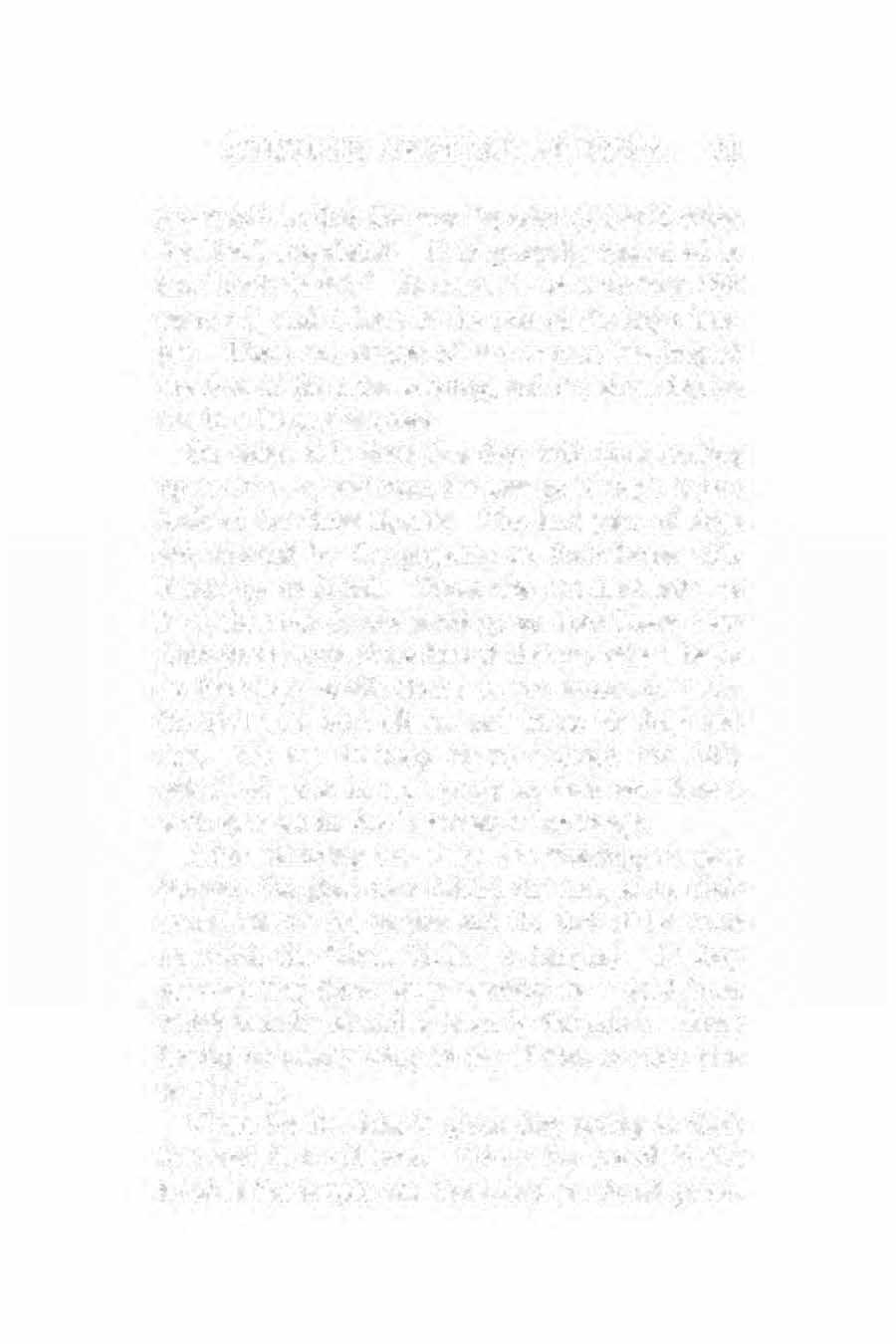
THROUGH CENTRAL A.MERICA.
priest told us that this was the color of Christ when the blood coagulated. It is generally spoken of as the ''black Christ." It is said to be more than 3.00 years old, and is kept in the rear of the large temple. There are images of two women kneeling at the foot of the cross. weeping, and the three figures are in a large glaBs case.
On eit!ier ice there is a door with steps leading up to·t\(' c:ar-e, and room £or passage throng: it just back of the three fig u res. The lm- p:dr or steps are climbed by the pilgrims on their knees with hands up, or folded. Those who are most holy, or have the most devout spirit go on their knees clear through the long stone-floored church; others begin on the rough cobble stones on the street and reach the idol with both elbowti and knees bleeding and raw. We had to weep as we watched two little pale-faced girls in rags going on their sore knees, with eyes set in the direction of the image.
After climbing the stairs the worshippers puss through th glass case behind the imageis on their knees, kissing the images and the foot of the cross on which the "b1ack Christ" is hanging. As they pass out they throw their offerings in a vessel from which it slides off and is taken by the priest. Some having no money bring an ear of corn or some other offering.
When the last kiss is given they spring to their feet and it is all oV'er. Follow the crowd to the front of the temple and there they are found ,gamb
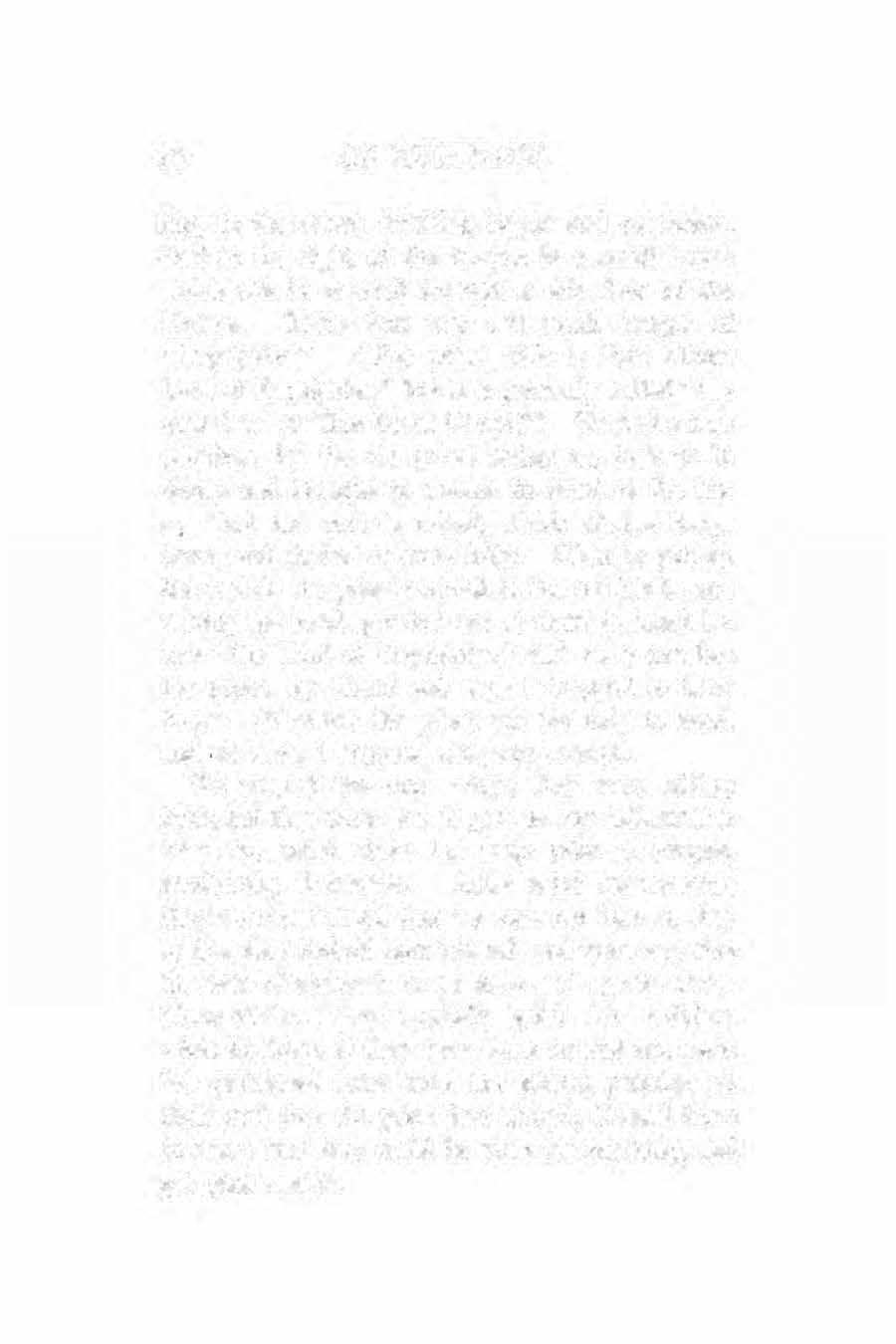
ON MULEBAOJ
ling in the street, drinking liquor and carousing. Just to the right of the temple is a small hou3c which -can be reac!led through a side door of the Shrine. There four men se-!1 small images of ''Esquipulas.," (The priest ·Jalls it Hour divine Lord of Esquipulast but it is generally called ,('Esquipulas/' or "The Black Christ,") We had a rare privilege, for the old priest seeing us, took us in charge and brought us around in front of the image, had the curtain raised, which always hang-s down, and showed us every-thing. When he put up the curtain the priest whirled to tb.e multitude anJ waving his hand, growled out at them to kneel before '"'-Our Lord of :Fnquipulas," and every one "but the priest, my -friend and myself dropped to their knees. O:f course the priest was too holy to kneel and ,we were, I suppose, not good enough. \Ve entered the room where they were selling idols, but they were slow to give us any information when we asked about the large piles of image:;, numbering thom;ands. After some conversation they were convinced that we were not foes, so the) told us they had all been blessed, and were very fine in cases af sickness, or to keep evil spirits away. Some of them were especially good ior childre,, when teething, if they were worn around the neck. We purchased some with the solemn promise on their part that the prieBt :had already blessed them in a ,vay that they ·could be worn for anything, and get good results.
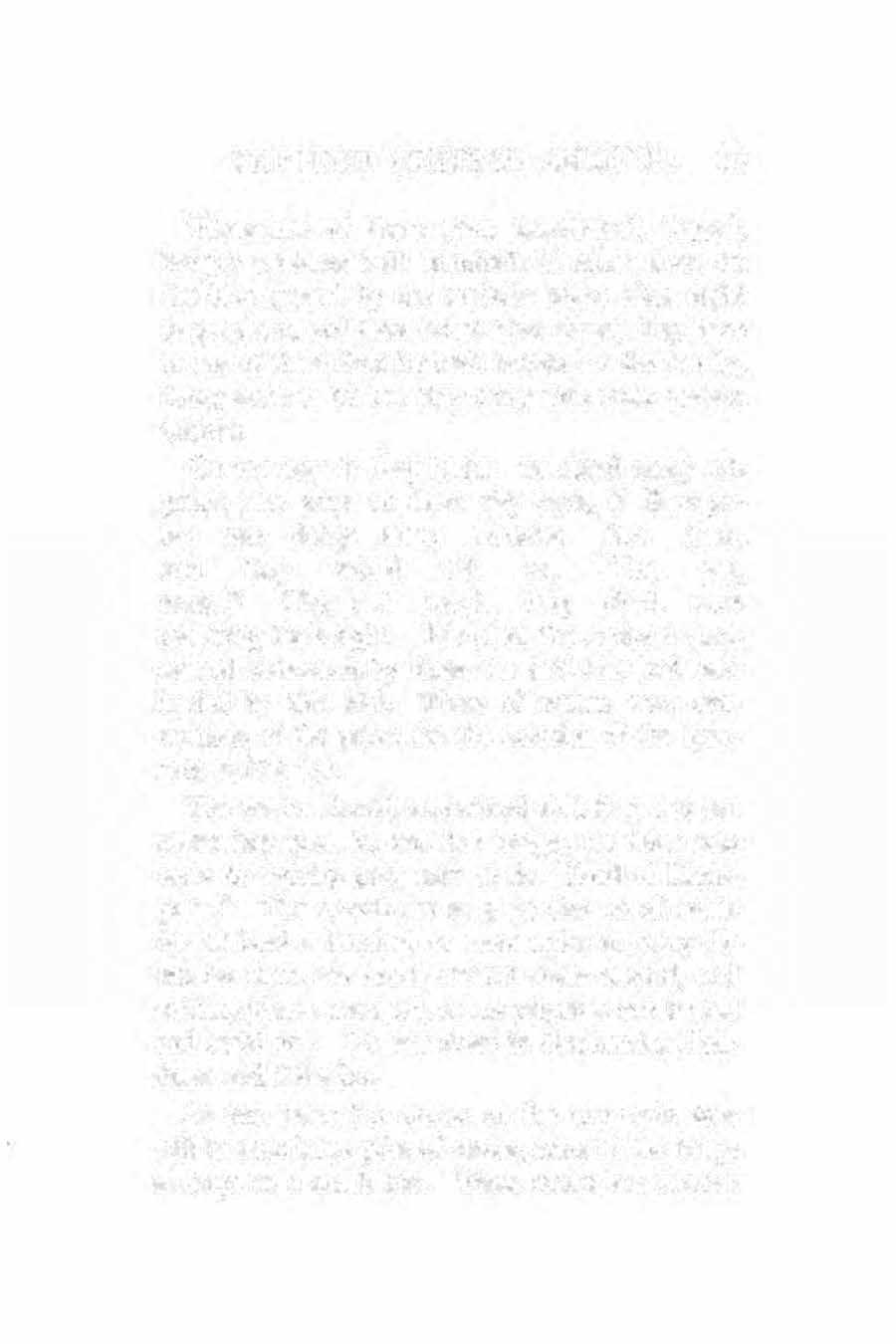
13 THROUGH CENTRAL AMERICA.
1Thousands of these poor, bare-footed, ragged, hungry wretches walk hundreds 0£ miles, sleep on the bare ground by the roadside night after night to get there, and then invest what money they have in one of these idols -for each member of the family, being made to believe they carry with them certain virtues.
On our way to Esquipulas we asked many pilgriIPB who were on their way back, if Esquipulas was doing J.Tiany miracles this year,. .and they would tell us, HYes, yes, many." They said people, long blind, were receiving their sight. Pasted in the shrine we saw several statements by those who said they had been healed by this idol. These of course, were concoctions of the priest for the delusion of the ignorant multitudes.
The reader should understand that it is not our Jesus they pray to, but this image; for those who come to worship pray only to the "Lord of Esquipulas." The crowds are so great that on all roads for at least a hundred or more miles in every direction there are brush coveroo shediS erected, and cooking places arranged, so the pilgrims can be fed and cared for. We sa1wthese in Guatemala, n·onduras and Salvador.
AB one nears the shrine on the mountain tops will be seen large piles of stones, some of the heaps as large as a small hut. These stones are carried
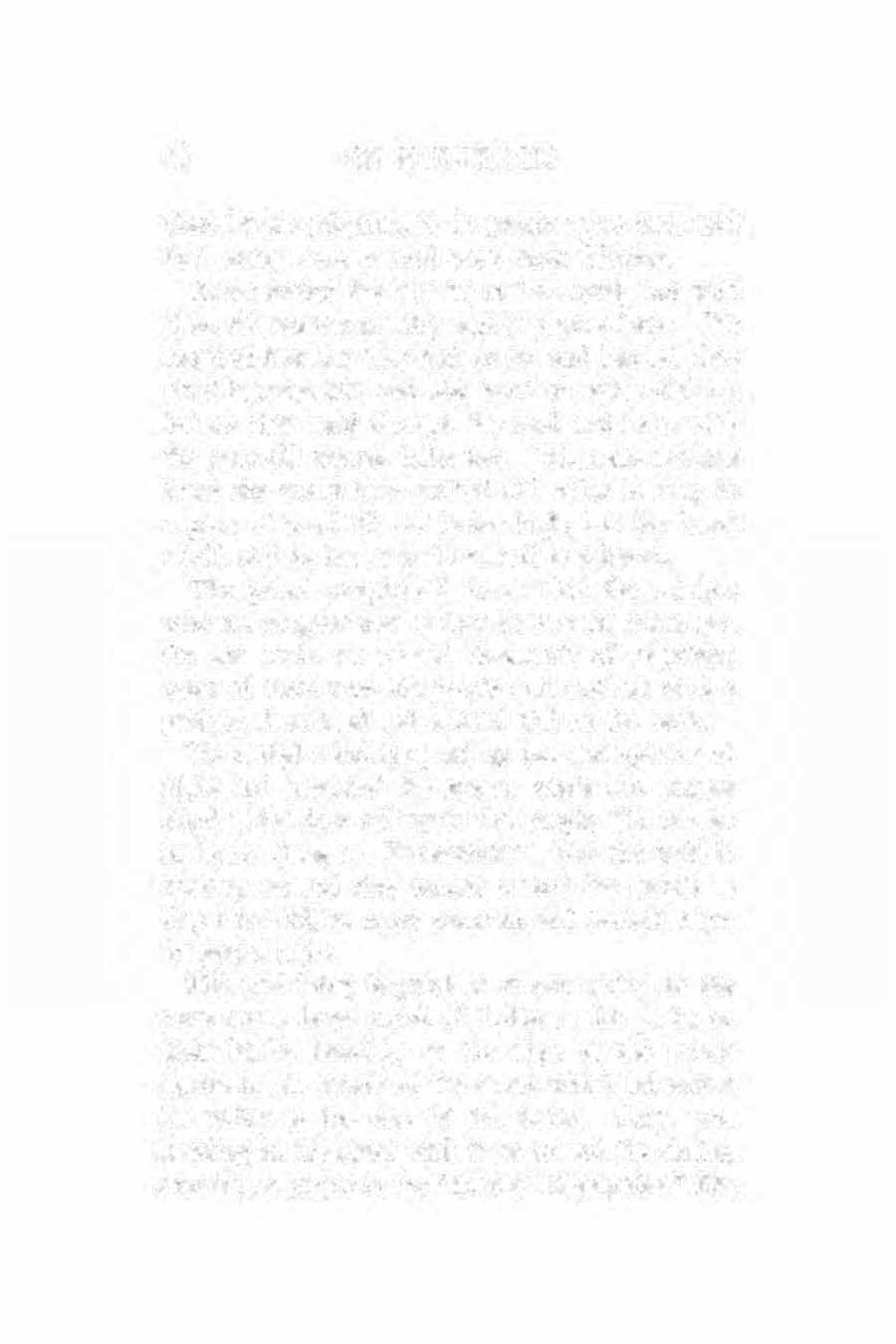
ON MULEBACK
there by ithe pilgrims, to do penance; we were told that many were carried even from Mexico.
As we neared the city we met a crowd, and with it an old woman possibly eighty years of age. ,ve inquired how far they had to go, and learned they lived between 200 and 300 hundred miles distant, but on they went through the mud and rain, with the poor old woman following. When she reached home she would have walked 6.00 mile:;, to pray t4) a piece of wood 49 12 inches high, but her he&r! would still be heavy and her soul unrelieved.
The priest complained to us that the receipt were not so great now as they were many years agJ. On the roads we passed thousands of pilgrims; many of them were old people and mothens with a pack on their head and a child tied on the back.
We rented a building, set up our stereopticon at night and preached the gospel, while two priests stood at the door calling to the people, "do not go in there; those are Protestants." But the spell i wearing off and they cannot control the people .1s they once did, so many c.ame in and seemed eager for gospel light.
The first thing to greet UiS on our arrival in the town was a large crowd of Indians with packs on their backs, kneeling at the edge oi the public square in the mouth of the street which led across the valley to the door qf the shrine. rrhey were kneeling in the street with faces toward the shrine, chanting a prayer to the "Lord of Esquipulas." The
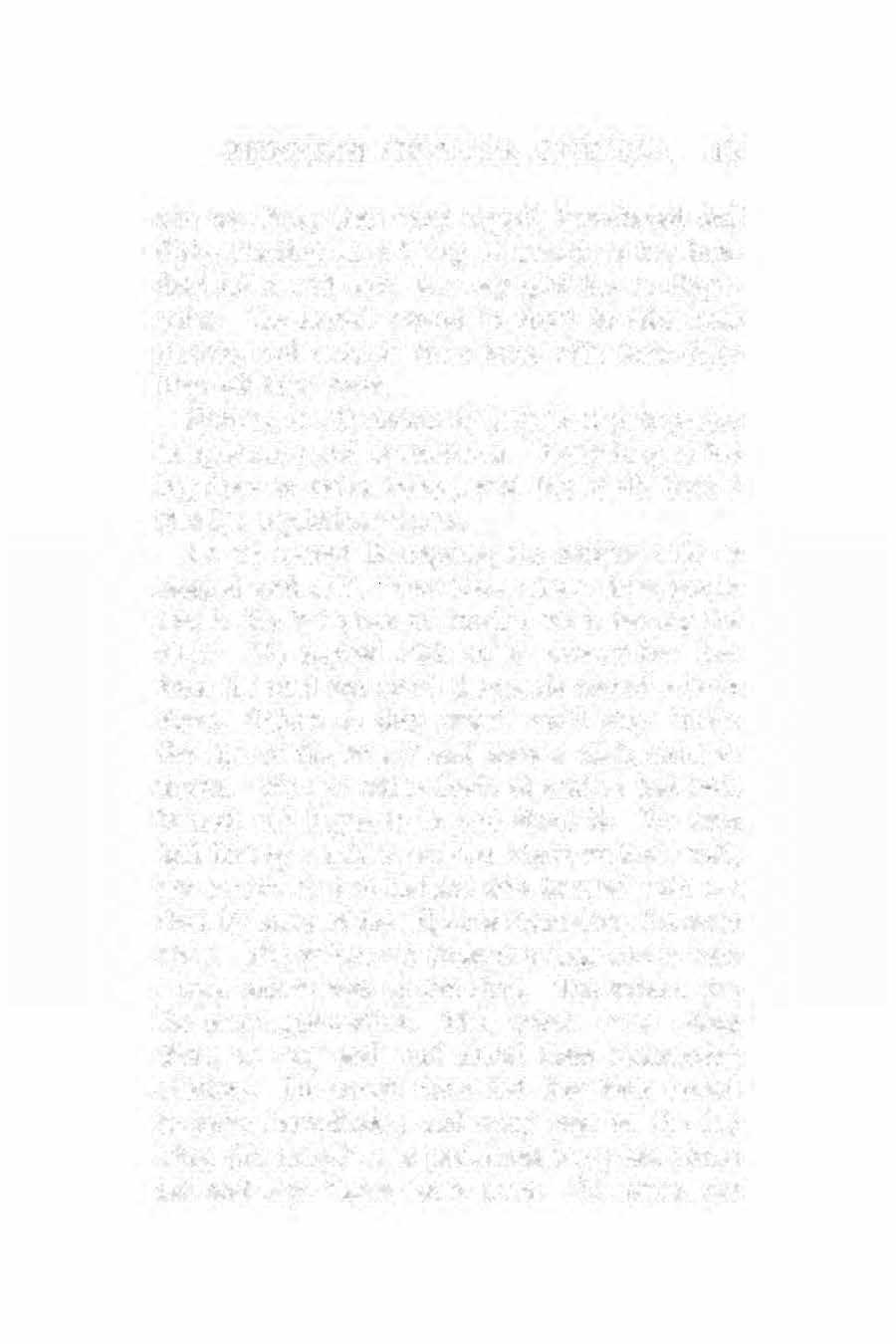
sun was hot; they were ragged, bare-footed and dirty, Btarting on a tramp of possibly a £ew hun dred miles and must now say good-bye to Esquipulas. ,ve moved around in front to take their picture; and watched them leave with tears dripping off their faces.
Nothing is left undone to keep these poor people in ignorance and superstition. Everything is being done to make things, even life itself, have a ghostly, mysterious aBpect.
As we neared Esquipulas, the natives with us stopped and said, "Out there where those people are, is the last place of worship when leaving the city." \Ve stepped aside about seventy-five feet from the road and found the people around a large stone. Others as they passed would stop, "make the sign of the cross," and leave a stick, stone or flower. \Ve saw where loads 0£ candles had been burned, and began to inquire about it. \Ve were told first by a native preacher whorn we knew well, and second by two Indians who traveled with us; then by many of the pilgrims themselves, the same s-bory. The priet3ts say those two large stones were a man and woman at ou-e time. The woman was the man's god-mother. The priest came along there, so they said, and found them committing adultery. He cursed them and they both turne,l to stone immediately, and every year on the day when this miracle was performed the priest comes out and says "mass" over them. Of course, our
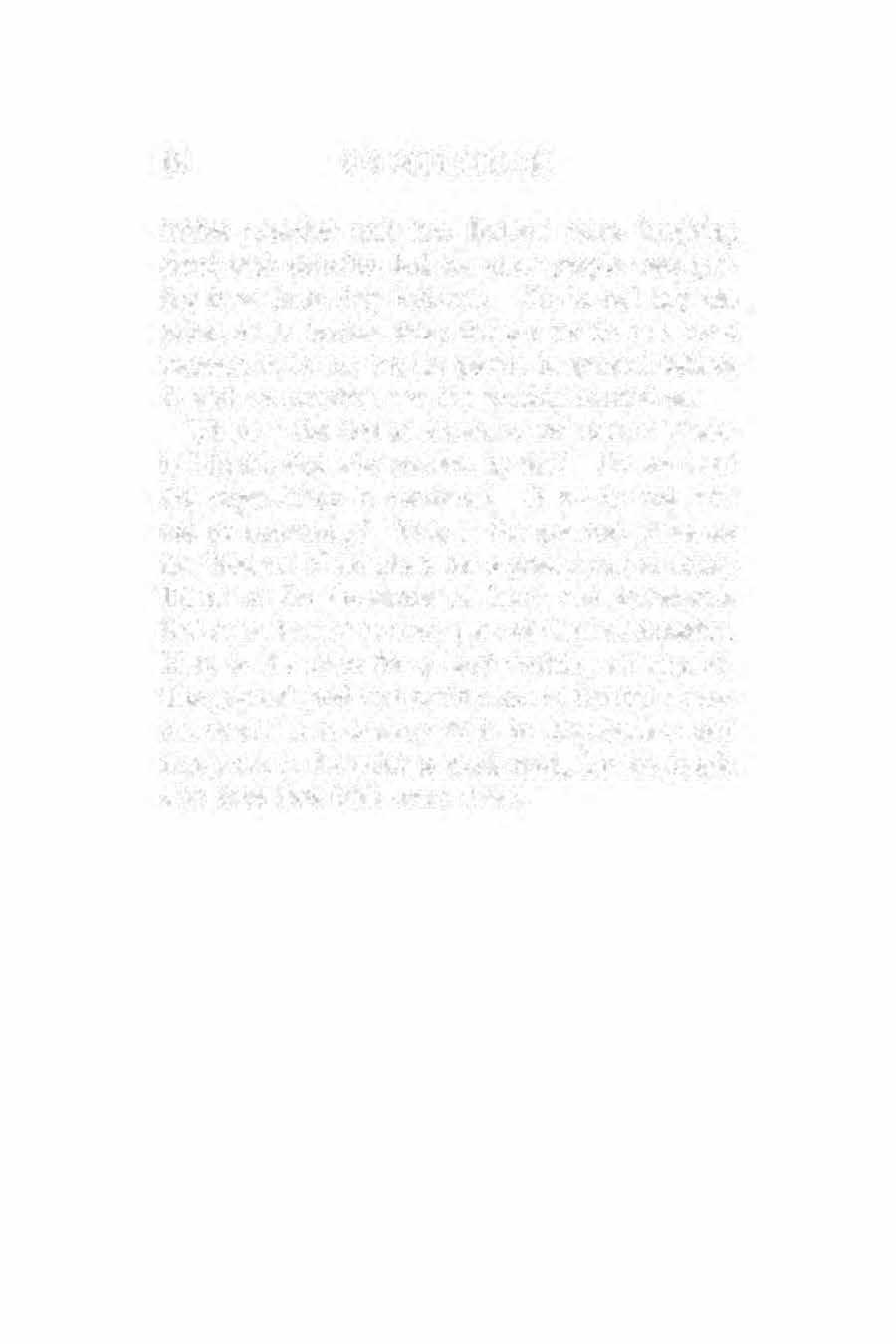
0� l1UL,EDACK
native preacher and two Inc1iarn; were laughing about such delusion, but the other people were giving it as facts they believecl. \Ve do not say the priest really teaches this; tl10ugh we do not for a moment doubt it; but the people in general believe it, and we ourselves saw the worship carried on. Where is the God of Abraham and Isaac? Where is Elijah's God who answerr; by fire? Do we want this superstition to continue? If we do not why not do something? r_}_'his is the greatest place on the Wee.tern Hemisphere for a great camp meeting, Think of the thousands of tracts and testaments that could be sent to every part of Central America, Here is the place for a hard working missionary. The greatest good that could come to Central America would be to destroy faith in Esquipulns�· and that place is the point to work from, for the people who have that faith come there.
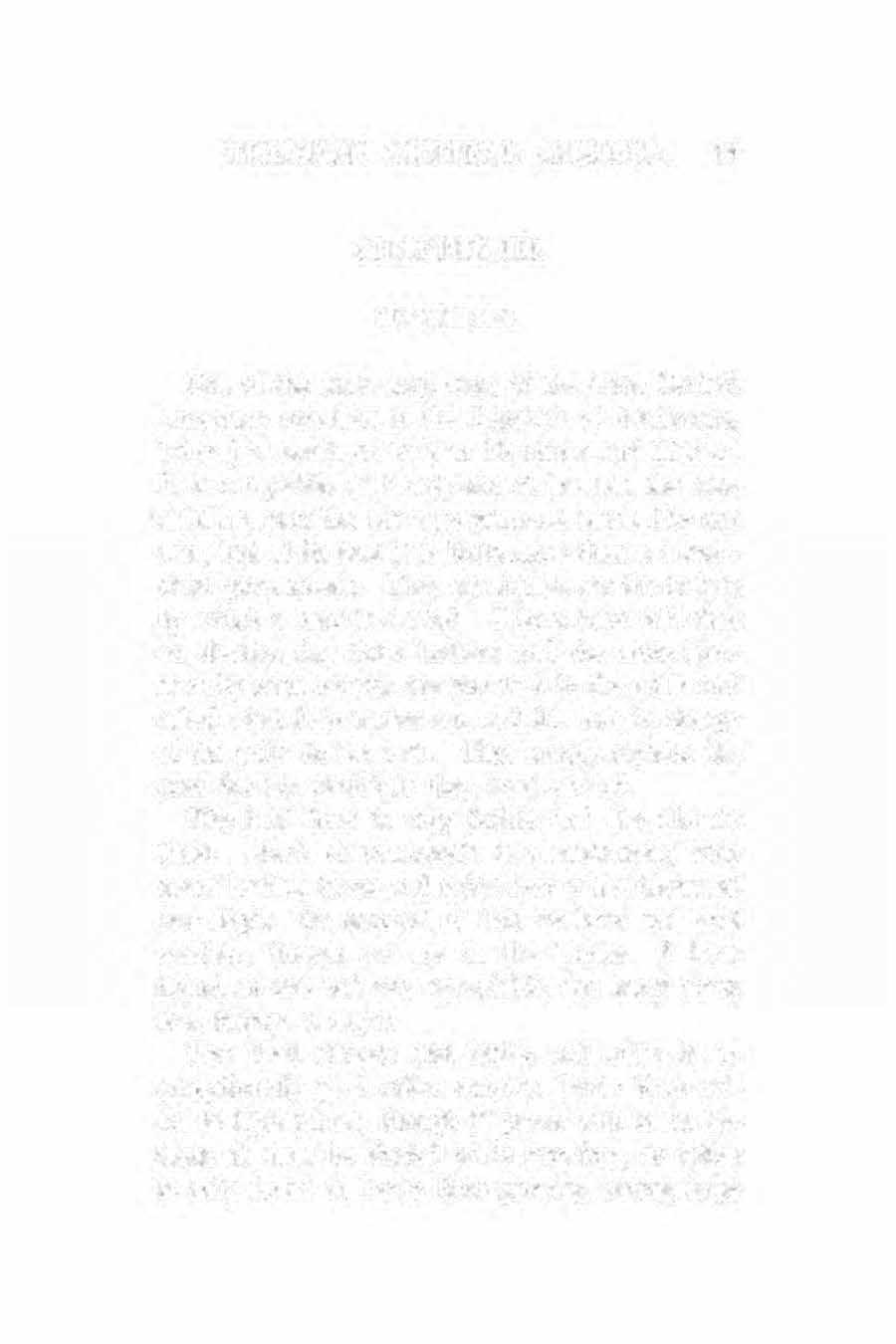
THROUGH CENTRAL AMERICA. lo/
CHAPTER III.
GUATEMALA.
One of the most important of the seven Central American countries is the Republic of Guatemala, lying just south of British Hondurac; and :Mexico. It is a republic of twenty-one states, and the constitution provides :for a government much like our own, but at its best it is .little more than a monarchial government. They say bullets are the tickets by which a man is elected. I have been told that on election day these Indians and the more ignorant Spanit:ih natives are marched to the polls and .asked what their names are, and the men in charg--3 of the po1ls do the rest. They simply register the man for the candidate they want elected.
The land here is very fertile and the climate ideal. Much of Guatemala is mountainous, with many leading towns and cities four to five thousand feet high. On account of this we have real cool weather, though we are in the tropics; I have found an overcoat very acceptable, and heavy cover is a luxury at night
The ideal climate and fertile soil make it an exceptionally good coffee country. Porto Rico coffee is high priced, though it grows we1l there because it must be shaded while growing; so coffee is only found in Porto Rico .growing among large
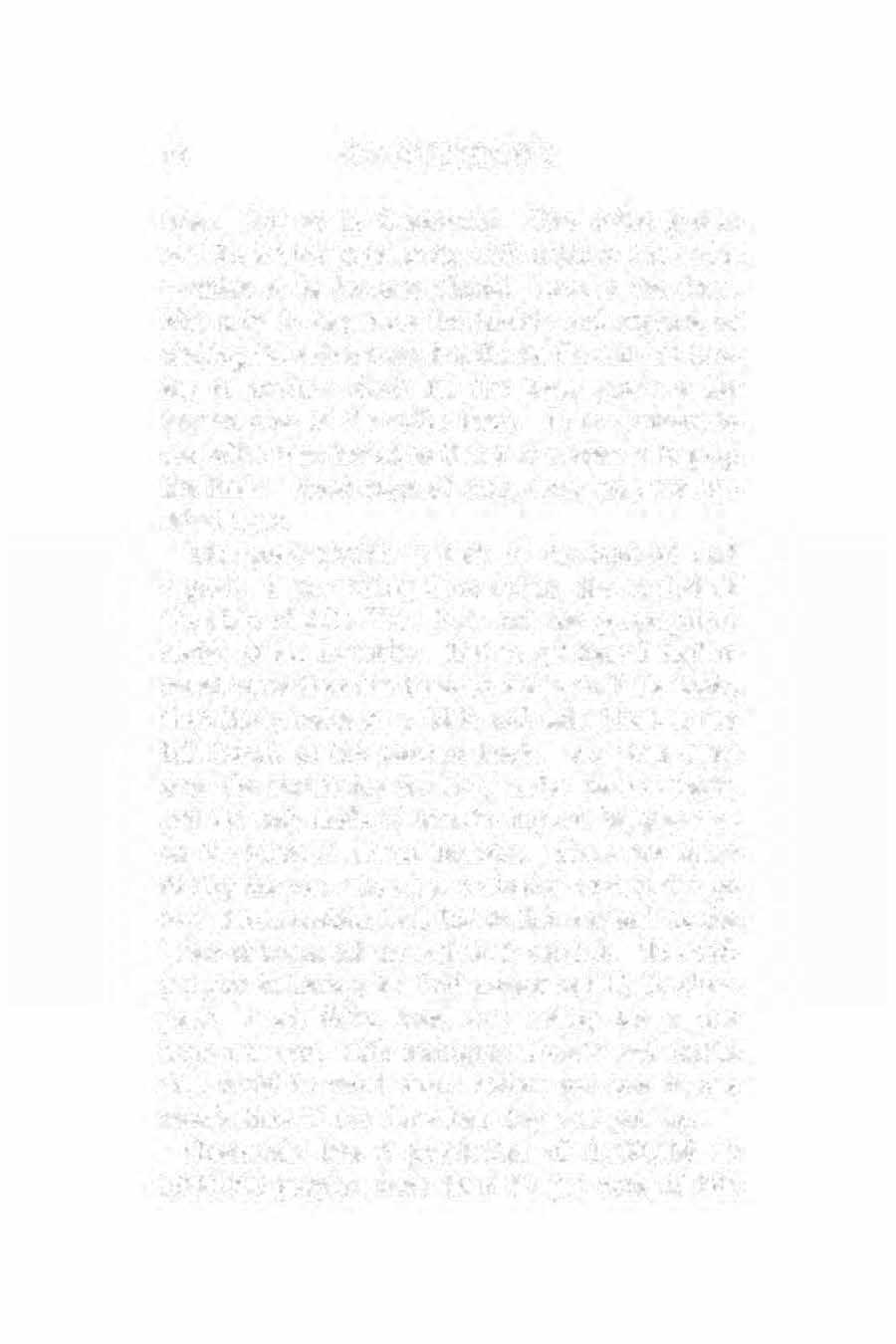
ON MULEBAOK
trees. Not so in Guatemala. 'I1he coffee groves are like well-kept orchards, with nothing but coffee -unless it be bananas planteu between the trees. Not only do they save the trouble and expense oi shading the coffee trees, but the fertile soil not having to produce shade for the trees., grows a far heavier crop of the coffee bean. It is common to see coffee trees loaded so that it is necessary to prop the limbs. Good crops of corn> cane, etc., are also raised here.
The great trouble is lack of development anrl capital. I am writing from Caban, the capital of the state of Alta Vera Paz, and the geographicai center of the Republic. But to get here I had to travel more than one hundred miles on little boah, then thirty miles on a little railroad; (that is the full length of the railroad line). \Ye then ca over the mountains for sixty miles on horseback, and the only mode of transferring our baggage WdS on the backs of eleven Indians. There are times during the year when a two-wheeled ox-cart can go over this mountain trail, but in this way and on the backs of mules all the freight is carried. The coffee goes to Europe by Indian-back and S. S. Company. Land down here, now selling for a few cents per acre, with mahogany forests and fertile soil, would be worth many dollars per acre in one week's time if the American flag was put up. Guatemala has a population of 1,500,000 or 2,000,000 people; more than 60 per cent of this
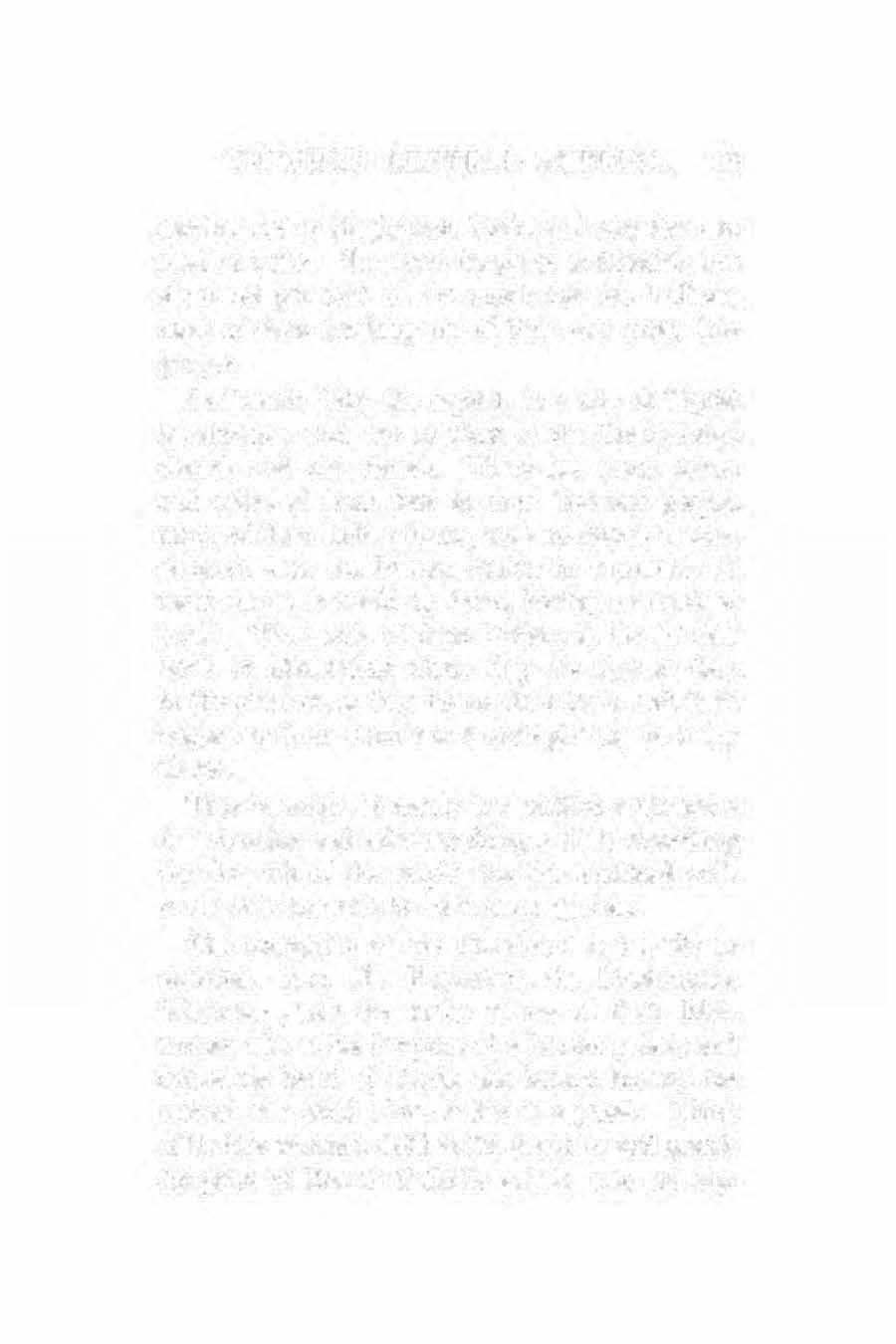
THROUGH CENTRAL AMERICA. 19
number are of illegitimate birth, and very few can read or write. 'rhe state language il3 Spanish, but about 66 per cent of the population are Indians, most of them speaking one of their own many languages.
Guatemala City, the capital, is a city of 7G,000 inhabitants, with two missions of the Presbyterian church and one church. There are many town and cities of from four to nine thousand people, many of them Indian towns, with no church or missionary; even the Roman church in a number of the places is tumbling down, having no resident priest. Thousands of these Indians in the interior work on plantations where they are kept in debt to the planters, so they do not dare leave, and their wages run from 2 cents to 6 cents per day in many places.
This Republic of nearly two million souls has a few churches and missions doing a little something for the souls of the people, but the combined work of all only amounts to forty •Congregations.
The corruption of the Priesthood is too vile to mention. Rev. Mr. Haymaker, the Presbyterian Missionary, told the writer of one of their Bible women who is the daughter of a Roman priest; and before she beard of Christ, she herself became the mother of a child whose father is a priest. Think of it; this woman's child is the daughter and gi·and daughter of Iloman Catholic priests, who are sup-
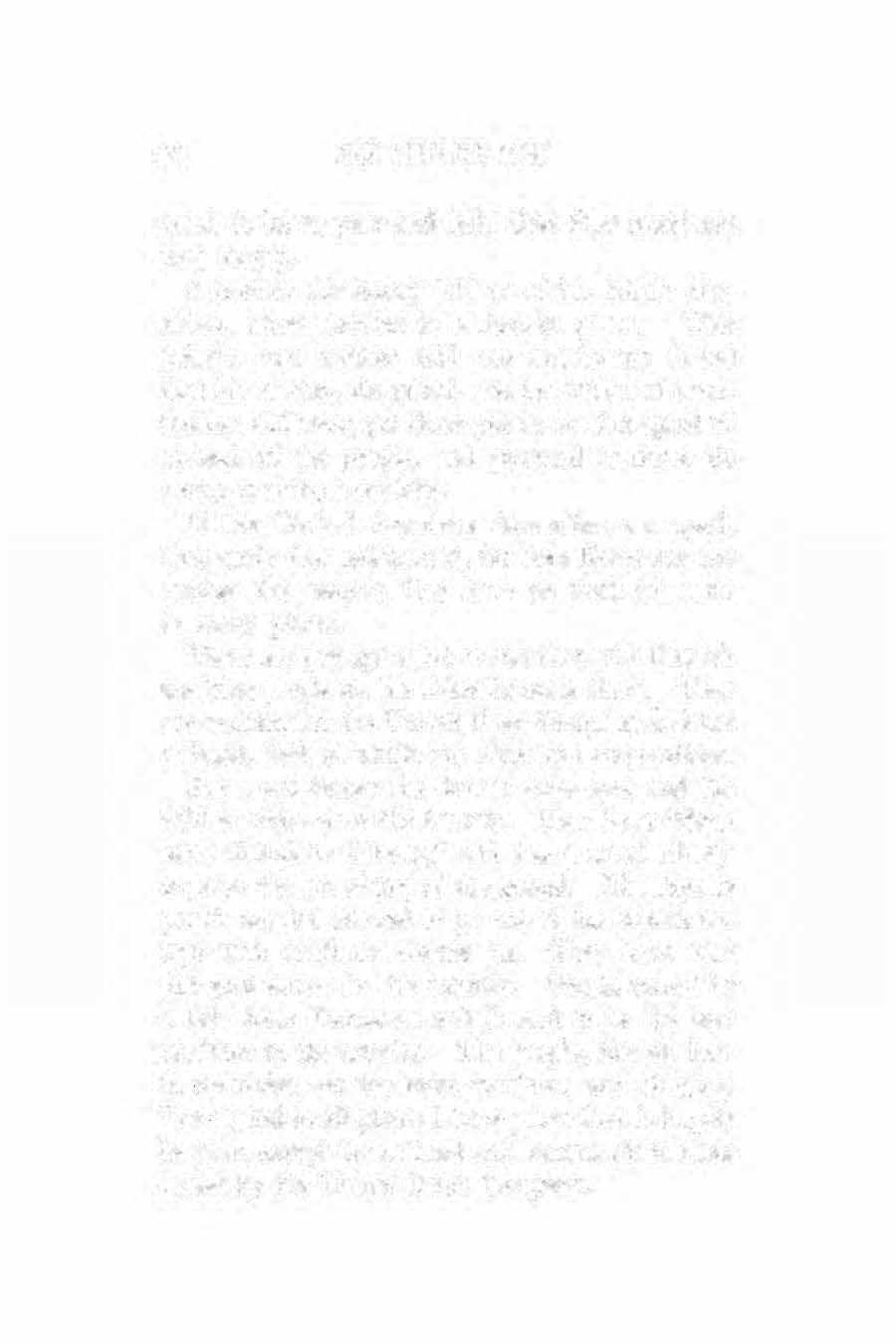
ON MULEBACIK.
posecl to be so pure and holy that they must not even marry.
A brot11er missionary told us of his family physician, whose brother is a Roman prieiSt. 'l'his priest's own brother told our missionary friend that his brother, the priest, was the father of twenty-three child1ren; yet these priests are the spiritual advisers of the people, and i:1upposed to never do wrong or make a mistake.
If the "Jentral American Romanism was good, Guatemali:t does not have it, for even Rome has not reached the people; they have no work whatever in many places.
There are perhaps eight or ten thousand English speaking people on the Atlantic coast alone. They are working for the United Fruit Company and the railroad, both of which are American corporations. For a missionary the door is wide open and the field is white unto the harvest. They have ''Statuto1y Religious Liberty," and the greatest liberty is given the preaching of the gospel. 1.'he Roman priests are not allowed to go out of the church except with civilian's clothes on. They have very fine gold .mines in this country. One is owned by a lady from Tennessee and is said to be the best producer in the country. The people, like all Latin countries, are the moiSt courteous and obliging. The capital in all places I have yet visited is largely German, except the railroad and banana plantations owned by the lTnited Fruit Company.

THROUGH CENTRAL AMERICA. 21
In this Republic are about one million Indians who are ignorant, superstitious and helpless. They are little more in practical life than slaves. The_y are compelled by the authorities to work, and on these large farms they on1y get 3 to 6 cen@ per day. The four who are to leave here tomorrow with my baggage for a sixty-mile journey, were loaned to me as a favor by a man ,who owns a large brm and has many Indians. Each Indian carries one hundred pounds of baggage, a large part of the way being over rocky, muddy mountain trails. On the farm when they work regularly they receive 3 3-4c per day. and one of them is the head of a family.
With good American schools all through Gnatemala and the people forced to send their children and with sufficient capital invested to thoroughly develop the natural wealth of this country, it would soon become a paradise,
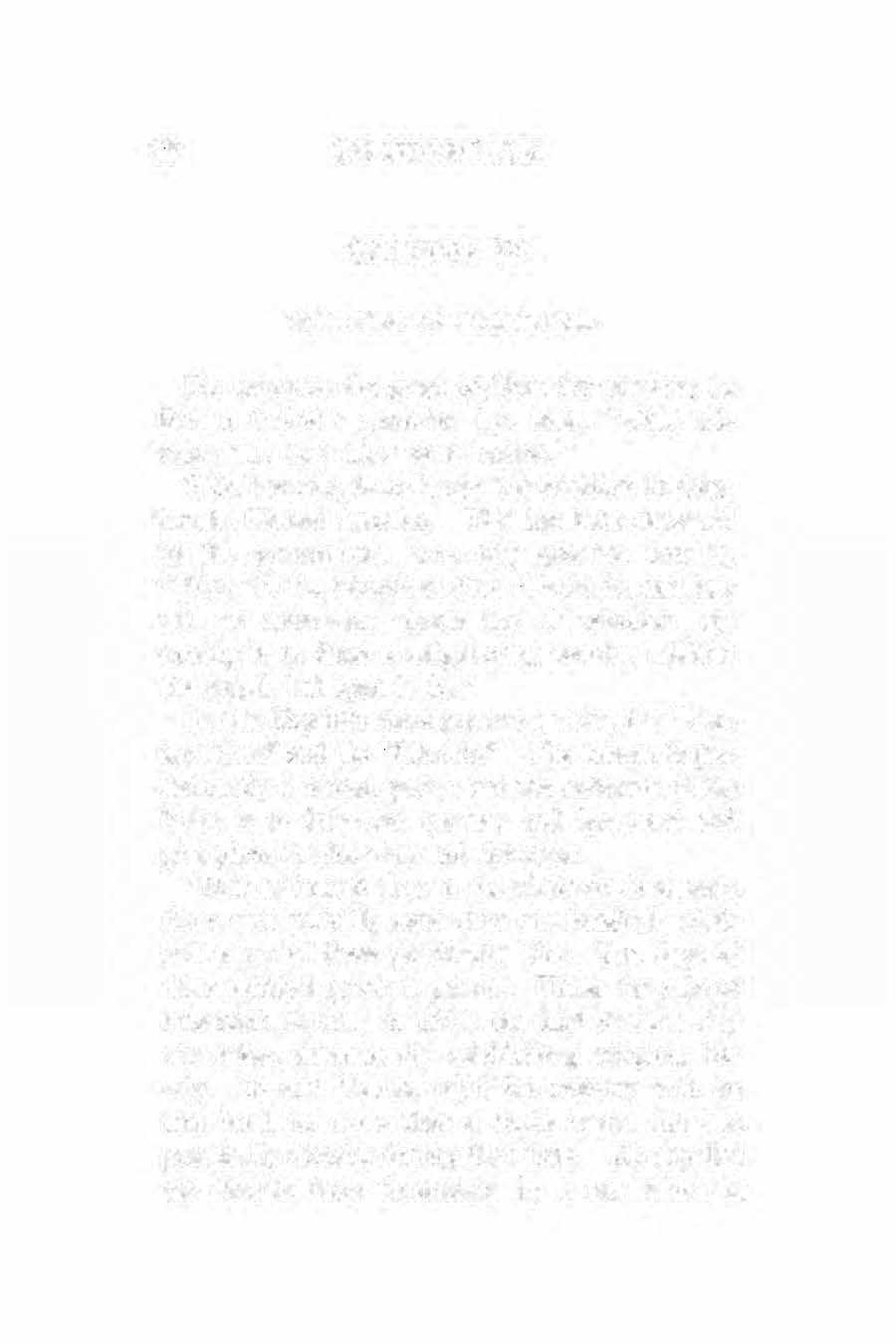
CHAPTER IV.
ROMANISM IN GUATEMALA,
For centuries the gre:;tt problem for missions iu Roman Catholic countries h::i.s been, ''\Vhat advance will they allow us to make?"
This, however, is no longer the question in Guatemala, Central America. 'rhat has been answered by the government. The only question now is, "What will t3-e Church of Jesus Christ do, and how will we Americans answer the :Macedonian cry coming to us from a neighboring country without the gospel, but open to it?''
In this Republic there are two parties, the ''Conservatives" and the ''Liberals." The former is preeminently a Roman party; but the endeavor of the latter is- to drive out tyranny and ignorance and give pl•l:lce to edu.cation and elevation.
·'It is estimated that in the whole of Guatemala there were probably more than one hundred priests and many of them practically idle. The days o! their political power is passed. Under the rule of President BarriOl3, in 1872, the first decisive step was taken, permanently establishing religious liberty. General Barrios ruled the country with an iron hand for more than a clozen years, and wa,s practically dictator during that time. He expellej the Jc uits from Guatemala by a law which is.
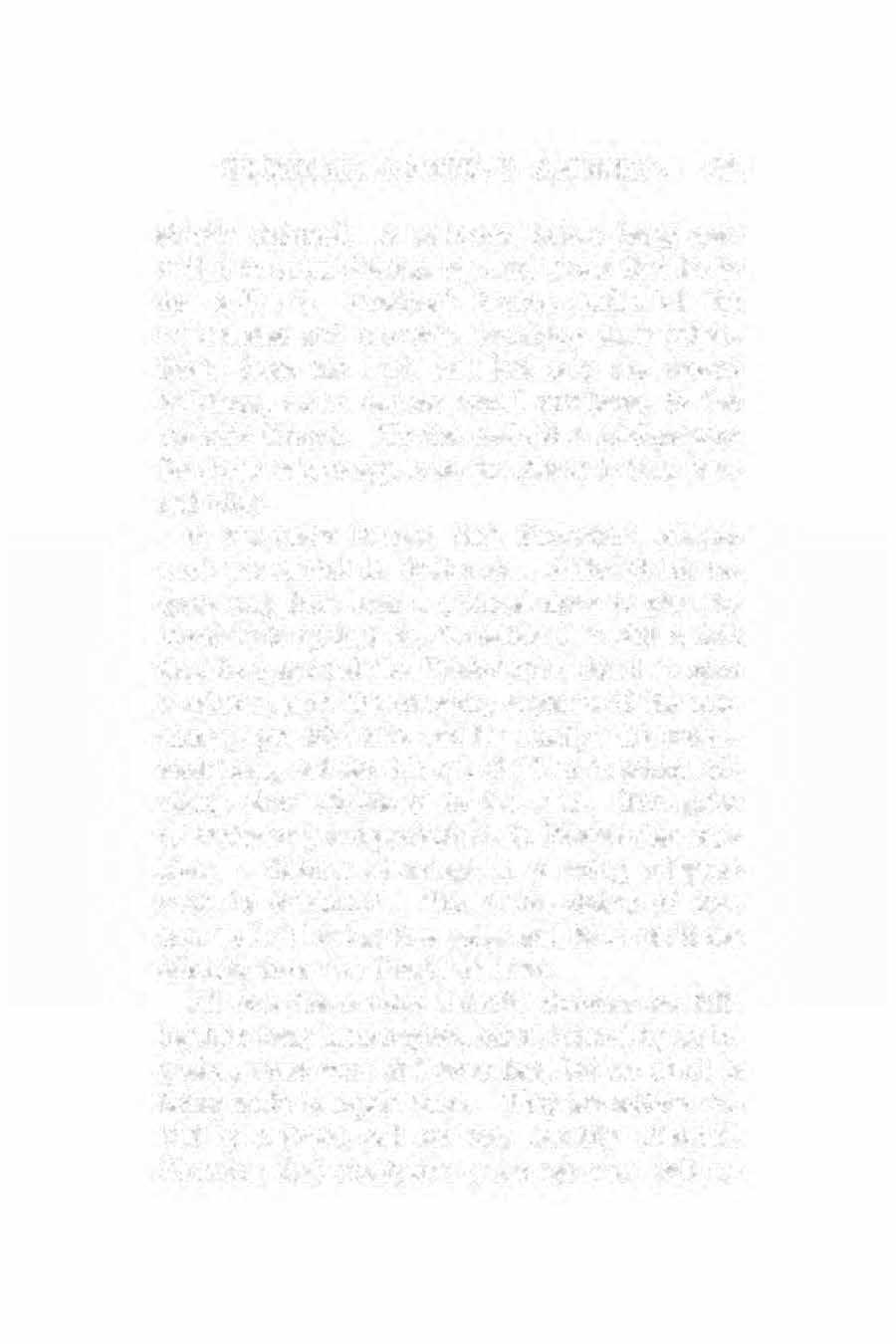
THROUGH CENTRAL AMERICA. 23
strictly enforced. A minister, before being permitted tO' enter Guatemala, must swear that he is not a Jesuit. President Barrios confiscated the monasteries and convents, banishing their inhabitants from the land, and left only the churc:1 buildings, under certain rental privileges, to the Catholic Church. He also made it a misdemeanor for the priests to appear on the streets in their clerical robes.
It was under Barrios that Protestant mission work was started in Guatemala. Although his request may have been a political move to play the Protestants against the Catholics, it is still a fact that he persuaded the Presbyterian Board to open a mission, paid the traveling expenses of the misionary, provided him and his family with accommodations, and sent his own children to school, advising other offi.cials to do the same. This gives to Protestant, and particularly to Presbyterian miBsions, a distinct advantage in pursuing religion.; work in Guatemala. The representative of mission work today has free accec:;s and favor of all the officials, from the President down.
All over the country Catholic churches are falling into decay from neglect, others injured by earthquakes, some more and some .less, but no effort i:; being made to repair them. The.J are seldom visited by a priest, and are very scanti1y attended. Churches that twenty-five yearE ago were well at-

O:N l\:PJLEBAOK
tended and well stocked with nicely clothed wooden saints, are now almost abandoned.
I;n public campaign acldreses the priests and the Ilornan Church arc bemeaned and exposed. 'rhe governors and mayors allow Protestants to use the school houtie5, theatres and -ourt houses for servies. Not that they are religious, nor are they Protestant8, but they are tired of Roman ignorance, tyranny and superstition.
T:'le reader must not decide that the other party or the Roman Church, are dead, for they are not, and it will no doubt only be -aquestion of time mitil the Conservative party will be in power, or the Roman Church will bring complaint before the. present party about the liberties allowed the Protestants, and things will be very different.
The hope of the gospel, not Protestantir:sm, but th.e gospel-is for the church o.f Jesus Obrist to pour men and money in here NOW..; to put in schools, hospitals, publishing plants, orphanages, etc., and let the general public see that the hope of the country is the gospel. It can be done a great deal cheaper and with less effort now than ever again in the future.
Guatemala furni$hes the Church au oppotLunity to help build a Christian Republic. Shall we accept the ·challenge and .march forward to victory?
The state of Baja Vera Paz, n·ith twenty villages, towns and cities, eaeh of which should demand one or more pnetors, has not a missionary or n tive
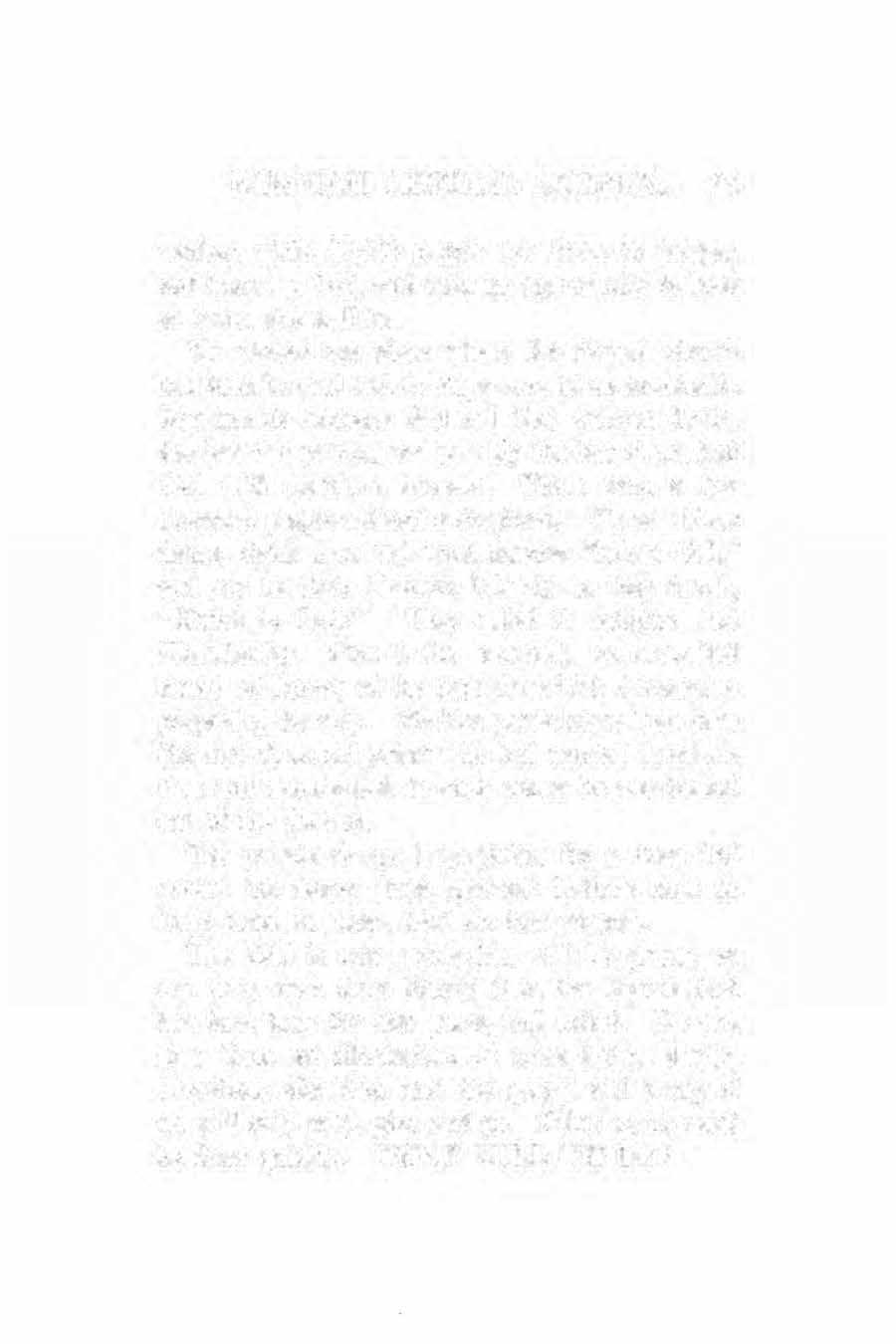
THROUGH
CENTRAL AMERICA. 25 worker, while 50,000 people bow down to images, not knowing God, and with no opportunity to hear or learn about Him.
\Ve visited one place w·here the Roman church had been burned and no steps were taken to rebuild. Retiponsible citizens declared that without doubt, the last two priests, and possibly the last three, had died with delirium tremens. There were a few thousand people without a shepherd. 'We sa·w them dance, drink rum and burn incense ''before God,'' and cry in their drunken hilarity as they drank, "Here's to God." They called it religion anJ Christianity. This is the natural, untrammeled stamp of Rome; of the type for which America i preparing the way. 'Ne have passed more than once the hut of an old priest who had carried drunkenness and uncleanness to such excess he was turned out or the Church.
The priests charge large prices for a mass and accept the money these ignorant Indians raise in their drunken feasts, held for this purpose.
':Dhe field is ours, protection will be given; we can have even more liberty than the church that has been here for 400 years, and failed. \Ve can give them an illustration of what light, liberty, education,. elevation and the go,-;pel will bring if we will only pray, ,give and go. What we do must be done quicklr WHA1, WILL WE DO ?
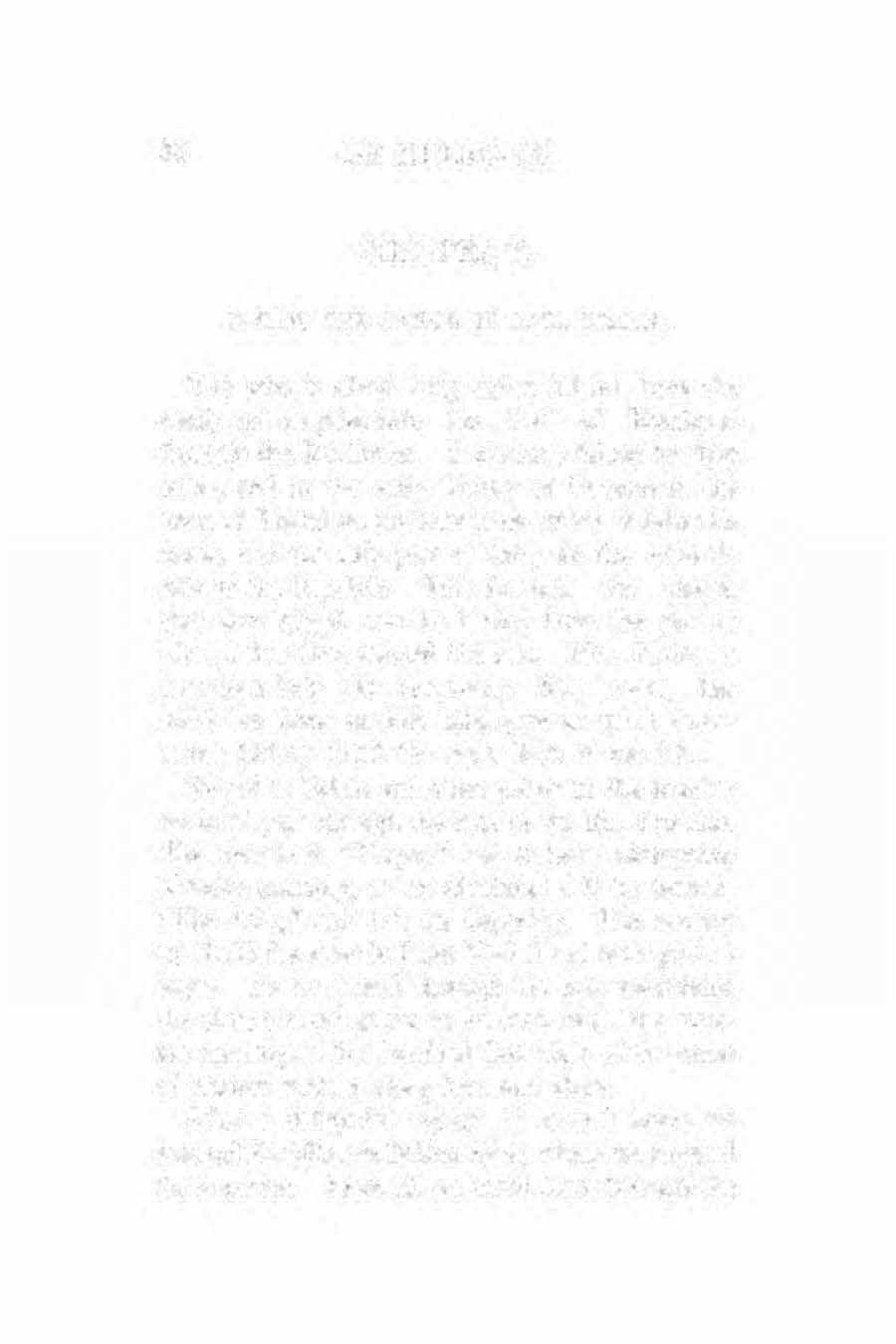
ON MULEBACK CHAPTER V.
TAKJNG THE GOSPEL TO LAKE YZA.BAL.
The lake is about forty miles inland from the coast, and empties into the Gulf of Honduras through the Rio Duke. It is about fifteen by fifty mil€t3, and in the early history of Guatemala the town of Yzabal on the lake from which it takes its name, was the only port of entry on the Atlantic side of the Republic. This location was chosen that they might keep in hiding from the pirates wtho at that time roamed the seas. Mrs. Potts, an American lady, who, for nearly fifty years, has made her home on this lake, gave us much interesting history about the early days of the lake.
To get to Cohan and other points in the interior we must pass through the lake to the .Rio Polochic. 'Dhe river boat, ' esper," was to leave Livingston Monday morning, so we chartered a litHe launch, "1'he Jobo," and left on Saturday. The scenery up the Dulce river to Lake Yzabal was most picturesque. As we passed through the first mountains the cliffs towered above us on each bank like ma sive masonry, a few hundred feet high, witlh names of visitors written along here and there.
After a delightful voyage of several hours we. reached Bacadia, an Indian town, where we stopped for a service. From all we could learn through the

THROUGH OENrrRAL AMERICA. 21
natives and Mrs. Potts we were the first to preach Jesus at this point. \Ve sang to them in Spanfah, preached for a while and then offered our Spanish rrestaments and Gospels for sale, several of which they bought. They seemed delighted with the service, a:nd several held up their hands that they wanted us to pray our Jesus to save them. They seemed glad for the privilege of coming out. h, our boat .for us, and taking us back again in their little canoes. The little village is made up of trash covered huts with mud floors,
Our next point was San Felipe. Here are the ruins of the old fort that guarded Lake Yzaba1, for San Felipe is right at the mouth of the Lake wher it empties into the Rio Dulce. Dark had overtaken us, but Bro. Butler climbed out on the old landing and met the "comandante,," the officer in charge of the place. After telling him who we were and what our busine,ss was, he gave us a cordial reception, and offered to have the soldiers clean out the mud floored, trash covered school house, so we could preach and use our stereopticon with views of Christ. The entire town turned out to hear and see. Many kneeled. with us for prayers, and we sold several portions 0£ God's word. Some of our party slept ashore on the floor of a native home, while the others piled in the little boat, Jobo. The next morning before daylight we pulled out for 'Joco1o."
Here we were invited to Mrs. Potts' comfortable

ON MULEBACIK
American home for breakfast. While this good lady, more than seventy years of age., has spent nearly fifty years in this country, she has not forgotten how to make a bunch of American boyi:, feel at home. After eating she assisted us in calling nll her Indians toget!1ier on her front porch for a service. Mrs. Potts told us that she knew the, gospel had never been preached on the Lake before.
Leaving Jocolo at 9:30 a. m, we crossed to Yzabal, a two and a half hours trip. \Ve were soon ai,hore and held a short service and announced the night meeting, when we would use the stereoptieon. We then started for Los Ljrnoncs where we held a very profitable servic·e on the beach. Here they really clamored for Testaments. The service at Yzabal that night was fine; God was there. The first time the gospel was preached at that place will never be forgotten.
Monday morning we were up at 3 o'clock and sailed for Lo.s E6tor. Arriving at 7 we found the usual reception by the '"'comandante," who had the street swept and dhairs set out. God was pleaseJ to smile upon our efforts again, and we then set out fo:r the middle of the Lake where we were to meet the boat on which we would be -carried up the Poloeric river. Brothers Jackson and Dunkum told us good-bye here and· \rent hark to Livingston and Port BarriOtl. The separation was in no way pleasant, £or our hearts 'had become closely knit

TIIROUGH CE:N'TRAL AMERICA. 29
together. They go back to begin real missionary life, and we press on in our evangelistic work.
We waved and wept as long as we could see ea03 other. In thirty minutes we had entered the Po1ochic river, which feeds the lake, and the Gospel had been given for the first time to Lake Y zaba1.
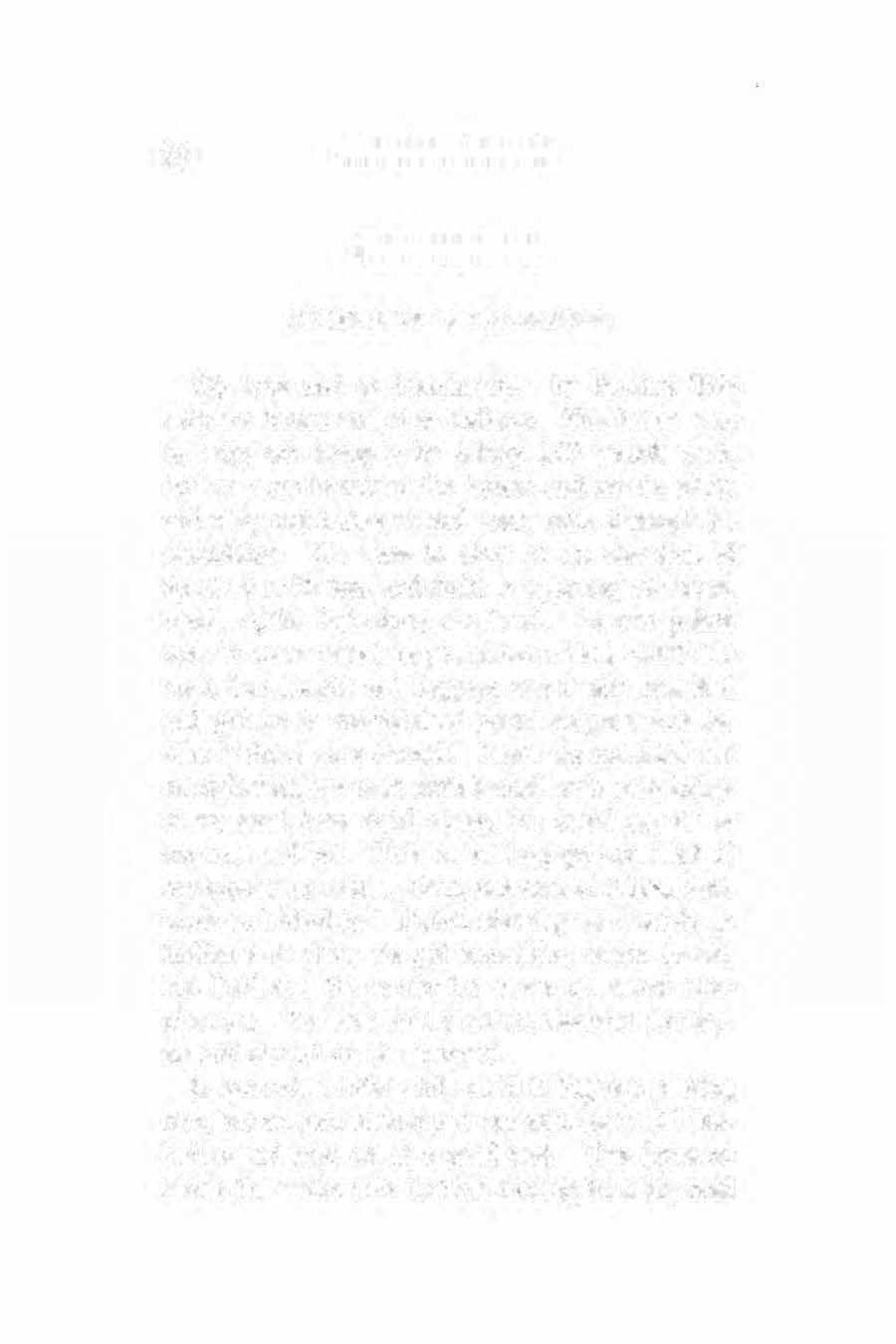

THREE DAYS IN TH.:E SADDLE.
vVe were met at !'onchajche by Brother Tito with six horses and nine Indians. The latter were to carry our baggage by taking 100 pounds each, and we were to mount the horses and mules. Sixty miles lay out before us and every mile through the mountains. We were to start at an elevation of about 60 or '15 feet, and finish our journey at Cohan, Gaut., 4,000 feet above r3ea level. At two points were to cross mountain passes more than 5,000 feet high. Our freight and baggage wa6 finally repacked and put up in one-hundred pound argoes, and the nine Indians were EJtarted. Later we mounted our animals with one pack mule loaded with such things as we must h&ve right along, but could not tie to our own saddles. Thii:i extra luggage consisted of our typewriter, stereopticon, one "Case of slides, ham mock and blankets. Before starting we went fo an Indian hut where we got something warm to eat. Mr. Reid and the ·writer lay down for a few minutes rest. We were finally called, mounted our horses and started on the journey. It was only a IiHlc \\hile until it began a pouring rain, but we ju t 11nc3trapped our rain-coats and umbrellas and .kept on at a good trot. The horse on w:hich the writer ro<le lost his footing in a big mud
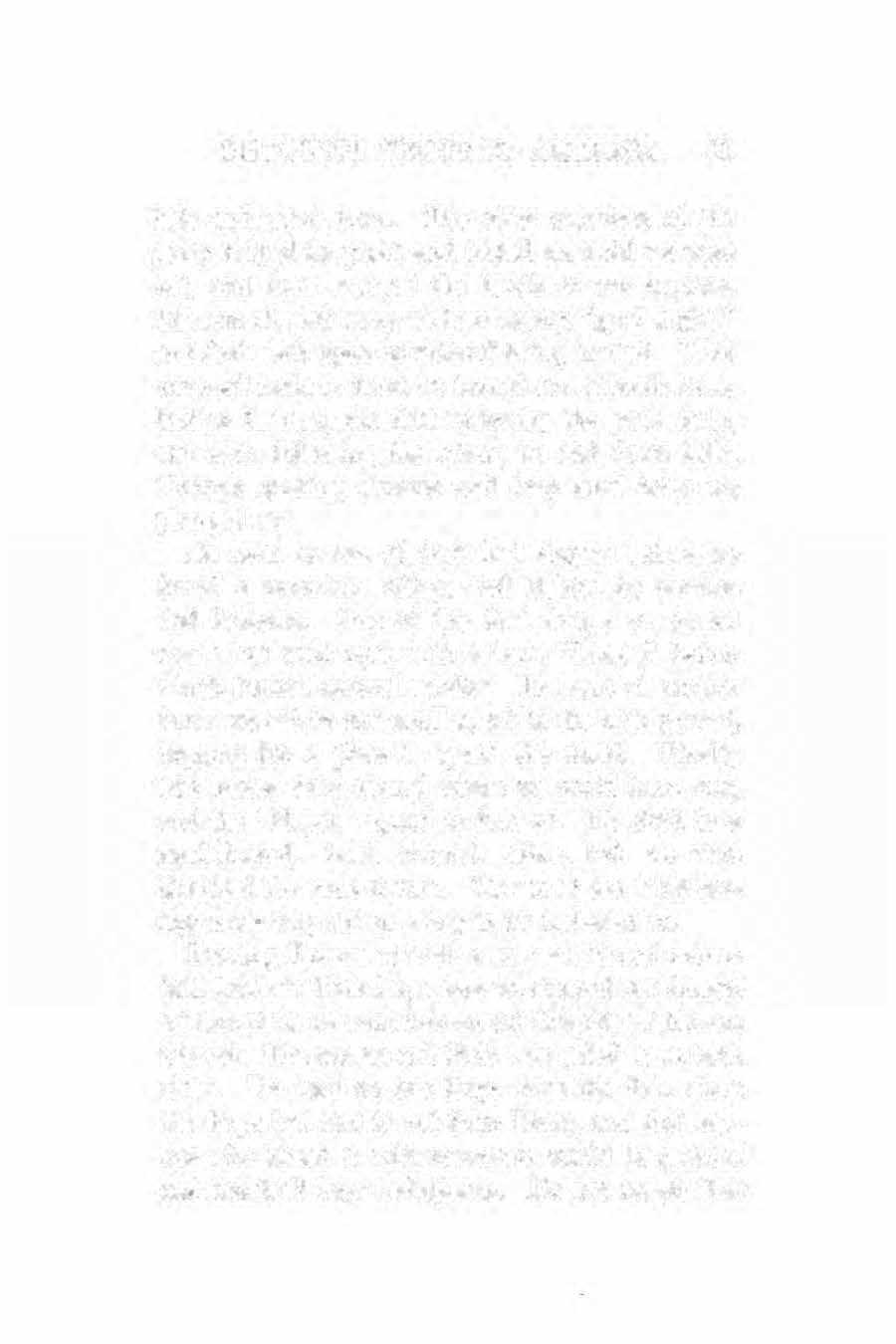
'THROUGH CENTRAL AMERICA. 31
hole and went down. The other members of the party helped us grunt and looked on until we were out, and then enjoyed the laugh at our expense. The sun slipped away without saying "good night," and dark stole upon us without being invited. vVith our pack mule in front we turned our animals loose, Indian fatihion, the firs.t following the pack mule, and each following the other; up and down hills, through gushing streams and deep mud holes we ·plunged on.
An hour or two of dark had elapsed before we found a mountain village weU lighted by candles and lanterns. One of the first things we passed was a hut wide open with a large "Image," Lefore which burned several candles. In front of another house we sat in our saddles, while the rain poured, begging for a place to spend the night. Finally two houses were opened where we Muld have cots, and the "Mayor" agreed to feed us. He lived in a mud-floored, trash covered cabin, but we were thankful for such favors. We sat. at nhe table eating while they cut up a hog in 18 inches of us.
Leaving Tucuru at 9:30 a. m. we had real mountain trails to Tamahu, where we stopped for dinner. At this place we went into an old dilapidated Roman Church. The crosses and idols were piled in on both sid·es. ,ve read on one large cross the date when the Pope had sent it out from Rome, and that anyone who kissed it with reverence would be granted one hundred days indulgence. Do not forget that
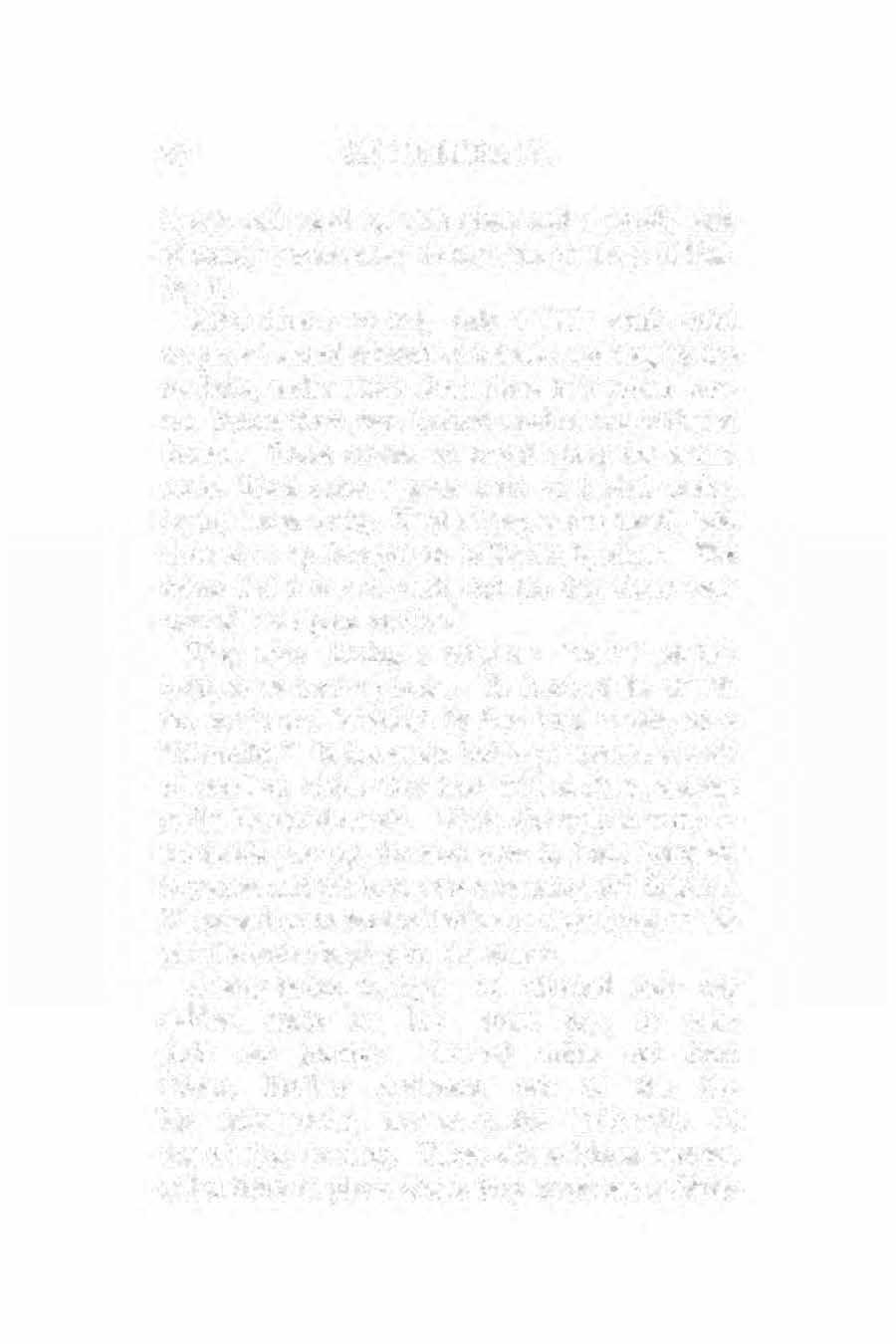
ON )IULIBBACK
it was we1l cased up with glass, and a goodly sum of money was nece.sary fo have the privilege of kissing it.
After dinner we on1y rode a little while until we passed a shed covered with trash, standing by the roauside, under which stood three half rotten crosses. Before them were lmrnccl cantlles and withered flowers. These croS&Ses we found along the entire route. Then came a pack train of loaded mules, twenty-seven strong. Hard riding, which nearly laid some of us up, brought us to rrai:tie by dark. The rooms had four cots each, but the dirt floors wercl covered with pine needles.
'They were having a .religious '•fiesta'' at this town, so we went up to see. In front of the church the music was furnished by four boys beating on a "Marimba." It is a crude looking instrument made of wood on which they beat with a stick, making really beautifol music. While the women were on the inside praying, the men were in front firing oft torpedoes and the boys were screaming and fighting. We passed on to see the Indian carriers lying on the paverl i:;troeits sleeping on the stones.
Arising before daylight we climbed into our saddles again for the third day; to complete ou.r joumey. Several iuilelS out from Cohan, Brot.her Anderson, one of the Coban missionaries, met us on the little trail. It was 2 happy meeting. T'hose whose labors have not called them to places where they never see a Chris-


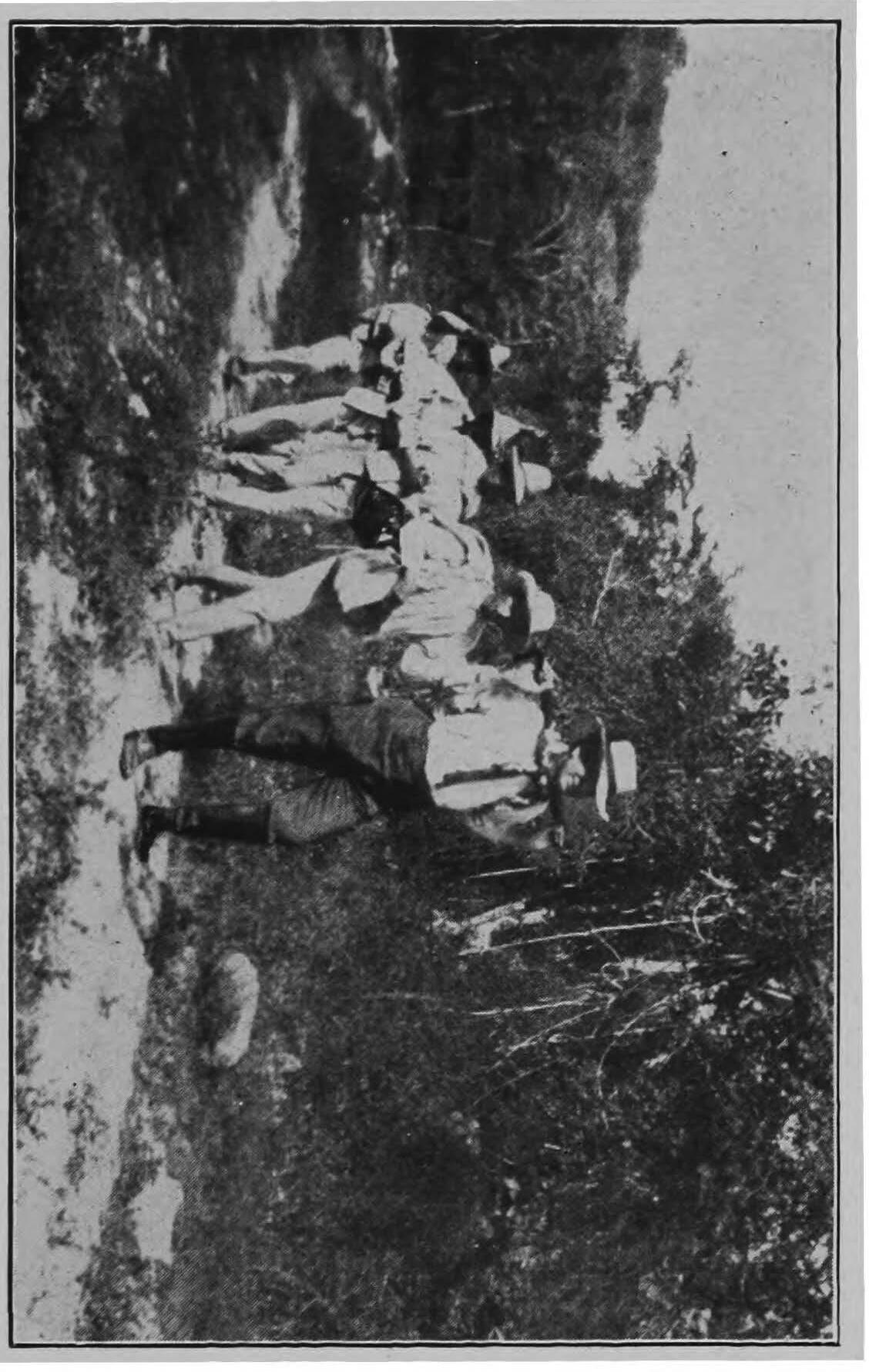

THROUGH CENTRAL AMERICA. 33
tian face or especially an American face, can never know the blessing of a missionary visit. Nothing of special interest took place the Iast day, except when we would. have a race to catch some brother's animal that would. get away while a girt was being mended, or oranges were being gathered by the wayside. Many were the old songs we sang and the testimonies. given along the way. On arriving we were sore and tired, but strong in faith, and rejoicing that He had brougpt us safe thus far.
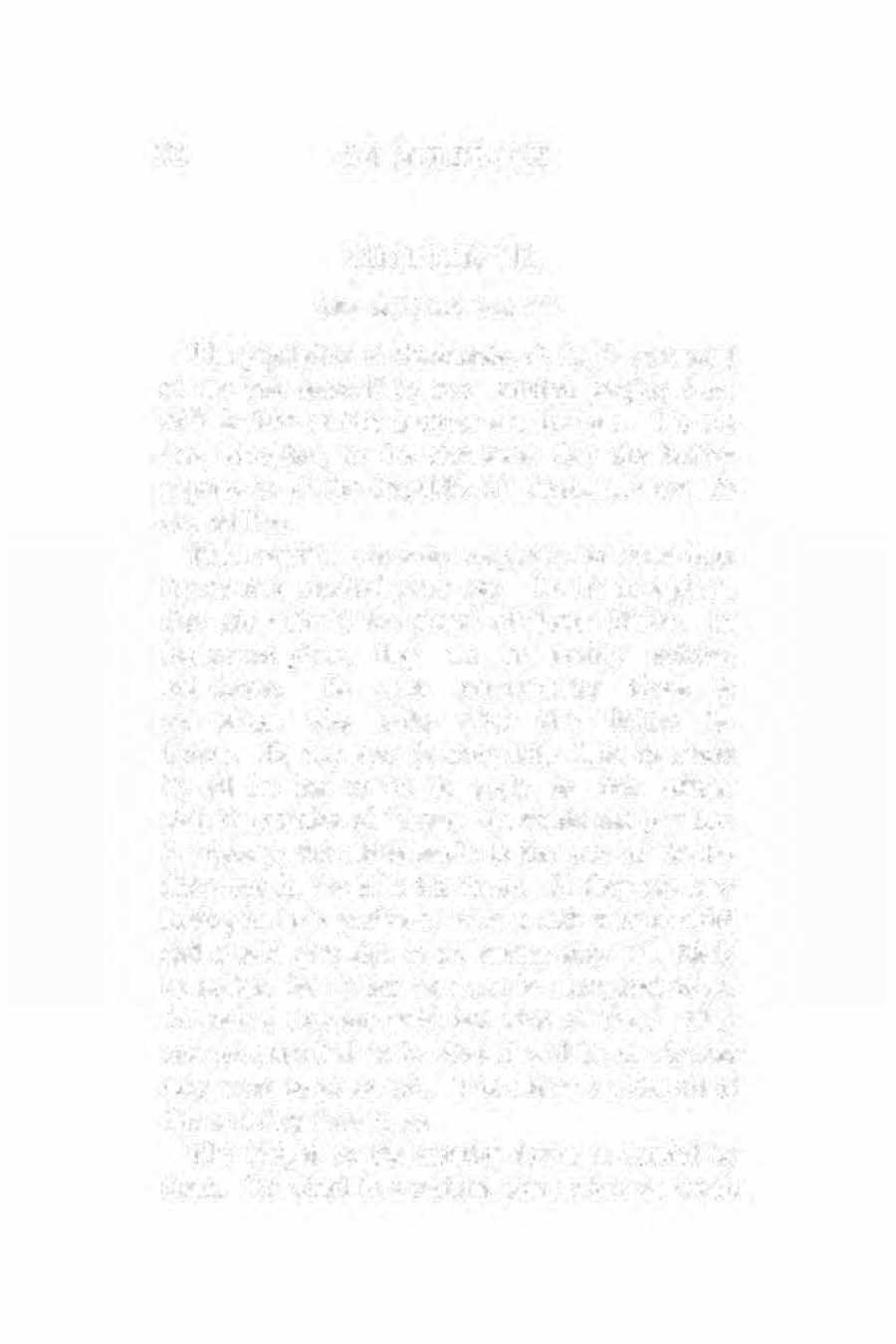
CHAPTER VII.
ONE MILLION SLAVES..
The population of Guatemala, C. A., iLSestimated at one and onehalf to t'Vo million peop':e; from 66% to 70% of this number are Indians. We are safe, rtherefore, in the statement that the Indian population of the Republic of Guatemala exceeds one million.
Their condition in every respect is far worse than it was four hundred years ago. In the ·first place, they are without the gospel of Jesus Christ. In the second place, they are in reality nothing but slaves. In each municipa lity there is an officer who looks after the Indian laborers. If any one desiring help fails to secure it ,. all he has to do is apply to this officer, state the number of "mosos'' he wants and pay him the money; the officer sends t-0 the huts of the In dians out in the hills for them. If they are busy hoeing in their garden or have a sick wife or child and should give this as an excuse they will likely be be.41ten, for by law they can be compelled to go. Of course, they are paid, but what of that? They are not eonsulted ar:3to what it will be or whether they want to go or not. 1-'he officer decides all of this and they have to go.
The freight to the interior towns is carried by them. We wired to a certain point when we would
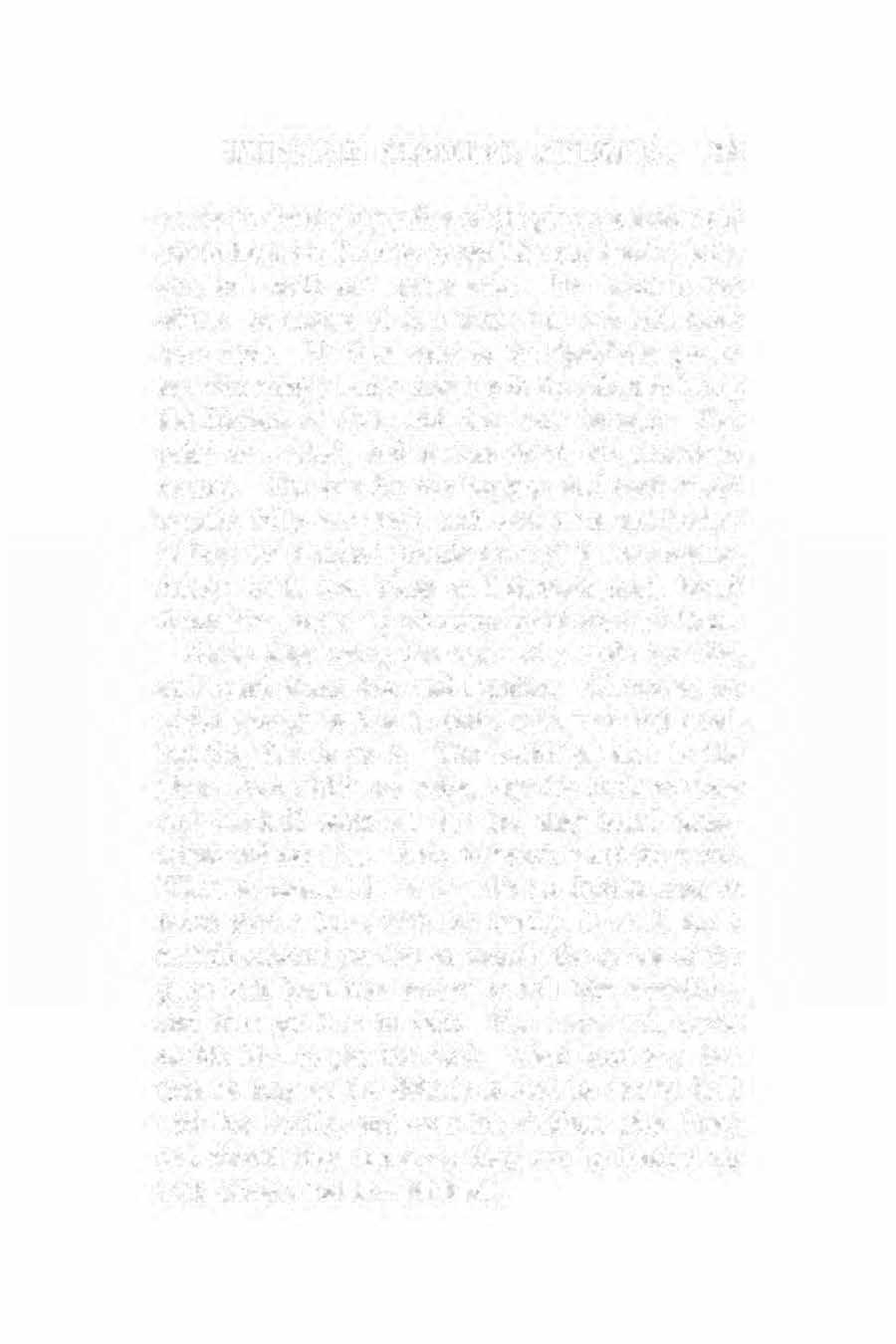
THROUGH CENTRAL AMERICA. 35
arrive in about sixty miles of the place; a man went out to hunt ten Indians to send ior our trunks, beds, etc., but could not g.et a man. He went to the officer in charge of that work, but was told there were none. He then went to the "jef:e"-the governor who simply sent a message to the officer to bring the Indians at once, a.nd they were brought. The price was asked, and it was about 6-0c American money. The trip for our baggage and back would require fully one week, and each man must carry at least one hundred pounds through the mountains, follow trails over rocks and through mud, board themselves, and sleep wherever night overtook them. Seven days doing the work of a mule for 60c, and board themselves and families. Of course, we added enough to this to make each man feel good, but they had to do it. The wealthiest man in the place from which we write, pays his Indians three and one-half cents per day and they board themselves and families. This, however, is not the worst. \Vhen a ontract is made with an Indian man to move onto a farm with his family; to work for 1 certain amount per day or month, the owner oi the place will loan him money or sell him something and thus get him in debt. His wages will never enable him to pay the debt. Then there is a law that as long as the debt is unpaid he can be held with his family, and even his -children after him; and should they run away they can be hunted up with officers and brought back.

'Poor Indian ! he is down-trodden, hated by the world, and neglected by the church. We have passed scores of them in the road who would not l',1i�e their head or turn their eyes toward us. Here they are one million strong, and no one to tell them that Jesus cares. Americans and Europeans come clown here to work them, ancl to heat and cur�e them when they don't .,rork. But no American or J�uropean has come to tell ,them about Jesus. Will yon pray the Lord of the harvest to send forth reapers to this Indian harvest?
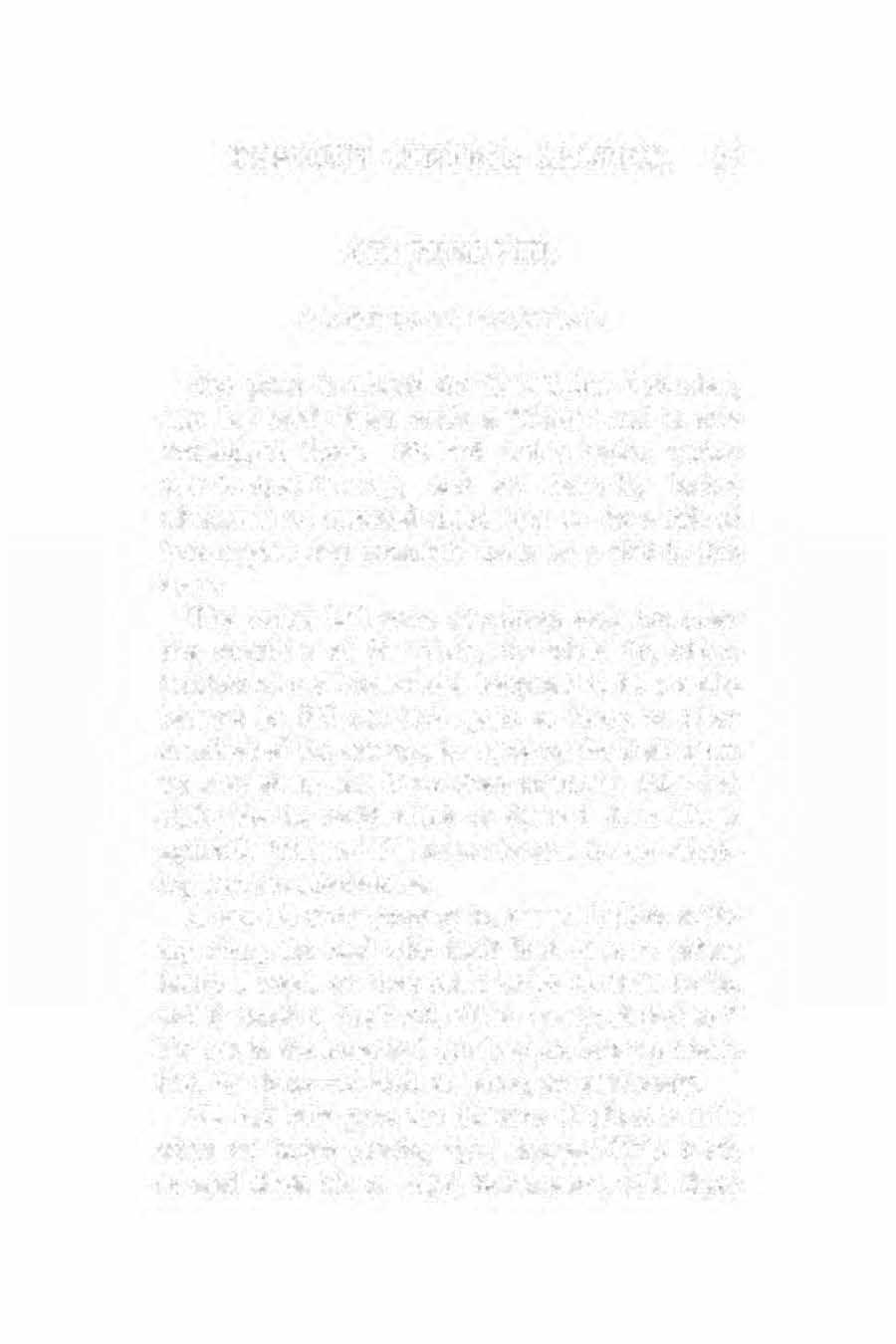
CHAPTER VIIL
A VISIT TO SAN CRISTOBAL.
1.,he place is named for Christopher Columbus, who has la:tely been made a 'Saint" and is now worshipped there. We had sent a native work,r over to open the way, and on Saturday before Christmas we mounted about 10 a. m. for a ride of four leagues over mountain trails for a visit to this town.
The writer had some advantage over the other five members of the party, for while the others laughed at my horse-which happened to be a mulebecame he did not look quite so fancy as other members of the caravan, he. made up for it all when we started up and down steep mountain sides and cliffs; for he could dimb or descend them like ct squirrel. "Bill and I" became famous £or our climbing and sure-footedness.
Along the entire journey we passed Indians walk ing a:long the road with their load of corn, coffee, lumber, wood, or some other cargo on their back3, and fastened to the head, all as {(beasts of burden."
No one in the homeland can imagine how our hearts bled for them-no God, no home, no missionary.
\Ve had only gone the distance of about a mile when we began passing "god houses,''.:little trash covered sheds six or eight feet square, with three
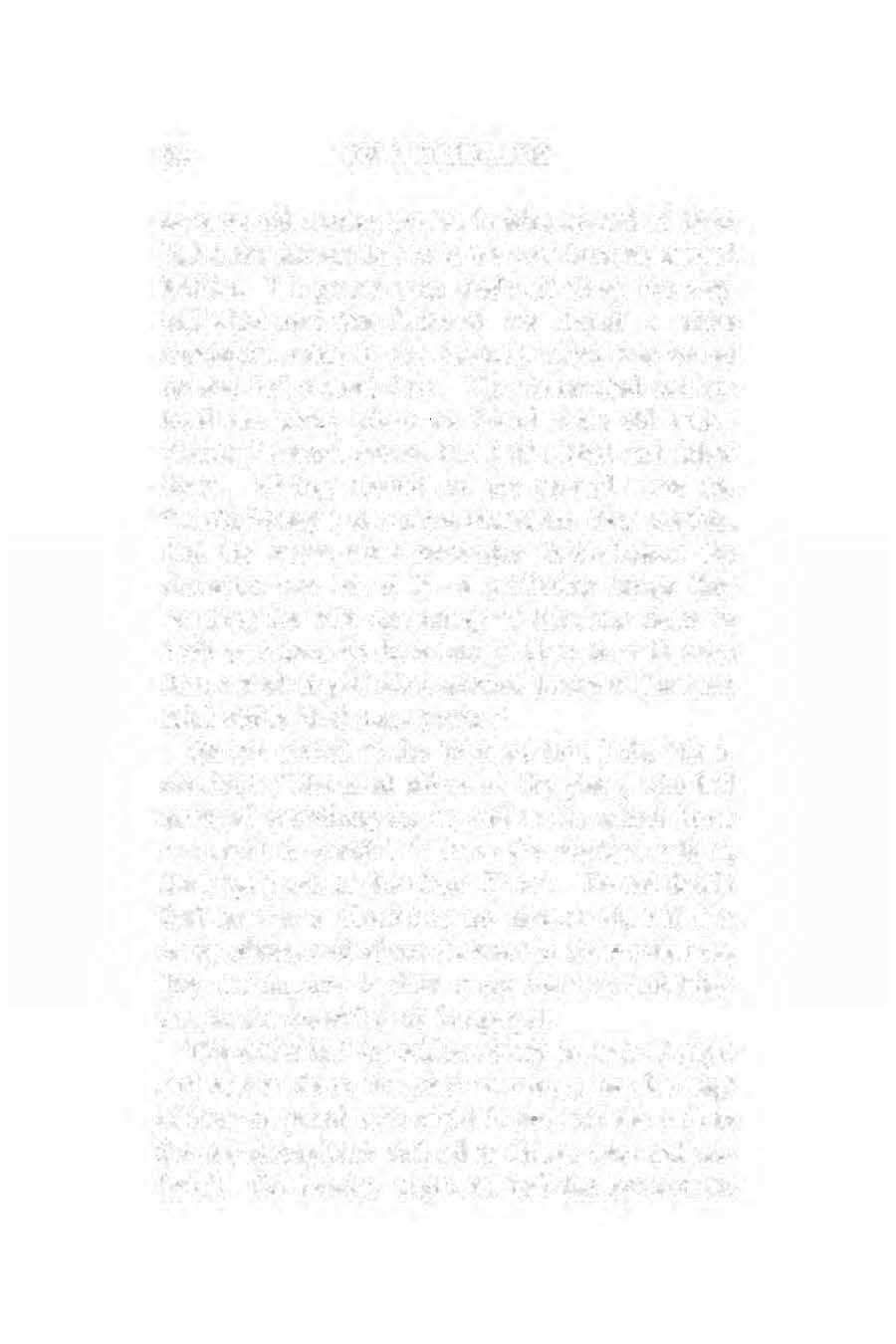
l)N M;fJLEBAOK
or more old wooden crosses inside; severa of them had a few flowers left by some poor hungry-hearted Indian. We passed such sheds all along the way, and when near San Cristobal we found a more substantial cabin by the roauside which was walled up and had a stout door. We dismounted and entered the pla e, where we found some old rotten "saints;" several crosses had half rotted and fallen down. Sitting around on the ground were the "saints,''-images of various characters they worship. But the reader must remember t,hat whoever the character may be, it is a particular image they worship; for with one image of the same name i.n their own town we have kno\vn them to walk more than a week to get before another image of the same saint which "had more power,"
On our arrival at the town we found the "Cornmandante,"-the head officer of the place, who haJ arranged everything for us, and as the s.c'hool house was small he decided to have the senices held in the large porch of the Court House. Do not decide that he was a Christian; no, not at all, but like many officers and others we meet in these countries, they are anxious to show every courtesy and kindness to the prea hing of the gospel.
The officer had his soldiers <'arr:r in 5eat13 at night and return them :the next morning; he also kept soldiers on gnara each night to l-ee that the curtain for our stercoptieon and other thing were not molested. On Sunday night he had the government
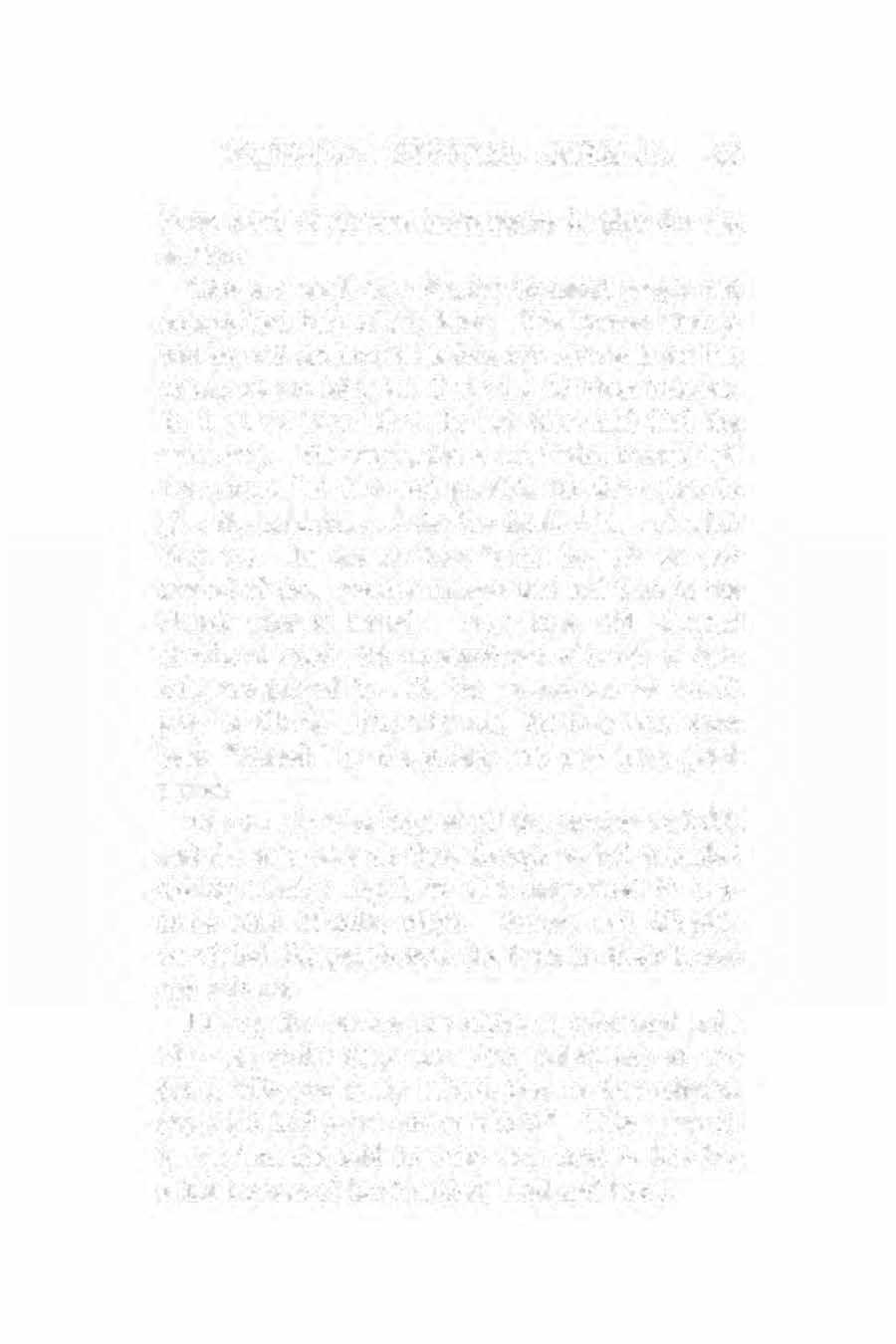
THROUGH CENTRAL AMERICA. 39
brass band of sixteen instruments to play for the service.
Thit"l is a small city of a few thousand peopleJ but no spiritual help oi any kind. rrhe Roman Church had burned six months before our visit and the last priest, we are told,. had died with delirium tremens. In fact, we heard that the last three had died the same way. Of course, there are "saint houses" all over town, but it is not possible for the writer to give the American reader the fajntest idea of what they are. In one of thetle "'saint houses'' we saw several of those wooden images that had been in the church when it burned. Now those old charred chunks of wood with no semblance of hands or face left, are prayed to with the earnestness we woulcl pray to Christ. But why not, for they bave one• been '"ble_ssed" by th priest, and now have great power.
The crowds were large at all the services we held, and the internt3t such that, though we had intended closing Sunday night, we felt constrained to continue until Monday night. Sunoay and M0nday we visited the people over the town in their homes and saloons.
During the service one night, a prominent lady who was under deep conviction, asked one of our party, "'Do you really believe bhat in this religion one could find peace and comfort?" When assured it was true she told how she was about t.o lose her mind because of her troubled, burdened heart.

ON MULiiJilAOK
So.me ironverts from the meeting in Cohan ame over and were used of the Lord. One of them, a Spanish lady from one of the very best native families, testified and told the peot.e they knew her an,l had known her father, who had been the leading general. Then she explained how she got hold of a Bible, and as she read the Spirit onvicted her of Ein, and that Jesus had forgiven her sins and she knew it. Then ·she urged them to give up their idol wori:;hip and let Christ ·come into their heart5.
Another was the daughter of a wealthy German. merchant of Cohan. When she gave her clear-cut testimony a friend in San Cristobal who knew not Christ, Estened attentively, and as they walked to the hotel together this friend told her good-bye and said, "I kn0w after what you said in your talk you do not need friends like me so this will have to be good-bye." The next morning the lady came to tell our young convert good-bye again before she left the city, and asked her not to drop her but to pray for her. She expressed the wish that our meeting had not closed for she believed the Lord might have saved her and given her the peace the others had found.
\Ve stayed three days and the trip there and back with our board amounted to $13..00. But oh, how we did need to remain for ten days, which could have been none for less than $50.00. It hurts us to know our hand are tied and we cannot do what we would like. We had to leave them in the hands
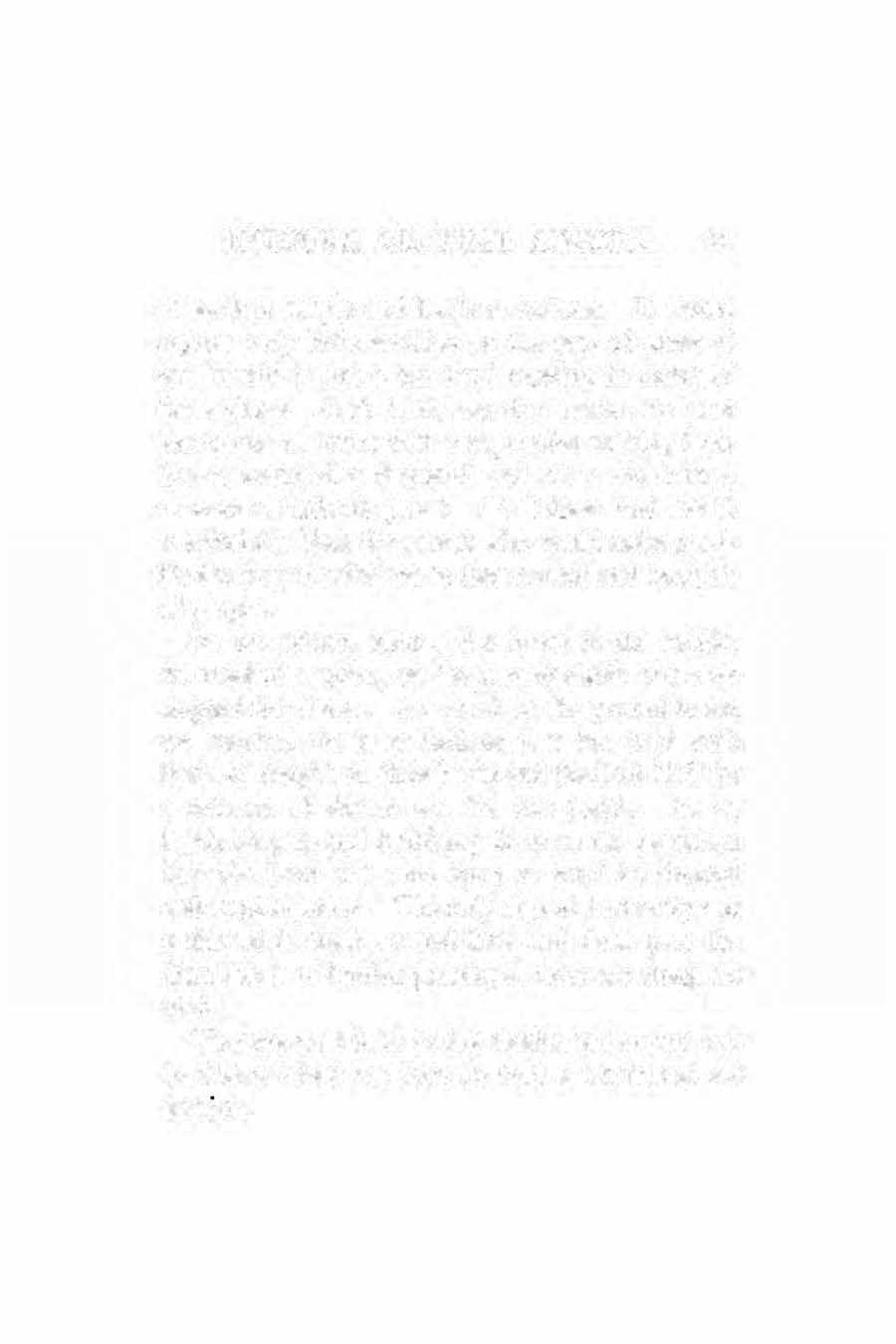
THROUGH CENTRAL AMERICA. 41
of heathen people and heathen customs. It would r€quire very little iSacrif.ce on the part of some of our friends to put a ten days' meeting in many of these places. Just think, my dear reader, we have here scores of towns with a popu:lation varying from five to twenty-five thousand and not a missionary, or even a Catholic priest. We believe God wo-nlJ wonderfully bless the person who would make po&:ible the way of salvation to these cursed and benighted people.
On our return, after a few hours in the saddle, we reached a spring on the mountainside where we stopped for dinner. As we sat on the ground to eat we watc.hed the poor Indians paEt3 the trail with loads of freight on their backs and thanled God fo:· a message of deliverance for this people. As we began singing and testifying there on the lllountain how the Lord did come upon us until we shouted and wept together. The only sign of humanity was a few little trash covered huts and these poor Indian beasts of burden passing at intervals along the road.
We were soon back in the saddle and on onr WclY to Coban where we were to hold a Christmas cm service.

ON :MULEHACK CHAPTER IX.
A HE.A.THEN ROMAN FE.AST.
Roman Catholics cannot, and it is next to impossible for American Protestants to grasp the full meaning of the now common expreSeion, "Baptized Paganism." To understand what it really meaniS, and to find that the term is none too strong, it is necessary to travel through Latin Ame.rica. The prin-cipal or important part of Romanism in South and entra1 America are the feasts. They are, in a sense, similar to what is meant in Protestanti8m by a '·'revival meeting," or "camp meeting." These are the times when crowds are attracted and all members are required to be present, provided they arc "good Catholics." Those who are better acquainted with this organization declare there ar &cores of feasts in a year.
During the week before Chrit3tmas and up to January 6, most of tr.e time is spent in these feast3. The writer spent December and 23 of 1912 in San Cristobal, Guatemala, C. A. At the time of our visit the Imlians were ob5ening their nine-dar feast. ,,Ve saw "baptized. paganism·· demomtrat.ed. Pa1m covered houses hncl been built for the occai::ion; some were 11::ed for srllin rum; some for dancinf!, others for sarrifieing to the "saint5," while still others were krpt for cooking, eating and sleep-
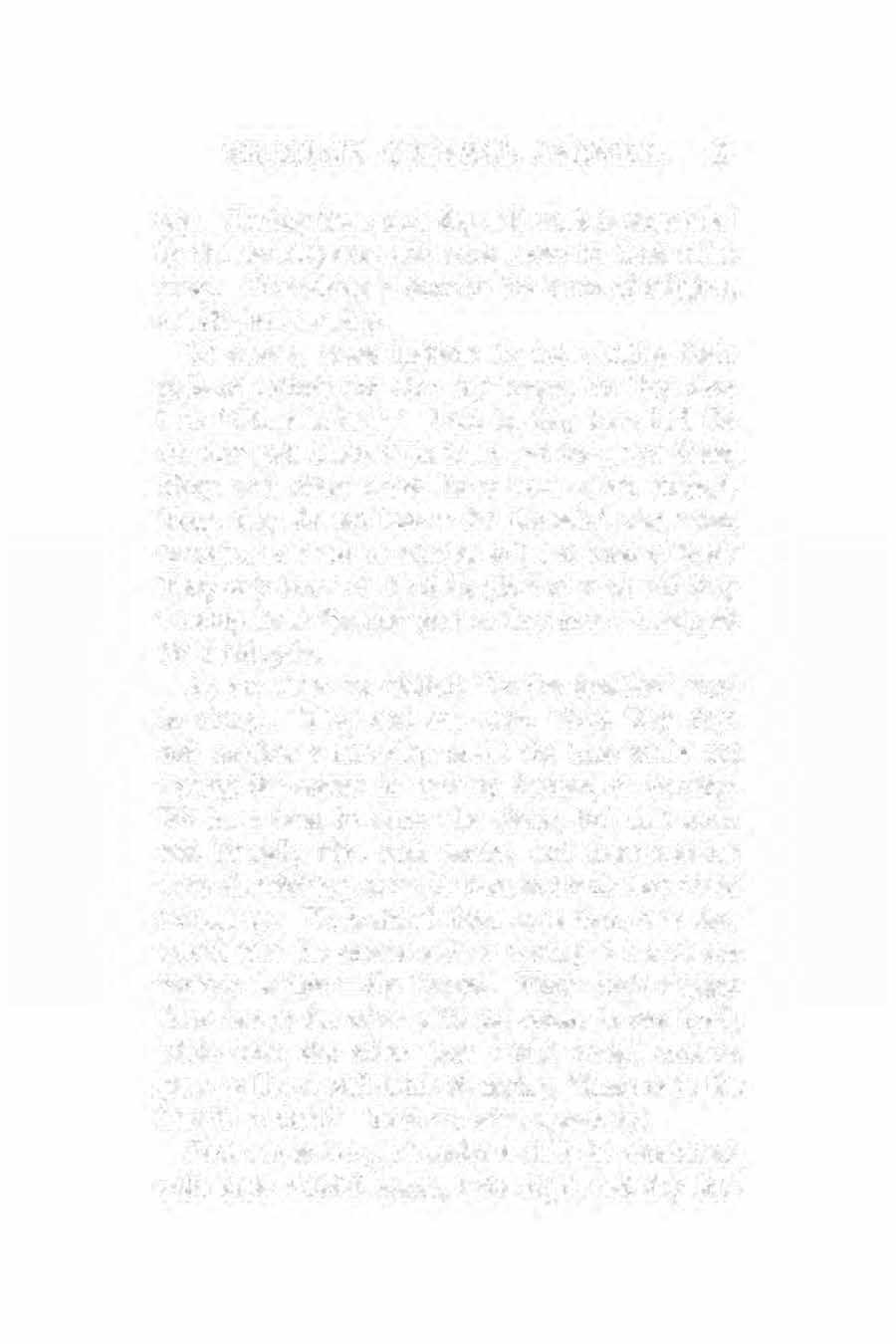
THROUGH CENTRAL AMERICA. 43
ing. During these nine days all work is suspended by the participants, and some move in from miles away. Everything is done in the name of religion, or religious wol'hhip.
Of course, these Indians do not worship their gods of pottery and clay any longer, for they hav been {(Christianized." That is, they have had the old clay gods taken from them and images of Jems, Mary and other saints have been given instead. True, they do -not know who the saint was, when or where he lived, or what he did, but what of that? They only know of the little piece of wood and they wo:nship these "saints'' just as they once worshipped their old gods.
At the feast we visited, "twelve apostles!' were in charge. They had one room where they slept and another where they spent the time while not waving the censer in burning incense, or dancing. We have been in some vile places, but this room was literally blue with smoke, and these apostles were all drinking, some of them so drunk they could not sit up. We watched them as in their turn they would take the censer and go waving it before the various "saints"-the images. They would stagger from one to the other with the censer in one hand, while with the other they would accept another glass of liquor and drink it, saying, "Here is to the health of God." This we saw repeatedly. Just across the _yard under a shed the musiciam, with their doleful music, both night and day fur-

ON MULEBAC\K
nished ''time" for the dancers. It was a soft muu floor. By the side of the musicians were the images, the principal one being of God, and it was before him they were dancing. The liquor glass was continually being passed among them, and w often Ea.w them so drunk they could not hold the glass; one woman dancer would hold the head of another, while a third ,tould try to pour the rum down her throat as she muttered in her delirium, ''Here's to the health of God.''
Every little while a piece of money "Vas thrown at the foot of the image of God by those dancing. We saw them dance and drink until they were so drunk they fell in the mud and had to he dragged out. But the reader must remember this is Latin American Religion, and Rome claims it as her own. \Ve saw one person fight as many as three people while thus dancing before "God."
We visited this feast on three (){'casions and asked all questions possible, and found that the money secured through the offerings made by he dancer was to be used in paying the priest fot a mass which was to cost $200., induoing the music. How much these poor barefooted, half-clad Indians, who are little better than $}aves, neerl this kind of ''religion'' we leave the reader to judge. \Vhile looking at their images they would explain to us who they were, but no two of them would tell the same thing. \Ve have talked to many and find they do not look beyonn the image to a higher power, but pray
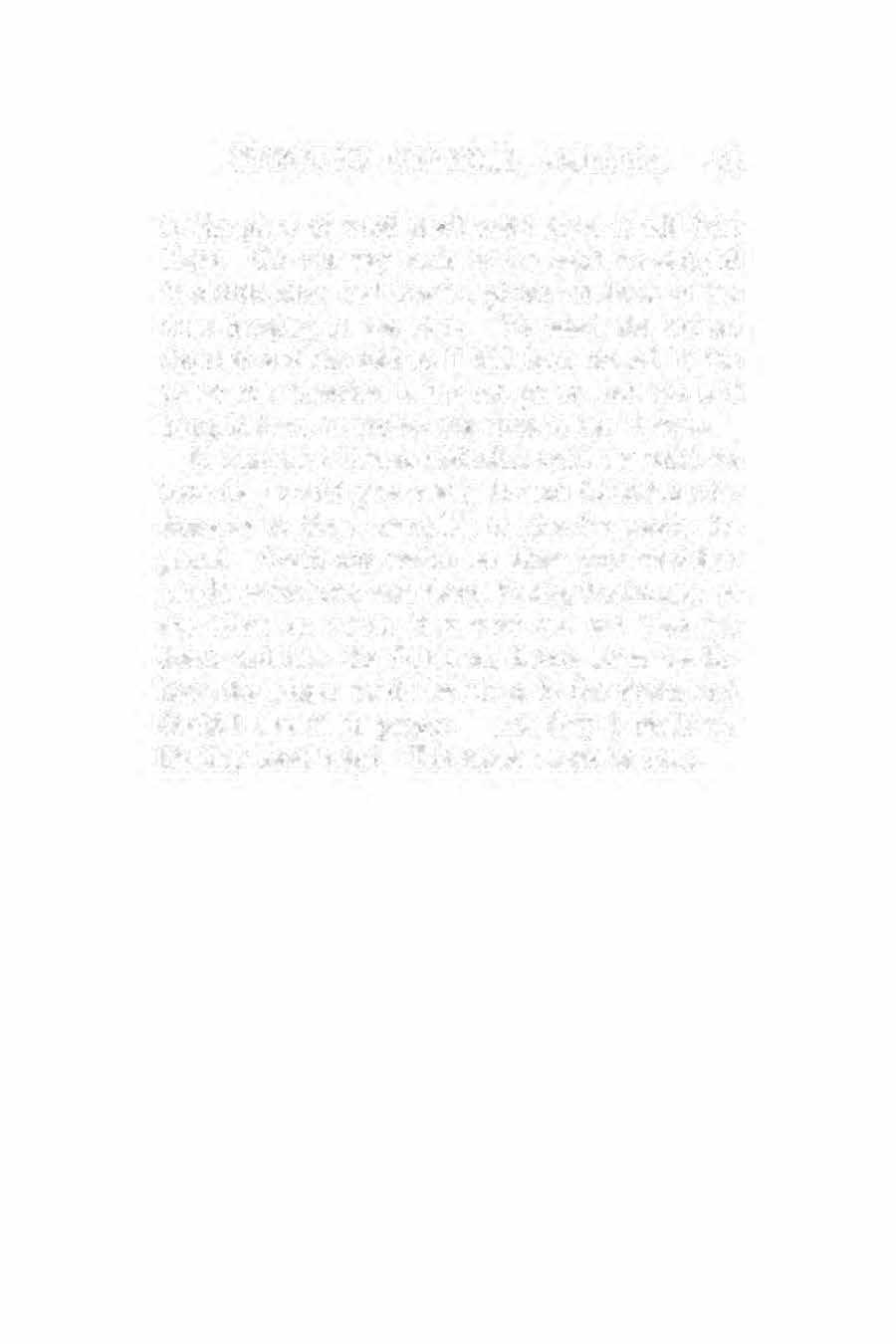
THROUGH CENTRAL AMERICA. 45
to the piece of wood itself and believe it will help them. On our way back to the hotel we stopped in a little stote and found a picture of Jesw; on th cross hanging in the store. We asked the woman about it and she told us it had been blessed by the priest and therefore had great power; and she had hung it there to protect the store in her absence.
If American Roman Catholics could see what we have they would give money to send Christian missionaries to these countries, to give the people the gospel. Could our reader see these poor wretched people as we have seen them, kissing the images, or the tables on which they were set, and then get down and .kiss the dirt floor before them we believe the gospel wold be given to the South and Central American people. Are they Christians; Do they need help? The answer must be ours.

CHAPTER X.
THE CENSETI OF A HEATHEN ROMAN FEAST
The censer is made of a small pottery bowl with two handles like the bail of a bu ket crossing eacn other some six inches above the bowl at right angles. Fastened to these handlei:, is a piece of wire six or eight inches long,
The priest, or chief who officiates, holds to the wire while the little vessel containing burning coals, with a foul smelling incense, is swung in front of the various images.
The imageis ,always indude one of Christ, tie Virgin Mary, and sometimes God; the Father and God the Holy Ghost, with dozens of other "saints" heard and unheard of. In front of all these this censer is swung, being carried from one thatched roof shed or h1-1t to another where the various im-, ages are located. Of course, dozens of candles are being burned before the Baints, more of them being found in front of the "saint" most highly resp€Cted by the- particular community giving the feast. These feasts last nine days, and it was on the eighth day we visited one. B- that time those participating in the ceremonies were beastly drunk, for they begin drinking nnn the first day of the feast. Rum, cigarette,- ancl dgari:1; ::eemed to make up the necessities and luxuries of these gatherings.
The c•cnscr ,r.:1s always e11rried hy a man too
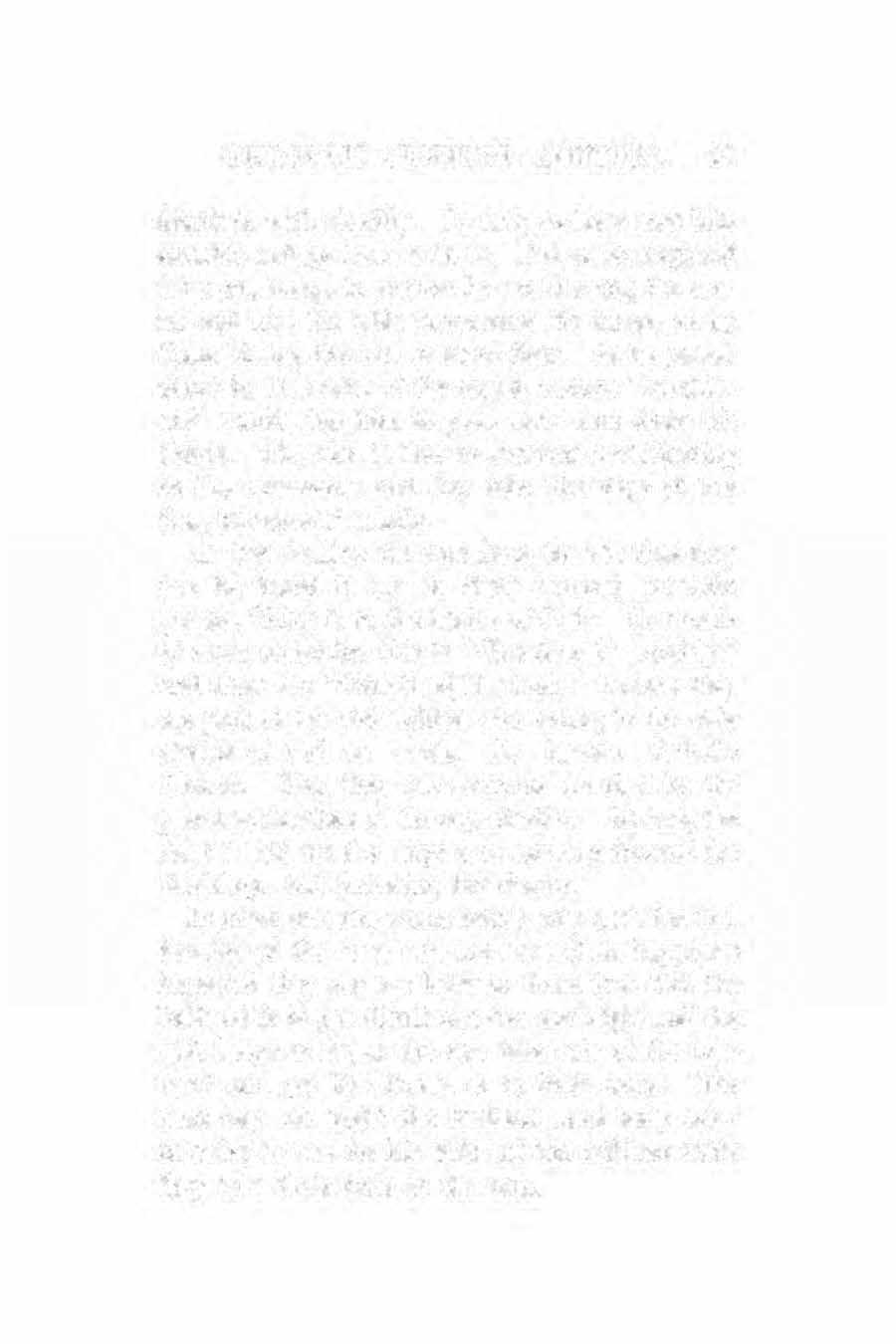
THROUGH CENTRAL A1fERICA. 47
drunk to walk steadily.. In fact, we have seen him :;:tumble ancl go down with it. But as he staggered from one image to another he would swing the censer and kit3s the table supporting the image, many times kissjng the dirt or stone floor. As he passed about in the midst of the crowd, various "worshipers" would stop him to pour more rum clown his throat. The rum is free to everyone participating in the ceremonies and they take advantage of this free, but coveted article.
At3 they swallow the rum from time to time they c·an be heard to say in their drunken, maudlin groans, ' Here is to the health of God." Our reader must remember this is •'Christian( ?) worship," and these are "Christian ( ?) people/' becaut3e the) are part of the 350 million who belong to the onl!J church of God on earth, the Roman Catholic Church. Yes, they are everyone counted by the priest as members of the organization. In fact, the feast is held for the purp08e of carrying forward the teachings, and financing the church.
In order that one whole family may have the full benefits of the feast and not have their happiness impaired they arrange between themselves that the husband is to get drunk one day and night and the wife keeps sober, so she can take care of the husband and get him home, or to their camp. The next day and night the husband mm:;t keep sob,'.), in order to care for his wife and the children while they take their turn at the rum.

MULE;BACK
We saw the wife with one arm around the neck of her husband rarrying a child uncler the other arm, perhaps assisted by the oltler children, lea.ding the husband, beastly cJrunk, from this p'Lwe 0f worship. Again we saw the woman so drunk iShe was unable to maintain her equilibrium while dancing before the images, and after falling in the mud in raving delirium the husbantl. would drag her away to be stretched out and covered up; more like animals than human beings.
Our Catholir. friends in America with all sleepy Protestants, must remember this thing is not done in a corner. This is not an uncommon occurrence, but a very common one, vVhen we entered the room of the "dignitaries," the chiefs and their principal men who took the leading part in the worship, they received us very cordially and invited the writer and his interpreter to have a seat.. The room was blue with sip.oke, and some of these leading Indians were too arunk to sit alone. They immediately offered us rum., then cigars and cigarettes, which of course were courteously refused.
After the old chief had swung his censer from one room to another and returned again, we asked him to sell us the censer, which he stoutly refused to do. We begged him for some of the incemie, which is a native rosin. They hela a conference and at first refused this, as it had been already
Where We Ate Breakfast One Morning.



"measured," which made it very holy; but they finally decided to give us each a large spoonful.
After thanking them for this favor we took our departure, but later when they were too drunk to remember whether the censer was yet holy or not, we asked another man to sell us the particular one they were using in their woIBhip. He told us we could have it the next day after the feast was over; but we insisted we had to leave and urged that we have the privilege of carrying the censer with us.
One of the head men was very drunk and ordere.J us away, but when he left the room two others finally consented to sell us this ''holy vessel." It was the one they were msing in their "Roman Catholic" worship, but surely if heathen worship can be found, this is heathen. They were drinking in a beastly carousal, drinking to the health of God; they kissed the feet of these dirty wooden images, kissed the tables on which they sat, and kissed the ground in front of them. As we questioned them about the images they would tell u� "·hat great power they had.
No, they do not worship the gods of clay; they did 400 years ago. But the images wars-hipped now are worshipped in the same spirit as the gods of their fathers centuries ago�
May God pity, and His people pray for the baptized paganism in Central America.
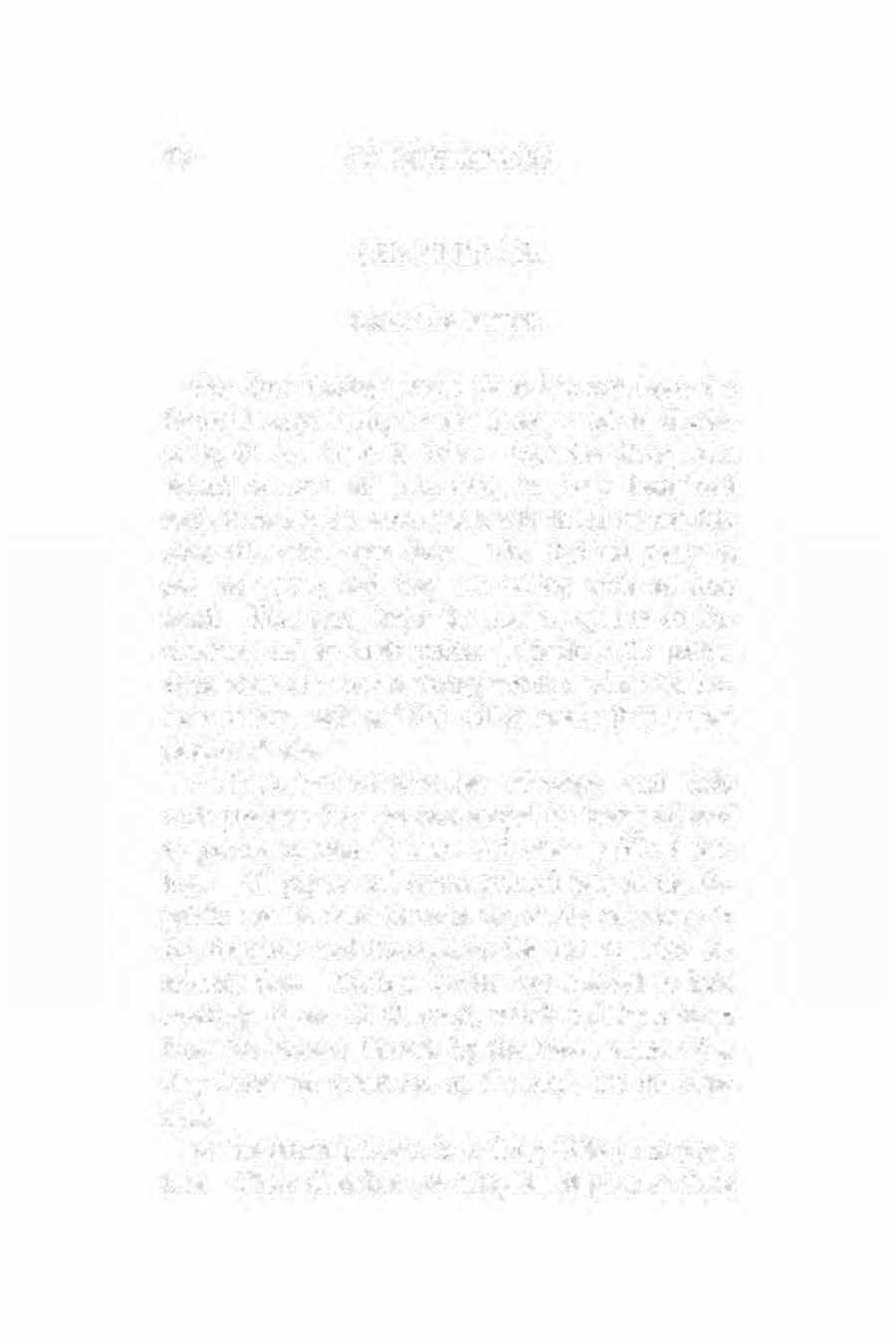
ON MULE-BACK CHAPTER XL
TODA.Y OR NEV.EU.
1Vor four hundred years there has not been -the favorable opportunity for missionary work in Guatemala, C. A., there is today. 1:3ut the thing th1t s-hould concern all interested in these henighte1l souls is that a few more years will in all probability close this wide open door. The Radical party ir, now in power, and they are ruling with an iron hand. This party hates the present system of .Romanism, and in their public gatherings the politicians utter the most scathing words against tb.e Roman priests, such as "Get rid of them; they hinder progress," etc.
As Proter:,tant missionaries ad:vocate and help with progress they are encouraged by being allowed to preach in school houses and other public buildings. All papers and tracts printed here in the Republic can be sent through the mails anywhere in the Republic and throue,hout Central America absolutely free. Brother Butler was allowed to hold meetings in an old Convent, which had been taken from the Roman Chur0h by the Government when they drove the priest out of the pla-ce for drunkenness.
At the present, Rome is making little or no progress. Their churches are dilapidated piles of stone

THROUGH CENTRAL AMERICA. 51
and mortar, badly kept. In many towns of a few thousand population their large stone churches are tumbling down, and a priest only comes once in one or three months. Some churches, destroyed by earthquakes a few years ago, have never been rebuilt.
It is only a quei:;tion of a few years until the Conservative Party will get in power and then these golden opportunities will cease. Or even with the present party in power, the Roman authorities will soon make a howl about the favors being shown to Protestants, whic'h will close many doors now open. Our hope is to ''strike while the iron is hot." We mul3t, for the glory of God, ge.t a good strong foothold now, so we will have influence when doors begin to close. We must get good schools and hospitals started and show the public we do not only believe in progress, but actually help with it.
Those on the field who are prayerfully studying conditions here believe that if all the men and money that would be put in Guatemala in the next twenty-five years could be put in during the next three years, it would bring twenty-five times the results by the end of the twenty-five years.
The needs are appalling; the opportunities are golden; the neglect in the homeland is criminal. Pray ye therefore the Lord of the harvest to send forth reapers.
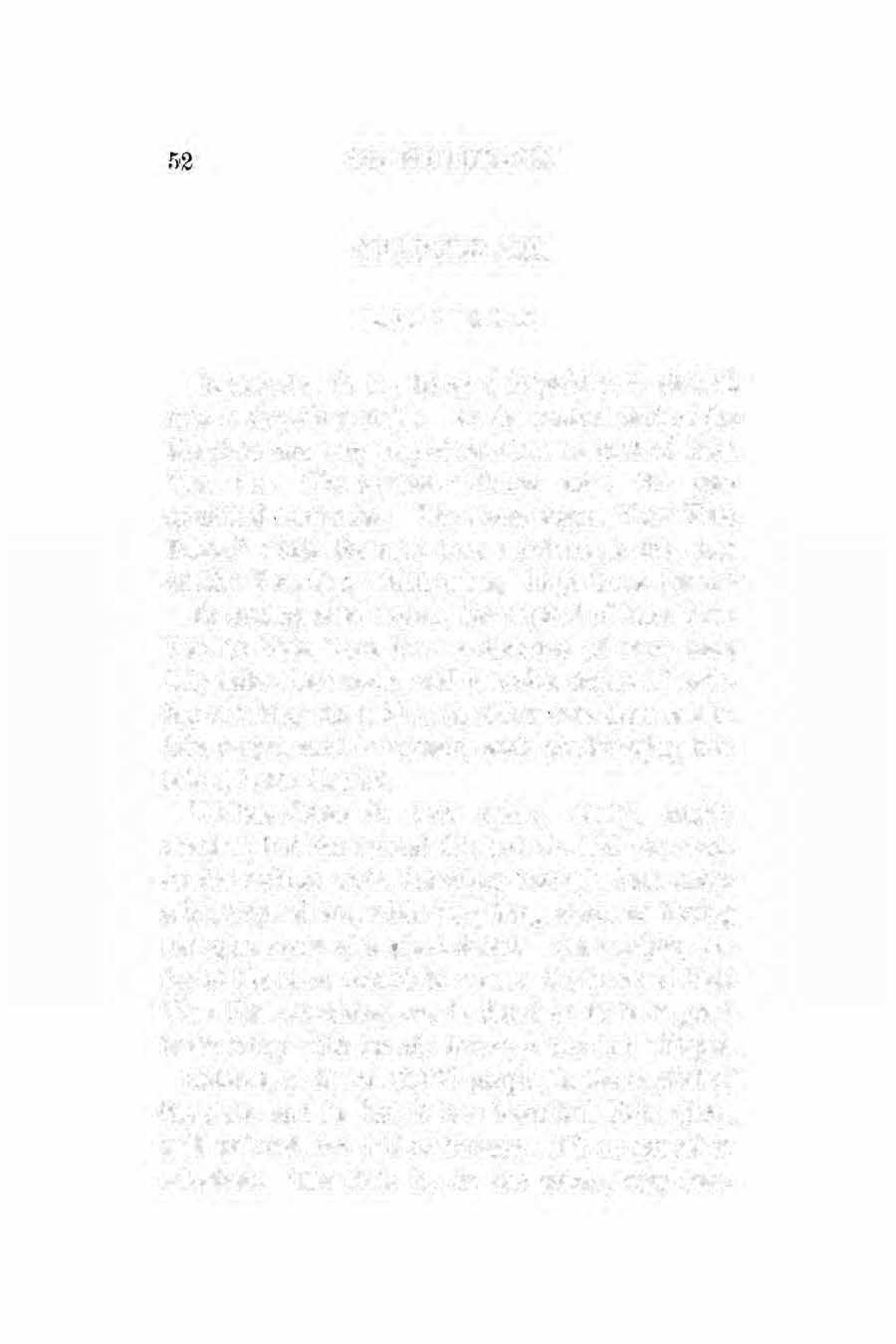
ON MULE·BACK CHAPTER XII.
BAJA VERA PAZ.
Guatemala, C. A., being a Republic, is dividecl into twenty-thre€ states. Jn the central part of the Republic one very important ::;tate is that of Baja Vera Paz. The location will not miss the geo graphical center far. The name mealliS "Low True Peace," while the next door neighbar is the state of Alta Vera :?az, which means "High True Peace.;' In coming from Cohan, the ·capital of Alta Vera l?az, to Baja Vera Paz, a distance of more thau fifty miles, the traveler will have ·¾is choice of walking or taking tl1e saddle; in either ·ase three mountain ranges must be ,crossed, each one bringing him into a lower district.
\Ve left Cohan in very rainy, chilly, muddy weather, but the second day out we tied our coats on the saddles while traveling through dust under a hot tropical sun, with everything about us having the appearance of a great desert On reaching the top of the third mountain we saw the heart of Baja Vera Paz stretching out in front of us in a great basin-valley with twenty tm...-m:., <:ities and villag. ,Salama, a city of 1-2,000 people, is the capital o! the state, and in fact it is a beautiful little place, well watered, but full of images, with no gospel or salvation. The state is, on the whole, very com-
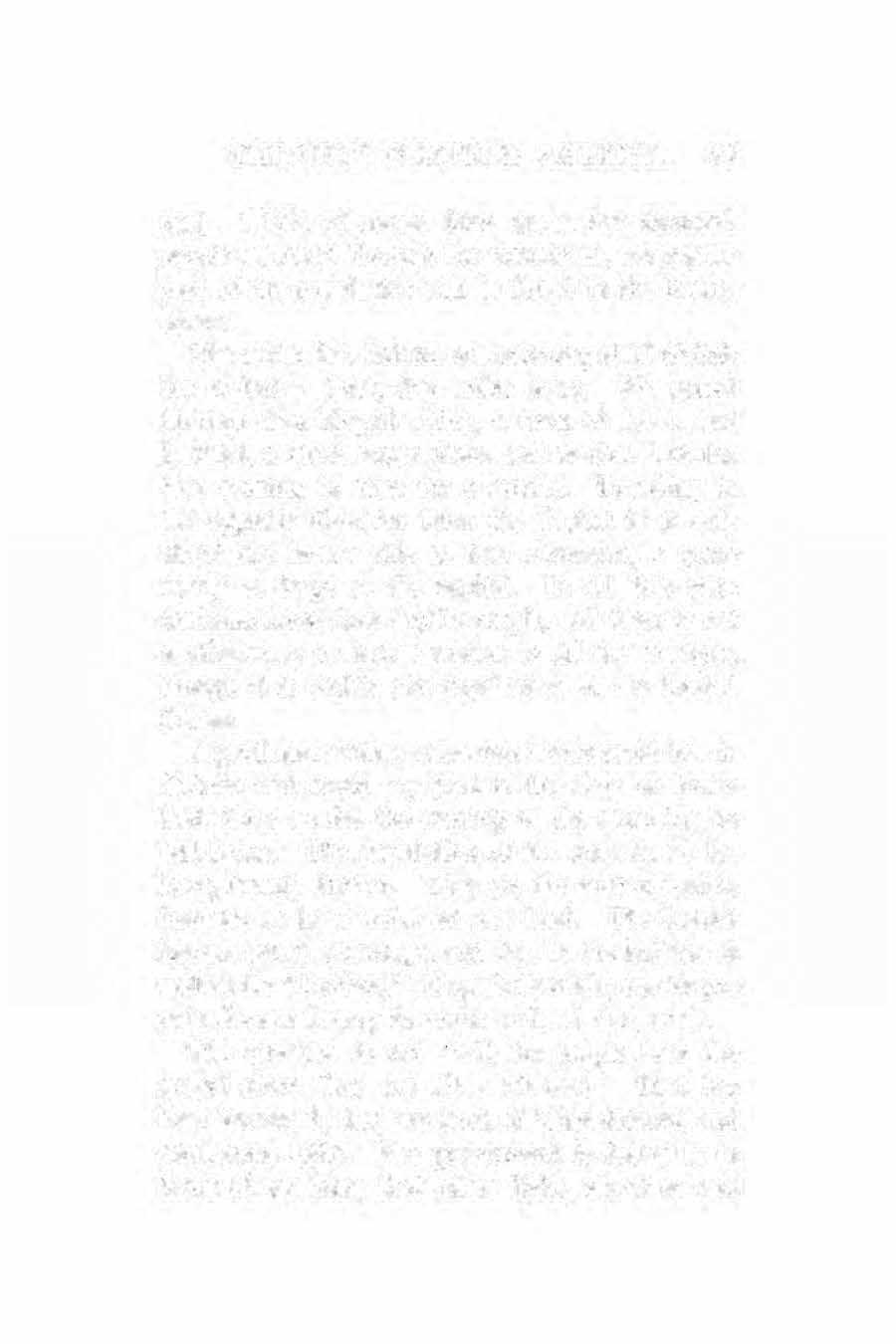
THROUGH CENTRAL AMERICA. 53
pact. While of course there are a few thousanJ. people scattered throug'h the mountains, the greater part of the population will be found in the twenty towns.
The writer left Salama one morning at 10 o'clock for Cubulca; thirty-five mile away. We passed through Sau .Meguil Chka, a town of 1,500, and Ravina1, a much larger place, and reached Cubulca that evening in time for a service. Traveling in the opposite direction from the Capital it is only ,about one hour's ride to San Jeronemo, a place nearly as large as the 'capital. In all, this state contains more than 50,000 people, and there is not a missionary or native worker in all the territory, though it is within five days' travel of the United States.
A good man with a consecrated wife could live in Salama and reach any part of the state on horeeback for a servi<!e the e.ven-ing of the same day he left home. The population of the state is, we believe, largely Indian. They are the most accessible Indians we have met, and very kind.. The district has one great advantage, and that is, the Indians as well as the "Ladinos," all speak Spanii:;h ; one tongue puts the missionary in touch with all t:ie people.
T1e question is not '·will the people hear the gospel since they arc all Cae10lics ?" That has been answered; they are tired of being deluded, and want some light. The government is decidedly i!l favor of anything that offers light, elevation and
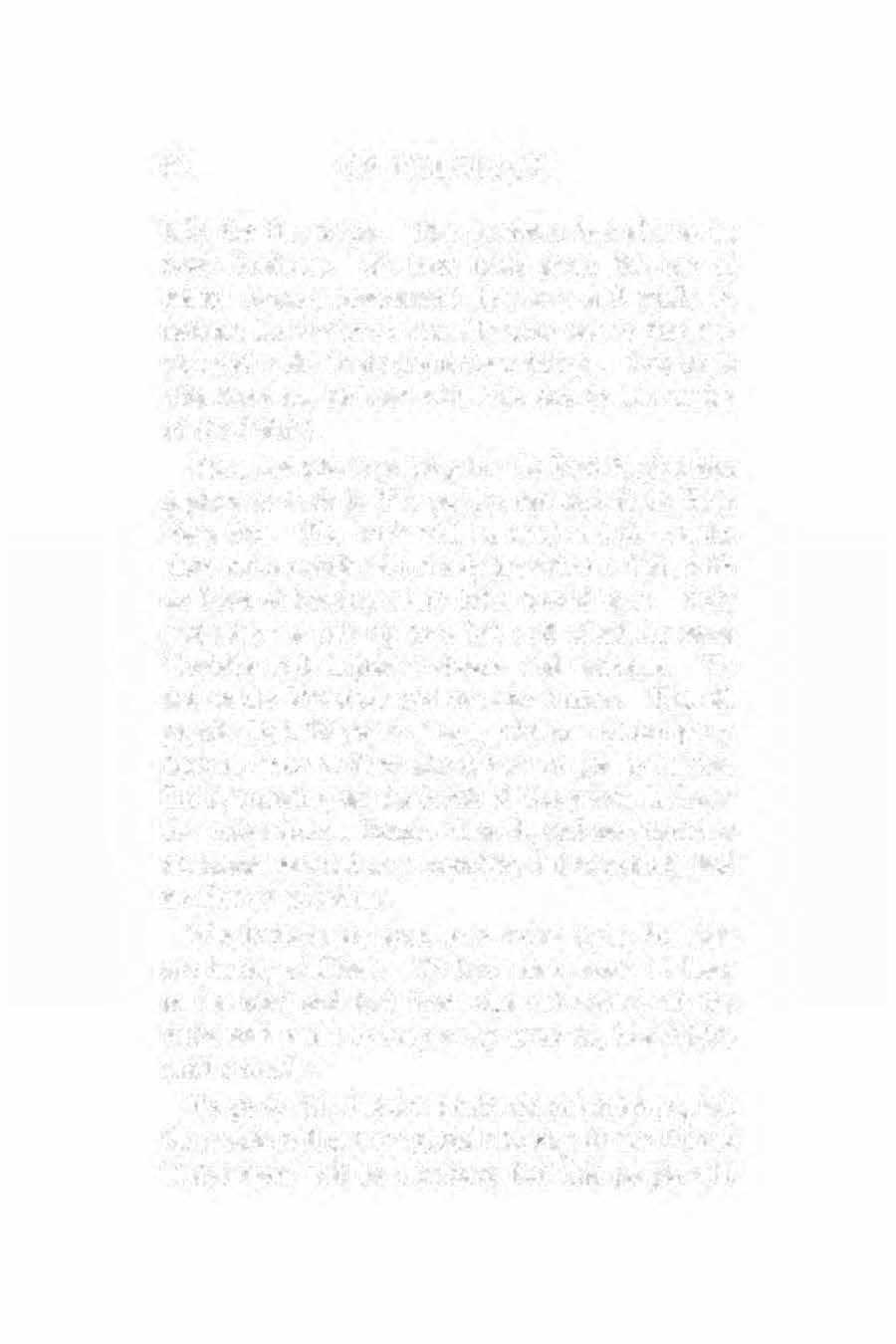
ON MUtLiBACK
help for the people. The governor 'hLs shown us every kindness. \Ve have been given the use of school houses, government theatres, and while in Salama the G0vernor himseH came out to the service and spoke freely about these things. One day\ ride from the railroad will take one to the center of the district.
Some one who is praying for the Lord to give him a place to work in HiB service can find it in Baja Vera Paz. The work will be hard nd the results slow, but a people who are dying without God, with no hope of hearing about Him would hear. Only yesterday we rode up to a but and asked for some ·"ortella and frijoles"-beans and ash-cakes. We sat on the dirt ,floor and ate our dinner. The old grandfather, 7·6 years of age., told one of our party that he knew nothing about how to get to heaven. He is tottering on the brink of the grave, Hving a few miles from a Roman Church, and no doubt has his name recorded as a member, but absolutely had no idea of salvation.
The Indians are even in a worse sf a te, -for they are hardly civilized. We have met scores of them in the road and had them rlln out and climb the rocks and banks to keep away from us, like frightened animals.
'ro go to this district would mean hardships, but the people will get the gospel; to stay in the United StateB there will be (]omfort, but this people will

THROUGH CENTRAL AMERICA. 55
live in ignorance and sin, die without hope and wake up in hell.
Baja Vera Paz needs the gospel, and some man or woman must bring it. "As ye would the heathen should do unto you if you were where the heathen are; and the heathen were where you are, so do y unto the heathen."
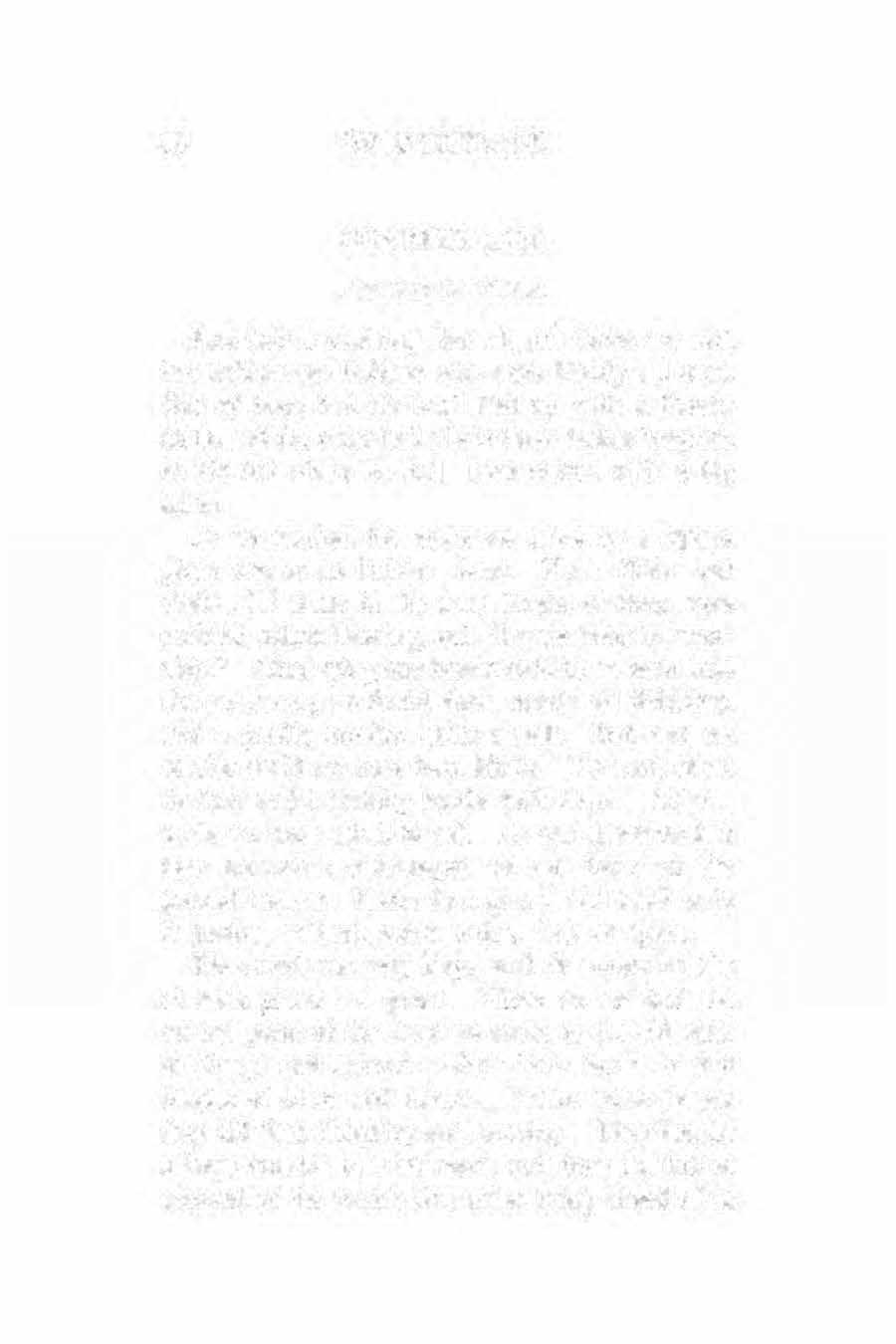
CHAPTER XIII.
AN INDIAN FEA.ST.
Just before reaching San ·Meguil Chica ,ve md two half-savage Indians who were bloody all over. One of th€m had his head tied up with a bloody cloth, and the other had a hole three inches long cut in his hat where he had been struck with a big knife.
As we reached the town we came to a square given over to an Indian feast. How their red dothes did Shine. in the s.un; dozens of them were cooking, others dancing, and a1l were there to "worship." After tying our horees outside we went into the enclosure; we found them nearly all drinking, and a goodly number quite drunk. But our reception could not have been kinder. ,ve went about in their midst shaking hands with them. After a while we were asked to eat. As our appetites had been somewhat eneouraged we sat down on the ground, took our dinner in a gourd, and tried to do it justice, without either knife, fork or spoon. The ,crowd was very large, and the opportunities at such places are great. "·hen we reached the. central point of the fear-t we spoke to the old chi.ef in charge and enterc<l a. (lark little hoYel to find images of Jesus and others. Before these imags they did their drinking and (lancing. They bought a large number of Testament arnl Gospels, but on ac,count 0£ the twenty-five rniles lying ahead of us
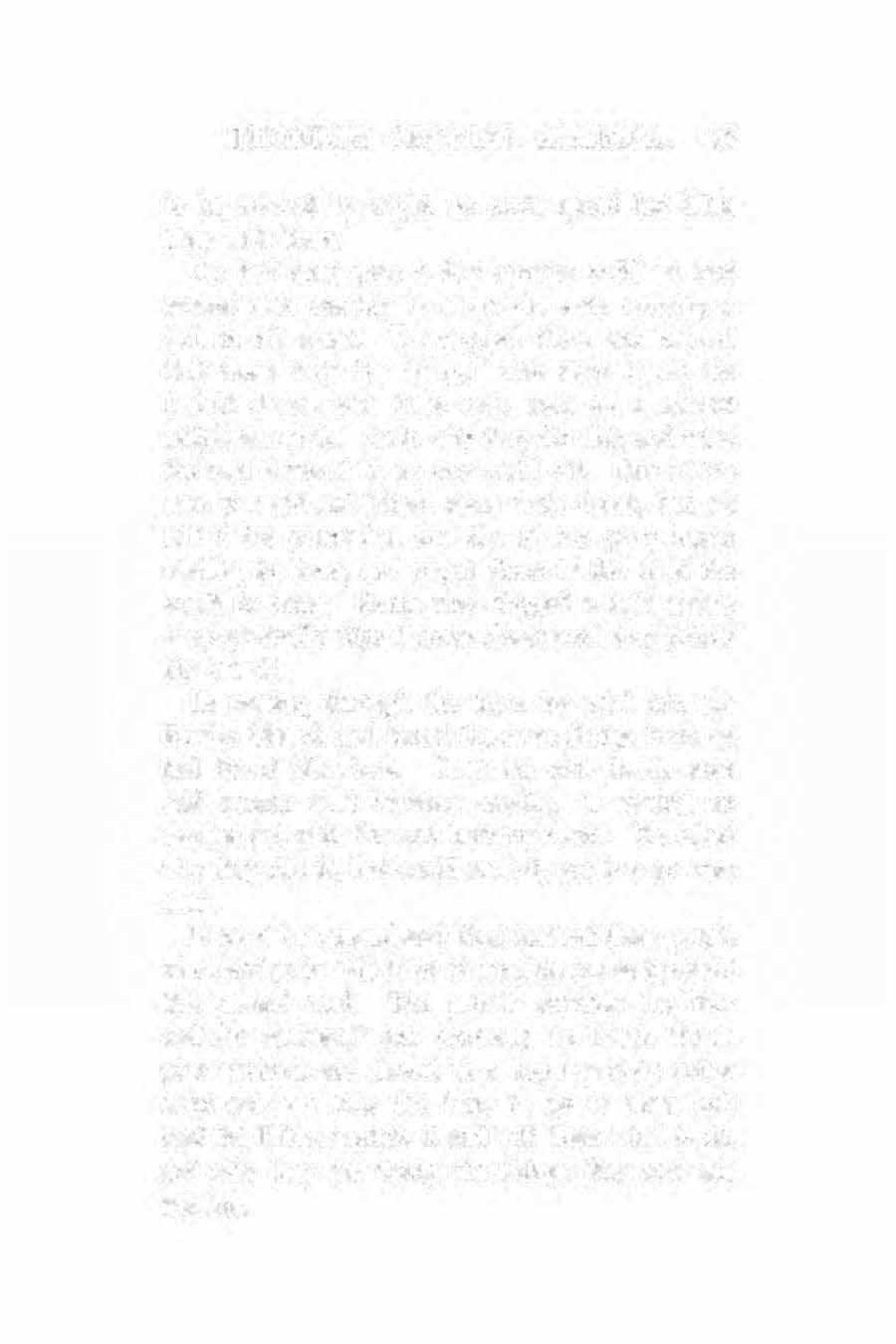
to be covered by night we could spend but little time with them.
\Ve had only gone a few squares until we met several men coming in a march, each carrying a doll in hii:; arms. \Ve stopped them and learned that these were the "kings" who went to see the Infant Jesus, and these men were on a Holemn religious march. As to why they d.id this, and. what the results would be no one could tell. One of the men was old and blind, some were drunk, but we halted the procession and one of our party began reading to them, and urged them to flee fro,m the wrath to come. Some who i:;toppecl a half square away gradually slipped down closer until they joineJ the crowd,
In passing through the town we went into the Roman Church and found the same things there we had found elsewhere. Over the old church men and women were burning candle5, or waving an earthen pot with fire and burning rosin. We asked why they did it, but could scarcely get two answers alike.
It must be remembered that most of these peop1 who indulge in this kind of wohip are so ignorant they ,cannot read, The prie.sts' services are "few and iar between," and generally in Latin. These poor wretches are almo t in a hopeless state unle s some one can take the time to go to them and read the Bible, explain it and tell them what to do, and why theJ are doing the things they now call worship.
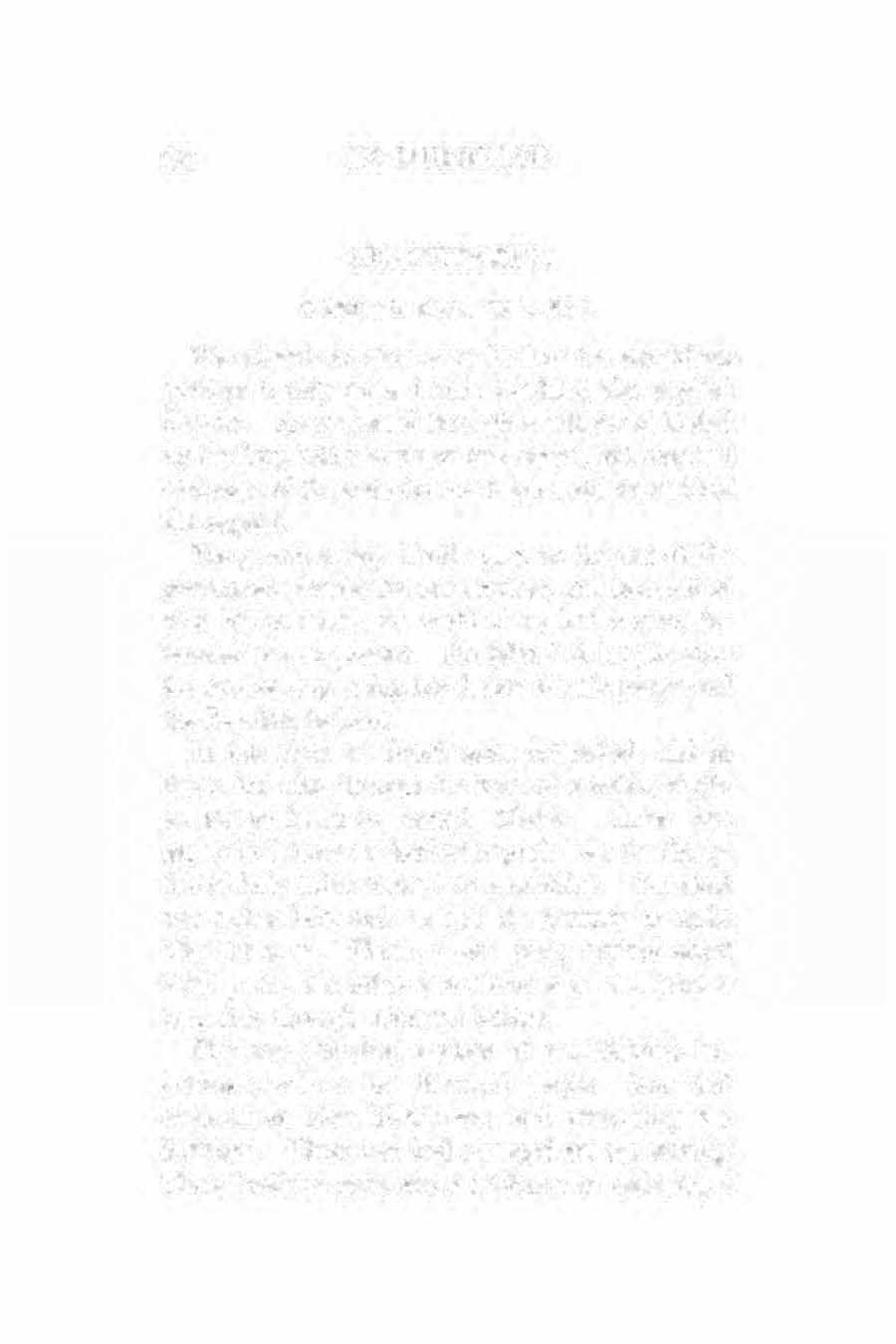
THROUGH BAJA VERA P:.U.
We entered the state away back in the mountain,,; perhllps twenty miles before reaching the capital, Salama. As we passed through a village we lookeil up the long valley and saw two others, but our real campaign of the state did not beg.in untjl we reached the capital.
The governor very kindly gav us the use of the government theater for our services, and honored us with his presence; we doubt if' we had a more interested peraon present. He talked at length after the service; expressing his dires for his people and the Republic he loves.
In this place we found some interested, and in fact a few who, through the wJrk of a native brother, had professed to accept Christ. After two nights in Salama we decided to push wet,t for thirtyfive or forty miles across two mountains. Our start was rather late, and we had the journey to make after 10 a. rn. Three of our party arrived about "/:30 p. rn., the other two about 9 p. m., after a long ride through unknown bn!;hcs.
This was Cubulca, a place of ·considerable importance, with .a few thousand people. Our visit occurred on New Year's eve, and everything was hilarious. Three men had arranged for our coming. These brethren gave every evidence of enjoying a
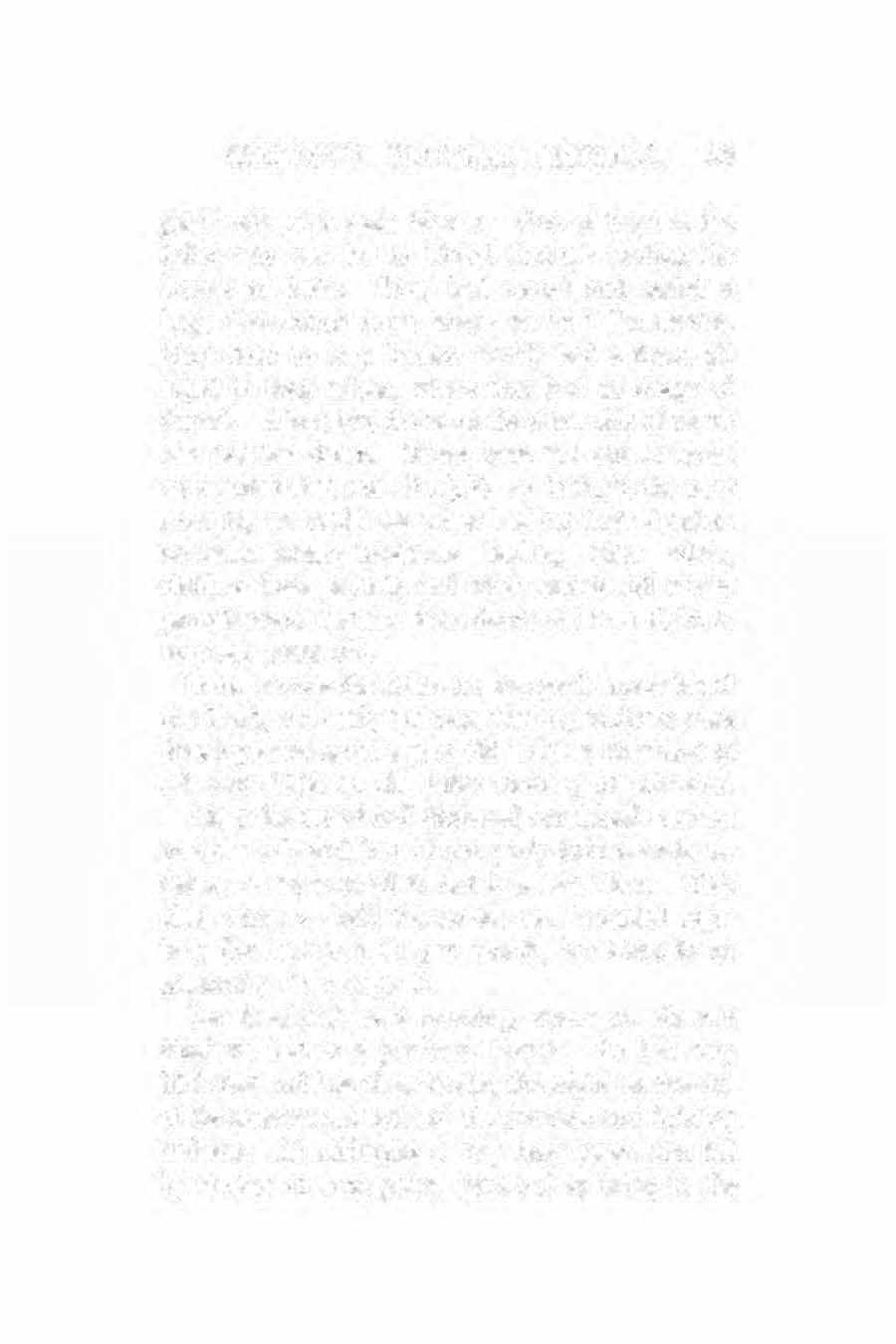
THROUGH CENTRAL AMERICA. 59
good walk with their Master. One of them is the tailor who was led to Christ through reading the Gospel of Luke. They had rented and seated £i large dirt-floored room where we held the service. Next door to us a Roman family had a dance all night in their saloon, where they had an jmage of Christ. About two doors on the other side of us we had another dance. These were two out of seven we counted that ran all night. At daylight the next morning we could see wives leading their drunken husbands home; husbands leading their wives, children their parents, and what seemed still worse, parents were leading their drunk children eight to fourteen years old.
In our service the attention was good; many heard the Word, and early the next morning while we were dreSBing there came a poor old drunken Romanist to ask more light on the Bible teaching of salvation.
After the crowd had dispersed our friends carrie.1 in three cots and two of our party turned seats together, so we were all in bed in a short time. This place where we held the service can be rented regularly for less than $1 per month, but there is no missionary to occupy it.
Our 'breakfast next morning, where we ate and what we had is a profound secret. We had very little rest and less sleep during the night on account of the screams and cries of the drunken and fighting Indians. At midnight a very large procession le1 by torches on long poles, went out to bring in the
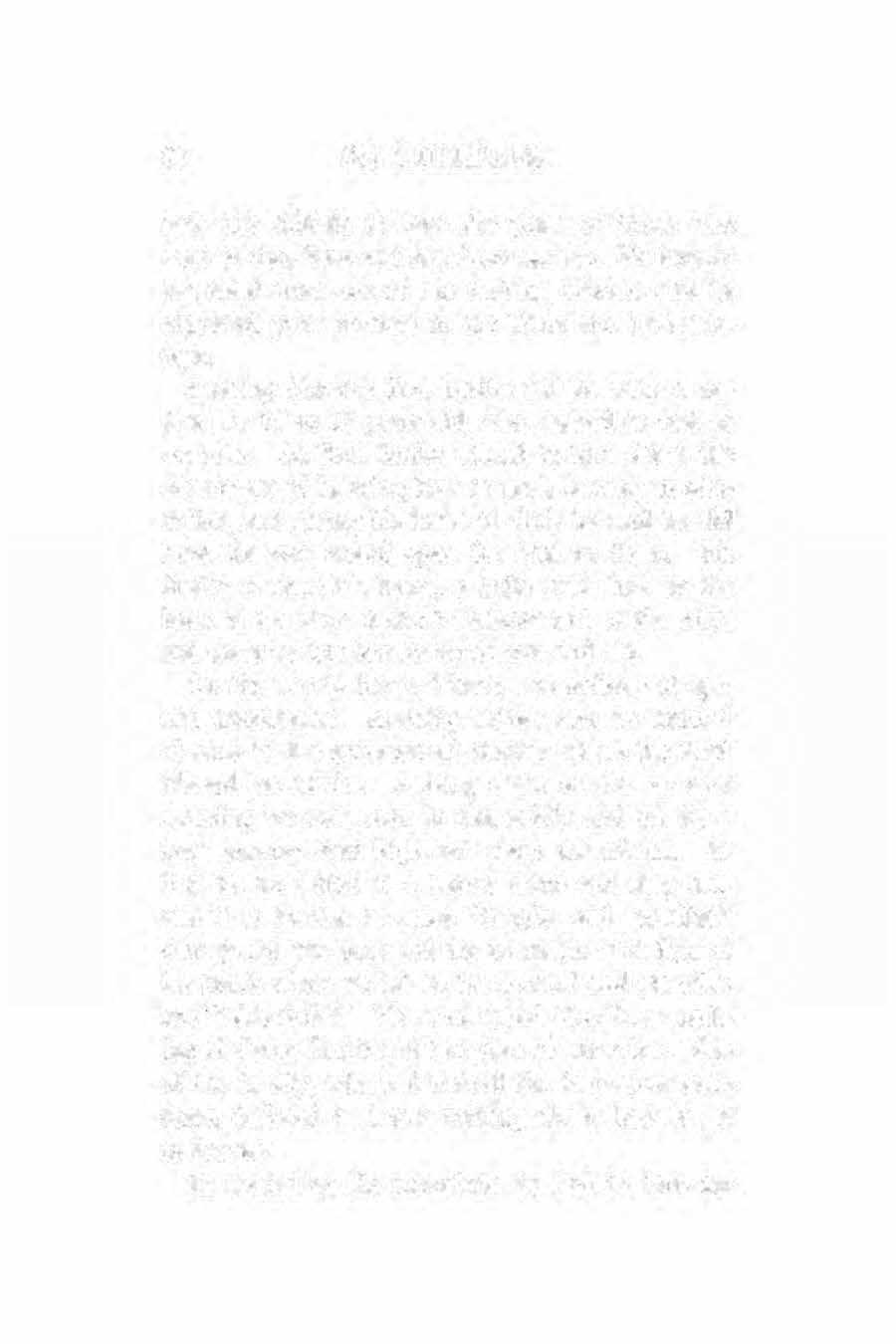
ON �IULE!BAOK
new city officials to take the place of those who were at that hour retiring from service. We bought one meal from one of the retiring officials and he expressed great interest in the Bible and its tea<:hings.
:Leaving Cubulca Bro. Butler fell in with a native boy 17 or 18 years old, who walked .as fast as we rode. A3 Bro. Butler talked to him ab0ut the advantages ,of knowing how to ·read, having an education, a;nd giving h'is heart to God, he said he did hope the way would open for him to do it. He finally rea<!hed his home, a little trash hut on the bank of the river a short distance out of the city; and there we left •him in ignorance and sin.
On the way to Ravinal there was nothing of special importance. Arriving rather late we hurried at once to the government theater where the Lord blessed the serviee. Arising again at 4 a. m. next morning we were soon in the saddle and off for a long journey over high and steep mounfoins. At 2 p. m. we ·called at a native home and they consented to furnish us some "frijoles and torteUas."
Our spread was prepared for us on the dirt floor of the porch where we sat on the ground and aite without "table toc1s." We �oon found they knew nothing of ,Teisus Ohri$t ann the pla"'.1 of salvation. One of the family, who had neared the four-score milestone, declared he knew nothing about how to get \..0heaven.
In ascending the mountain we had to turn our
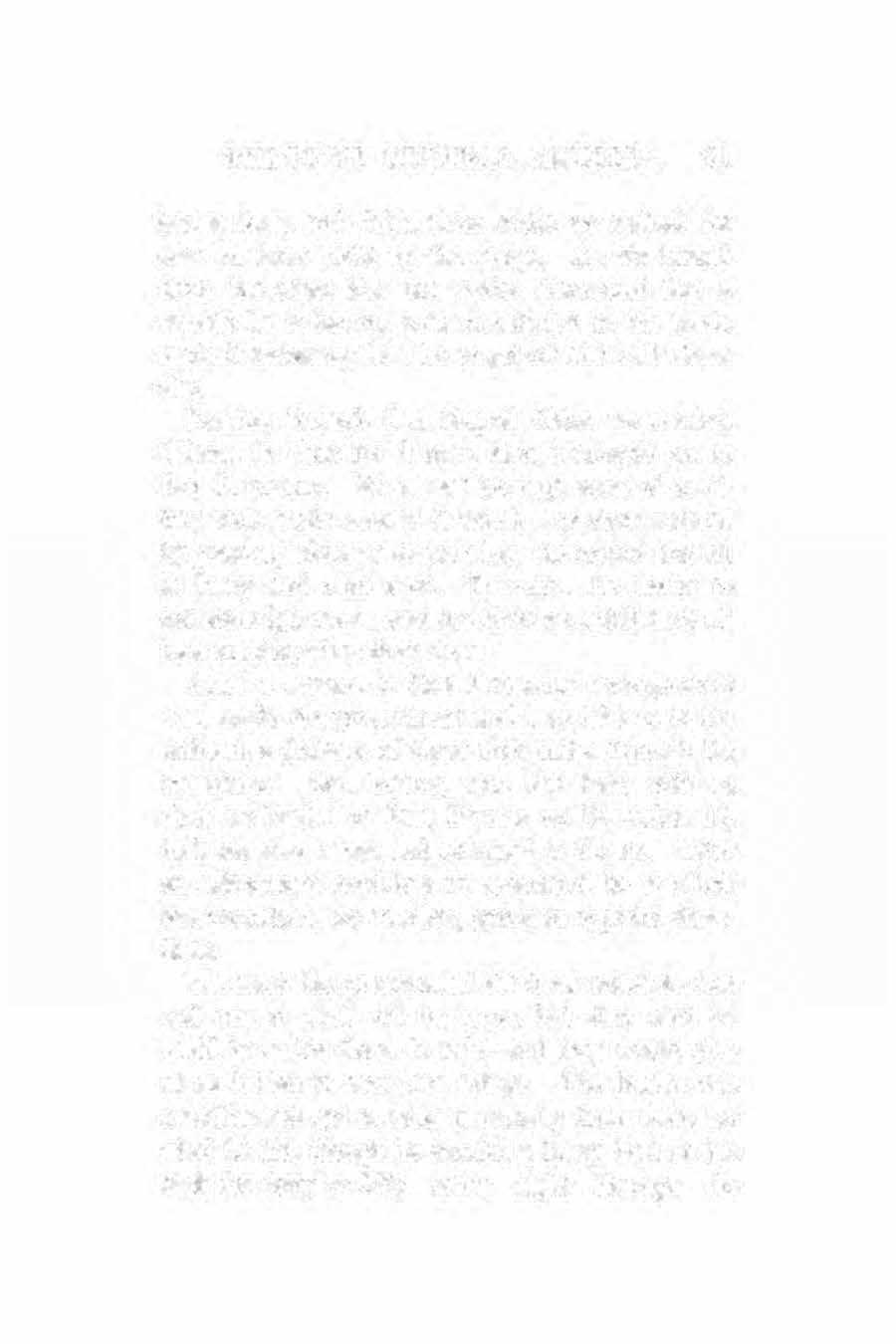
THROUGH CEN-TRAL AMERICA. 61
horses loose and drive them while we walked for over an hour right up the steeps. As we turne,i down the other side the writer discovered that a trouble he is having with circulation in his lirnb0 made it necessary for him to get off and walk down also.
Passing through San .Meguil Chica we reacheJ Salama in time for dinner, then journeyed on to San Jeronemo. We passed through acres of territory with walls around it which was once watered by great aqueducts and owned by the monks, but all is decay and ruin now. rryranny, the desire t; maintain ignorance, and the covetous spirit have a!l been reaping what they sowed.
After a service at San J eronemo arrangements were made for government mules to take us to the railroad, a distance of about forty miles through the mountains. Bro. Butler, who had been with us since we landed in Port Barrios on November Hi, took our four horses and returned to Cohan. After an affectionate good-bye we .separated, he to climb one mountain, we another, going in opposite directions.
We asked the government for three mules to ride and one to pack our baggage; but they said we could have the three to ride, and they would give us an Indian to c.arry our things. The Indian was a soldier and got nothing persona11y from them for what he did, though he carried a heavy load on hi8 back for forty or fifty miles right through the

ON MULEBAOK
mountains. 1-Ie kept right up with us though we pushed our mules at a good gait. We took great pleasure in giving him his meals, which we were not expected to do, and at the end of the journey gave him money for his personal use,
The last day of the journey just after daylight we passed through a good sized village where there was a family of believers. The man and his wife ame to the ga,te with an affectionate greeting and begged us to stop and have breakfast, or at le3&3t wait for them to bring up the cow and get us a glass of milk. As we started on the tnan assured us that they and all they had was at our service for the Lord.
\Ve arrived ait .El .Rancho about 9 a. m. where WI! took the train and traveled thirty-nine miles by ra51 as second class passengers to Zacapa, where we took other horses to continue our journey to Chiquimula to hold the camp meeting for. the Friends Church. Simeon, one of our native Indian workers, has accompanied us on foot and is going to the camp afao. He has come 160 miles, having traveled 120 of it on foot.
At the depot in Zacapa Bro. Conway Anderon, a miss_ionary, met u. ,re had e:xpected BrOt";. Jackson and Dunkurn, but heard Bro. Dunkum was in bed with fever, and Bro. Jackson had just had a siege of it. Through all they nre keeping their 8pirits up, and their faith in God. No one but the missionary knows the trials, teetings and disappointments of a missionary. God bless them a:11.
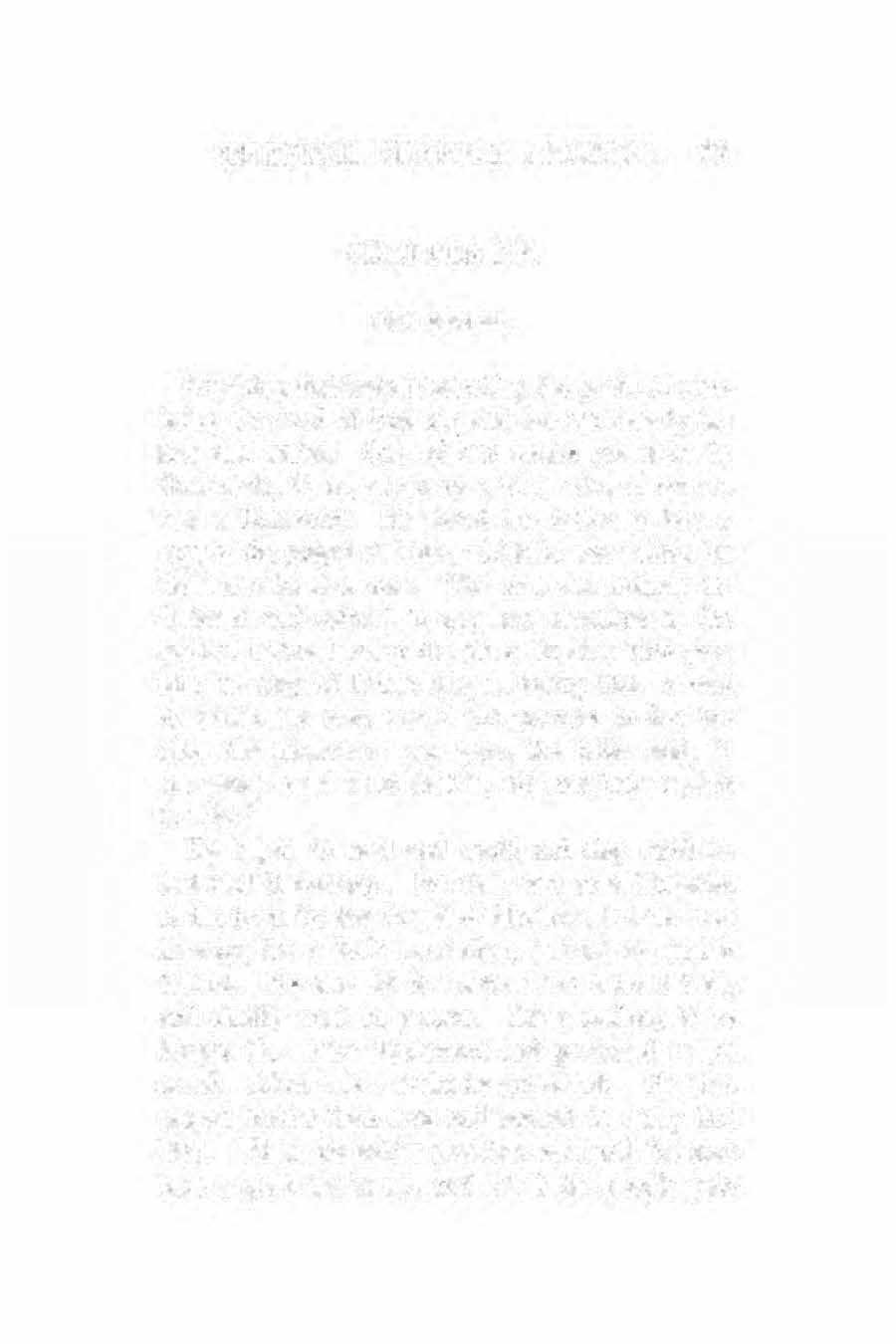
CHAPTER
XV.
ONE GOSPEL.
Touching incidents illustrating the profit of scattering the word of God in print are continually before the writer. One of our native preachers in Guatemala, C, A., called on a tailor who, of course, was a Romanist. He asked the tailor to buy a copy of the gospel of Luke, which he was selling for three-fourths of a cent. "rhe man was entirely indifferent and refused to pay any attention to the matter. Before leaving the place Brother Tito gave him the copy of Luke's gospel, asking him to read it, which the man wou1d not promise to do; but after the missionary was gone, the tailor said, '·l am going to see what that is, for everybody says it is a lie."
He began to read and could not stop until he had read it through. He then sent to a Christian in the town for the Gospel of Matthew, but the man knowing the tailor's reputation, refused to send it to him. He sent for it a second and a third tim2, and ifinally went in person. After reading it he bought the entire Tecstament and professed to ge.t saved. After a few weeks he got drunk. He then prayed harder than ever and se€med to really find God. When the native pTeacher returned the man bore a good testimony, and asked the people pub-
G4
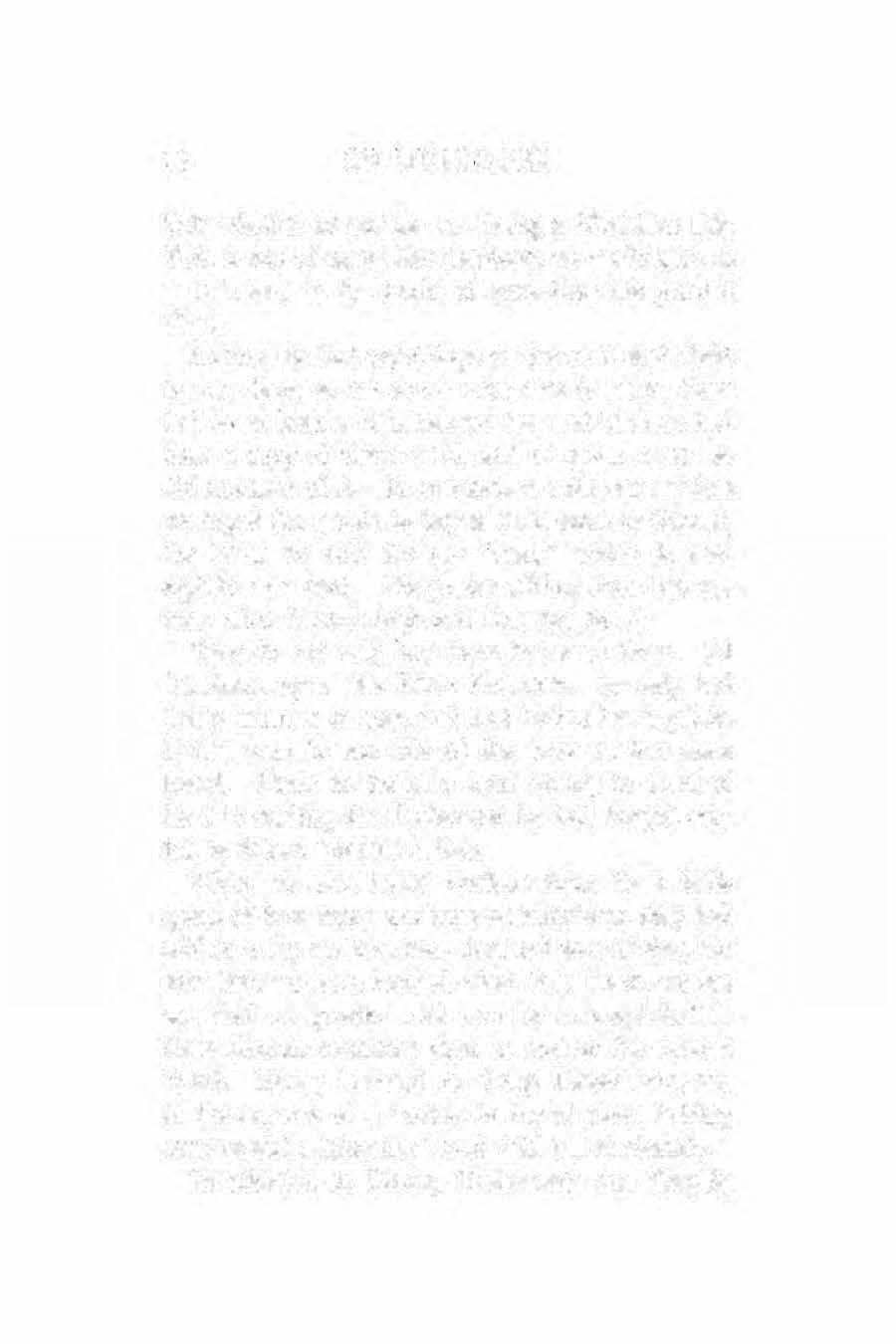
ON MULE,BACK
licly whether or not he was living a Christian life. rl'his is one of many like incidents we coud give as a testimony to the profit of spreading the printed Word.
During the h.st eight days we have entered eight towns where, so far as we were able to learn, there had never been a Christian service, and if there had been a copy of God's word sold or given away we did not hear of it. In connection with our services we urged the people to buy a 'festament or ·Gospel; the latter we sold for one ' real/' which is fiveeighths of a •cent. We prefer selling them because they value it much higher i£ they pay for it.
They do not only buy them but read them. At Sar:;toon, upon the RiYer Sarstoon, we only had thirty minutes to stay, and just before leaving Bro. Butler went to one side of the town to buy some bread. There he found a man sitting in front of his hut reading the Testament he had bought only ten or fifteen minutes before.
When we have heard workers from these fields speak of how many portions of scriptures they had sold in a day we have been inclined to criticise; but now that we have learned what they knew, we can say that r.o greater work can be accomplished iu these Roman countries than to scatter the printed ,vord. Money insested in cheap Testaments, and in the support of a worker to travel about holding crvices and selling the Worcl, will tell in eternity.
In addition to Bibles, Testaments and Gospels,


Some who Walked over 100 Miles to Hear The Gospel, ...._

THROUGH CENTRAL AMERICA. G5
the natives beg for books and tracts in their own language. They could not pay the fttll pri<·(', bnt would gladly pay some price if they had the opportunity. Nine-tenths of thet3e deluded people are in this present plight because they have had Roman priests do their thinking for them for the past four hundred years. They are now tired of it and want liberty. The hope of this people and the church ,>f Jesus Chri:st in their midst is the spread of the Bible and .Bible literature to open their eyes, ancl then they cannot remain true to Rome.
(Hi
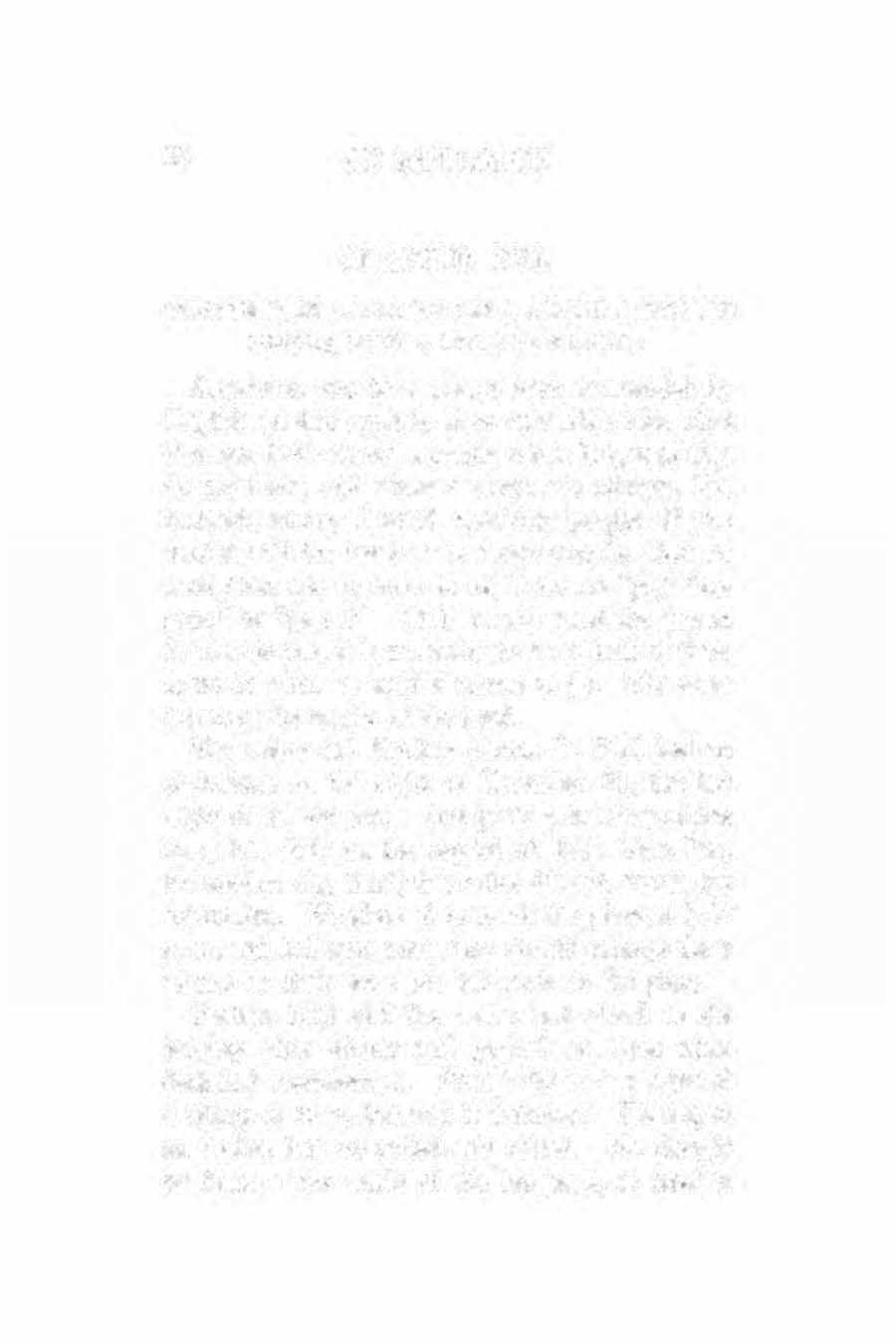
)1ULEBACK CHAPTER XVI.
STRANGERS ., IN A STR..i\NGE LAND; Al10NG A STRANGE
PROPLl , wrrn A STIL-\XGE TONGUE.
Americans who have always been surrounded by English speaking people, have very little idea what it means to be among a peop1le whose language they do not know, and whose customs are strange. For instance.,, among Spani�h 'Speaking people, if yo11 motion with the hand as we Americans do when we want some one to ·come to us, it means "go," "begone,'' or "go on.'' While if you want the person to rnmc to you, it is necessary to waYe back at them as we do when we want a person to go. The same is true of the motion of the head.
'l'he writer and Brother James V. Reid had an experience on the night of December 31, the la-,t night of the old year. Our party consisting of five men, left Salama, the capital of Baja Vera Paz, for another city thirty-lflve miles distant, across two mountains. We planned to reach the p:la<'e at 7:30 p. rn. and had sent word they should arrange for a service as there were two believers in the plaee.
Brother Reid and the writer got ahead in the journey after dinner and pushed on, even when dark had overtaken us. Near 7:30 we saw signs of a village or town, but was it Cubufoa? Rahing at an Indian hut we "Called and called. ,ve thought we knew a few words of the language, so tried to
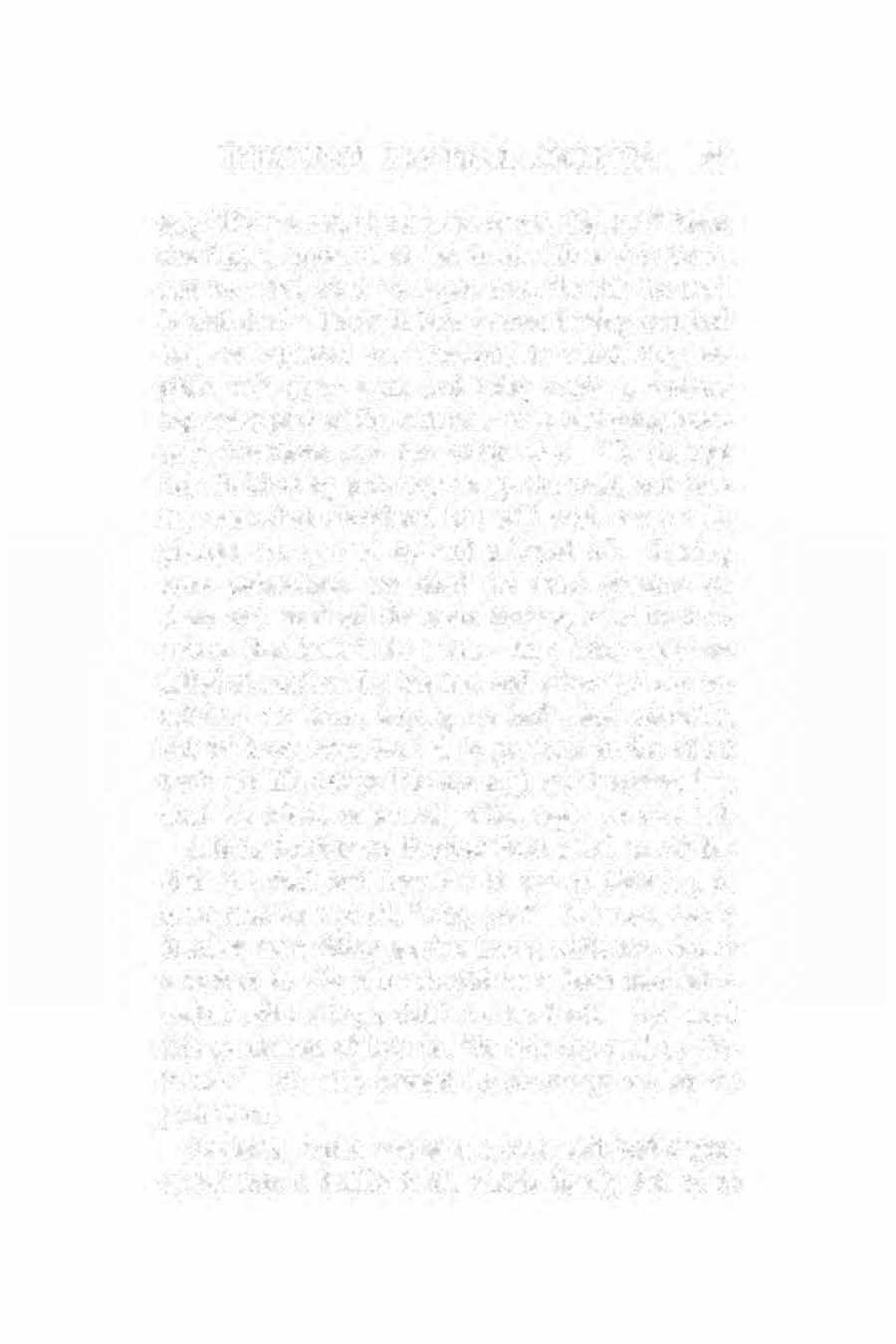
THROUGH CENTRAL AMERICA. 67
say, ''Excuse me, Senor; excuse me, Senora." Some one finally appeared at the front with a pine torch, and we asked what we hoped was, "ls this the road to Cubuka ?' 'I1kree Indian women having marched out, we repeated our question, to whk!h they replied with great signs and lying. wonders, motioning every part of the compass, even including heavenly directions and the other also. We thought they finished by pointing on up the road, and feeling somewhat confident, but still with many misgivings, we spurred up and galloped off. Passing some pedestrians we tried the same question on them and received the same answer, or at least an answer that looked the same. In a little while we called at another Indian hut and exhausted our vo.. cabulary on them, hoping we had asked correctly, but we have both decided to go down to the silent tomb (if He delays His coming) not knowing jmit what we asked, or exactly what reply we received.
A little further on Brother Reid asked an old Indian the road and how far it was to Cubu]ca, in great glee he replied, "Yes; yes." We next met n dr"Qnken man riding a sober horse, while his wife-or a woman to whom he should have been marriedwalked with a large child on her back. We asked this gentleman of leisure, "ls this the road to Cubulca ?" He also seemed to encourage us, so we pushed on.
Our road, which was once a cart road, had degenerated into a bridle trail, which finally led us to
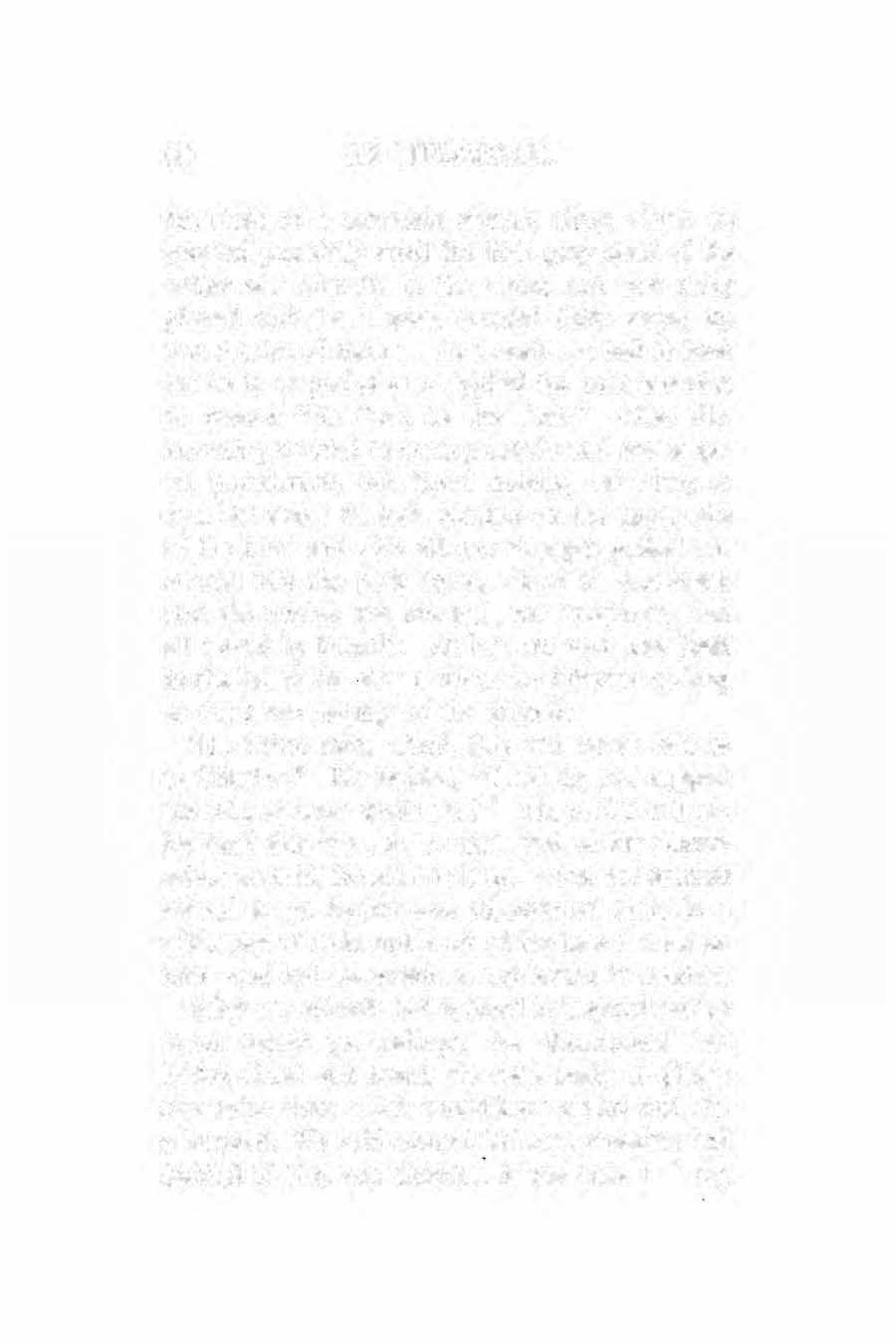
ON MUL EmAOK
the bank of a mountain stream, along which we traveled peacefully until the little gray steed of the writer saw himself, in the water, and not being pleased with the Ekene:::s traveled (side ways) up jnto a patch of thorns. As a result we had to have the knife (a pocket one) applieu the next morning to remoYe ''the thorn in the flesh." After dismounting we tried to eoax, persuade and u>e eo.rporul punishment, but found nothing .effective; o n a fast resort we took position on the upper side of the bauk and with a11 our strength pushed our animal into the path again, where he discovered that the trouble was not real, but imaginary, and a11caused by himself. At last our path lost itself i.n the bed of the stream which we followed as long as there was footing for the animals.
The ,,Titer said, "Reid, this will never take us to Cubu'lca.'' He replied, "What do you suppose the folks &thome would say ?'' The reader will understand this was only a small part of the conversation we held, for after halting-when our animals refused to go further-we dismounted there in a wilderness of rocks and brush at the base of a mountain-and had conversations not lawful to mention. After our animals had refused to respond further to our urgent persuadings, we dismounted and looked ahead and found we were ready to plunge over so:ne rocks which wou1ld have meant work for a hospita:J. We helo connctl between oulves and derided if that was Cubnlca it was time 1 - tve,
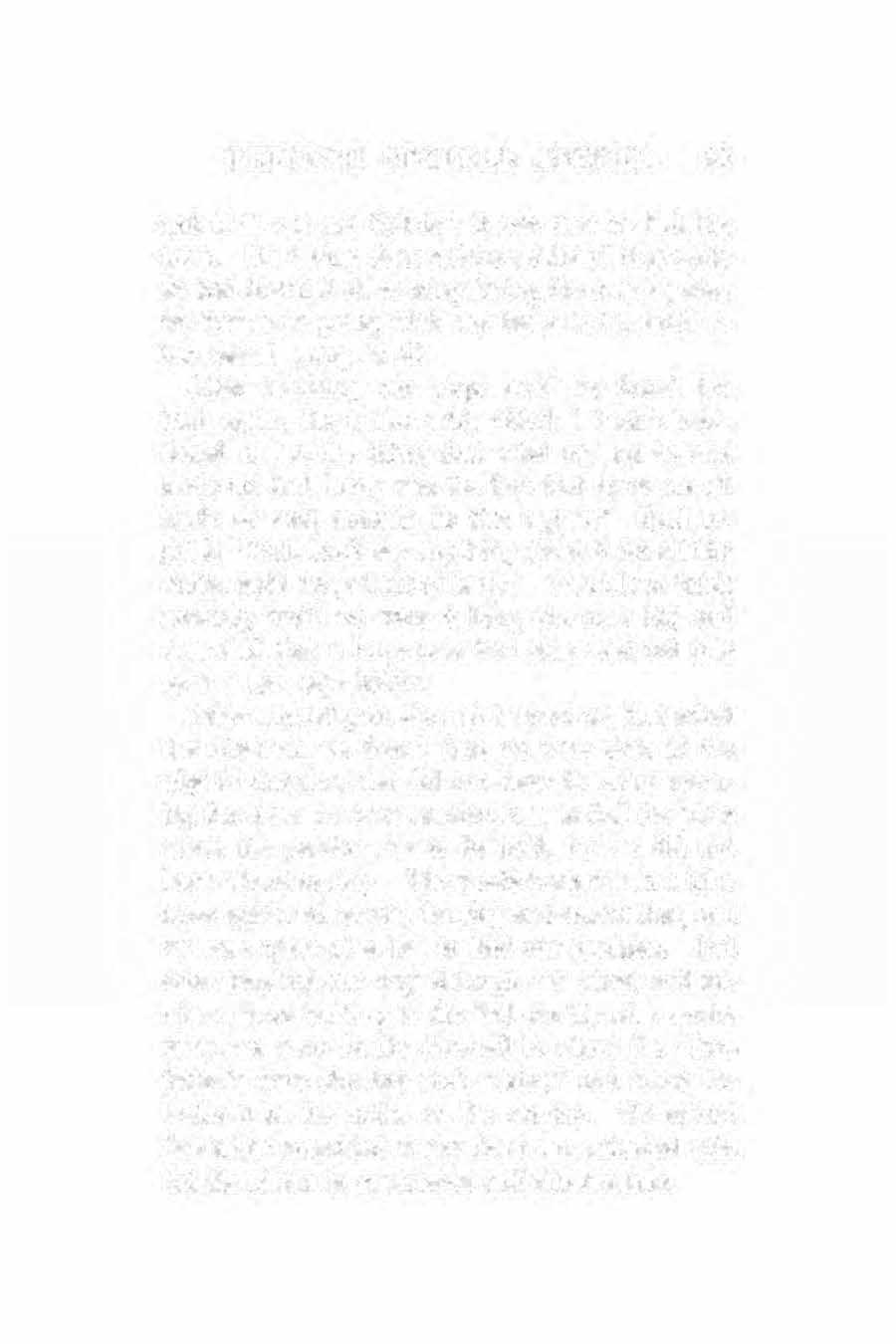
THROUGH CENTRAL AlIERICA. G9
and if it was not Cubulca it was time to find the town. On taking observations we found that while we had traveled all eYening facing the evening star, we were now going with our backs to it, until we had ceased going at all.
After retracing our steps until we found the trail again, the writer said, "Reid, I hadn't mentioned it, but the thing i:hat pried my hat up an,J made me feel funny was the fact that there are all kinds of wild animals in this region." Reid replied, ''Well, don't say anything about it for a little while, until we get out of here.'' We dicl not thin'.{ seriously until we were talking the next day arn1 were told that a large bear had even ventured into town a few days before.
After returning to the point where we first asked the direction we found that we were even in the edge of Cubulca, and dicl ·not know it. After reathing the town the next question was to find the place where the service was to be held, for we did nt)t lrnow where to stop. The whole town was in a hilarious uproar of music, dancing and celebration, and we were quite at a loss to find our brethren. B1.1t after wending our way through one street and another, again putting to the test our Spanish vocabulary, we were finally directed to where the "Protestants were showing their vistas _, " and found the brethren in the midst of the service. We retired that night somewhat weary from our extended ride, but the richer in experience and illustrations.
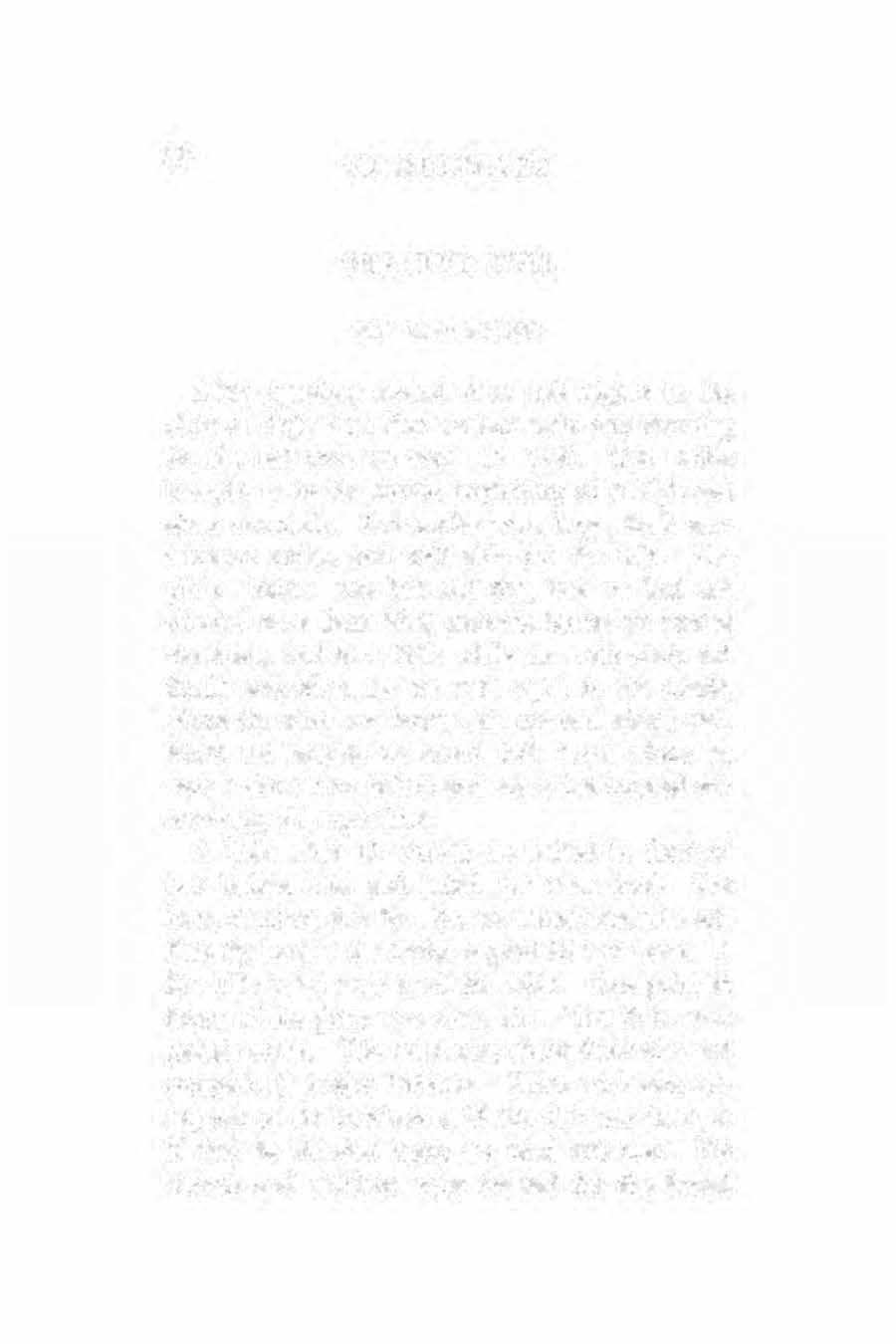
ON MULEBAGK
CHAPTER XVII.
MY LAST NIGHT.
After spending several <lays and nights in the state of Baja Vera Paz we le.ft early one morning for the last town we were to visit. Ten miles brought us to the abrupt beginning of a high an:l steep mountain. Our mules were large, fresh government mules, and well able for the trip. The plain below was hot and dry, but we had not climbed more than thirty minutes before we wanted our coats, and in a little while our rain coats and finally umbre1las, for we were right in the clou, where. the wind was heavy and uncomfortably cool. .,ram the heights we ,could. look down where we were a short time before and see a hot tropical sun scorching all vegetation.
A little after 12 o'clock we halted in iront of two Indian huts and asked for some food. The !1uts, standing fide by side, we cannot describe suff iciently to give the reader a good idea of them. A few litle poles were used for 5ides. One point in favor of the place was fresh air. The floors were mother earth. TJ1e huts were about 8x10 feet, anJ oooupied by twelve Indians. \Vhen we began eating one of the brethren aid the dirt was clean, so if that he dceicled upon we need. not fear. The women ancl children were dres...d for the hottest
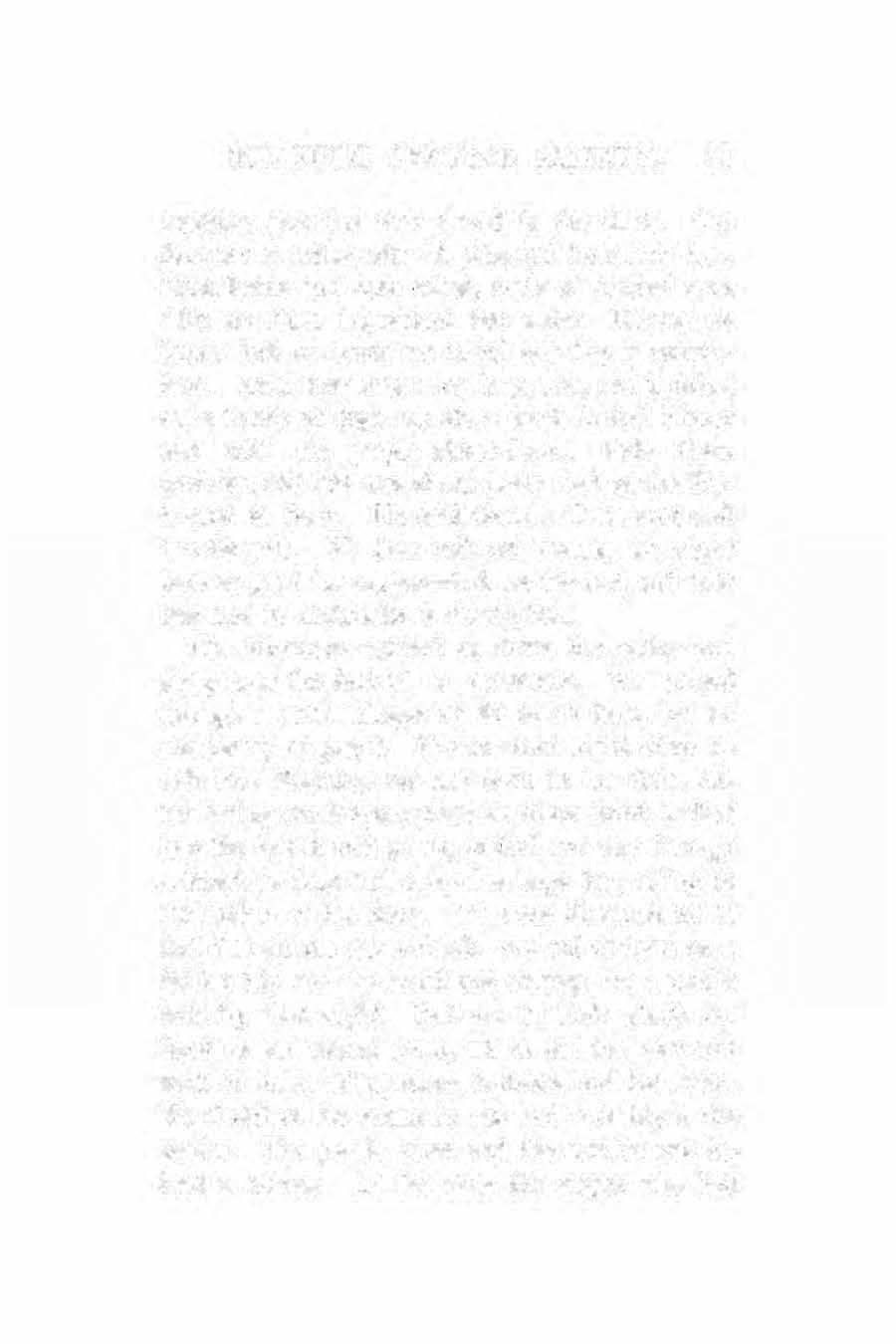
THROUGH CENTRAL AMERICA. 71
weather, provided they stayed in the shade. Our dinner was principally "frijoles and tortellas," i. e., black beans and corn cakes, made of crushed -corn with no other ingredient but water. Having no knife, fork or spoon we found our .fingers convenient. After brushing aw-ey bugs, etc., and fighting off a bunch of dogs, we ate a ml'·ch desired dinrnnand told the people about Jesus, bade them good-bye and left one of our party reading the Testame.nt to them. He sold them a Testament and two Gospels. We then rode off trusting we might have as good for supper-but we did not, and it i� best not to undertake a description. The afternoon carried us down the valley and along near the foot. of a mountain. \Ve passeJ through several villages of 20 to 40 huts, but no missionary or gospel. It was about night when we rode into Morazon, our last town jn the state. After finding our lodging place we dismounted, walked into the dirt-floored porch, pus·hed our way through a bunch of dogs and around a large hog eating ]a the middle of the floor. \Yc were disappointed to find that all the city officials were out of town on a fishing trip and we could not arrange ior a public building that night. But our hmdlady glad:y offered us her '_argest room, whiJh did the four-fold work of office, sitting-room, bedroom and bar-room. We stret.'3-hed the screen in -)ne eno and began the, servi�e. The people came ·md the service was indeed a success. At the dose the mayor who �1ad
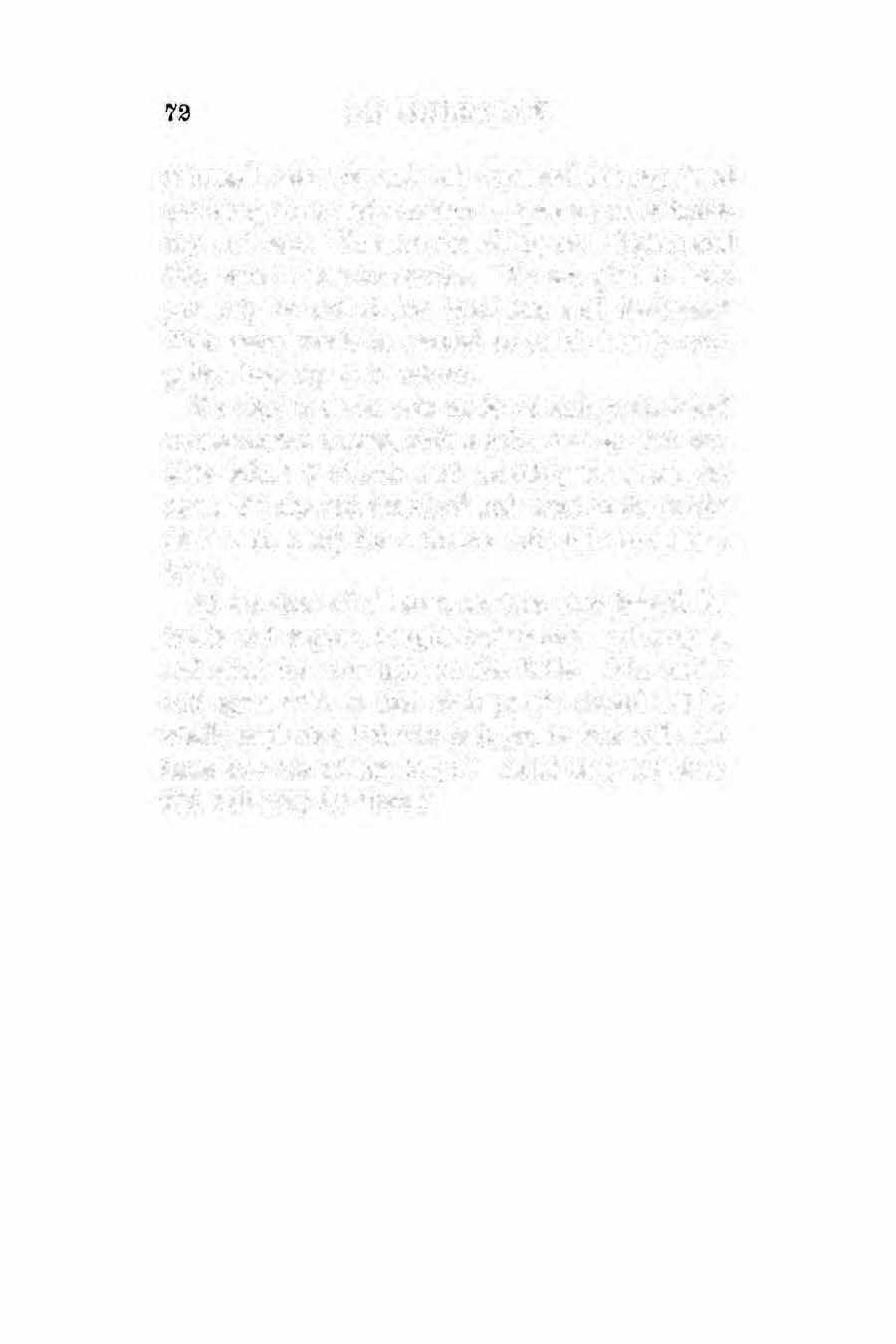
ON MULEiBACK
returned, came forward and expressed his regrets at not being there early enough to open a public building, and said, ''You are preaching my religion and this town is at your service. We are glad to have you help us out of this ignorance and darkness." With many words he assured us of his hearty sympathy; begging us to return.
We. slept there on cots made of strings stretched across wooden frames, with a palm mat on each one. Just before 4 o'clock next morning we arose, ate ome ccfrijo1es and tortellas'' and were in the saddle at 5 a. m. ready for a f ifteen mile ride to catch a train.
At the dose of all such services they begged for t;racts and papers; bought testaments and gospels, and asked for more light on the. Bible. The reader will agree with us that euch people should not_be wholly neglected, but who is to go, or who will send those who are wil'ling to go? After they are tb0re who will pray for them?

THROUGH CENrrRAL AMERICA. '13
CHAP'l'ER XVIII.
THE FRIENDS CAMP.
&fore leaving the states it had been planned foi' us to attend the annual conference and camp meeting of the Friends Mission in Chiquimula, Guatemala. The date arranged for was January 7to 13. We had to travel on horseback from the northern part of the country to a point on the little railroau. Thence thirty-nine miles by rail as second cla:::s pa�sengers; then twenfy�five miles again in the sadd1e. We arose at 2.o'clock in the morning to make ready for this last stretch of the trip, and arri,·ed about 8 a. m. The batt.le opened at once. rrhis was their regular annual meeting and well attended iron various parts of Central America.
\Ve counted ten persons who came one lrnnclrel1 miles or more, and. so far as we were able to learn only one of them rode. He ,came on a mule. In the absence of Miss Smith, the Superintenclcnt, who was in the United Stater:- on account of her h0alt\ Miss Burke was in charge of the work. Her rare ability to manage and direct the work in general and the camp in particular, was indeed noticeable. The services were at 8:30 a. m., 2:30 and 7 p. m.
Practically a1lthe servires were markec1 with deep conviction and �eekers at the altar. Those of our readers who have never been embarrassed by trying
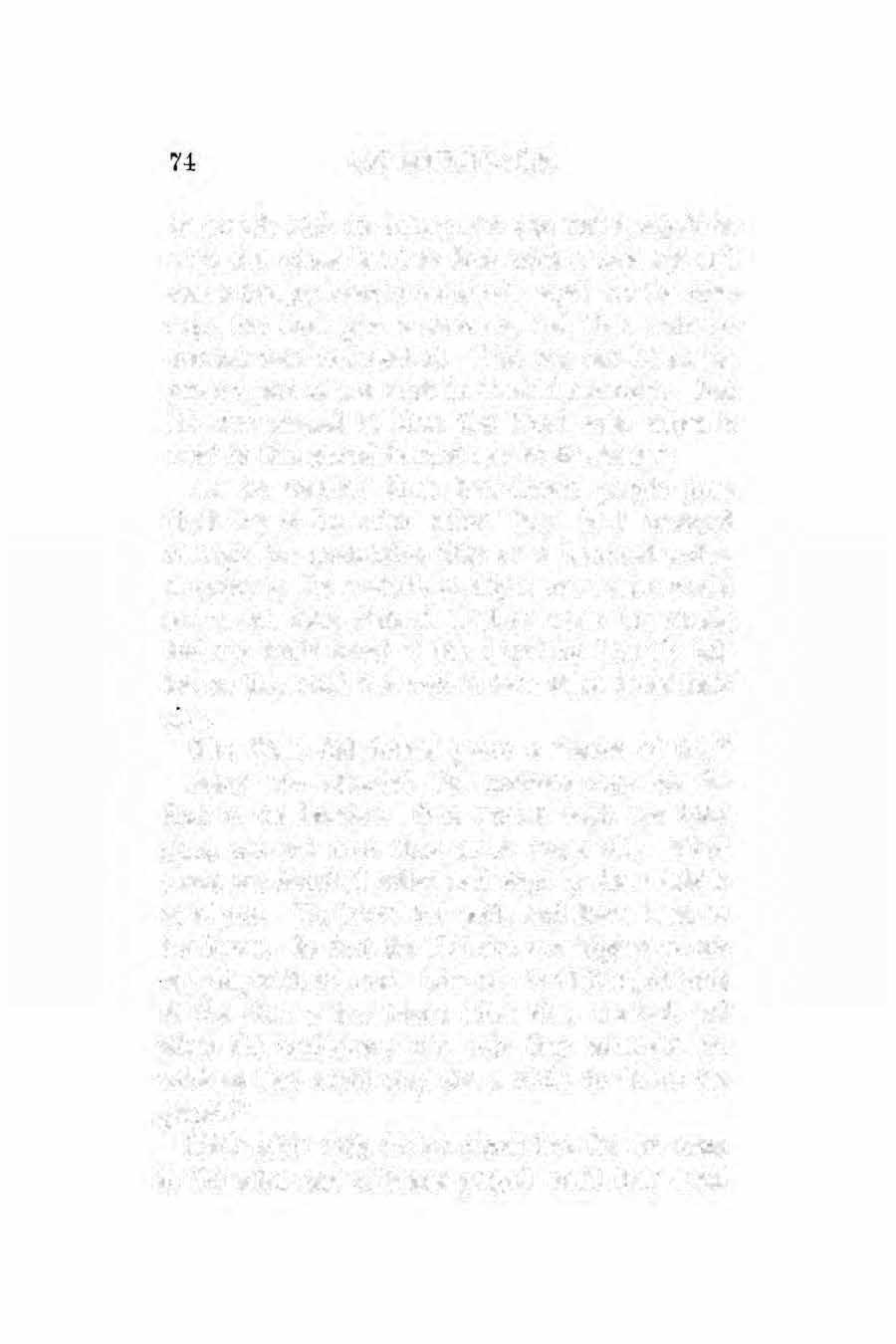
ON l\fULEBAOK
to preach with an interpreter can not sympathize with one whose heart is fired with a message and sees a hungry hearted multitude, eager for the message, but must give a sentence, and then wait 'for another man to repeat it. This was our lot in the greater part of our work in Central America. But He was pleased to bless the ·word even when it ,rent in this second�handed way to the hearer.
As ,re watched. those bare-footed people press their waJ to the altar after they had tramped through the mountains fifty or ·a hundred miles, stopping by the roadsidJ at night, our hearts would melt; and tears claimed a place when big strong Indians would kneel at the altar -and literally bellow as they cried for God to save them from their srns.
rrhe Word did indeed prove a Hsavor of life."
Jfany who attended the meeting slept on the floor or on benches. One woman ,Yith two little girls, one not more than seven years old, walkeJ about one hundred miles and slept by the roadside at nights. We know her well, and have been in her home. In fact the idol she worshipped we are carrying with us now. She and the 1itt1e gfrl were at the altar a few hours after they arrived, and ··when the conference was on�r they •arranged for work so they eonld stny for a whik to "le-arn the gospe.l."
Little girl� with divine �onvidion for sin came to fae altar ana ofttimes p-rayed until they could
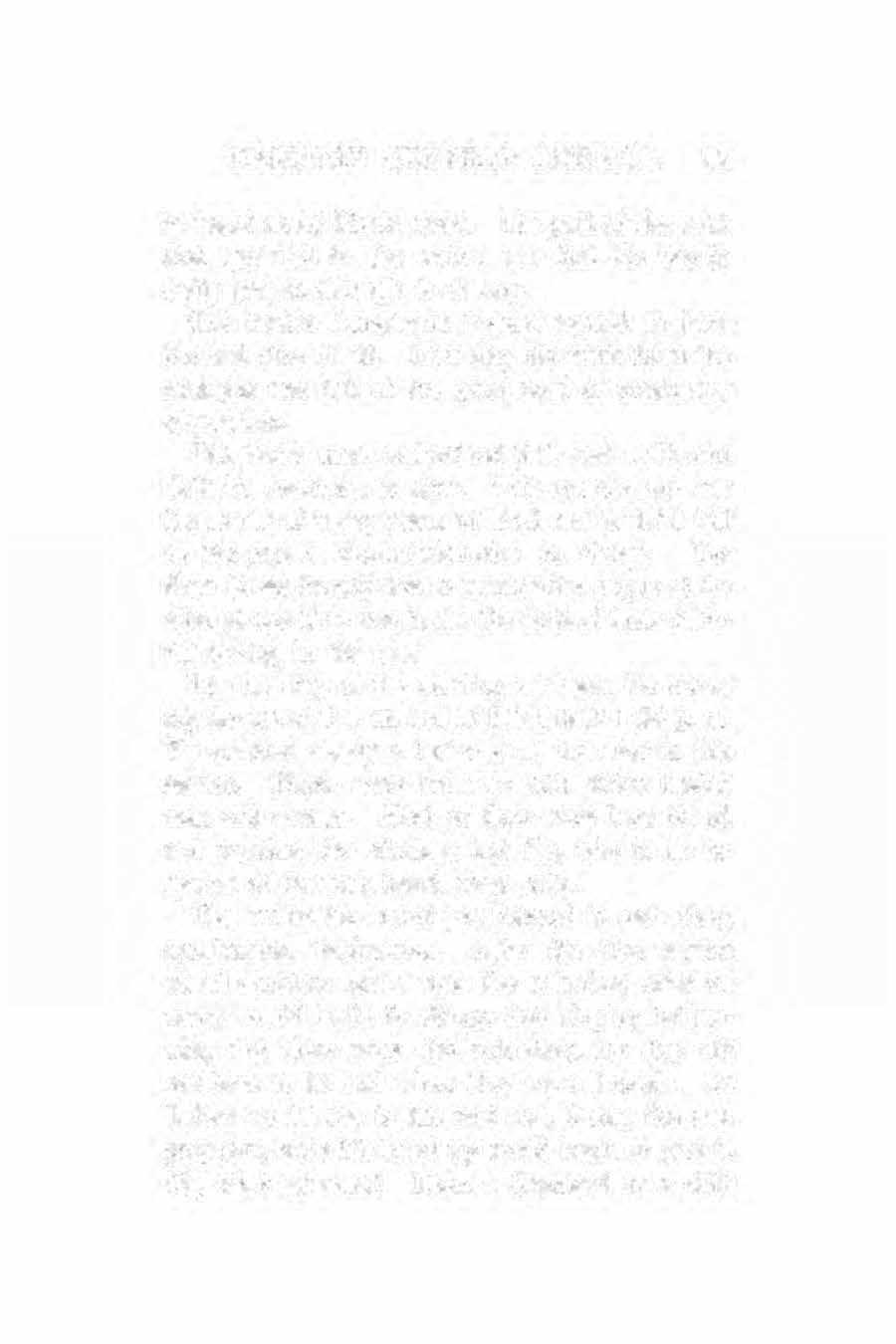
THROUGH CENTRAL AMERICA. 75
be heard many blocks away. The part of the work that appealed to the writer w•as that the people real:ly prayed through to victory.
The twelve Americans present seemed to have the best time of all. How they did drink down the messages and tell of the great need of missionary evangelism.
The reader must unc!erstand that work in Homan Oatholie countries is slow. This great camp wa the result of many years of ha-rd a111dfaithful toil on the part of the missionaries in charge. For them to see twenty-five to seventy-five people at the altar at one time was to see the fruit of their faithful sowing in the past.
The last day 0£ the meeting we began the morn ing service at 8 a. m. and it lasted until 1;30 p. m. We counted nearly a hundred at the altar in this service. There were children aod white he:aded men and women. Most of them were bare footed and wearing few clothes; but He, who is no respecter of persons, heard their mies.
The writer has never Jet listened to such clear, spontaneous testimonies. After the altar cSe-rvfre would continue for a time the voluntary cries for mercy would begin to change into ringing te:::timonies, and these were also vo]unt,ary, for they did not have to be told when they were through. An Indian would rise to his feet and, facing the congregation, with his 'hand up would begin to preach. Oh, what sermons! Then a 1Spaniard or a child

OX MULEDAGK
would follow. .No one was told to do it; oh no, . it wasn't necessary;. they wept if they did not get the privilege. At one service a boy, possibly twelve ot· thirteen years of age) stood waiting for his turn, unti.l it looked as though the service would close before he could tell how Jesus had saved him from sin. Fearing he had lost his opportunity to testifJ;, he began to weep bitter.l,r. Indeed it seemed that if thee could not get to speak, the stones would cry out and praise God.
Some of the children are from various parts of the republic, but are there in school.
The Americans present agreed that a conference in the states like this one would he counted the greatest camp in the whole country. The tired, over-worked missionaries declared they had received as much, or more, out of t.hat meeting than the nati\'es. 'Why not add this country to the evangelistic field of the United States?
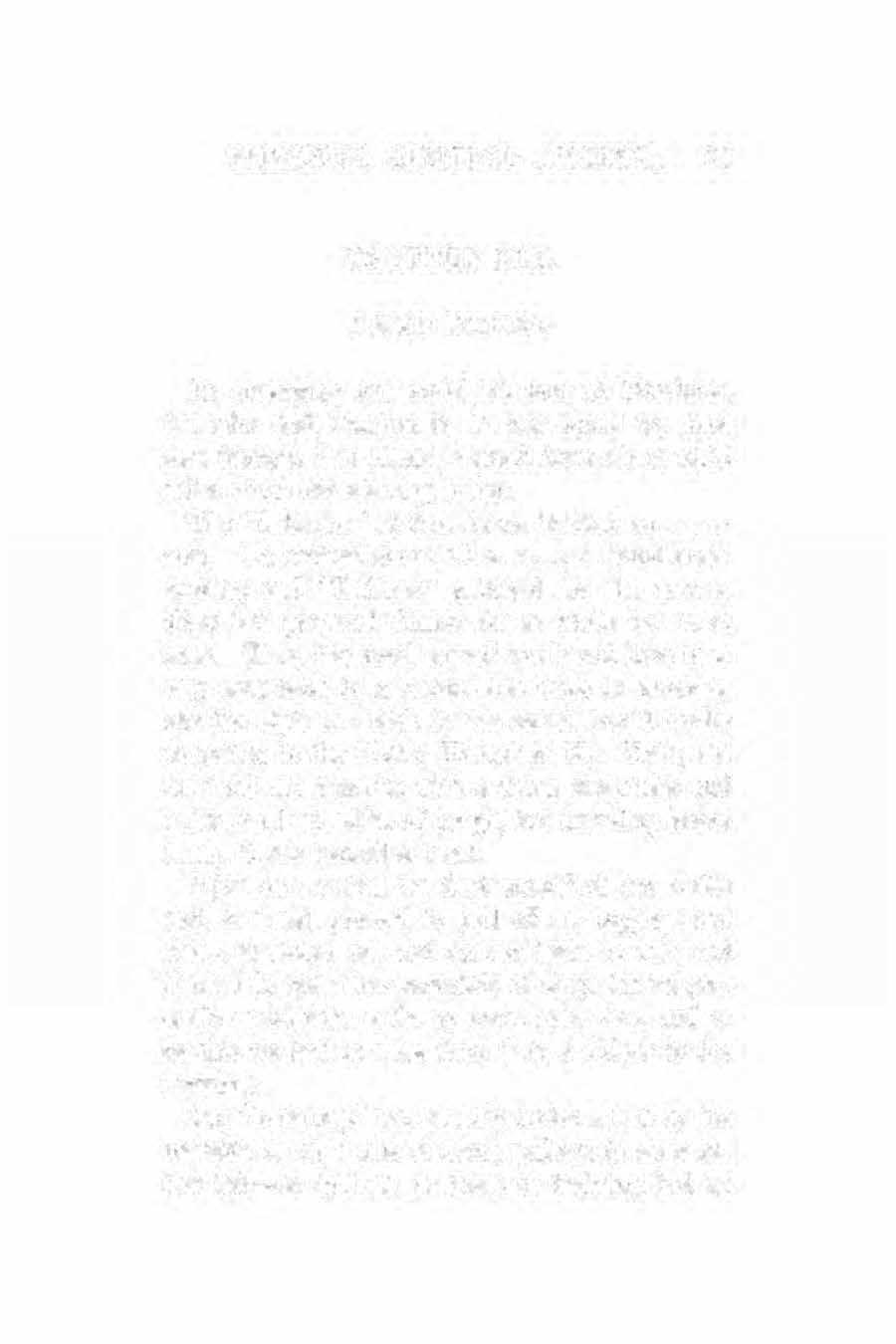
CHAPTER XIX.
A NOON MEETING,
In arranging our muleback tour of Hondurn2-, Salvador and Guatemala, it was found we must pass through San Alena, a small town six or eight miles from our starting point.
The "believers" at San Alena insisted on a service. We arrived about 10 a. rn. and found many Indians and "Ladinos" gathered for the service. They had prepared dinner for us which we ate at once. True, the meal served would not have been very acceptable in a fashionable home in America, and the style in whi,;h it was served would hardly do justice to the c(Astor House" in New York; but for tired missionaries with a dozen mountains and a few hundred miles of rough, hot traveling before them, it. was indeed a treat.
Upon our arrival we first unsaddled our mules and, as usual; proceed to pun off our legging and shoes, stretched out flat on our backs to rest, and if possible, get a few moments of sleep, for we generally made fifty miTes or more every day, and +o do this we had to arise from 2 to 4 o'clock in the morning.
Our "noon nap'' was usually under a tree by the roadside, or on a pile of corn; perhaps_ in some native bed-no springs, mattress or bedding, but we

0� �IULEBACK
always tried to fUld time to take off the saddles an.I let the mules roll in the uirt while we lay still, ;1.s we did not feel like rolling.
After our rest and dinner, we proceeded with the service. The dress of the people in the ·congrl;gation we will not d.escribe, Of course, shoes are rare and odd. Many of the women were dressed much "up to date/" W"e would not accuse these clear Indians of copying after American women, but we do believe that H our own ,vornen could see how much alike the two enas of society are dressed, the so-called upper end would quit dressing from choice like the lower end of society cJress from necessity.
As we preachecJ, they wept and shouted. The presen·ce of the Lord was very manifest. At the dose of the meeting we had a great time saying good-bye. Oh, how they cling to those who carry them the gospel! ,ve mounted and rode off at a pretty good gallop, but found some were in front of. us and others behind, but catching up. \Ve inquired if they lived up that way, and they said, ''Oh, no, we are going with you to Zagualtipeca for the night service." But what of that, it is onl} a littie afternoon LStrdll of fifteen or eighteen miles; what do they care for that?
Bare-footed women and chi1dren kept in front of us; one 1ittle boy not more than ·five years old, wearing a ''shirt" and nothing else, would at times get so far ahead we coulcl not see him. ·were they tired? The writer riding a good rnule was tired,
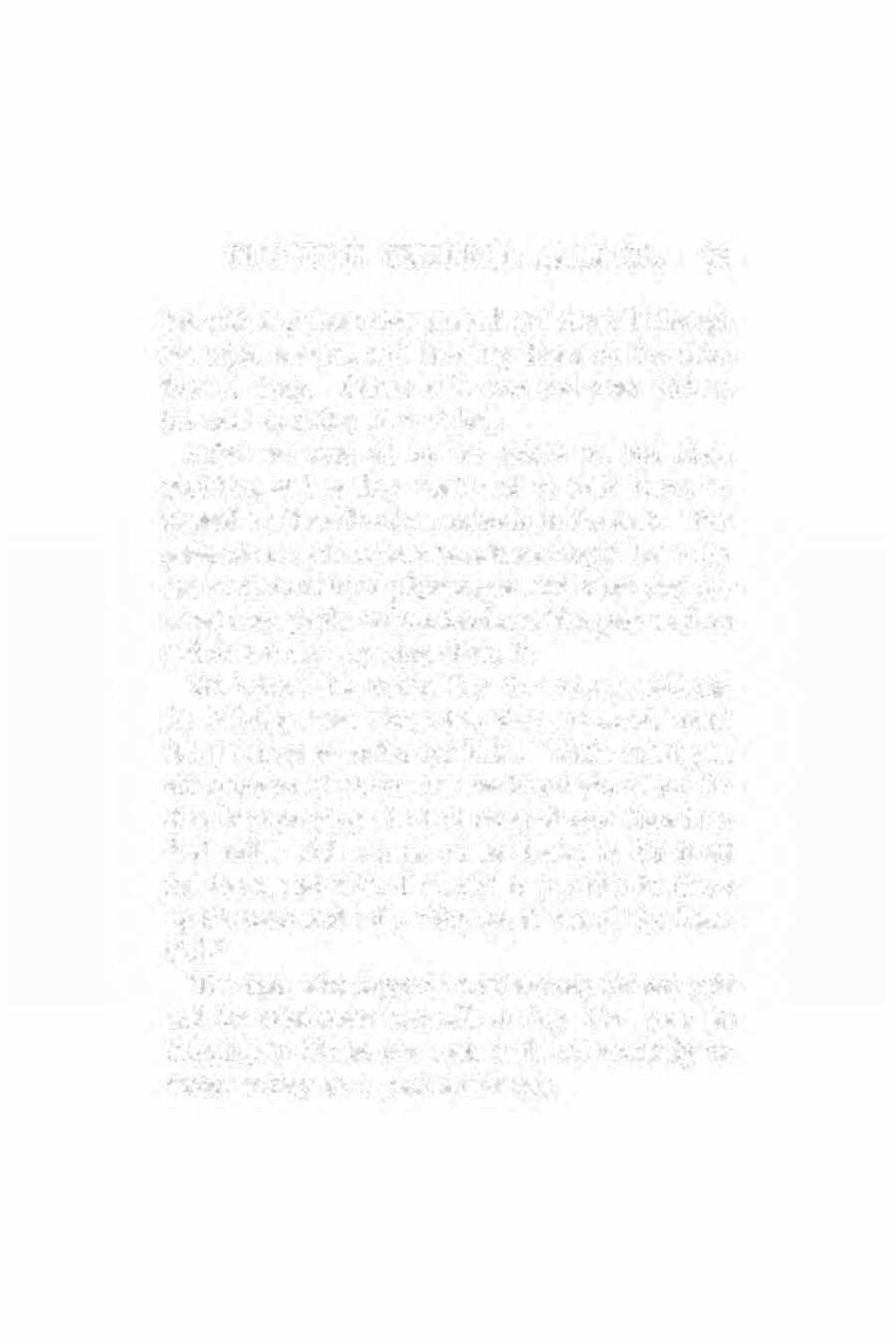
THROUGH CENTRATJ A11FJRICA. ·79
but with eagerness they prayed and shouted through the night service, and then lay down on the stnne floor to sleep. Others rode over and arose with U:, the next morning at 2 o'clock
After we were all in the saddle we tolcl them good-bye, and as they went back to their home:, W'J pressed up the side of a mountain in the dark. For generations their fathers haYebeen taught that religion consists of hard pilgrimages, and when they are saved they gladly endure hardness like good soldiers and ao not say anything abo,ut it.
We believe the reader, like the writer, woulcl enjoy helping those who, when they are saverl, count it a privilege to suffer for Him. Whi1e writing in our stopping place one day we heard one of our Indian boys praying who had tramped over three hundred miles with a paek on his back; 11e dic1 it all for Jesus, and when I wanted to pay him he threw up his hand ·and said, "No, no, it. was all for DiosGod."
The man who supports a missionary for one year and the missionary succeeds during the year in bringing to Christ one such soul, has certainly invested money to a good advantage.
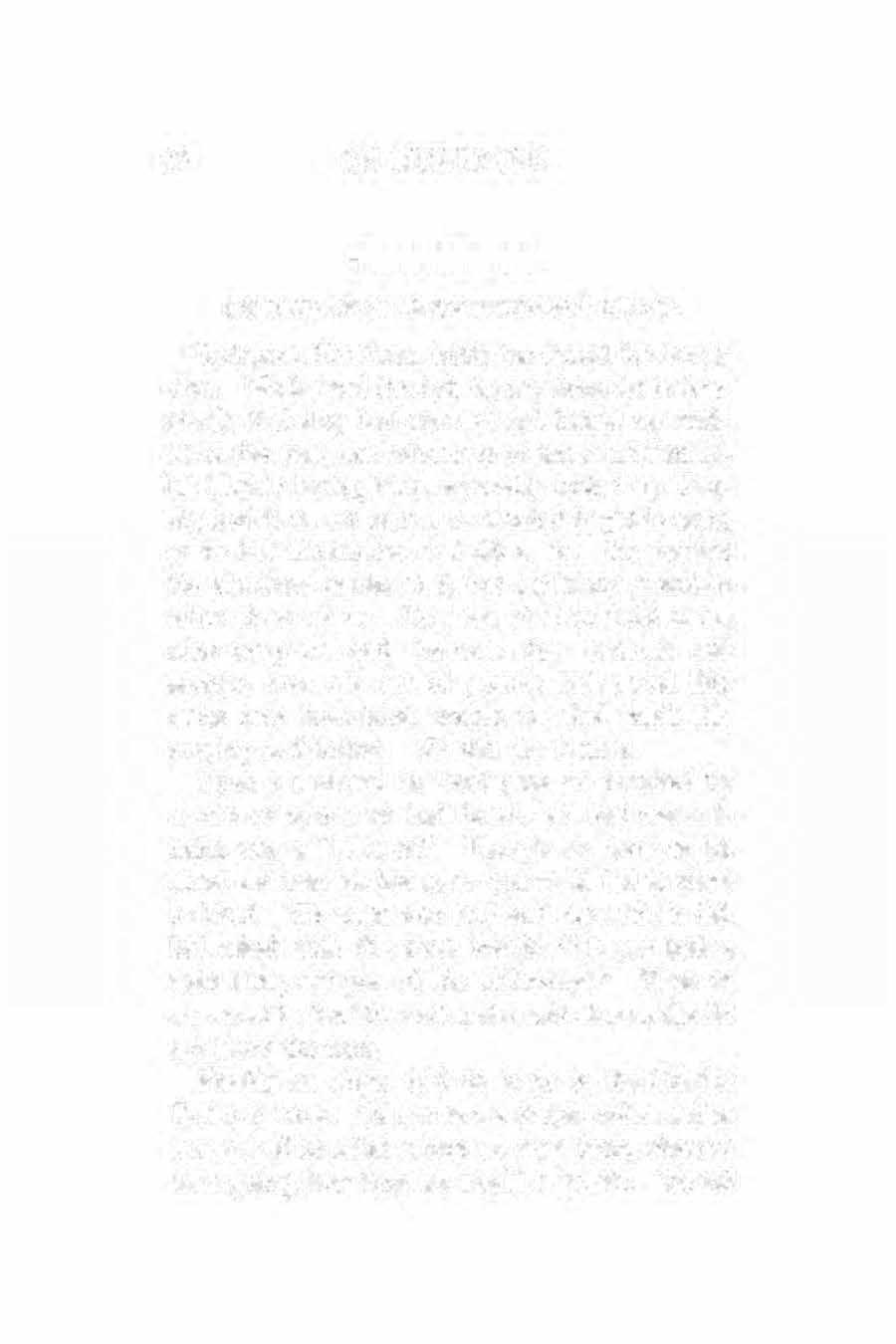

ORDERED AWAY IN TWBNTY-:FOUH HOURS.
Ocotapeca, Honduras, holds the record for fanatici:-nn. We learned through the missionaries in Guatemala that they hall arre6ted and locked up workers in the past, one colporteur or the American Bible Society having been repeatedly locked up. Fearing trouble on our arrival we wanted to get in early, so we left Esquipulas at 3 :30 a. m. We reached the Honduras border at 8, but had many mountain miles ahead of us. To arise at 2 or 2 :30 a. m., after using coat and trousers for mattress and ,springs, then eat out of gourds and travel fifty miles over mountains, makes one feel much like. praying or .fainting. \Ye did the former.
Upon our arrival in Ocotapeca we inquired for a man of whom we had heard and had reason to think was a "believer." Though we were on his stree and near his house, no one ould tell us where h ,:lived.. \Ve asked one lady and she said she did, but asked with the next breath, ·"·Do you believe with him ; a,re you of his following?" When we answered in the affirmative she said at once she did not know the man.
Finally an offiicer t.old us to go to the Ohief of Police at unce. Of course we obeyed orders and on m:r arrival he asked where we were from, where we were going, how long we would stay, etc. We told

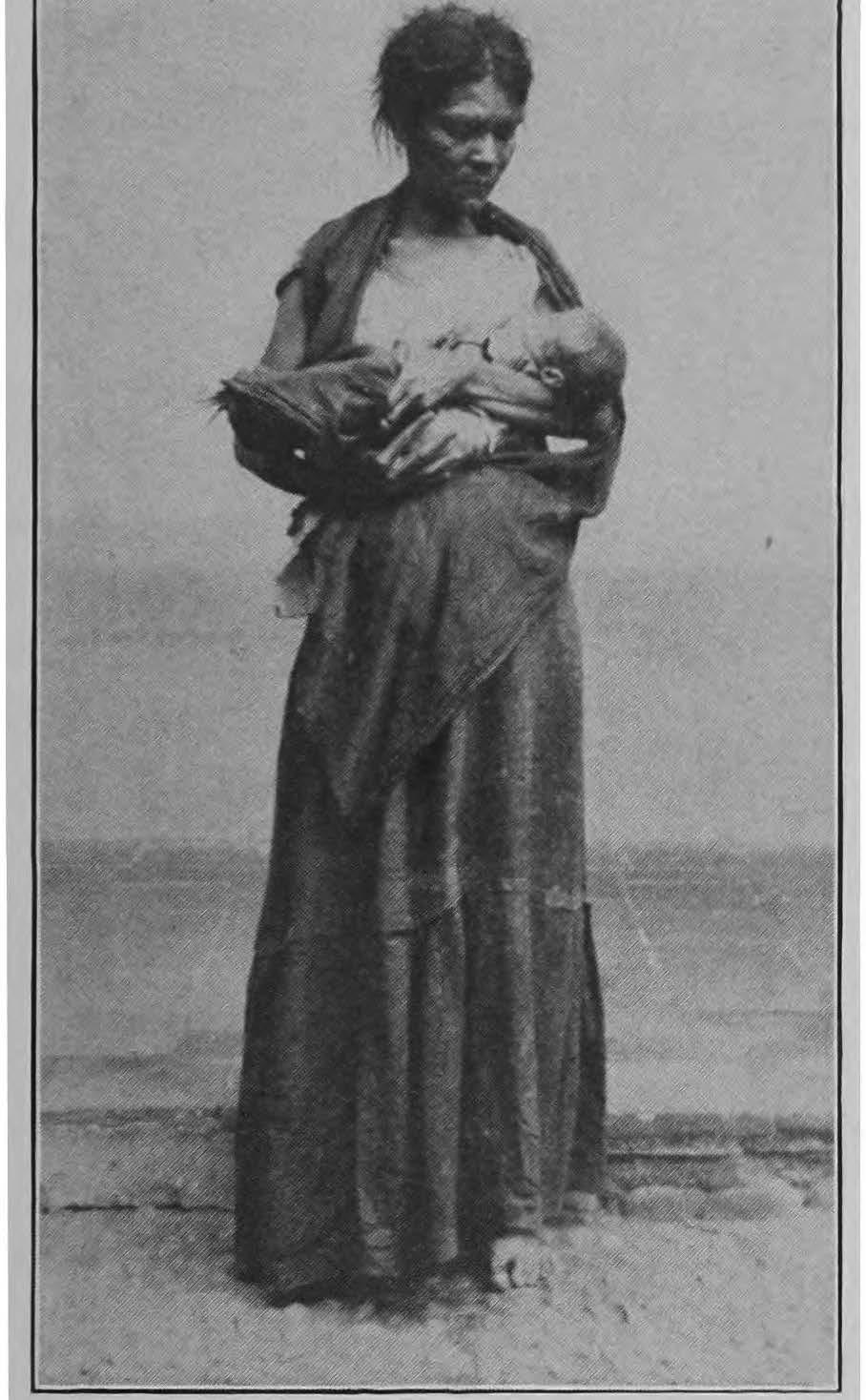

TlIROUGII CENTRAL AMERICA. 81
him who we were, and what we had come for, and if he would come up to the service that night he could sec for himself. After taking onr names he straightened up and said, "I will give you twentyfour hours to get out of town, and if you are not out in that time I will put you u:i.1der arres.L'; \Ye tolrl him we expected to behave ourselves and we won},J stay until we got ready to go.
We had in mind all the while the two American men who were killed in Honduras a few weeks 'before, and we remembered also that the Unitel State_s made the Honduras government pay heavily for it. vVe hoped this would he]p us but we did not know.
We found a place where we could stay and jusL at night an officer came from the chief and saicl, "If you expect to have service tonight you must come and get [IC'euse or you cannot have it.'' Bro. Edwards, our interpreter, ran at once to the -chief' off.-ce, but he was not there. He then went to the other head officer and he was not in. We saw, of course, it was a put up job to keep us from having the meeting. All the while we saw three priests going to and fro, keeping a close eye on everything. Brother Edwards then went to the Governor and told him what word we had received. He said, "Now, Governor, you have religious liberty in your constitution and we know it. They are trying to force us not to have a service but we are going to have it."
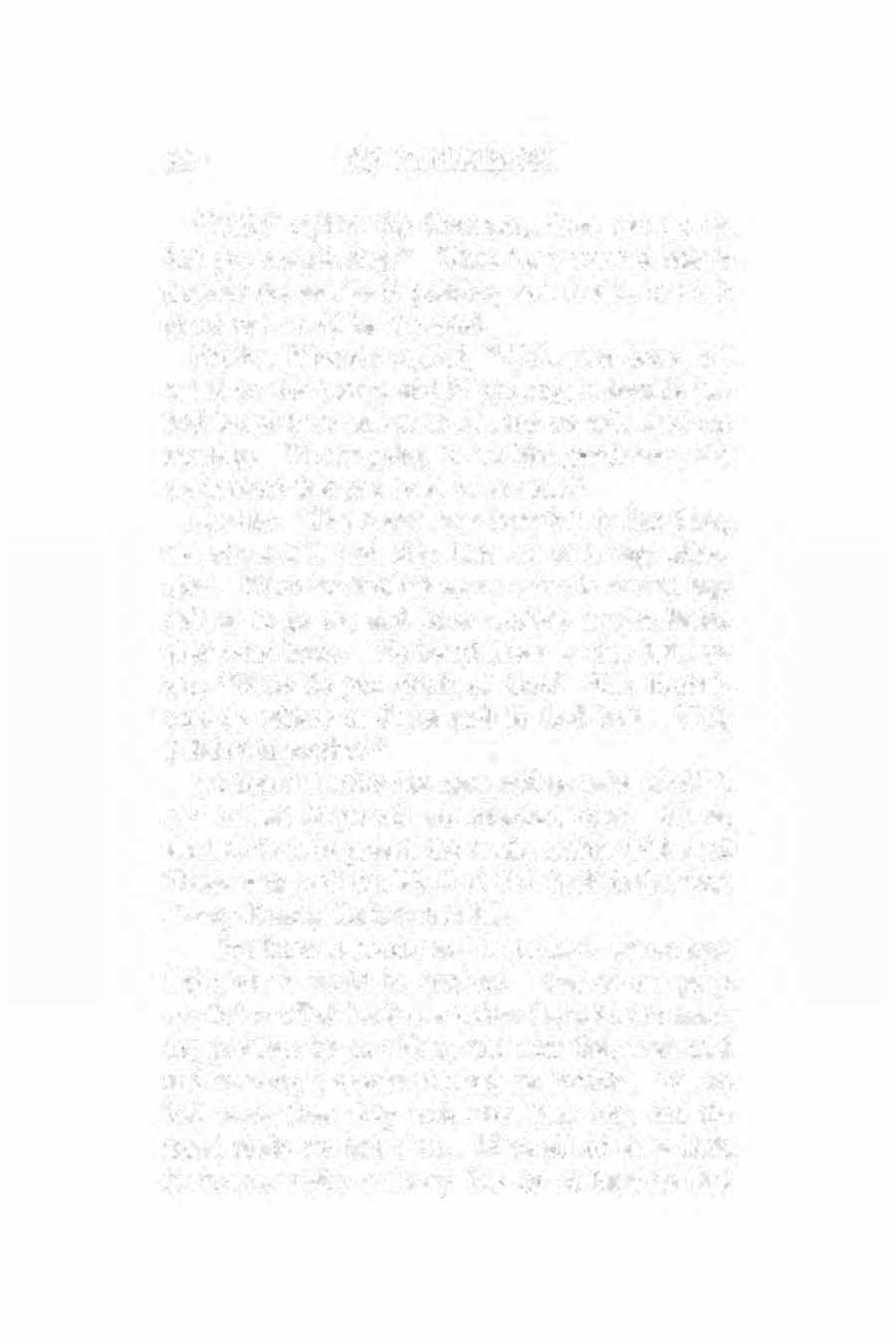
0� l\fULEBACK
' Well," replied the Governor, ''you can go on; lmt you cannot sing." What they wanted was to prevent the service if possible, and if not, to fix :t so no one would be attracted.
Brother Edwards replied, "\Vell, you come and see if we don't sing, and if you expect trouble you had better have officers the-re, for we u:ill have the meeting. We are going to act like gentlemen, and we demand that you treat us as such.''
Result.s: The _house was crowded to the door; the street full, and they liBteued with rapt attention. When we finished many came to us and begged us to go on, and have another service before they went home. '\Ve heard them as they left saying, "What do you think of that? The Protestants do believe in Jesus and, in God both. Well, I didn't know that."
We found thatHe can open and no man can shut, and indeed it proved an effectual door. All we need to do is to preach the truth, scatter Bibles and Testaments, and the \Vord of God itself is the worst enemy .Roman Catholicism has.
We knew it would not do to leave before daylight, or we would be arrested. One of our party was taken off of his horse before daylight the morning previourS by an offieer, and now they were mad and wanting a chance to .cause us trouble. Yet we had more than fifty miles for that day, and the wors.t roads we had seen. l\Iost all of these little towns. are under military law or at least on that

THROUGH CE�TRAL A:\IERICA. 88
order, and if one walks up the street after Dp. m. or before 5 a. m., he is'halted, and if a satisfadory explanation is not given for being out at that hour he is locked up., The writer has been ralled on to halt repeatedly, bnt would reply that he did not understand Spanish and they let u:; go on thinking we did not know better.
Many people in Ocotopecabegged us to come back andremain with them; they wantedus to tellwhere we were going and when we would he back to give them more of the gospel. He who is seeking an open door can find one here. It, may prove a jail door soon, but they want the gospe1.
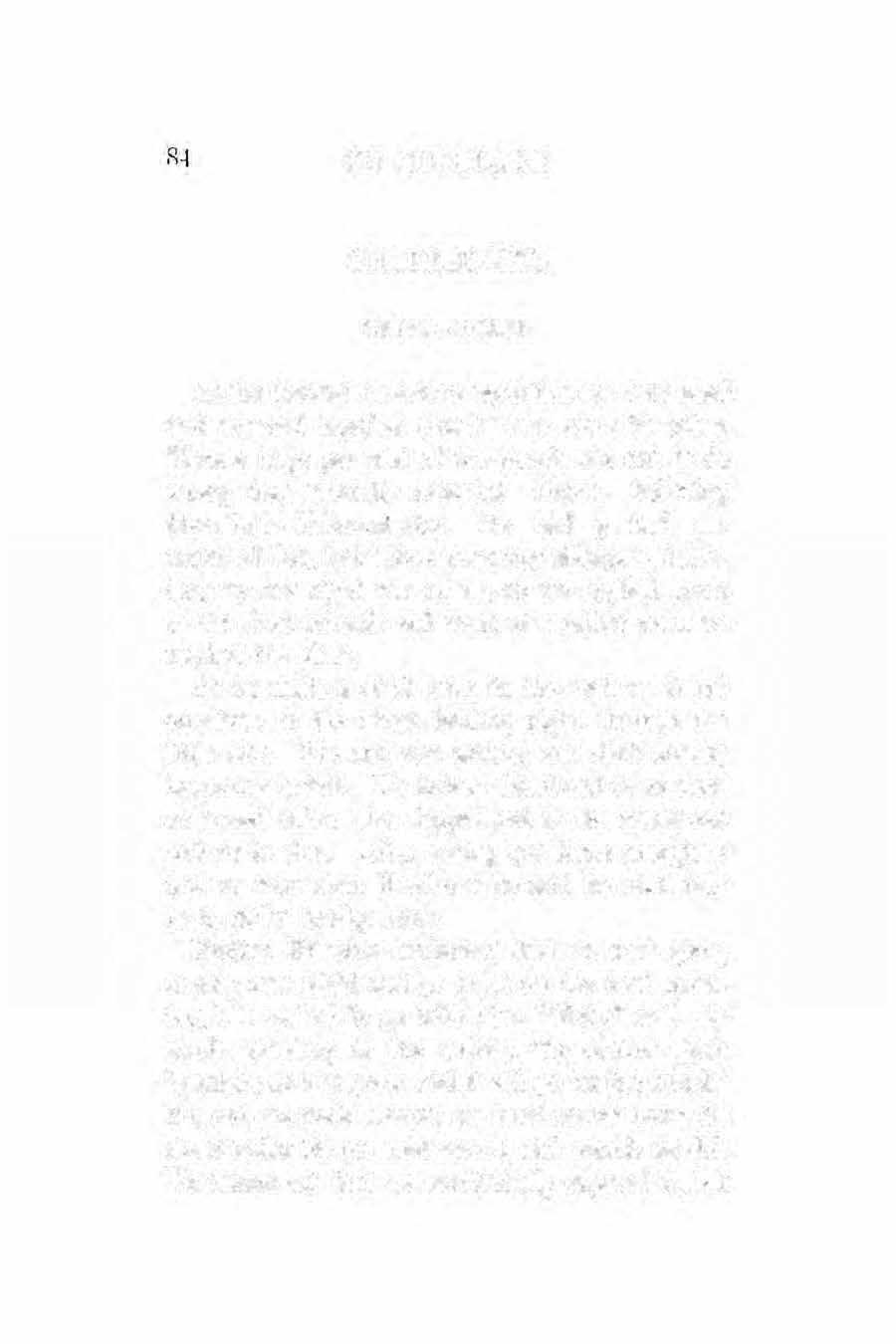
ON MULEBAC K .
CHAPTER XXI.
UNDER ARREST.
As the Central American republics are very small and crowded together c◄losely care must be taken. Since a large per cent of the peop1e are out to do wrong they naturally mistrust others, believing them to be dishonest also. \Ve had pushed our mules all day, but before reaching Metapan, Salvador, we saw night was on us, so we applied spurs to the tired aJlimals and went at a gallop until we reached the place.
As we made a quick turn in the road we found ourselves in the street leading right through the little city. The sun was setting and dark already beginning to fall. ·we looked ahead. and there stood an armed officer who stepped out in the street and told us to stop. After asking questions enough to find we were from Honduras he said he must take us to polie headquarters.
Brother Edwards explained that we were going to stop 0ver night and go right on the next morn ing but we had to go with him. ('\Vell," said Edwards, pointing to the writer, ''he cannot speak Spanish; let him go on and I will go for the crowd.'' No, not one could escape; we must march down the street unaer his personal escort, and march we did. We cannot saY that we particularly enjoyed it, but
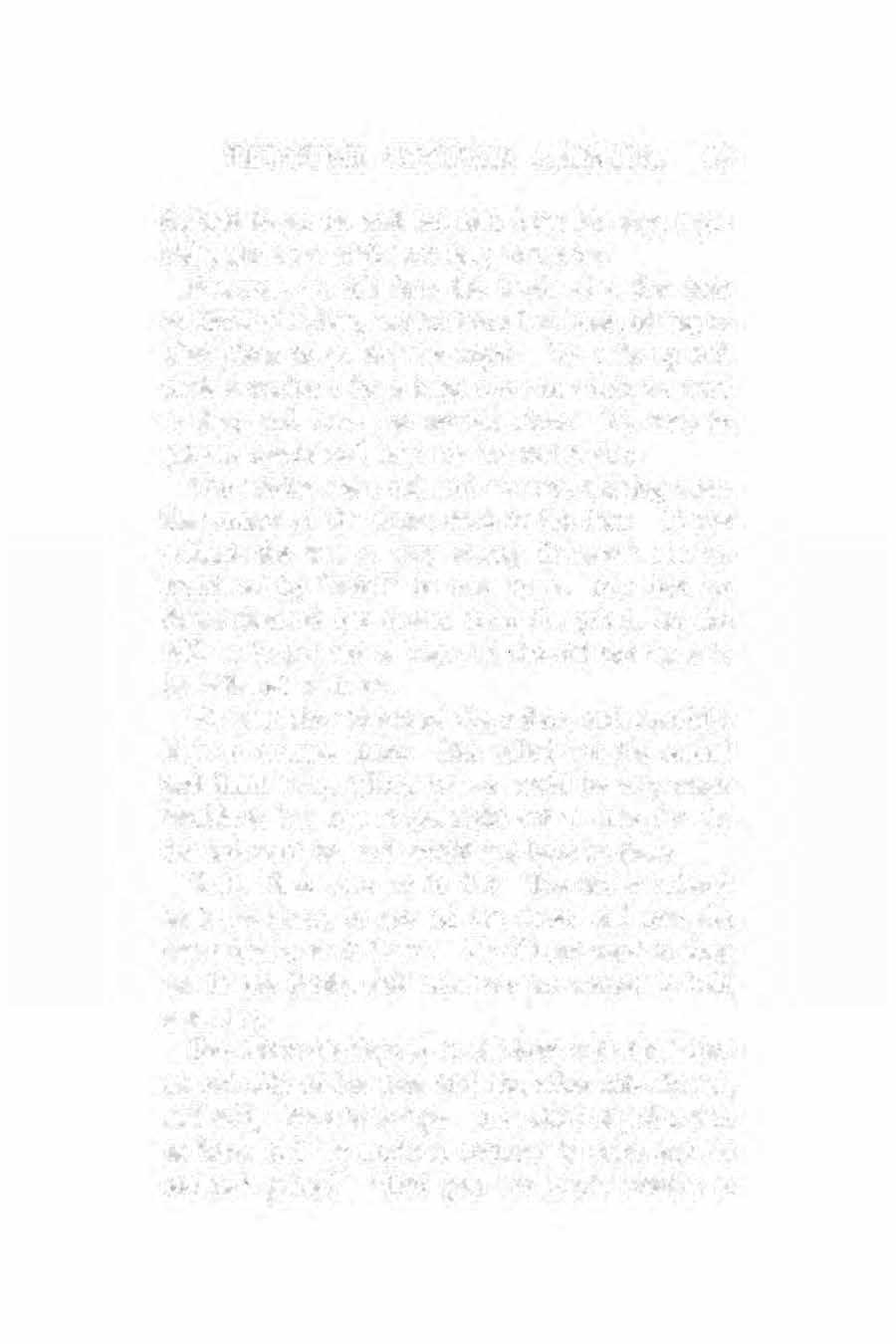
THROUGH CENTRAL AMERICA. 85
decided to go on and let him have his way, especially since we cou1d not help ourselves.
However, we fell into the hands of a fine man as Chief of Police, and he turned us loose, te1ling us what place to go for the night. We rode up and made a contract for a larg.e room in which we were to sleep and have the service alone. \Ve were :o get our meals and feed for the mules also.
The saddles were off, and we were shaving when the woman of the house came to the door. It was evident she was a very strong Romanist for we found a big "saint" in one room. She had nu doubt received her orders from the priest, for she told us to get out at once, as she did not want ta be bothered with us.
We were slow to accept the orders, and especially slow to execute them. She called out the second and third time, telling us we would be very much trouble to her and to get right out at once, for she did not want us, and would not have us there.
Well, what were we to do? The officer ordered us to go there, to get off the street, and now she was ordering us to leave We did not want to sleep out in the fields, and moreover we wanted to hold a service.
Bro. Edwards stepped to the door with the lather on one side oi his face and the other side shaven, and said, ' e will not go. The chief of police sent us here, and we made a contract to stay, and -1ve are not going." "But you are much trouble to

SG ON MULE13AOK
me,'' she replied. .,.,yes, and you are much trouble to us, and we are not going; we are oing to pay what the l(>,ontrad calls for and you just dare put us out. We are hungry and want o.ur supper so we can have 1 he meeting."
Again the God of battles was with us and -gave the victory. \Ve stayed and the old lady invited her friends in, and we had a great service.
Our Indian boys and fue native preacher were out on the street and heard them talking ·about the meeting after it closed. They were telling how surprised they were to find what the Protestants believed, and how the priests had lied fo them in sayirJg the Protestants did not believe in Christ or t'hat -Mary was a virgin, etc. The interest was so great they bought all the Bibles and Testa,ments we had.
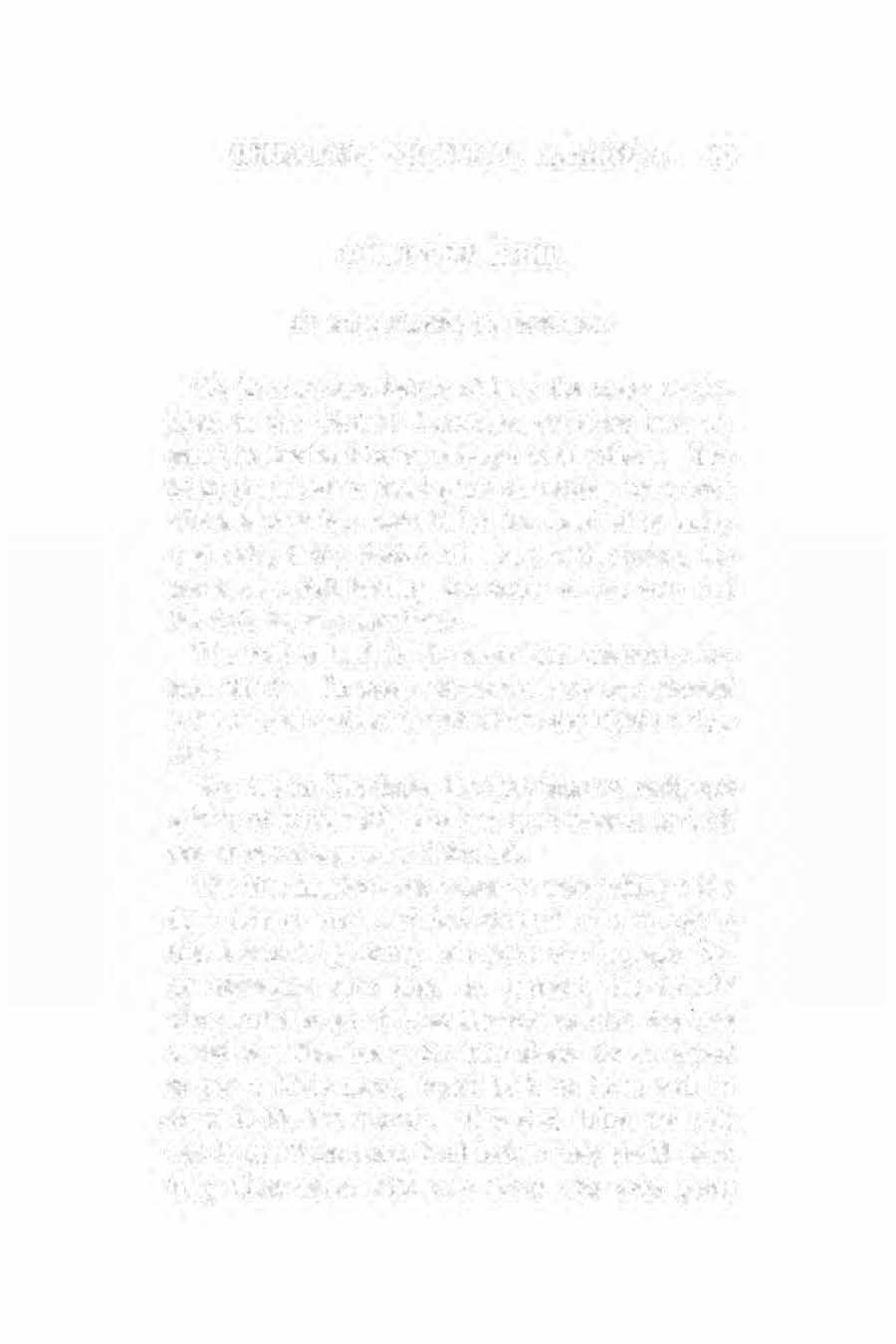
THR.OUGH CENTRAL A.MERICA.
CHAPTER XXII.
IN THE HANDS OF HOBBERS.
We have ,spoken before of how the many revolutions in the Central American countries have resulted in the land being infested with robbers. 'The habit pra;oticed in most parts of putting up a cro'!s where a man has been killed has resulted in many road sides being dotted all along with crosses, tlie newer ones stiU bearing the name of the man au,l the date he was murdered.
The farther back in the mountains the more ,common this s. In many places we have been warned to be careful and not travel bef:ore day light or after dark.
We w-ere in Honduras the first time we re.ally got a taste. of robber life and had good reasons to wish our surroundings were different.
The first inicident was when we were taking a few days' trip on foot and had stopped in a. village to hire ,a man to go along and carry our baggage. After arranging with him, he brought ''his friend'' who wanted to go also, as the 'first one felt the ,foad would be rather heavy for him alone. ,So we agreed to pay a little more, board both of them and let Ahem divide the money. The first thing natu.rally was to get them some food, before they could start. They then came with two more who were going

ON MULEBACK
along for company and were to board themselvea. We began feeling a little uncomfortable, but said nothing.
After we were on the way we discovered our men were heavily armed with revdlvers belted around ,them and "machetes" hanging to the belts also. It was only a little while until they began inquiring if we were armed. 'By the time we were well out in the forest and r1i 'Ubing the mountains, they be• gan falling back with our baggage, until we would have to keep waiting for them. We overheard them at various titnes talking about us, but it had been our hope all along to reach the town bdore night. To our surprise, night ran us down j'u:,t as our strength was giving ollt, and we wer in a swampy forest. No house, no friends, except our escort of four, who bgan insisting that we stop for the night, and renewed their questions about wheth· er we were armed. We finally opened up our rolls and wit'h our blankets and olothes made .such beds as we could. But our Indians would not quiet down; they kept going out in the bushes two at a time to t-alk. After awhile we told them they mmt now get to bed. Our light was out, but we had that peculiar semation that some one was looking at us.
Finally we flashed a little "electrie flash light" wMch we carried along, a.nd the best armed man of t:he crowd had his eyes wide open and was looking rjght at ns. The "flash Hght" fright-ened them,
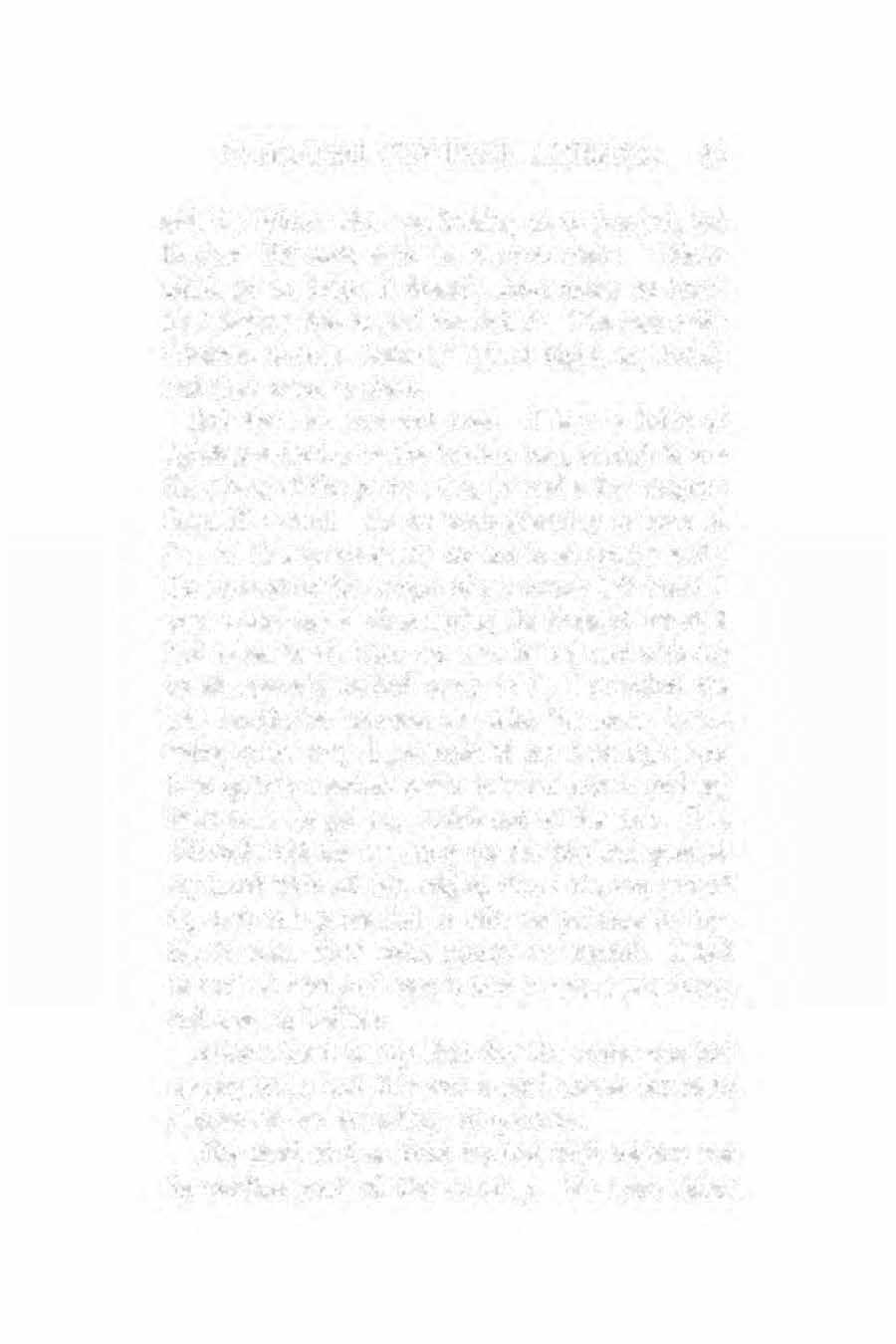
THROUGH
CENTRAL AMERICA. 89
and the fellow who was looking at us jumped, but Brother Edwards said in a quiet tone: "Never mind, go to sleep; it doesn't shoot unless we touch the trigger; that is just the light." The men said: "Buenos noehes, Senors," (good night) my lorcls) and they went to sleep.
But the fun was not over. I have a habit of lighting a candle or the lantern long enough before fue others of the party arise, to read a few chapters from His word. As we were planning to leave at 3 a. m. it was necessary for me to stir pretty early. On account of the weight of my money belt which I wore under my -clothes during the hours of travel, I had taken it off after we were in bed and with my watch securely tucked away in it, I stretched th belt lengthwise between us under the cover. Awakening quite early I got hold of my flash light, and then quietly reached down between myself and my interpreter to get my watch out of the belt.. Bro. Edwards felt me reaching for the belt and grabbed my hand with all his might, threw his arm around my own and proceeded to take me prisoner for trying to steal what little money we carried. I had to awaken him and assure him it was a missionary and not an Indian.
After a hard tramp fuat day the writer was laid up physically and this was a good excuse for us to dispose of our traveling companions. The most serious time we had with robbers was in another part of the country. We were riding
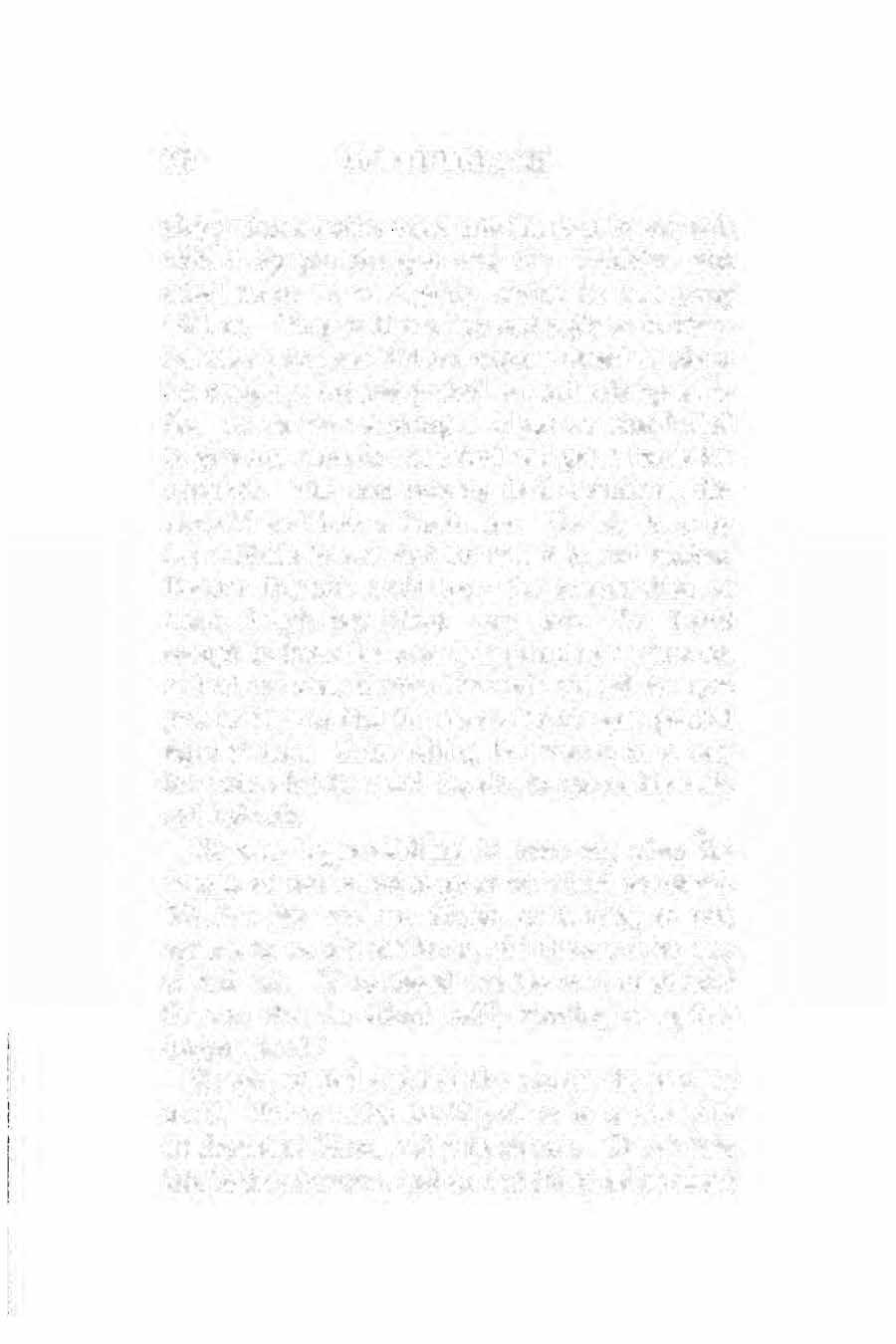
ON MULElJAUK
along when a n tive oame into the road by our siJe with a 'big gun strapped ovc,r his shoulder and asked where we were going, saying he was going with us. We gave him a vi2ry cool reply as to where we were going and did not el:J)ress ourselves about his company, but jut pushed our animals up a little. As we wer entering a village we soon halted to give our animals some food and get a .lunch for ourselves. The man rode up in five minutes, dismounted and took a lunch also. ,ve lay down by the roadside to rest and be talked to Jur hostess. Brother EdwardB ·could hear the conversation at times, though they talked very low. ,ve heard enough to know the man was planning against us, and at one time Brother Edwards opened his eyes just in time to find the man with his gun pointed right at him. After telling the woman in a very low voice what he would do, etc.., 'he got on his mule and rode off.
We soon began saddling to moYe on, when -the woman warned us not to go or 'Wf..would be robbed. Wihebher she was our friend, or helping to plot against us we ,did not know, and there was no way to find out. If we stayed was the man to return? Or was she our friend really warning us against danger ahtad?
,ve prayed and weighed the matter the best we c<uld. Thirty miles would put us in a city with an Ameriean Consul and with officers. It was then late in the arteinoon, and we had thirty miles ahead

THROUGH CBSTRAL A iElUCA. 91
of us right across a mountain. Our animals ·hau traveled until late the night before; we started 9.t daylight that morning and had made the best time of any day's travel. \Ve felt it best to press forward, trusting Jesus.
It only took thirty minutes to sight our man ahead of us traveling slowly. We put spurs to our animals. Finally we found a place where a bypath led right up the side of the mountain, w.hile the plain road went around. Our man had taken the better road so we cut across on the shorter path. Dismounting we pressed our mules, hoping to cut in ahead, but lrnpt our e.yes on our new acquaintance. \Ve were looking at him when he first saw us and the moment he got his eye on 1.1she turned immediately to the left, leaving the road, aml started straight through the bush toward us. By this time we had mounted again and were spurring up. The good Lord who has used various means to care for his servants, but who has never failed to care for them in some way, brought along a "mule train" just at that time. We knew no harm could be done while these men with the mule train were in sight, so we arranged for the writer to ride i11 front, 'Brother Edwards behind, so I coulc1 turn around and talk to him, at the same time watching our pursuer.
We began to push ahead faster than ever. Getting a hill between us we ran our animalo for some time, but to our surprise when we lookccl back we
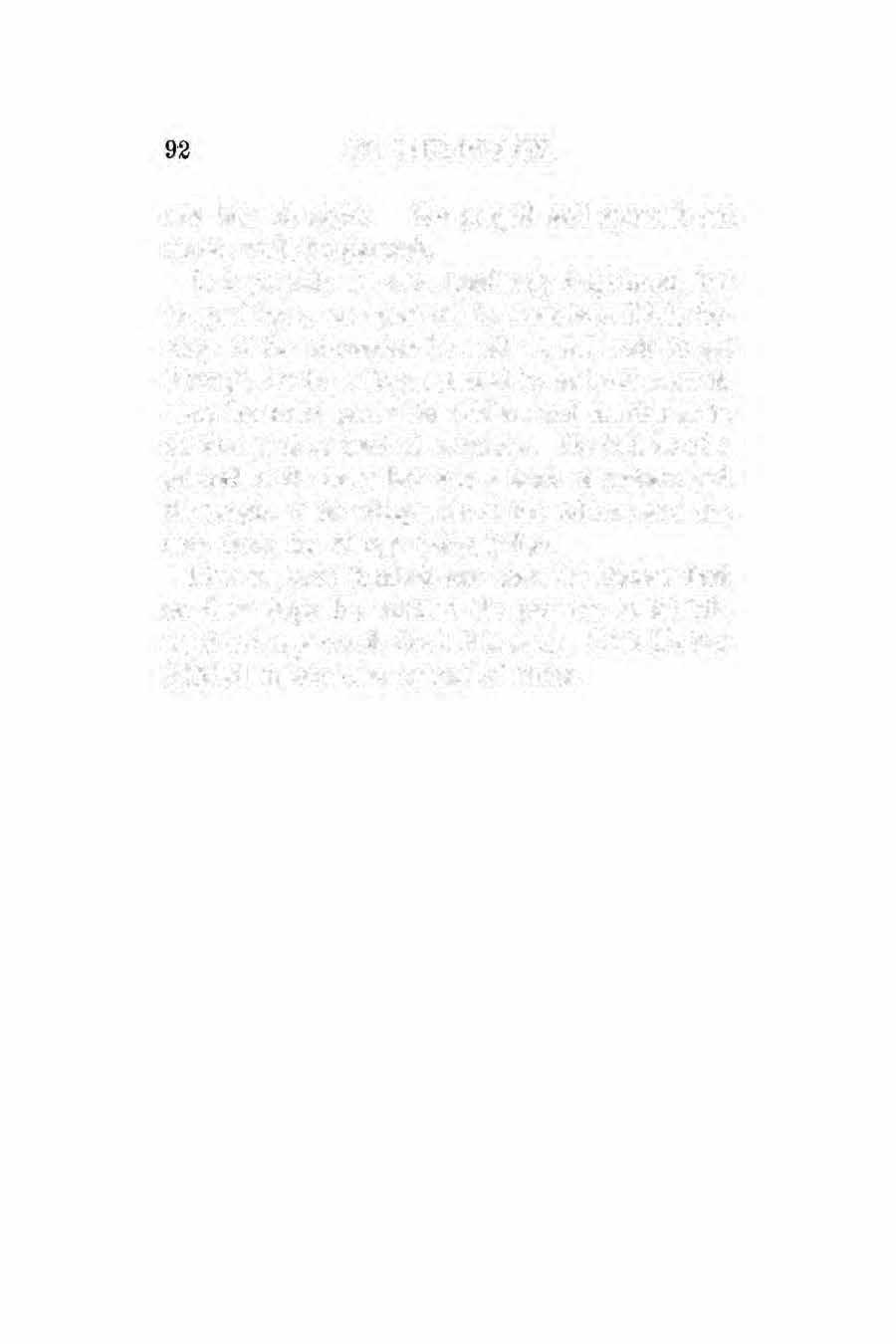
ON MUEBACrK
saw him in sight, We prayed and 3.p111rred our mules, while he pursuea.
It is possible we were needlessly frightened, but in speaking to an agent of the American Bible Society of the occurrence he said we did well to get through, for the village referred to, and one near it, were the worst places for robbers and murderers in all that part of Central America. He told us of a pitched battle there between a band of robbers and the people vf the village, six of the robbers and one man from the village being killed.
How we have thanked our heaven.Jy Father that on those trips He verified the promise to let His angel encamp round about His own. This He bas fulfilled in our case dozens of' times.
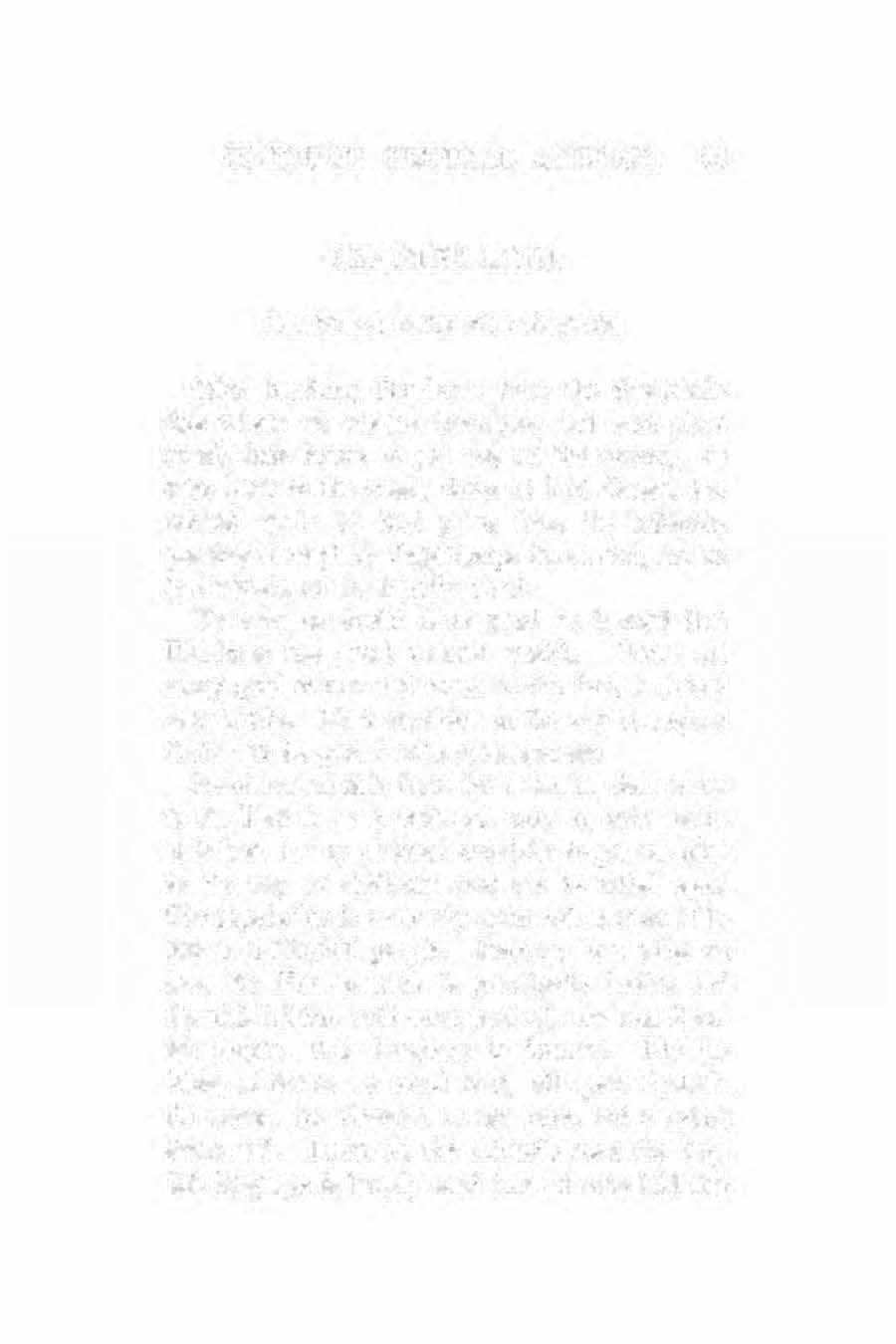
CHAPTER XXIII.
HONDURAS FROM: THE INTERIOR,
After touching Honduras from the Guatemala side where we visited Ocotapeca and. were given twenty-four hours to get out of the country, \Ve went back to the coast, down to Port ortez, and entered agaiTI. at that point from the Atlantic, pressing through by Tegucigalpa the ;capital, and 011 to Amapala on the Pacific Coast.
·We have no doubt from what we learned th'lt Honduras has great natural wealth. There are many gold mines and much of the land is indeed very fertile. Most anything in the way of tropical fruits can be grown with great success. Honduras extends from the Atlantic, clear across to the Pacific, with ports of entry on both coasts. It is hard in any of these countries to get anything in the way of statistics that can be reUed upon. The population is variously estimated at from 700,000 to 1,000,000 people.. Judging from what we saw, the Honduranian is principaly Indian and Spanish-Indian, with comparatively few real Spanish people. The Janguag3 is Spanish. The Indians, so far as we could find, a11 speak Spanish. Of course, the Spanish is not pure, but a rather crude sort. Down on the Atlantic coast the English language is largely used and we were told that
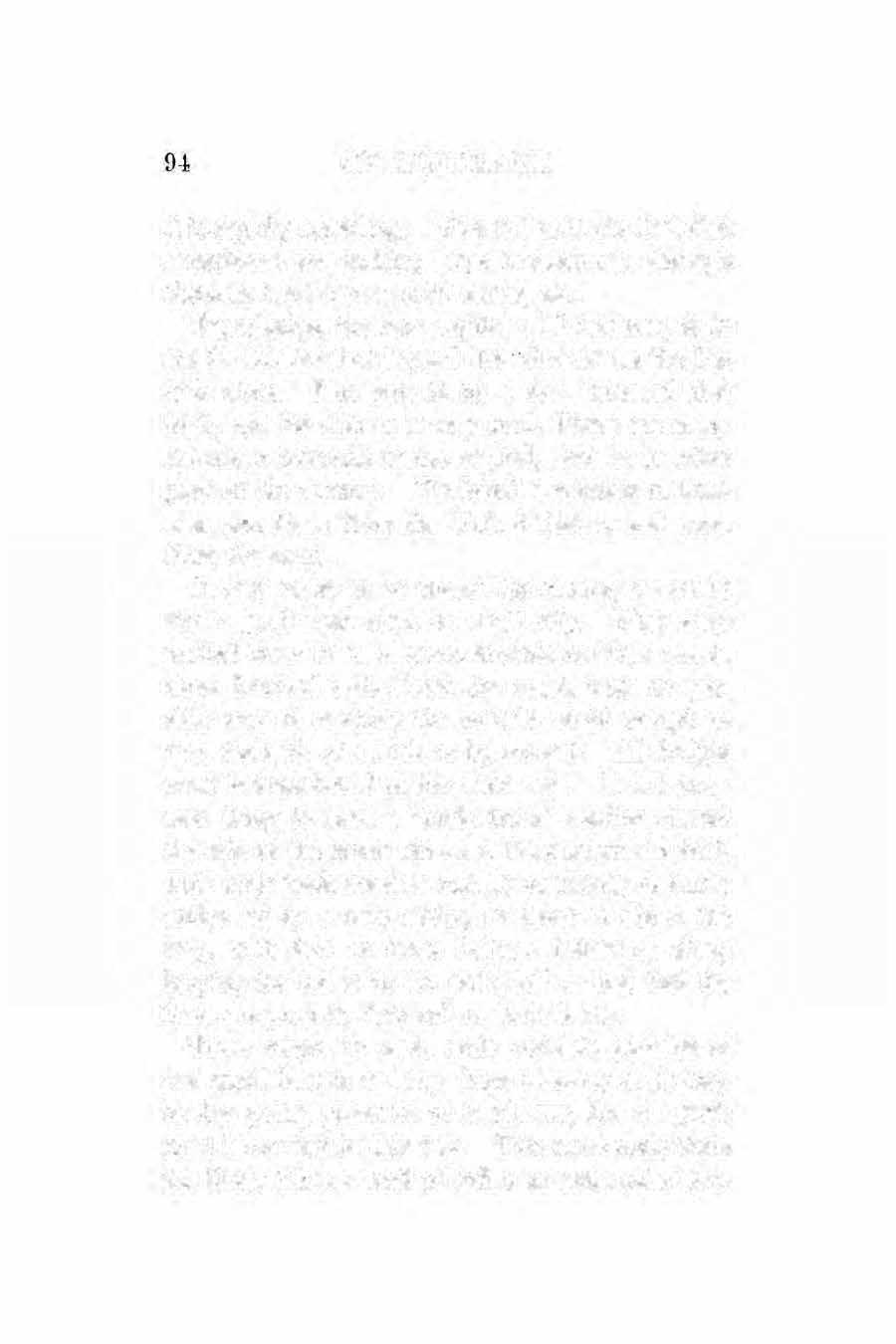
ON MULEBACK
it is rapidly .preading. r:rhis is due to the .fact that American'S are making large investments through there in fruit farms, gold mines, etc.
Tegucigalpa, the new ,capital of Honduras, is in the far interior just beyond the ''divide" on the Pacific slope. This puts it up a few thousand feet high, and the c.limate is very good. There are many American interests in the capital, just as in other parts of the country. We found a number of business men there from the Unite<l. States, and more from Germany.
In each vaUey as we crossed the country we would find a good siz·ed town or small city. They were nestled down there between mountains from one to three hundred miles from the coast, with no possible way of reaching the outside world ex,cept on foot, the back of a mule or by ox-cart. All freight must be transferred in the same way. It is a common thing to meet a "mule train" coming arournl the side of-the mountain on a little mountain trail. This mule train consists usually of twenty or thirty mules led by a man riding in front to direct the way, with two or fhree helpers following along keeping the mules in the path, and seeing that th loads are properly fastened on their backr:;.
These cargo for· earch mule -consists perhaps of two small barrels or large kegs. of rum; or it may he dry goods, groceries or :•rnrdware, for all goods must be carried in this way. rrhis same mule train has likely taken a load of coffee or some other pro-

THROUGH CENTRAL A:UERIOA. 95
duct of the country out to the port, and on their re.turn bring a load of imported produds. Of course, thi3 makes all articles not grown or made in the country very expensive.
The roads vary in quality. We ha,ve ridden or walked where with reasonable ease, an auto coul<l have been run., when all at once it changed to ;\ bridle path so poor w-e ·could hardly distinguish i:, and at times we found it extremely dangerous to take our animal over. In fact, we sometimes found it necessary to dismount and lead or drive our mules. We would not (!are to describe some roads we have seen used as ·cart roads. Had we been told they were used for carts we would not have believed it, but we saw the carts being drawn by the oxen. These earls-the only vehicle we ·saw-were twowheeled, and the wheels were maoe ol solid wood with an iron tire.
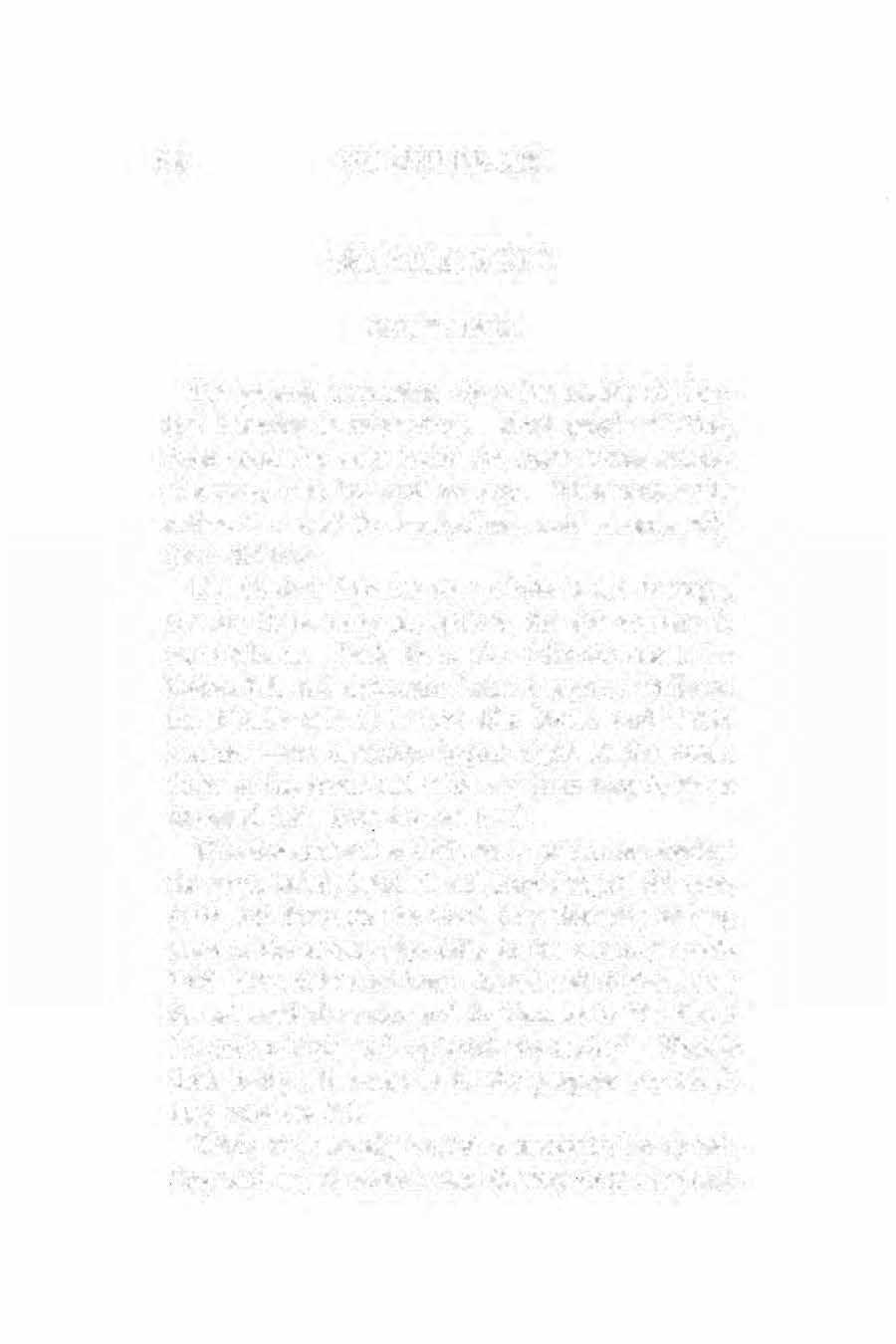
ON MULEBACK
CHAPTER XXIV.
EATEN ALIVE.
The general i:mpression about the health oi Central America is misleading. Most people visiting these ,countries only touch the coast towns where, of course, it is low and !Swampy. This necessarily makes it a nest for mosquitoes, and consequently fever districts.
But Central America as a whole is not swampy nor are there many mosquitoes, for the country 1s mountainous. Back from the Atlanti·c coast the broken hill and mountain district begins; while ou the Pacific side it is just like North •and ·South America-the e1levation begins right at the coast. So:me of the towns and cities are from four to seven thousand feet above the sea level.
This does not act entirely as a quarantine again:;t the poor, ,hated, despised and 'long fought,, oid mosquito, for down on the coast they flourish; and up some of the rivers, especially in the swampy woodland where it has not been cleared and ditched, they do not need the command in Gemsis to ''be fruitful and multiply and replenish the earth." That is their hobby; it seems to be the purpose for which they were created.
While we generally carried a rnos,quito bar or netting with us, we seldom used it away from the coast.
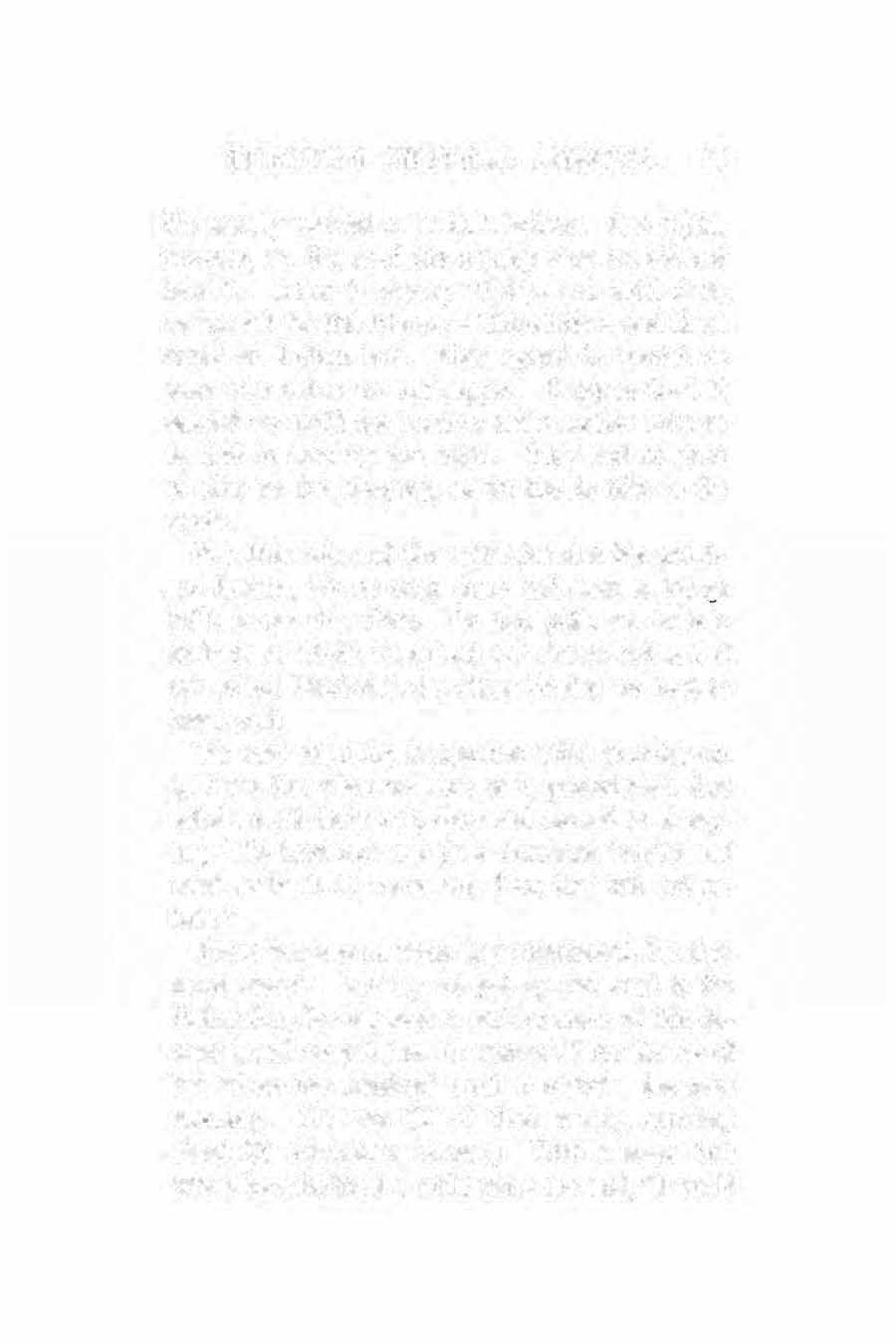
THROUGH CE1- 1RAL AMERICA. fl7
We usually needed a blanket instead. One night, however, we did need th(! netting when we diu n1)t have it. After tramping all day, am1 until dark, we crossed the Rio B1anco-\Vhite River-and there :found an Indian hut. They agreed to furnish m some corn cakes .for our· supper. Being so tired it seemed we could not poSiSibly make another mile we decided to stop for the night. They ha<l no room to offer us for sleeping, so we had to take to the woods.
Bro. Edwards and the writer found a few puncheon boards, where once there had been a bri<le built across this river. On two poles we made a scaffold on which we spread our clothes and one of our cotton blankets; the other blanket we kept t.> cover with.
We were fighting mosquitoes whi1e erecting our quarters, but when we were once quieted down they called in all their neighbors and seemed to be saying, "We have met our first American tonight and must make it so warm for fhem they will not return."
There was a time when they commenced, but they never ceased. Finally we got up and went to the Indian hut, having seen a netting made of thin domestic, and offered the old woman $5 for the use of her "mosquito netting" until 3 o'clock the next morning. (It was $5 of their money, equaling about $2 American money.) With a sneer that would have befitted a millionaire she said, 1'I would

ns ON MULEBACK
not be troubled with them pesky things till mornin6 for twenty dollars," and tnrnecl ai·ivay from us.
.My interpreter tried to make a plea £or it on the grounds that I was sick, but it did not take hold, so in our btlre fed and pajamas we turned hack to our place in the woodr;. After trying one plan and then another, we fina,'.ly pullecJ our blanket clear over our heaus, turned. our faces down and put our noss right in the crack between two of tho puncheon boards. Thus ,re breathed through a ◊rack in the bottom of our bed and kept covered up, head aml heels, except when one of us moved, and then we were promptly notified by the m.osquitoes.
After such a night, any physician reading these lincB wiJl not be surprised w:hen we say that the next afternoon we began to chi1l and had high fever.
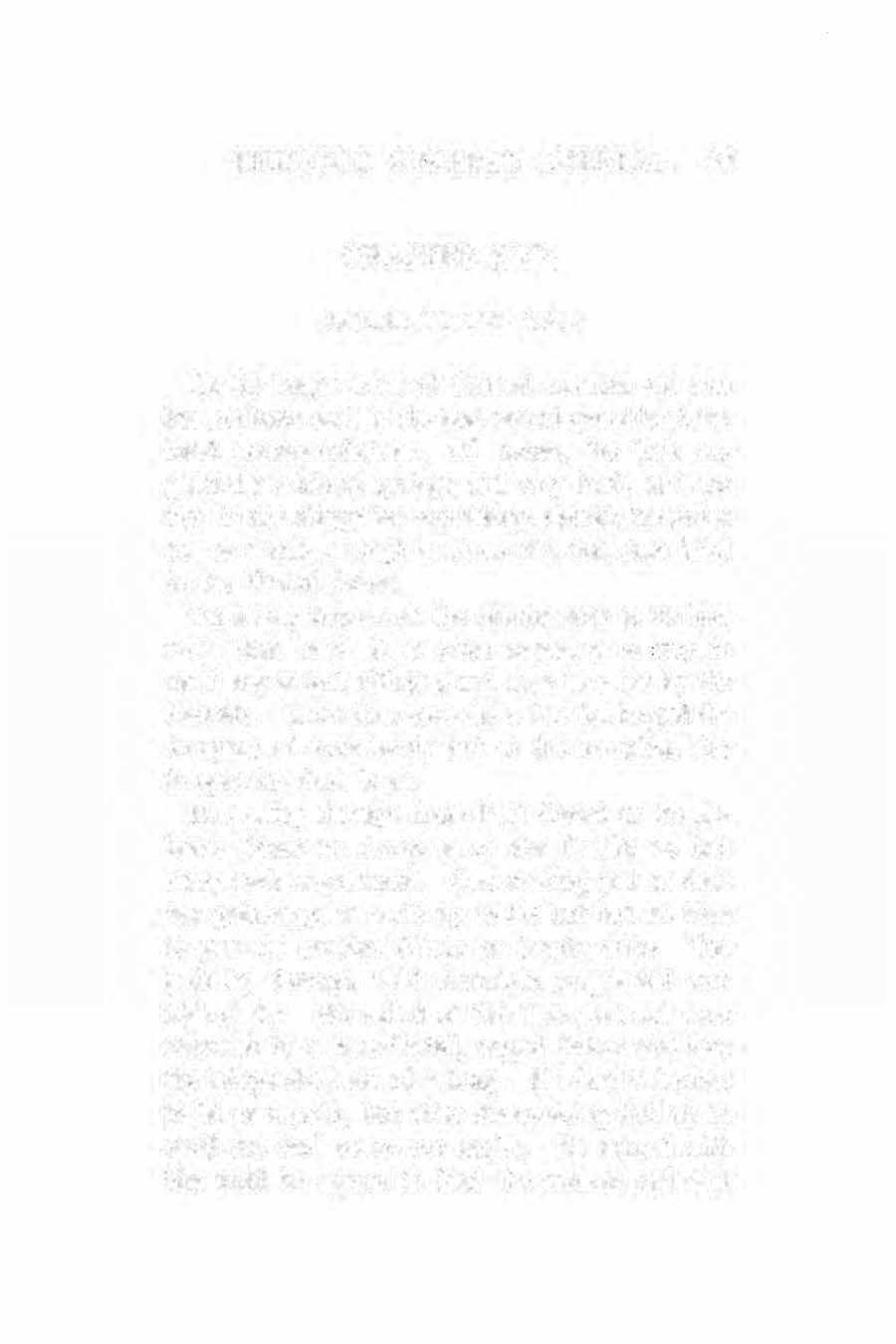
CHAPTEH XXV.
HOTELS BY THE WAY.
In the larger dties of Central America one who has not been used to the best cannot grumlilc at the hotel accommodatiorn. Of course, the Lecls ar2 generally ,without springs and very hard, and the food 1·::;not altogether appetizing, though the prices are, as a rule, as high as thofe of a first class hotel in the United States.
On a long trip across th€ counhy snch as we. took nore •than once., it is often necessary to stop iu small towns and villages, anu. even in a hut by the roadside. }fore than once the writer has begged the occupant of some lonely hut on the mountain si<Jc to open his door to us.
In passing thro11gh from Port Cortez on the At lantic Coast to Amapala on the Pac fi c we hacl many such experiences. One evening just as dusk wac3gathering, we rode up tn the la.st h11t we were to pass for another fifteen or twenty miles. The path lay through wild mountain goges arn1 over high peaks. We called at this little hut and were answered by a bare-foot.eel, raggecl fellow who bore the independent air of a king. Ho finally cJcwicleJ to let us remain, but after cfom10unting told us he could not fecc1 us or onr mules.. We argued with him until he agreed to feed the animals ::incl saitl
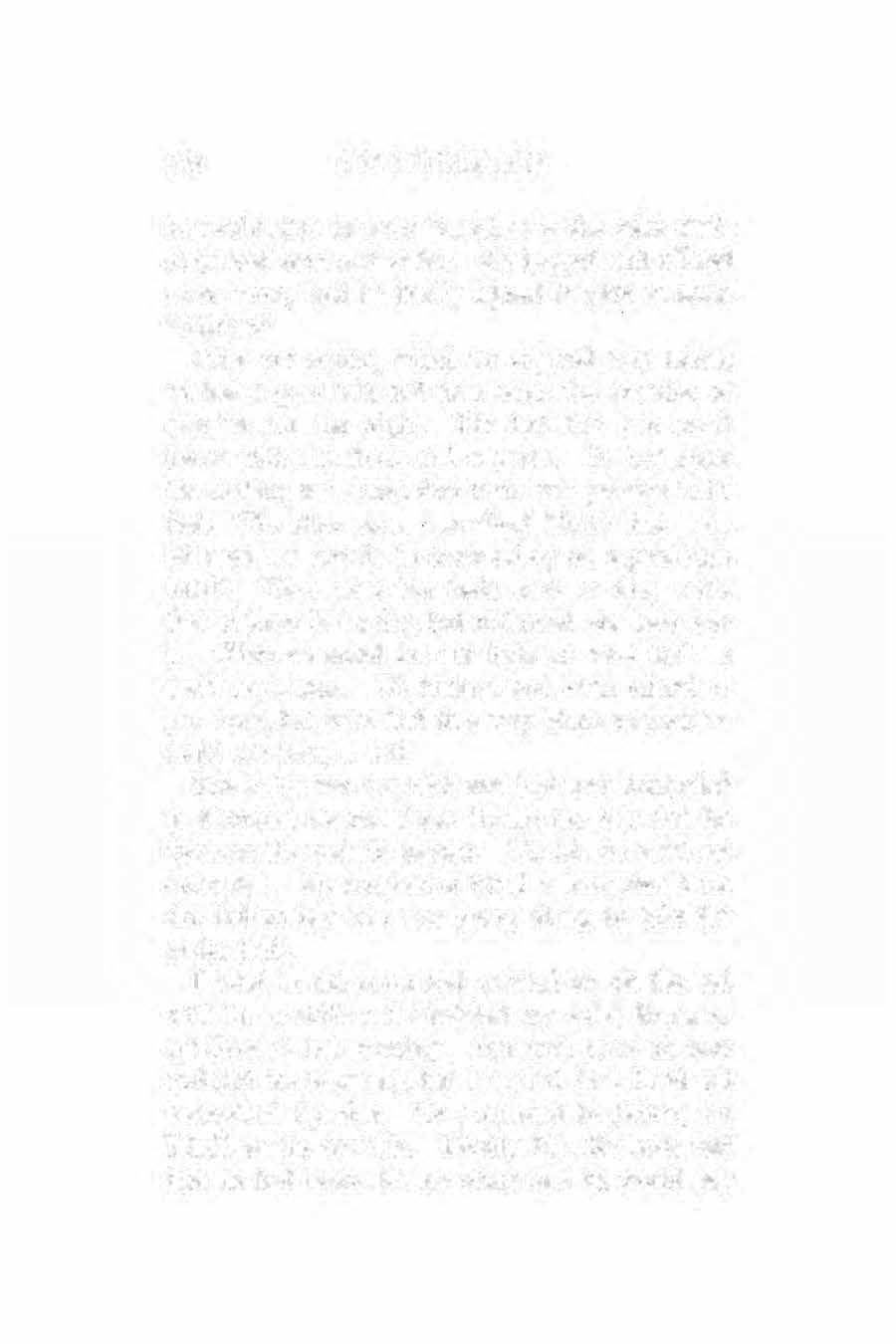
ON MULE.BAOK
he would give 11s some "tortellas''-the cake made of ground corn and water. We begged and offerecl more money arnl he finally agreed to give us some "frijoles."
After our supper, which we enjoyed. vny much, we had a goocl talk and then came the question of quarters for the night. rrhe hut had two small rooms with dirt floors and a porch. In one room the cooking was done; that room was perhaps 7x10 feet. The other room was about l0xl0 feet. An old man was already in there asle€p on a puncheon board. There were two beds, such as they were. One of them had a dry, but untanned cow hide over it. When we asked. for our beds we were told we could have none. We insisted and e.ven offered to pay more, but were told in a very blunt manner we could not have a bed.
T,he writer was very sick and had been compelled to dismount several times during the day and lie down on the roadside to rest. \Ye felt we muBt get !Some rest. My companion hired a hammock from the Indi,an boy who was going along to t ke the mules back.
T went in the room and crawled up on the bed with the cowhide and stretched my weary bones on old Je11Sey's last covering. Our host came in soon and. told me to get up, but I replied that I did not understand Spanish. He ,continued to jabber, but I held to the cowhide. Finally Mr. Edwards told him he had better let me alone and he would pay

him extra for my bed. \Vhen the "Inn Keeper" found he could not get hir3 bed but could get some money he surrendered. }Iy old friend on the puncheon board was snoring, and though he snored iu Spanish it seemed quite as annoying as in Englis-b.
A deserteT from the Honduras army, who had traveled with us during the day on his way to his home, ,fir:.ally carried in another board and stretched out on it.
We spent the night smelling e,ld Jersey's hid,, turning over and over to rest the sore spots, and flashing our little electric fla hlight to let them know we were not sleeping very soundly, for w had found by experience that we never knew when we were in the company of robbers.
We would remind our reader that this was. not our only hotel of the kind, but only one example of many in which we had to stay.

l\IULEBAOK
CHAPTER XXVI.
OLTB DEDS.
H i unheeomi11g for one to be alway:, l1eard telling their troubles. But we believe there are those who would like to know "the other side" of missionary life. ·while leading our horses down the side 01 a mountain one day we remarked to Bro. Reid, ''We are sorry for the people who are pitying us," so clo not understand that we are asking for sympathy.
Of course, even missionarie6 must sleep a little now and then. But ·what are the beds? Much or the time- the writer had as a mattress ·his little hlack alpaca coat, and as springs his trousers; for a pillow his leather roll in which he carried a change of underclothing, et-c..
·we had a light cotton blanket along to cover with. We learned so well to enjoy a good firm bed with no r::prings or padding tha,t when we stopped one night in the home of a missionary who gave us a spring -cot with t""o r1ean sheets, we found it difficult to s.lcep on the rnft bcl1 of springs.
The reac1cr mnst renwmber ,Ye visit many towns where there ,are no hotels an<l no "believers," so w arc glaa to get one room in an nld houEe with no oue Jiving in it. In the states we ·hnve helped ing thJt song about not. heing able tc, sleep unless we had o,
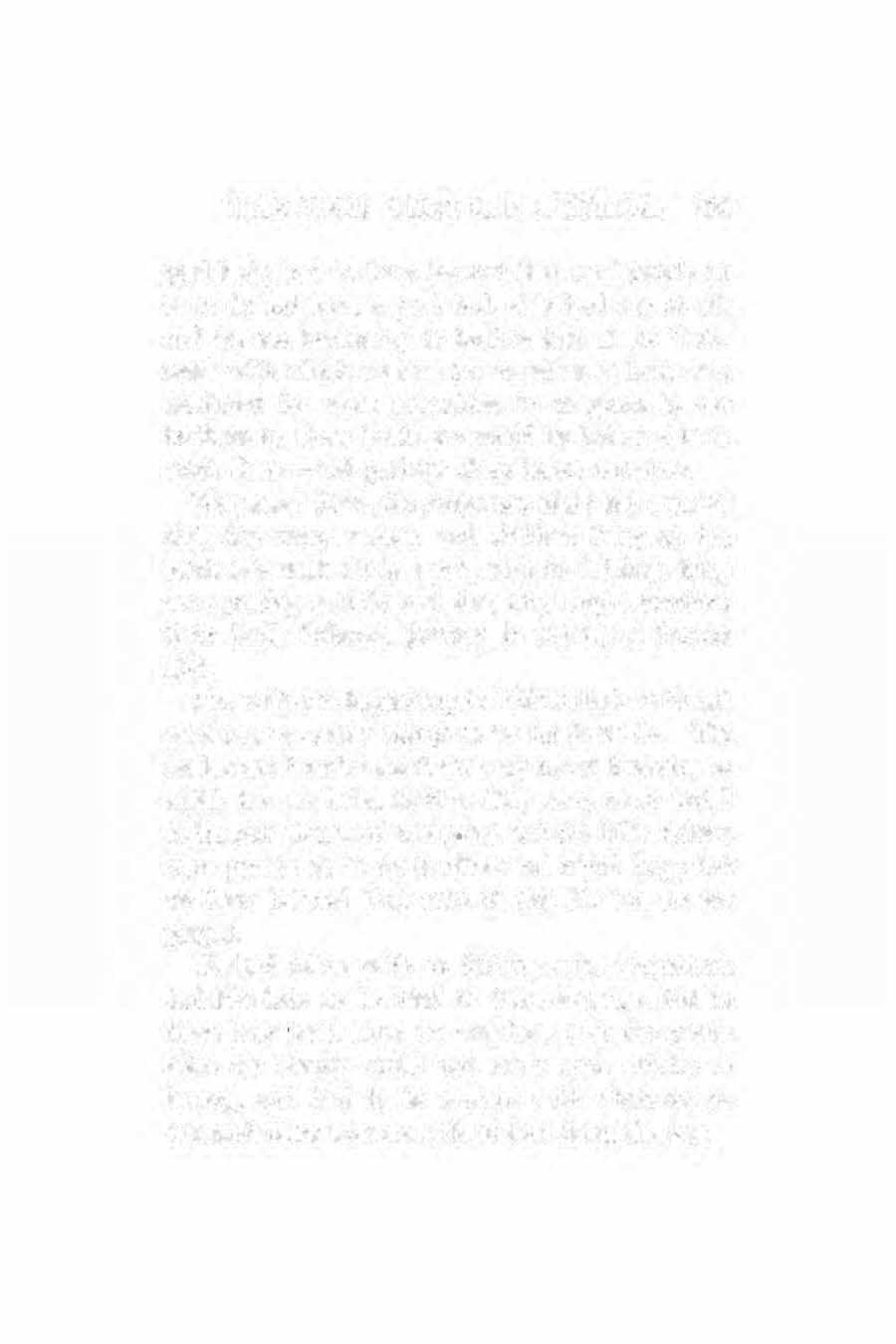
THHOL'GH C.ESTRAL AJfEIUCA. 10.3
good bed; but we· have lcarnccl hat most people 0n earth do not have a good bed, if im1eecl any at all, and we are beginning to believe that if the '' oftness''' with which we care for ourselves at home wa8 sacrificed for some necessities to be given to our brothers in these lands we would be better able t.J reach them-and perhaps sleep better ourselves.
w·e passed down the street one night and counted sixty-five men, women and children lying on the brick side walk all in a row, with no bedding. They were getting a little rest that they migbt continue their hard, toilsome journey to worhip a famou:': idol.
Tile writer is beginning io believe that we do not need near as many things a we think we clo. rrhe reader must understand ,,,e were neYcr l.one:c:ome at night, for our beds, hard as they were, never failea to furnish plenty of company, ano the little fellows were persistent in their efforts all ni,ght long; but we have learned that eYen in this J-fe can anr;wer prayer.
\fe had taken vrith us fol(ling cots, a hammock and blankets to he i1se<l in this campaiin, hut 1n these long 'hard trips on muleback over the mountains ,vc simply ,could not carry such articles af luxury, and had to he eontent with whatever accommodations we were ahle to ,find along the way.
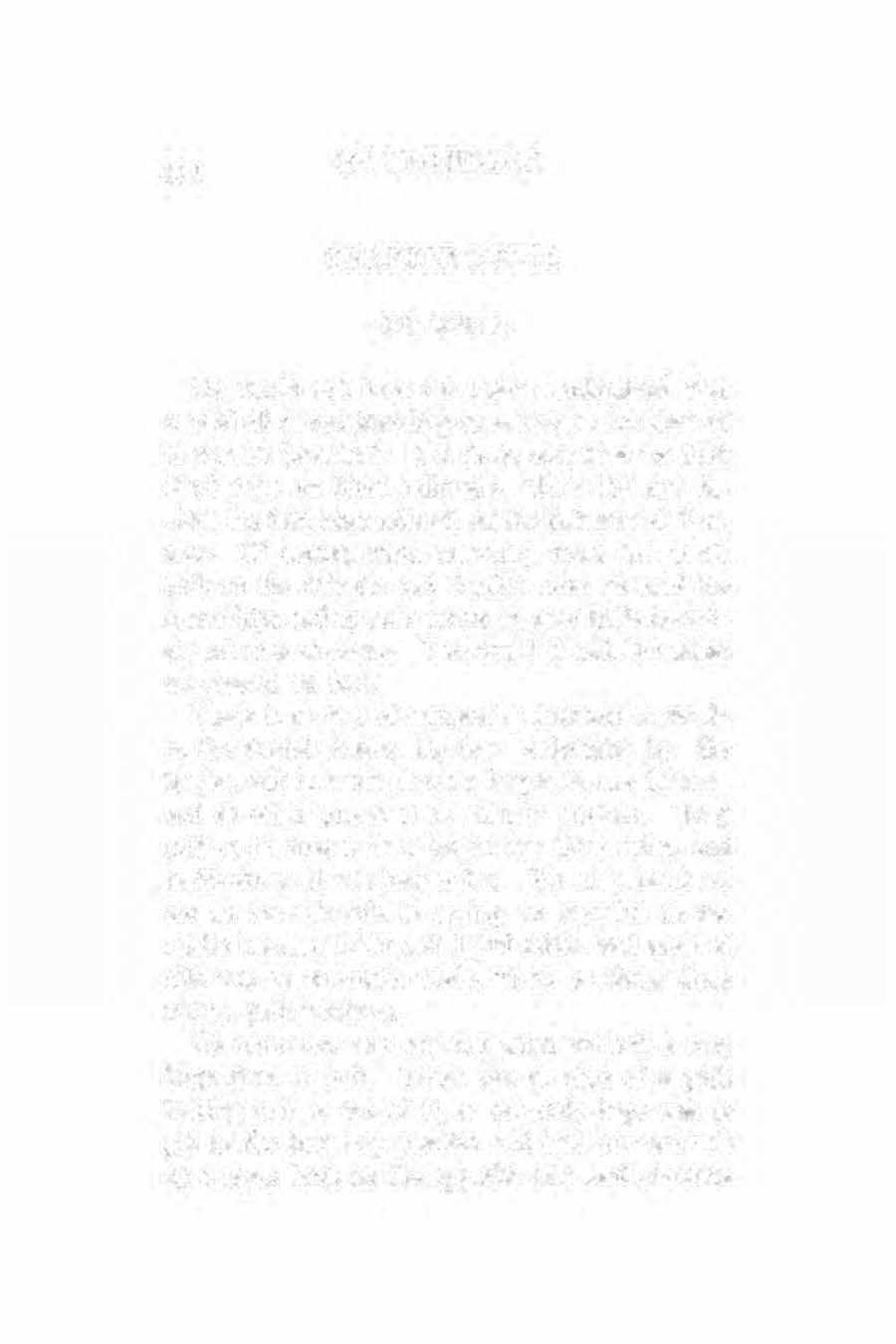
ON MULEBACK CHAPTER XXVII.
OUR MULES.
,ve would not have our reader understand th'it we did all of our traveling on muleback for some of it was on horseback. On three occasions we took short trips on little railroads.. This did not include the first class railroad on the Isthmus 0£ Pan-: ama. Of cour.se, when trayeling down the coast, both on the Atlantic and Pacific sides we used the steamr;hips, and up some rivers we used little launches and river steamers. Between 150 and 200 miles we covered on foot.
There is no way of computing distance as we do iu the United States, for they ,calculate by the league, and in some places a league is one distance anc1 in other places it is entirely .another. They told us in Guatemala a league was three miles, and in Honduras it was four miles. \\re are certain we are on the fafe side in saying we traveled in th,,:, addle between 1,200 and 1,500 miles, and most of this was on mountain trails, where at times there was no path whatever.
·We remember one occaion when we had a very large river to ford. There war3 no sign of a path leading into or out of it, so our only hope was to get in the best way possible and lead our animals i1p a steep bank on the oppotlite side and continue
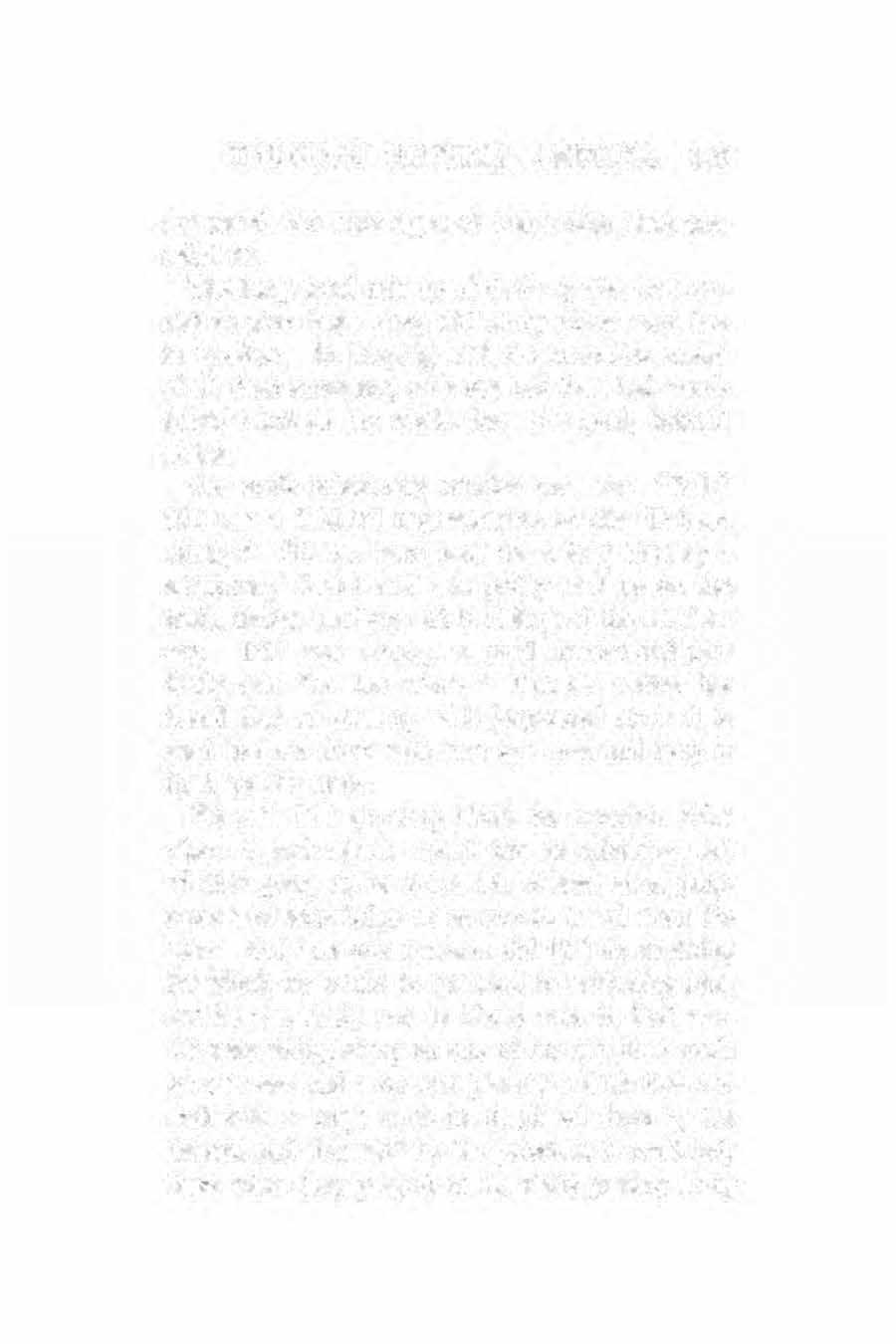
rrHROUGH CENTRAL AMERICA. 105
our eareh for some signs of where others had preceded us.
The long eared mix-up of God's 13pecies that carried us over the5e steep and stony places were five in number. In keeping with the invariable record of all their ancestors, each one had their bad "mule tricks'"; but on the whole they ,ve.re good, faithful mules.
Our mule missionary number one was ''Bill.' Bill was a faithful representative of the "Balaam family.;' He has been uc,cd for a long time by ii missionary friend ana was pretty well up on the trials, duti , burdens and hardships of the mis.sionary. Bill was strong, a good traveler and perfectly safe "on the whole.'' But the writer has found that in dealing with long-eared .stock it l good to even sleep with one eye open and keep it fixed on the mule.
We rode Bill up steep bluffis on mountain sides where a jack-rabbit would tire in climbing, but whether going up or down Bill showed more judgment and knowledge of mountain travel than his rider. Only on one occasion did Bill do anything, for which we won.Id be justified in criticising him, and he was likely not to blame even in thaf case. We were riding along on one of the muddiest roads we ever saw and were just passing a little 6x6 foot shed with a large cross in it, placed there by the Indians and "blessed" by the priest, so it could help th(ml when they prayed to it, while passing along
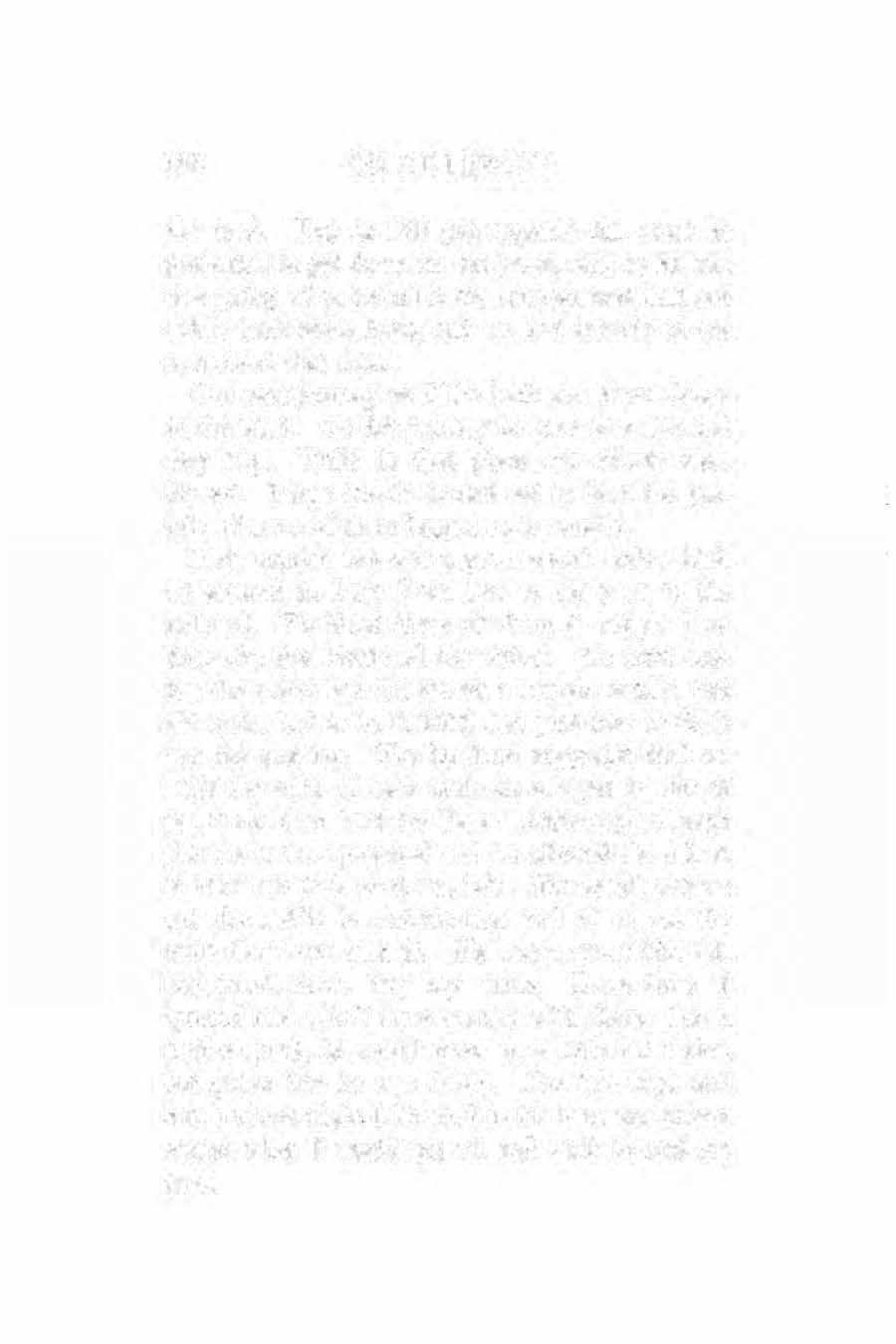
ON MULEBACK
the road. Just as Bill got oppositc the cross he proceeded to get down on his !{nees, and as he wJ.s in a ga,llop when be did it the crupper that held our saddle back broke loe, and we had trouble of our own about that time.
·Om next journey on Bill's back was from Cohan to Cristobal. On this journey he gave us a safe and easy trip. While in that place our efforts were h1c::;sed. Large crowds turned out to hear the gospel c111rTsome of them begged us to remain.
)lnle nurnhcr two was a government mule which we secured in Baja Vera Paz to carry us to the railroad. \Ye hired three of them to supply Bro. Echrarcls, Bro. lkid. and the writer. \Ye mmt confess the writer had his eye on a ceTtain saddle, but i.hc mules had to be divided, anc1 just how to do it was the question. The brethren suggested tbat we write the color of each mule on a separate slip of paper and then draw for them, After a good laugh tbe names ,rere prepared and we allmrnd the others to draw and took what was left. T.he result was we got the sadrlle in anticipation and of course the mnle that went with it. He ,nis a great big; fat, long-cnrc(l, stout, ]a;1,y hay mule. Every time I spurred him (for Tmnst confess with shame that I 11:-:eda spur), he would move up a little bit fa.:::.ter, hut ):!To11n like he was dying. For two dayi;; ann mnrh of one night. I listened to his lonesome groans except when 1 "'oulc1 get off ann walk to rest my ears..
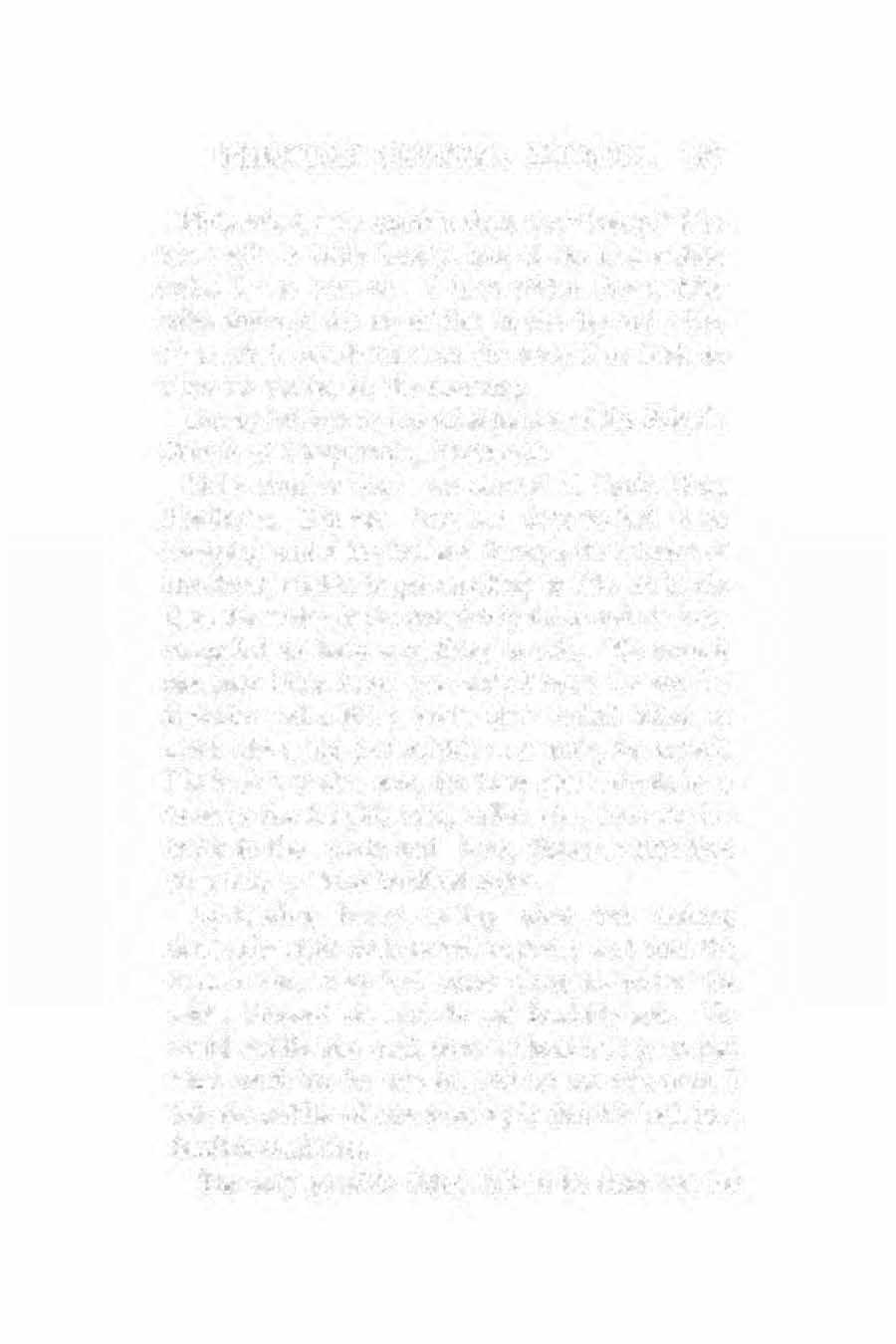
rrHROUGII CENTRAL AMERICA. 107·
Mule missionary number three was "Breezy." She was really a little beauty, one of the best saddle mules I was eYer on. I haYe ridden Rrcczy fifty miles through the mountains in one day and when we reached our dei::tination she seemed as fresh as when we started in the morning.
Breezy belongs to the missionaries of the Friends Church at Chiquimula, Guatemala.
Mule number four we secured at Santa Cruz, Honduras. For two long hot days we had been tramping under the hot sun through the interior of Honduras, unable to get anything to ride. At Santa Cruz the writer broke completely down and we were compelled to have something to ride. We secured one poor little bony, raw-backed horse £or our interpreter and a little mu1e that lookerl about a much like a big jack-rabbit as a mule, for myself. His back was also sore, for these poor animals have to carry the freight, rum, coffee, etc., from the interior to the ports and baek, distances anywhere from fifty to three hundred miles.
By feeding heavy, resting often, and making short rides, this mule servec1 11spretty well until the owner's son, who 'lrnd come along to return the mules, allowed his back to get fearfully sore. He would saddle him each time without telling us ju t what condition he was in, and let me ride until I took the saddle off one evening to find his back in ,\ horrible condition.
The only possible thing left to be done was for
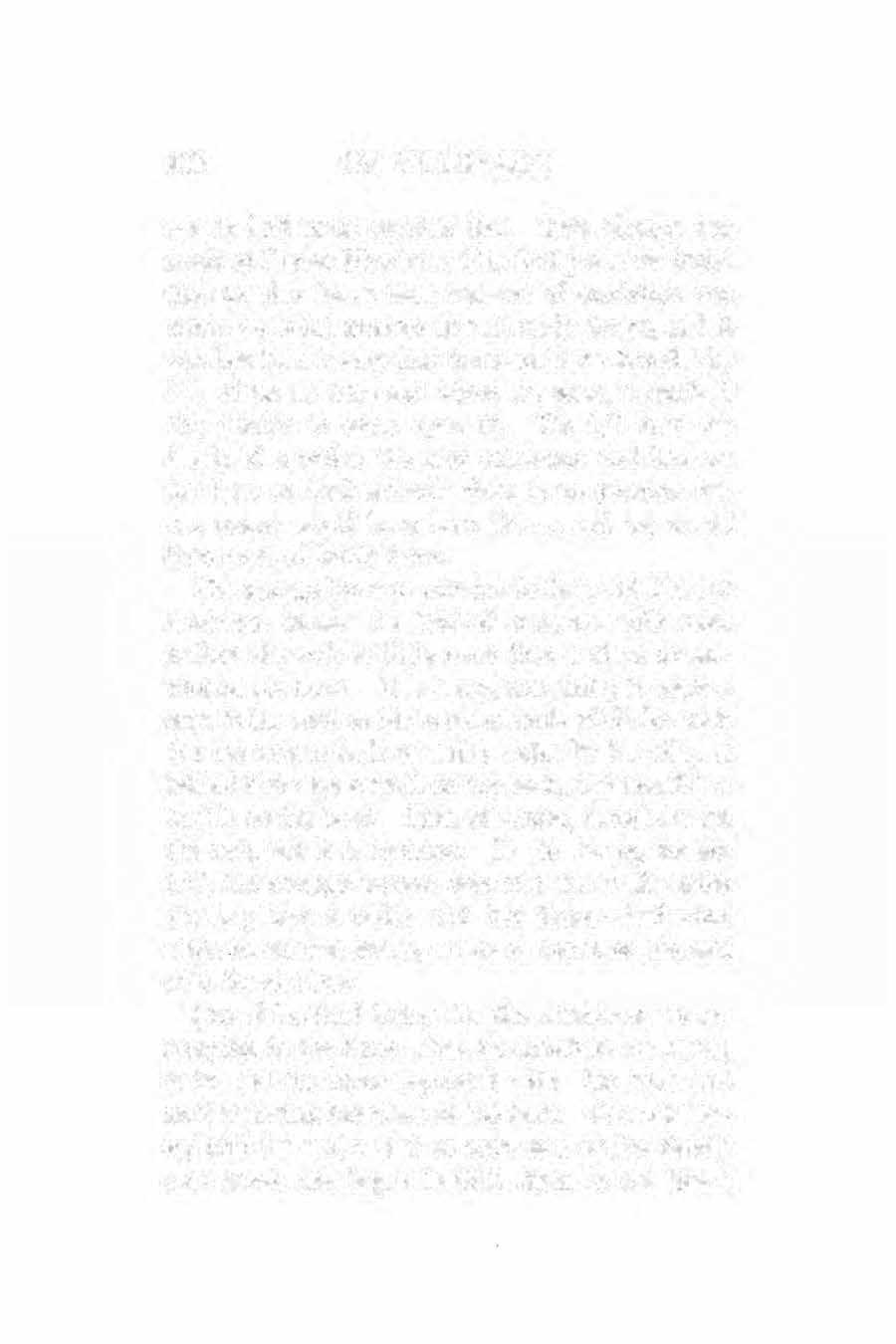
0N l\fULEBACK
me to find mule numbe-r five. This change was made at Floras, Honduras. The first place we found that number four's back was out of condition was where we found number five a11 ready for us, and it waiSless than twenty-four hours until we found why IIe,. ·whose we were and whom we serve, permitted this trouble to come upon us. \Ve fell into the hands of a robber the next afternoon and had we not been on fresh animals there is no question but our 1110ney would have been taken, and we would have receiYed bodily harm.
The average home on mission fields is not like our American home. In Central America with most natives the wife is little more than a slave or r:;errnnt in the home. It is a common thing to meet a man in the road on his horse or mule while his wife (or the woman he lives with) walks by his side, or behind him with a <ihild on her back, and possibly a bundle on her head. This, of course, is not always the case, but it is common. In the home, we arc told, the. a"\'erage ·woman does not sit at the table (if they have a table) with her Senor-. lord-but while ho eats she serves, or sits on the floor and eats with the -children.
One of the hard things for the missionary roactornplish in the home, after its members are saved ,. is to get the home regulated with the wife and mother having her place at the table. One missionary told the writer that as oon as a native family. were sared, she began to drill them to act like a
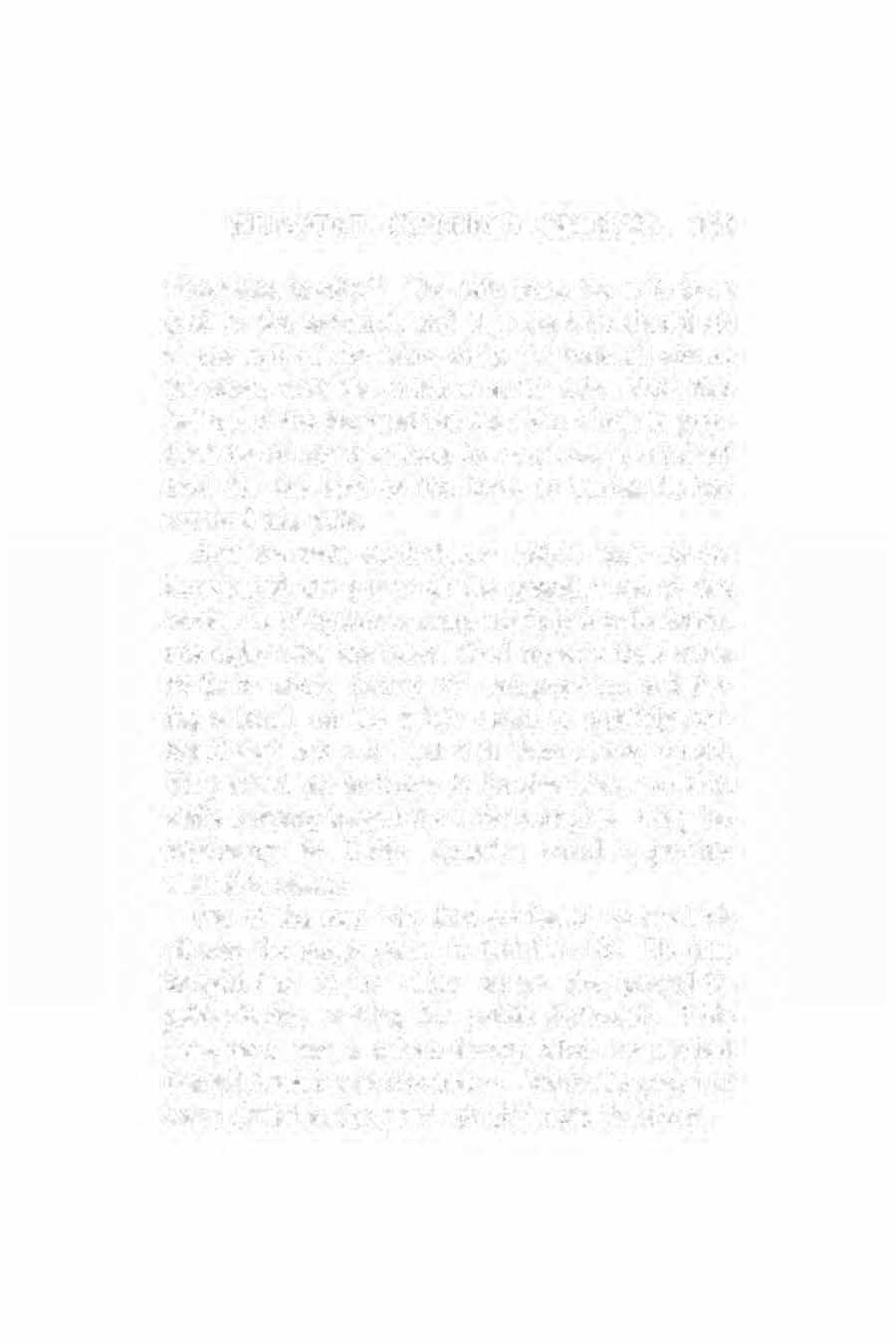
THROUGH CENTRAL AMERICA.
"Christian family." She tells them the wife is as good as the husband, and that the wife shou1tl sit at one end oi the table while the husband sits Jt the other, with the children at the side. With thi:-. feeling of the husband for his wife, which is practiced by all and has been for centuries, it is indee<l hard for the lord or the home to confess he has wronged his wife.
How we were startled, or rather how we acknowledged the power of the gospel, when at one service in Ohiquimula camp meeting four husbands,. one. right after t.he other, stood up with tbeir wiYei; by their sides; facing the congregation, and laying a hand on the wife's shoulder publicly •confessed they had not lived with them as they shnuk1. They asked the audience to forgive them, and then while weeping begged the \vife to .forgive. Only the missionary to Latin America •Could appreciate what this meant.
One of the men who thus confessed, we saw lo1Jk all over the congregation to find h.iis wife. JIe then brought her to the altar where they prayed together before making ·1is public statement. ·rrhis same man was a saloon keeper when we reaehecJ Central America in November. Truly the gospel of Jesus Christ is the power of God unto Salvation.
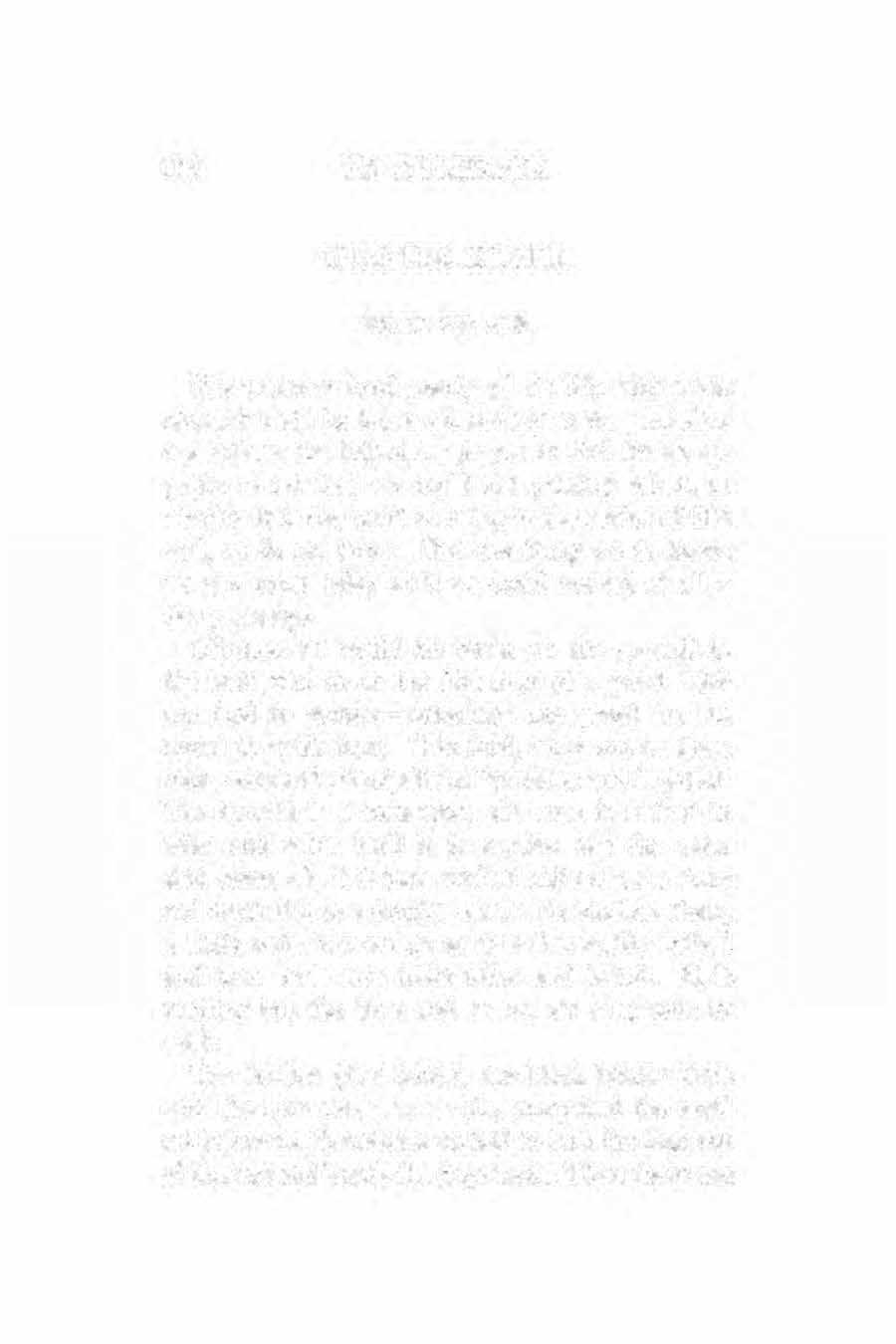
ON MULEBAOK
CHAPTER XXVIII.
WHAT WE ATE.
The writer suffered nearly all his life with a bad stomach until he began missionary work. Whether tlea-sickness has helpe<l, or prayer to God for an appetite to eat food we could not possibly relish, or whether it is the result of being in the center of His will, we do not know. But one thing we do know, ·we can enj·oy toclay what we oou1d not eat at all .a few years ago.
Ofttimes Wi:! would it down on the ground in the back yard or on the c1irt floor of a porch with our food in gourds-sometimes one gourd for the crowd. to drink from. 'rlw food, when out on. these trips, consisted principally of ''tortellas and frij.oleis." 'l1he tortella is a corn-cake; the earn is soaked iu ashes and water until it is swollen and the outer skin comes off, it is then washed and put on a stone aml crushed jnto a tlougby meal with another stone, a little water thrown on as it is thoroughly rubbed and then made into little cakes and baked. It is nothing but the corn ana water, no salt, soda or milk.
'rhc frijoles (free-holies) are b1ack beans; the5e with the corn cakes, as a r11Ie, comprised the meal et before us. Sometimes we had to kick the hogs ont of the way and lrnoek the clogs aside. Then there wa..
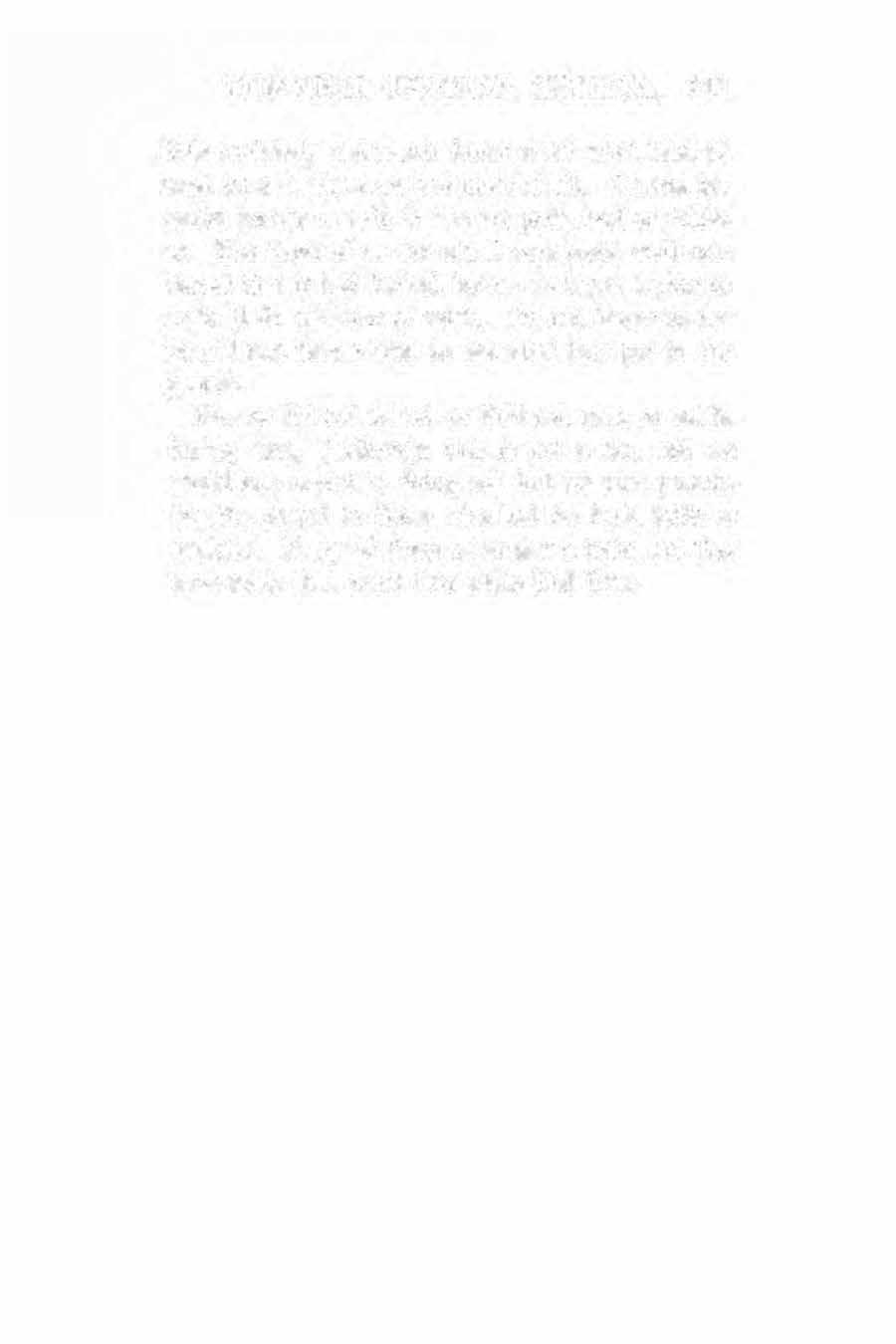
little certainty and much doubt about what kind of meat we ate, when we had meat at all. On one occasion we are certain it vv·as not pork, beef or chicken. The three of ms who ate it were pretty well convinced that it had barked before we began trying to make it do missionary work. Do not blame us for we did .not dare refuse to eat what they put in our gourds.
No, we did not travel on Pullman cars, or eat in dining cars, (although this is not a sin, and we would not object to doing so) but we were preaching the gospel to those ,rho ha<l no fork, table )r napkins. "Many of them never saw a train but they have souls that must live while God lives.
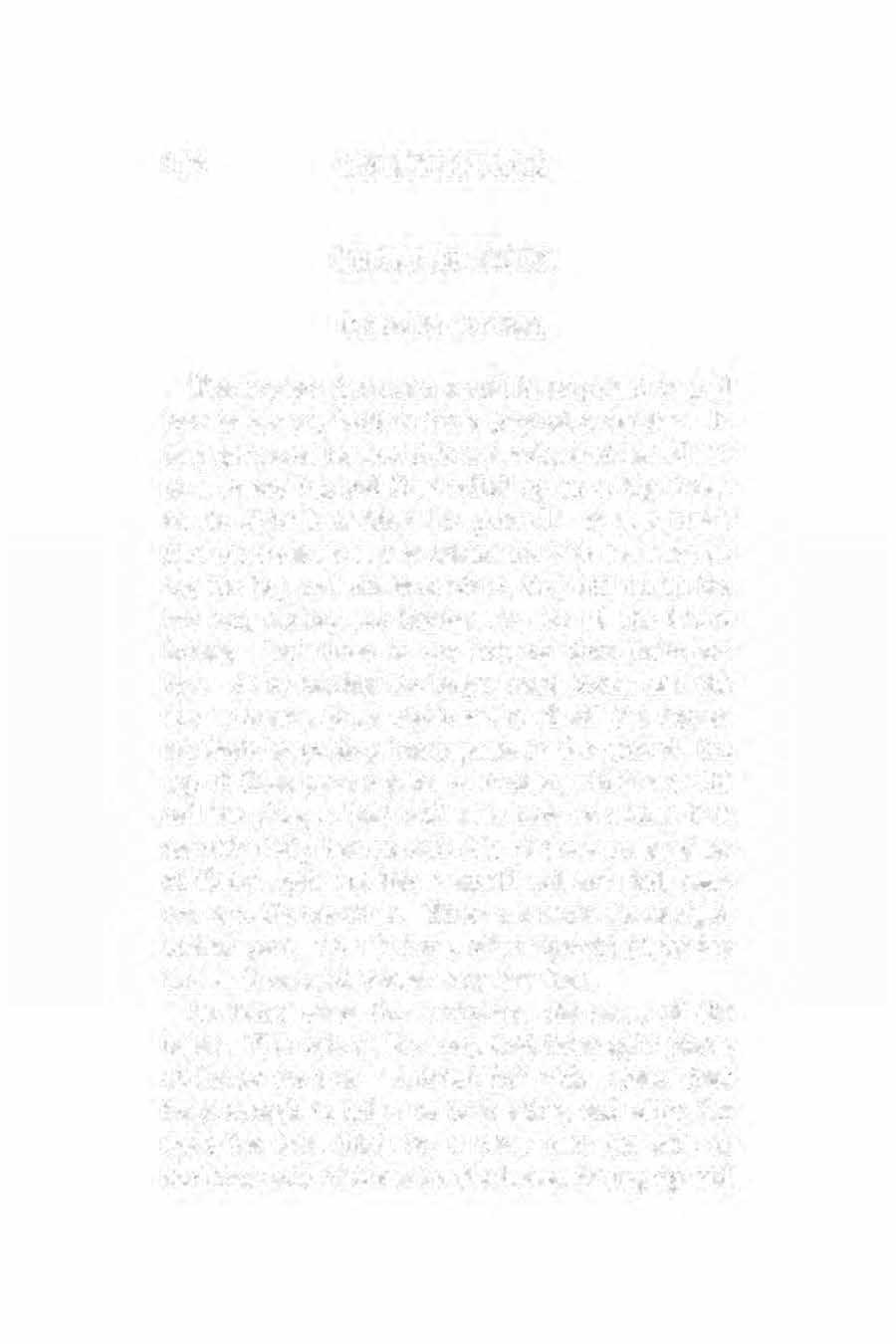
ON MULEIBACK CHAPTER XXIX.
BUILDING HOUSES.
The ave.rage American would be surprised to find how houses are built in these tropical countries. If they get sawed lumber it is as a rule _, first hewed out to a square log and. then rolled up on a big frame six to eight feet from the ground. A saw much like our cross-cut saw is taken and with one man on top the 1og, and one beneath it, they toil on in the hot sun, sawing out lumber for one of the better houses. But those in the interior thus built are few. After leaving the larger coast towns and the few railroads, about eight-tenths of all the houses are built by putting heavy posts. in the ground. On top of thet:e posts a piece of timber, which we will call the plate, is laid, and with bark or withes it .ia securely tied; then on each side of these posts pieces of timber split out like a small rail are tied, each one opposite the other. These are some six or eight inches apart. To reinforce, other upright pieces are tied to these split pieces every few feet.
In many cases this completes the sides of the house. rrhe rul is, however, that these split pieces of timber are first "chinked in" with stone just large enough to lodge on both sides, and after the stone has been filled in, a place near the side of the house and ofttimes in the house, is dug up and

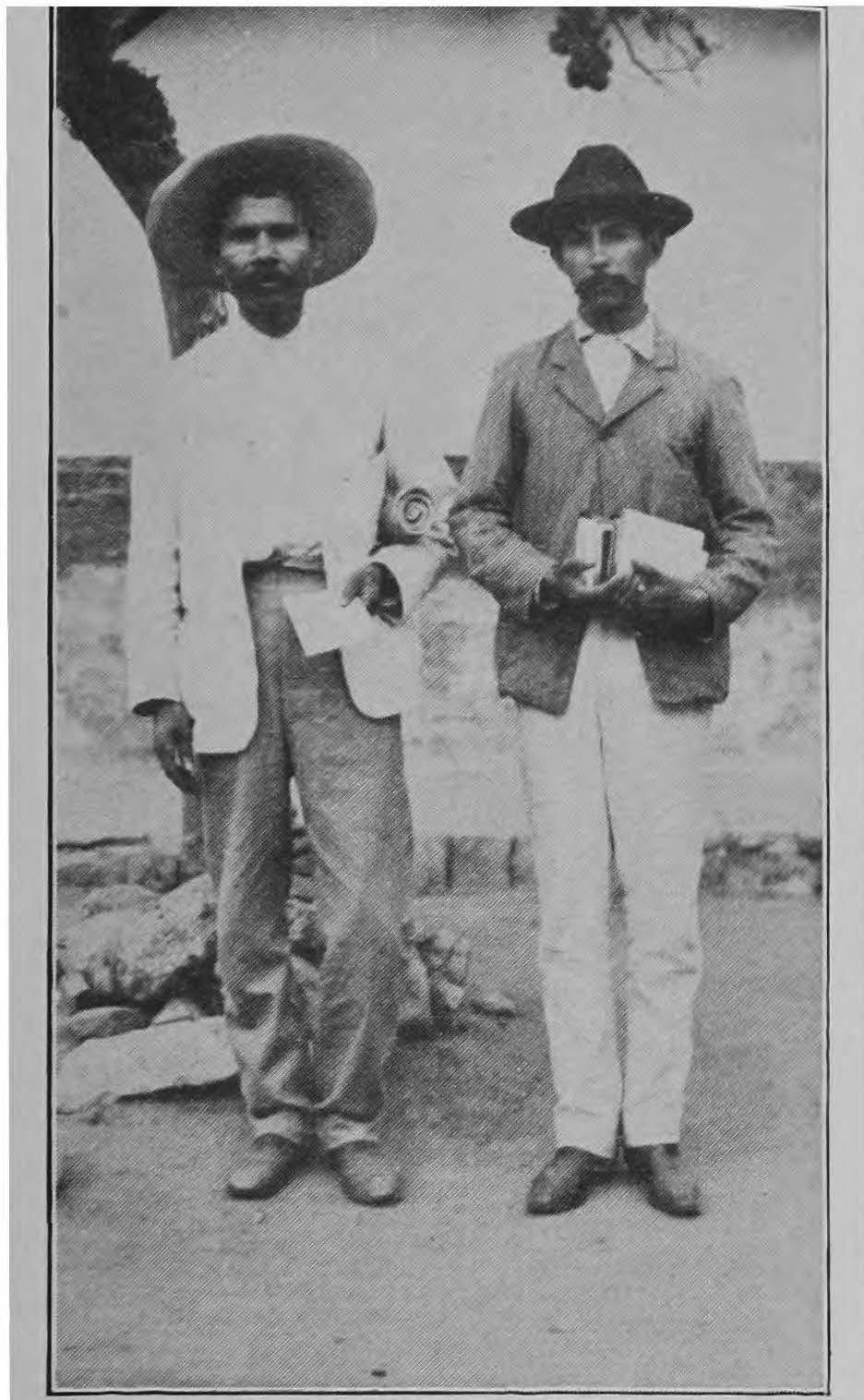
Two Native Workers in Central America. One was converted while reading Luke's Gospel.
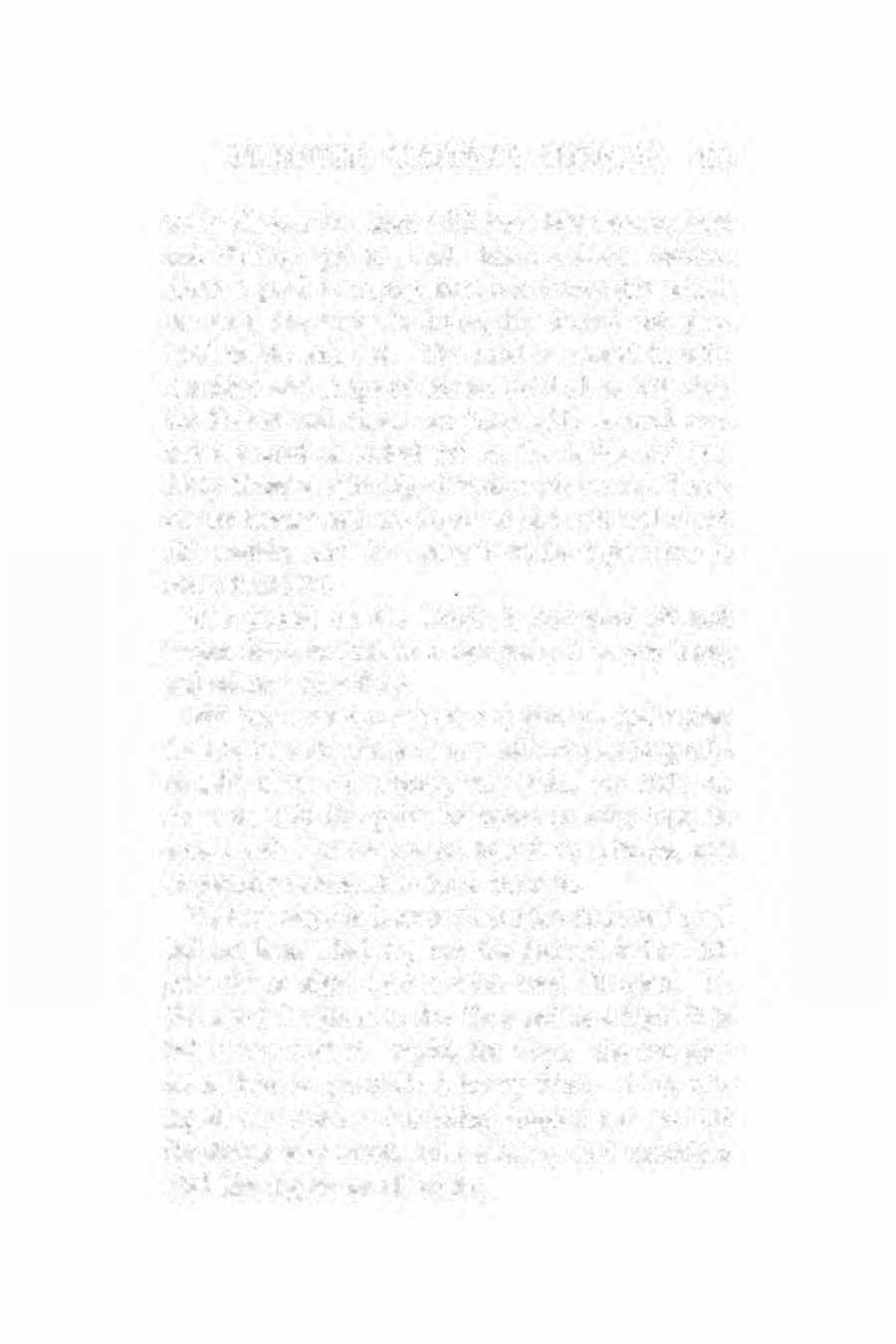
THROUGH CENTRAL AMERICA. 113
wa.ter thrown in; then with bare feet women, men and children get in ancl. begin making mortar. After a good tramP'ing that has thoroughly mixed the mud, the house is thoroughly daubed and plastered inside and out. The mud is pressed in ,vith the stone and strips of timber until all is full, then the timber and stone are thoroughly covered over and the mud smoothed off on the inside and out. Many times a light dip of whitewash is used. '11here are no freezes and no frost, so the wall will stand like marble, and the smooth white appearanGe is really beautiful.
The ground on the inside is smoothed off and beaten down so that in ·'l few years it ii, very hard, and makes a nice floor.
For the covering, rafters are put up, and across them to take the plaf!e of our laths or sheeting, other split pieces of timber, very thin, are tied; on these are laid the palm brancthes or cane tops, in order much like we put on boards or shing1es, and in quantity sufficient to turn the rain.
Wehave slept in houses where the stone and mud had not been filled in, but the latticed walls with h'Jles six or eight inches wide were all open. In themountains three to five thousand feet high, it is indeed very cool at night, for when the sun goes down, there is generally a heavy wind. After riding all day under a scorching tropical sun we felt the thange very much, with a heavy cool mountain wind blowing on us all night.
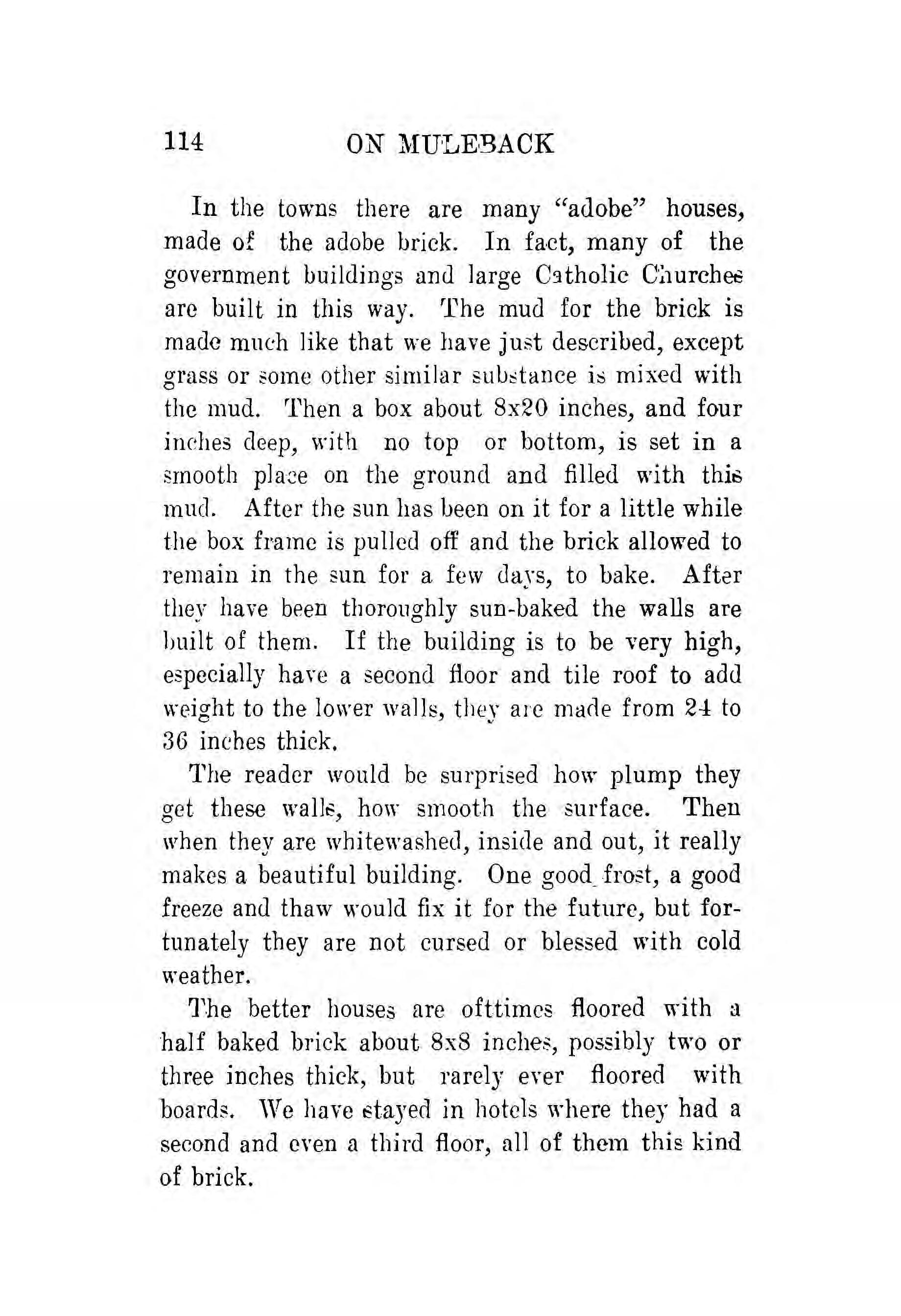
ON ~.fULE,BACK
In the towns there are many "adobe" houses, made of the adobe brick. In fact, many of the government buildings antl large C'..ltholic C~1urchet are built in this way. The mud for the brick is made much like that we have just described, except grass or ~01ne other similar suu:::tance i~ mixed with the mud. rl'hen a box about 8x20 inches, and four inches deep, with no top or bottom, is set in a smooth pla~e on the ground and filled with thir; 1nucl. After the sun has been on it for a little while the box frame is pulleu off and the brick allowed to remain in the sun for a few <lays, to bake. After they have been thoroughly sun-baked the walls are built of them. If the building is to be very high, especially have a second floor and tile roof to add weight to the lower walls, they arc rna<le from 24 to 36 inches thick.
The reader would be surprised how plump they get these wallr;, how smooth the surface. Then when they are whitewashed, inside and out, it really makes a. beautiful building. One good_frost, a good freeze and. thaw wou1d fix it for the future, but fortunately they are not cursed or blessed with cold weather.
The better houses are ofttimes floored "·ith a ·half baked brick about 8x8 inche.s, possibly two or three inches thick, but rarely ever floored with boards. ,ve have Etaye<lin hotels ·where they had a second and even a third floor, all of thein this kind of brick.
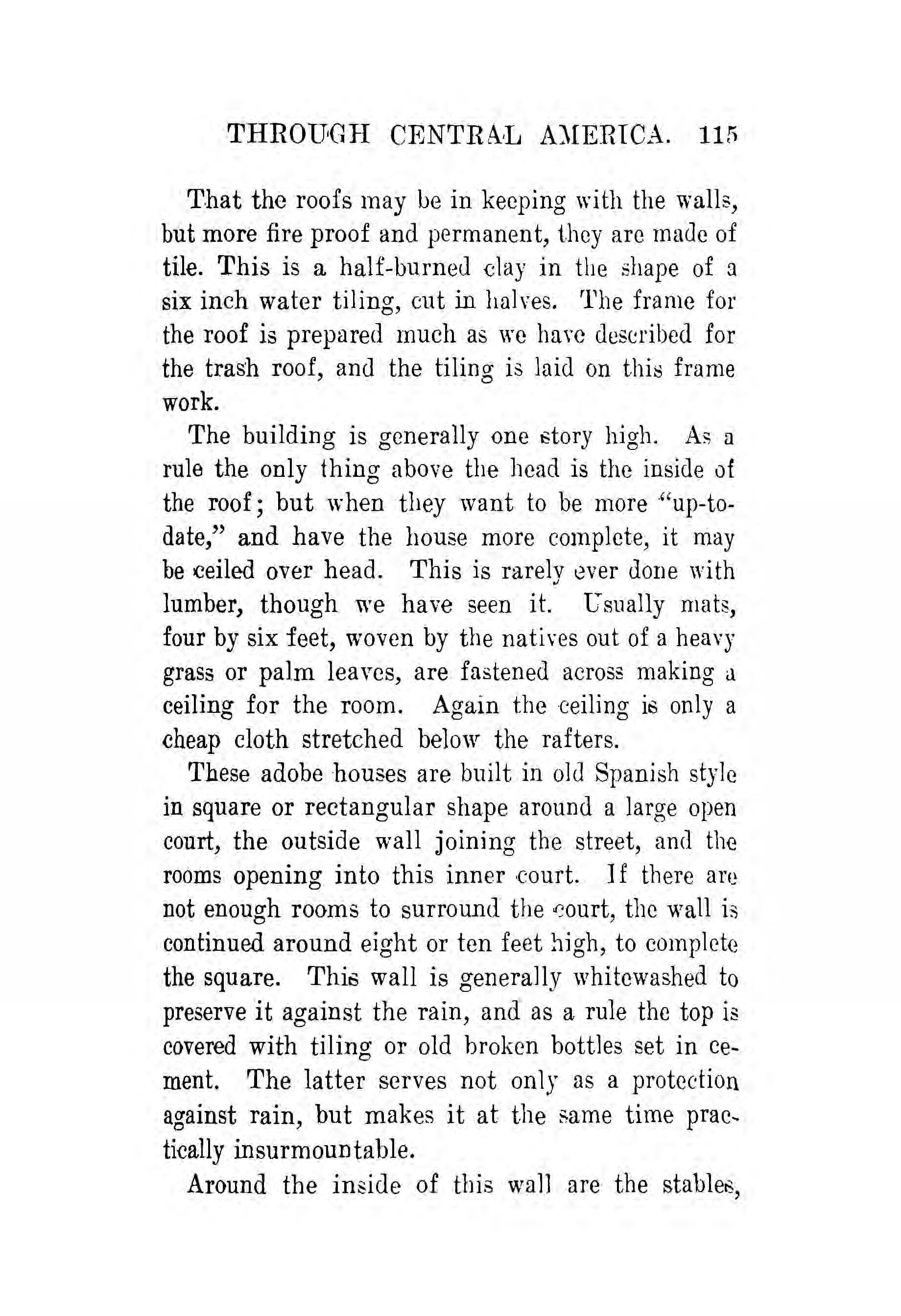
THROU 1GI-I CENTRAL A11ERICA. 11[)
That the roofs 1nay Le in keeping with the walls, but more fire proof and permanent, they arc rna<lcof tile. This is a half-burneu clay in the shape of a six inch water tiling, cut in halves. 'l'he frame for the roof is prepared 1nuch as we haYc <lescribe<lfor the trash roof, and the tiling is lai<lon this frame work.
The building is generally one ?Storyhigh. As a rule the only thing above the head is the inside of the roof; but when they want to be more ·"up-todate," and have the house more co1nplcte, it may be ceiled over head. This is rarelv 8ver done with ,I lumber, though we have seen it. Gsually mats, four by six feet, woven by the natives out of a heavy grass or palm lea vcs, are fastened across making i.l ceiling for the room. Again the ·ceiling is only a cheap cloth stretched below the rafters. These adobe houses are built in olo Spanish style in square or rectangular shape around a large open court, the outside wall joining the street, and the rooms opening into this inner ,court. ] f there ari) not enough rooms to surround the -::ourt, the wall i~ continued around eight or ten feet !1jgh,to complete the square. This wall is generally whitewashed to preserve it against the rain, and as a rule the top is covered with tiling or old broken bottles set in cement. The latter serves not only as a protection against rain, but makes it at the same time prac-ticallyinsurmountable.
Around the inside of this wa11 are the stable~,
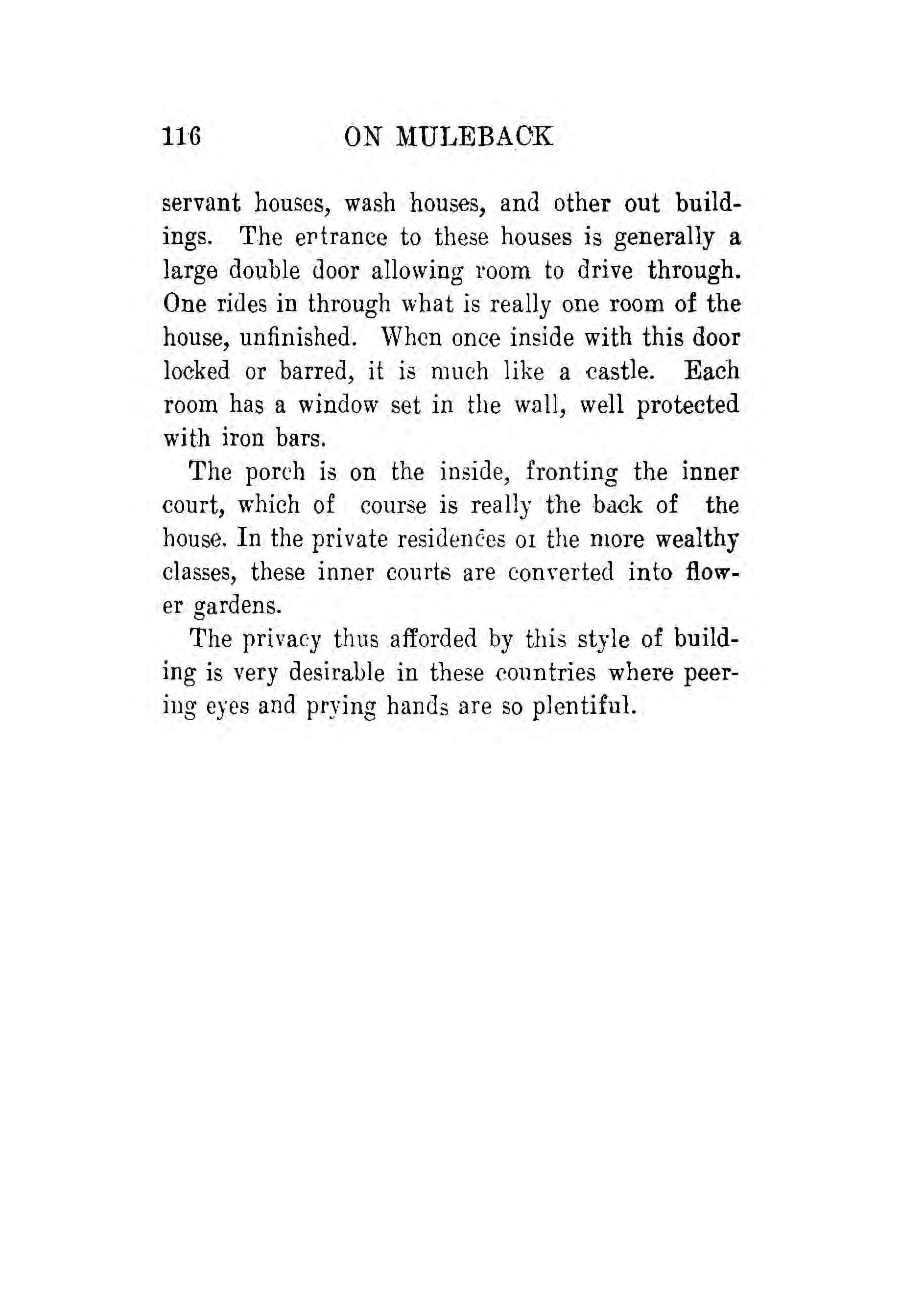
ON 11ULEBAOK
servant houses, wash houses, and other out buildings. The ePtrance to these houses is generally a large double door allowing room to drive through. One rides in through ,vhat is really one room of the house, unfinished. \Vhcn once inside with this door locked or barred, it is much like a castle. Each room has a window set in the wall, well protected with iron bars.
The porch is on the inside, fronting the inner court, which of course is really the back of the house. In the private residences 01 the n10re wealthy classes, these inner courtt, are con Yerted into flower gardens.
The privacy thus afforded by this style of building is very desirable in these ~ountries where peering eyes and prying hands are so plentiful.
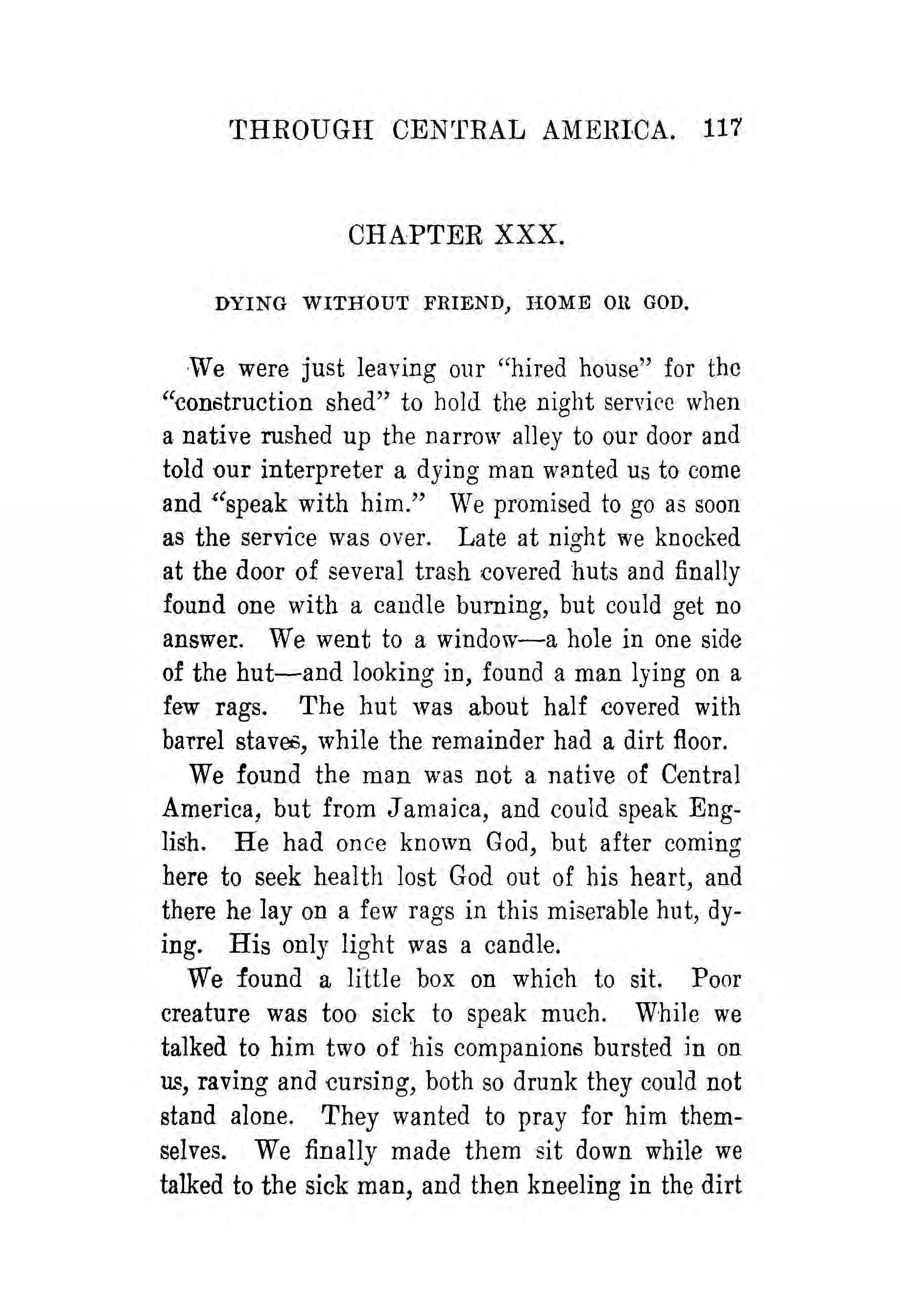
rrHROUGII CENrrRAL A11EHICA. 117
CHAPTER XXX.
DYING WITHOUT FRIEND, HOME OR GOD.
·We were just leaving our "hired house" for the "(!onstruction shed" to hold the night service when a native rushed up the narrow alley to our door and told our interpreter a dying man w~.ntedus to corne and i"speak with him." We promised to go as soon as the service was over. Late at night we knocked at the door of several trash covered huts and finally found one with a candle burning, but could get no answer. We went to a window-a hole in one side of the hut-and looking in, found a man lying on a few rags. The hut was about half covered with barrel stavecs,while the remainder had a dirt floor.
We found the man was not a native of Central America, but from J amajca, and could speak English. He had once known God, but after coming here to seek health lost God out of his heart, and there he lay on a few rags in this miserable hut, dying. His only light was a candle.
We :found a little box on which to sit. Poor creature was too sick to speak much. While we talked to him two of his companiorn, bursted in on us, raving and ~ursing, both so drunk they could not stand alone. They wanted to pray for him themselves. We finally made them sit down while we talked to the sick man, and then kneeling in the dirt
d8
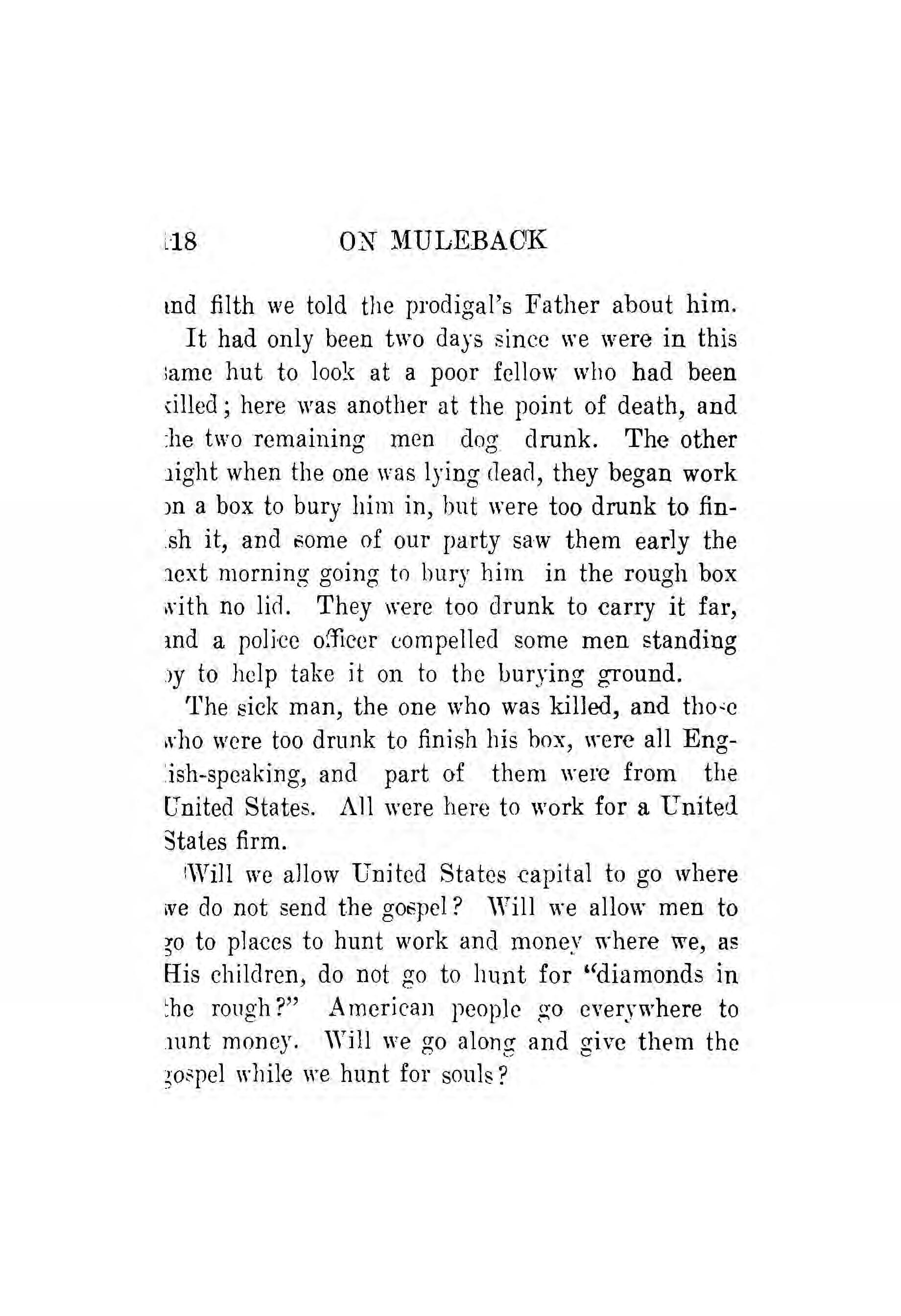
ON ~1ULEBAOK
md filth we told the prodigal's Father about him. It had only been two days since we were in this ,amc hut to loo!c at a poor fellow who had been (illed; here was another at the point of death, and :he two remaining men dog drunk. The other 1ight when the one was lying cleacl,they began work )Il a box to bury him in, but were too drunk to fin:sh it, and i.:;omeof our party saw them early the 1ext morning going to bury hirn in the rough box .rith no lid. They were too drunk to carry it far, ind a poli·ce officer rompelled some men standing )J to help take it on to the burying ground.
The sick man, the one who was killed, and tho.;c .rho were too drunk to finish his box, \rere all Eng'.ish-spcaking, and part of then1 were from the United States. All were here to work for a l;nited States firm.
1\Yill we aJlow United States <?apital to go where 1vedo not send the goi.:;pel? \Vill we allow men to ~o to places to hunt work ancl money where we, as His children, do not go to hunt for ''diamonds in :he rough?" A mcrican people go everywhere to 1unt money. "~ill we go along and give them the ~o.spel,rhile we hunt for sonh?

THROUGH CENTRAL A:\1ERICA. 119
CHAPrrER XXXI.
THE Al\!ElUCAN's INFLUENCE IN CENTRAL Al\1ERICA.
,rithout any desire on our part to rcflcd on the character of American citizens who live in Central America, we are con1pelled to say, their influence i.; not good.
\Ve are, of course, to understand that Americans are down there for money and not to do mi~ionary work. But that to \rhich we refer is purely a moral question, and not in any way a religious or spiritual one. The feeling seems to prevail that they want money and will do anything to make it. This grappling, with ofttimes a dis'honest spirit, has been practiced so long that ·"Am¤rica" or "American" seems to mean to the natives greed, rar3-cality,and dishonesty.
The largest percent of Americans there do not have the best code of morals to live by. It itSnot at all uncommon to find them living with the native women, and raising children in this way. One American man may have ·children he owns as his with several mothers.
We sat in a train crowded with passengers and heard American men, one of them a man known by reputation all over Central America, talk to a native woman as few mc;n would even talk to fallen women behind the closed doors of a brothel.
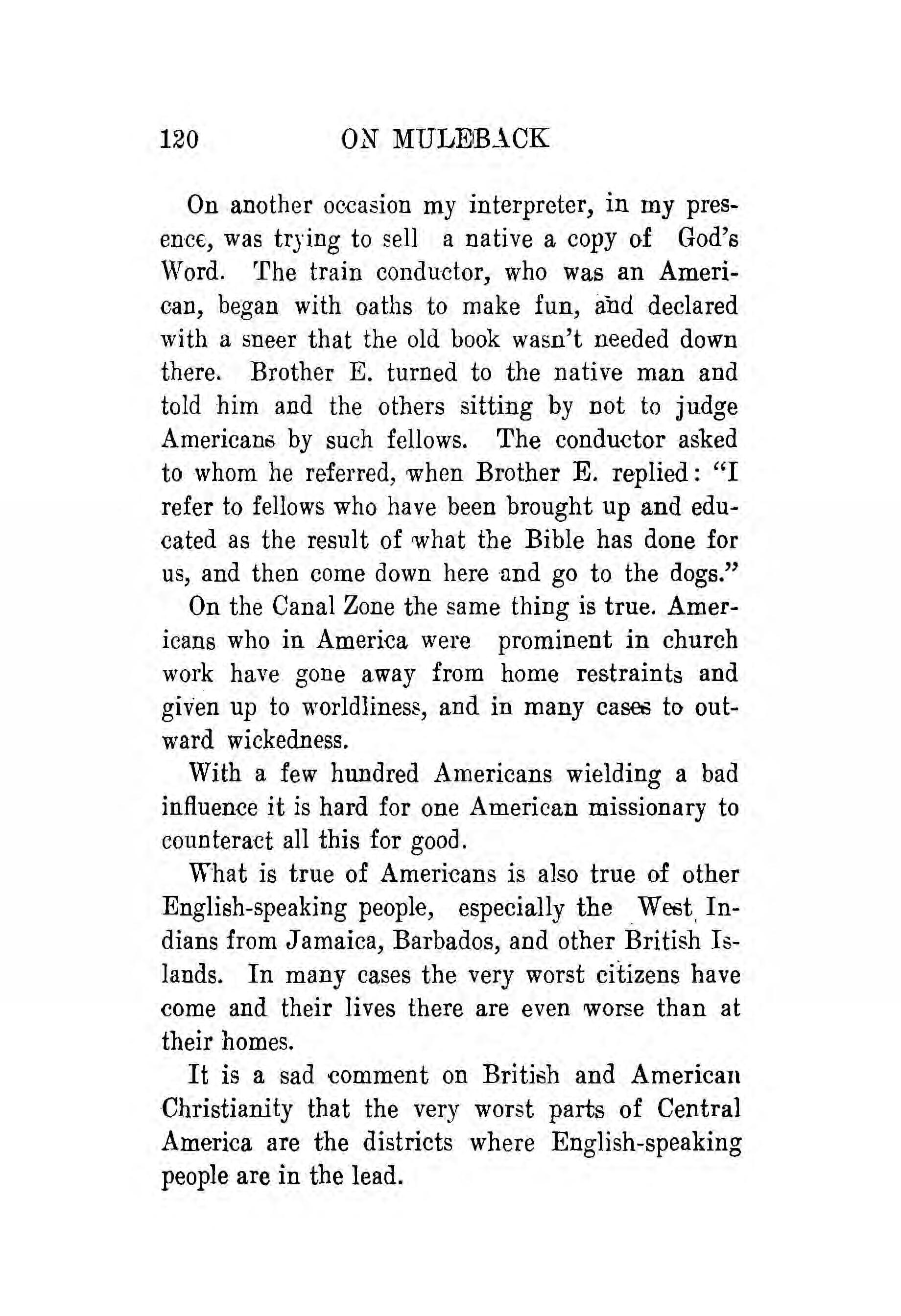
On another occasion my interpreter, in my presenc¤ , was trJing to sell a native a copy of God's \Vord. The train conductor, who was an American, began with oaths to make fun, ahd declared with a sneer that the old book wasn't needed down there. Brother E. turned to the native man and told him and the others sitting by not to judge Americarn; by such fellows. The conductor asked to whom he referred, when Brother E. replied: "I refer to fellows who have been brought up and educated as the result of what the Bible has done for us, and then come down here -and go to the dogs."
On the Canal Zone the same thing is true. Americans who in America were prominent in church work have gone away from home restraints and given up to worldliness, and in many caS¤t3to outward wickedness.
With a few hundred Americans wielding a bad influen~e it is hard for one American missionary to countera~t all this for good.
What is true of Americans is also true of other English-speaking people, especially the _ W et:it, Indians from Jamaica, Barbados, and other British Islands. In many cases the very worst citizens have come and their lives there are even worse than at their homes.
It is a sad ~omment on BrititSh and American Christianity that the very worst parts of Central America are the districts where English-speaking people are in the lead.
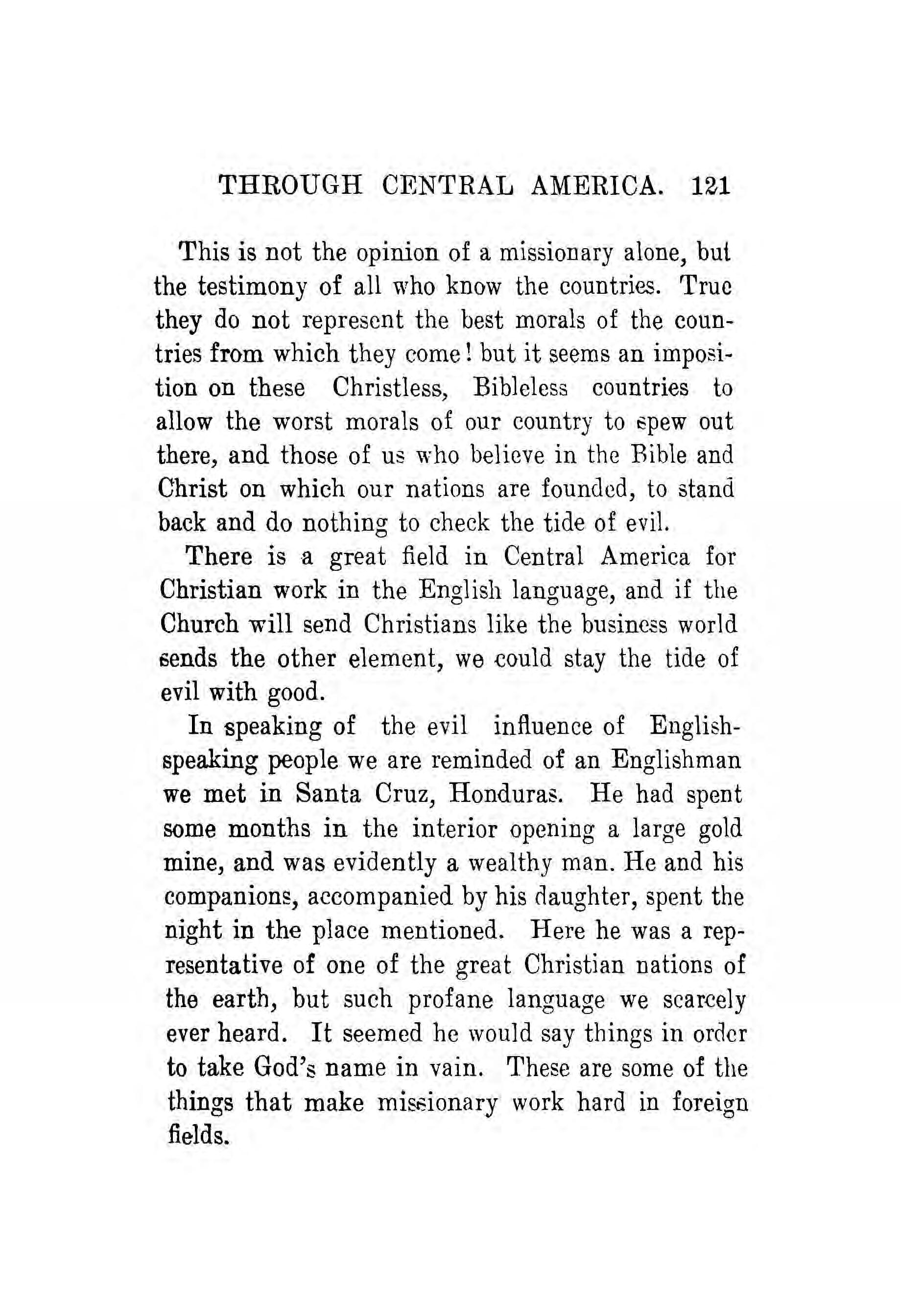
This is not the opinion of a missionary alone, but the testimony of all who know the countries. True they do not represent the best morals of the countries from which they come l but it seems an imposition on these Christless, Bib1eless countries to allow the worst morals of our country to ~pew out there, and those of us who believe in the Bible and Christ on which our nations are founded, to stand back and do nothing to check the tide of evil.
There is a great field in Central America for Christian work in the English language, and if the Church will send Christians like the busine.ss world sends the other element, we could stay the tide of evil with good.
In speaking of the evil influence of Englishspeaking people we are reminded of an Englishman we met in Santa Cruz, Honduras. He had spent some months in the interior opening a large gold mine, and was evidently a wealthy man. He and his companions, accompanied by his <laughter, spent the night in the place mentioned. I-Iere he was a representative of one of the great Christian nations of the earth, but such profane language we scar(:e}y ever heard. It seemed he would say things in order to take God's name in vain. These are some of the things that make mis,sionary work hard in foreign fields.
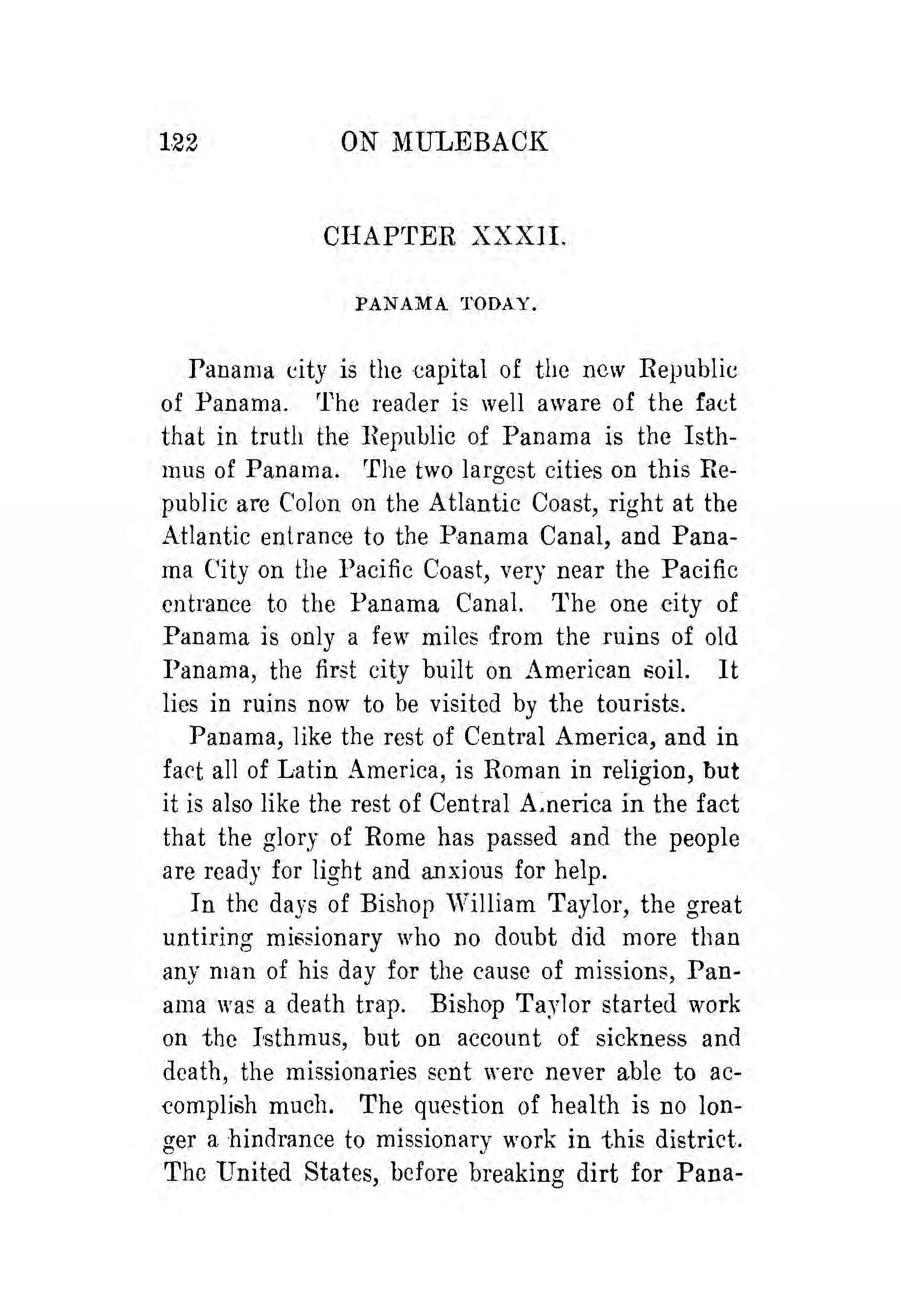
:MULEBACI(
CI-IAPTER XXXII.
PANAMA TODAY.
Panama eity is the capital of the new Republic of Panama. The reader is well aware of the faet that in truth the Hepublic of Panama is the Isthmus of Panama. rrhe two largest cities on this Republic are Colon on the Atlantic Coast, right at the Atlantic entrance to the Panama Canal, and Panama City on the Pacific Coast, very near the Pacific entrance to the Panama Canal. The one city of Panama is only a few miles 1from the ruins of old Panama, the first city built on American ~oil. It lies in ruins now to be visited by the tourists.
Panama, like the rest of Central America, and in fact all of Latin America, is Homan in religion, but it is also like the rest of Central A.nerica in the fact that the glory of Rome has passed and the people are ready for light and anxious for help.
In the days of Bishop \Villiam Taylor, the great untiring mit=-sionary who no doubt did more than any man of his day for the cause of missions, Panama was a death trap. Bishop Tay1or started work on the Jsthmus, but on account of sickness and death, the missionaries sent were never able to ac~omplir;h much. The question of health is no longer a. ·hindrance to missionary work in this district. The United States, before breaking dirt for Pana-
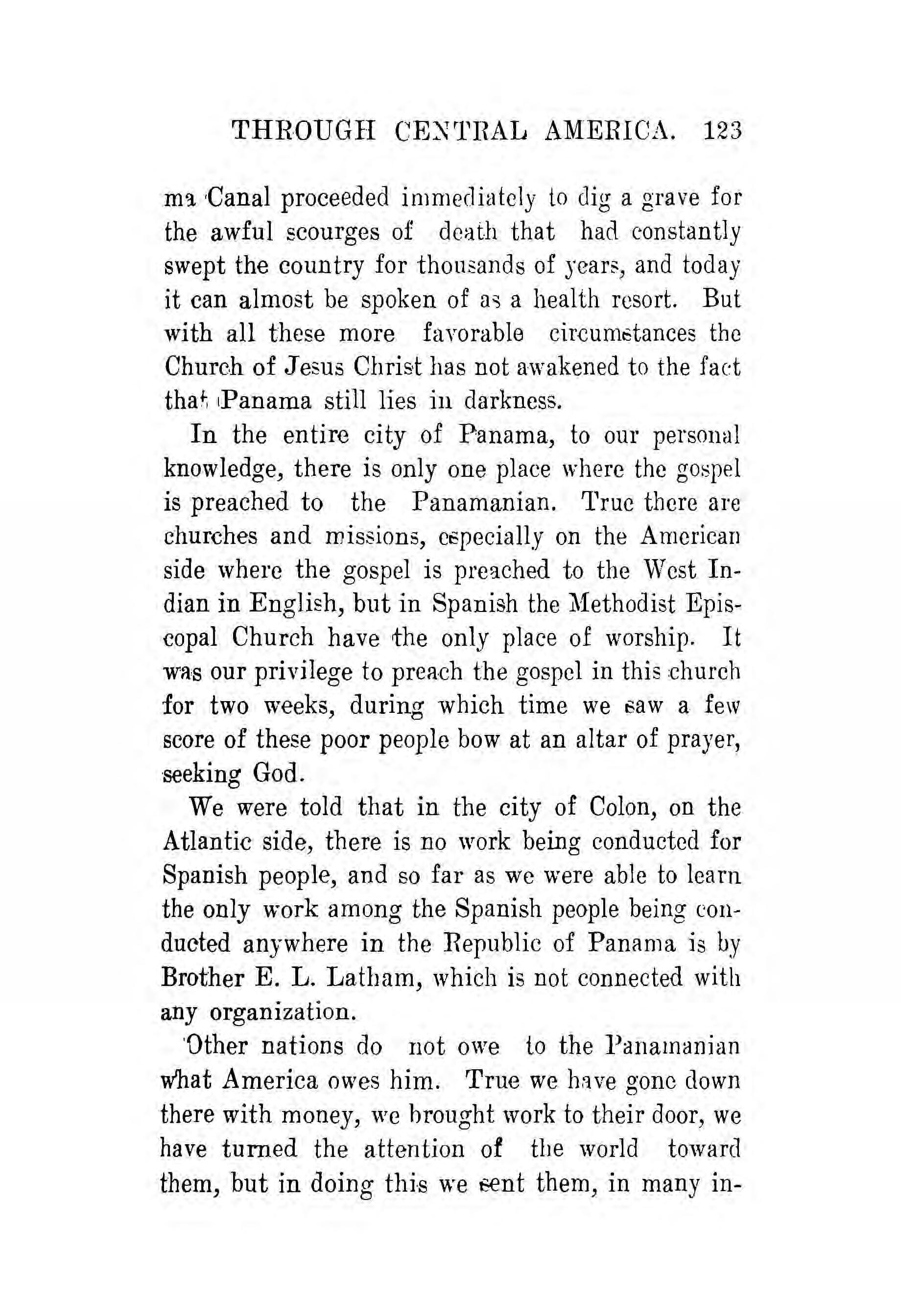
THROUGII CE~TBAL AMERICA. 123
m'l ·Canal proceeded imrnedia tcly io dig a grave for the awful scourges of de}1ththat had constantly swept the country for thousands of years, and today it can almost be spoken of a~ a health resort. But with all these more favorable circum1::tancesthe Church of Jesus Chris·t has not awakened to the fad tha~ ,Panama still lies in darkness.
In the entire city of Panama, to our personal knowledge, there is only one place where the gospel is preached to the Panamanian. True there are churches and missions, caSpeciallyon the American side where the gospel is preached to the vVest Indian in Engli~h, but in Spanish the :MethodistEpiscopal Church have 1he only place of worship. It was our privilege to preach the gospel in this :church -for two weeks, during which time we e,aw a few score of these poor people bow at an altar of prayer, seeking God.
We were told that in the city of Colon, on the Atlantic side, there is no work being conducted for Spanish people, and so far as we were able to learn the only work among the Spanish people being ronducted anywhere in the Republic of Panama is by Brother E. L. Latham, which is not connected with any organization.
·Other nations do not owe io the Panamanian w'hatAmerica owes him. True we have gone down there with money, we brought work to their aoor, we have turned the attention of the world toward them, but in doing this we 6¤nt them, in many in-
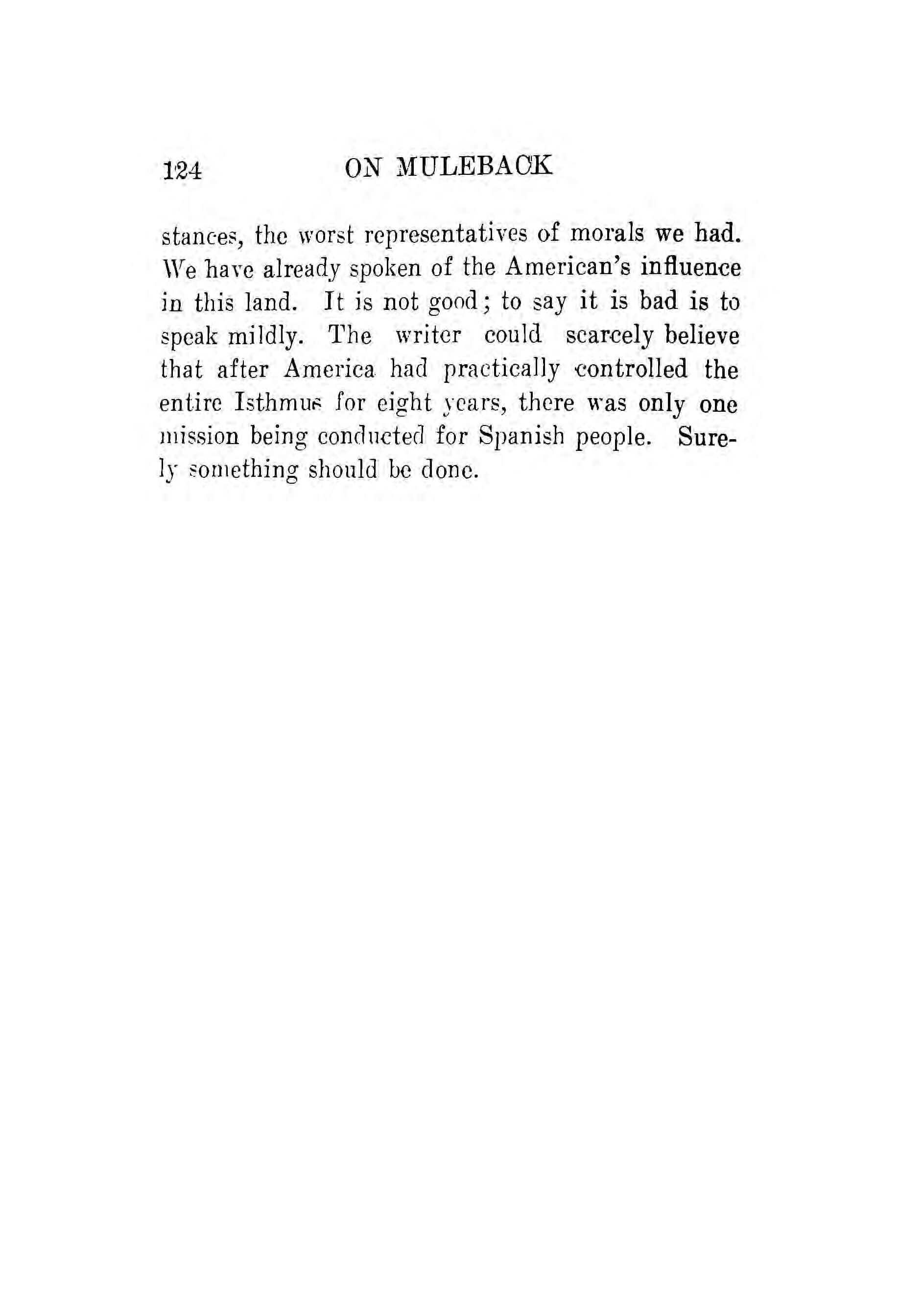
stances, the worst representatives of morals we had. \Ve ha YC already spoken of the American's influence in this land. It is not good; to say it is bad is to speak mildly. The writer could scarcely believe that after America had practically controlled the entire Isthmu~ for eight years, there was only one mission being condu~ted for Spanish people. Surely :'Ornething should be clone.
THROTJiGH
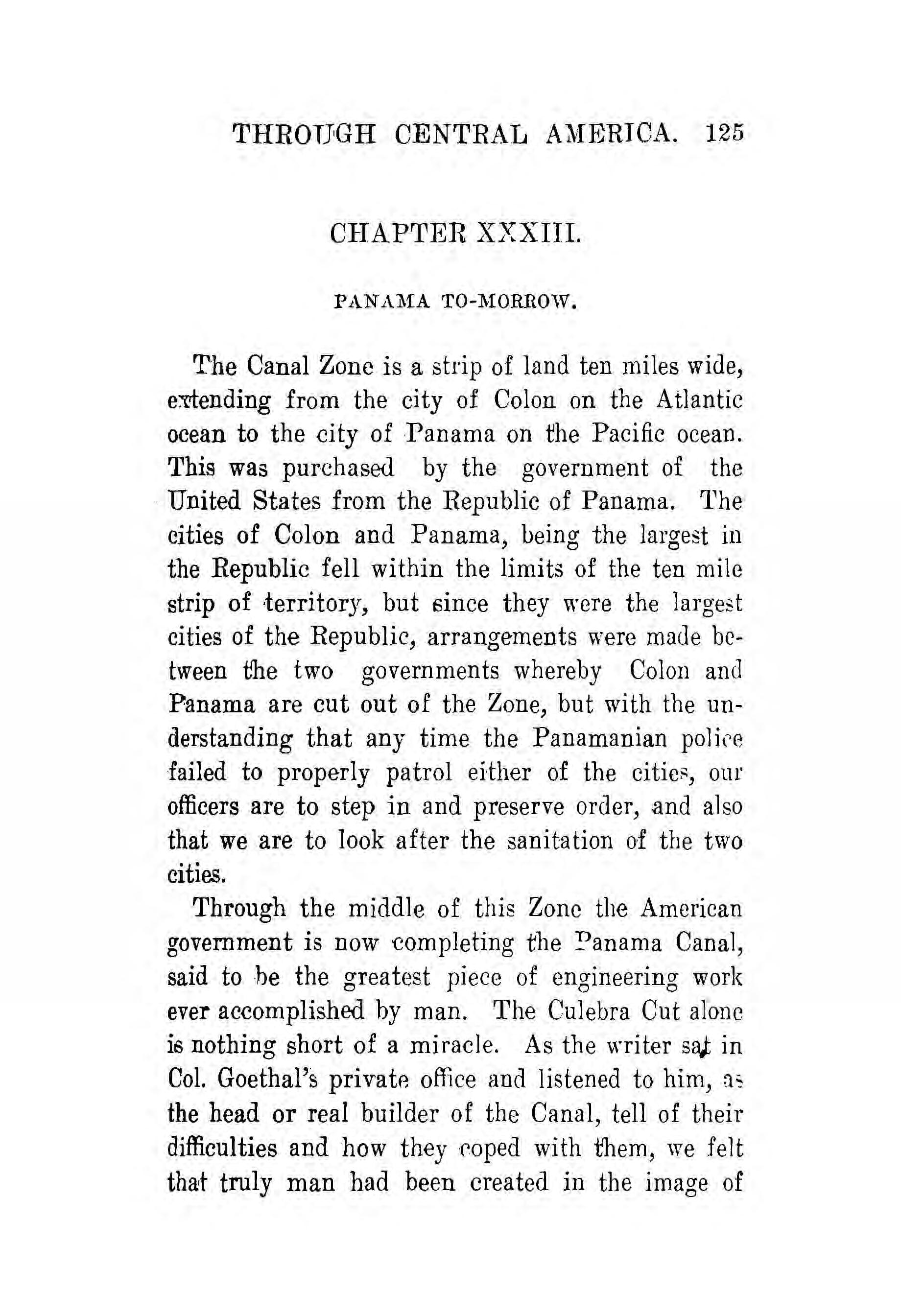
CIIAPTER XXXIII.
The Canal Zone is a strip of land ten miles wide, extending from the city of Colon on the Atlantic ocean to the city of -Panama on the Pacific ocean. This was purchased. by the government of the United States from the Republic of Panama. The cities of Colon and Panama, being the largest in the Republic fell within the limits of the ten mile strip of ·territory, but since they were the largest cities of the Republic, arrangements were ma<lebetween fue two governments whereby Colon and Panama are cut out of the Zone, but with the understanding that any time the Panamanian police failed to properly patrol either of the citie~, our officersare to step in and preserve order, and also that we are to look after the sanitation o-£the two cities.
Through the middle of this Zone the American government is now (;Ompleting the :?anama Canal, said to he the greatest piece of engineering work ever accomplished by man. The Culebra Cut alone is nothing short of a miracle. As the writer saJ:in Col. Goethal's privatf~ office and listened to him, the head or real builder of the Canal, tell of their difficulties and how they ·roped with tllem, we felt that truly man had been created in the image of
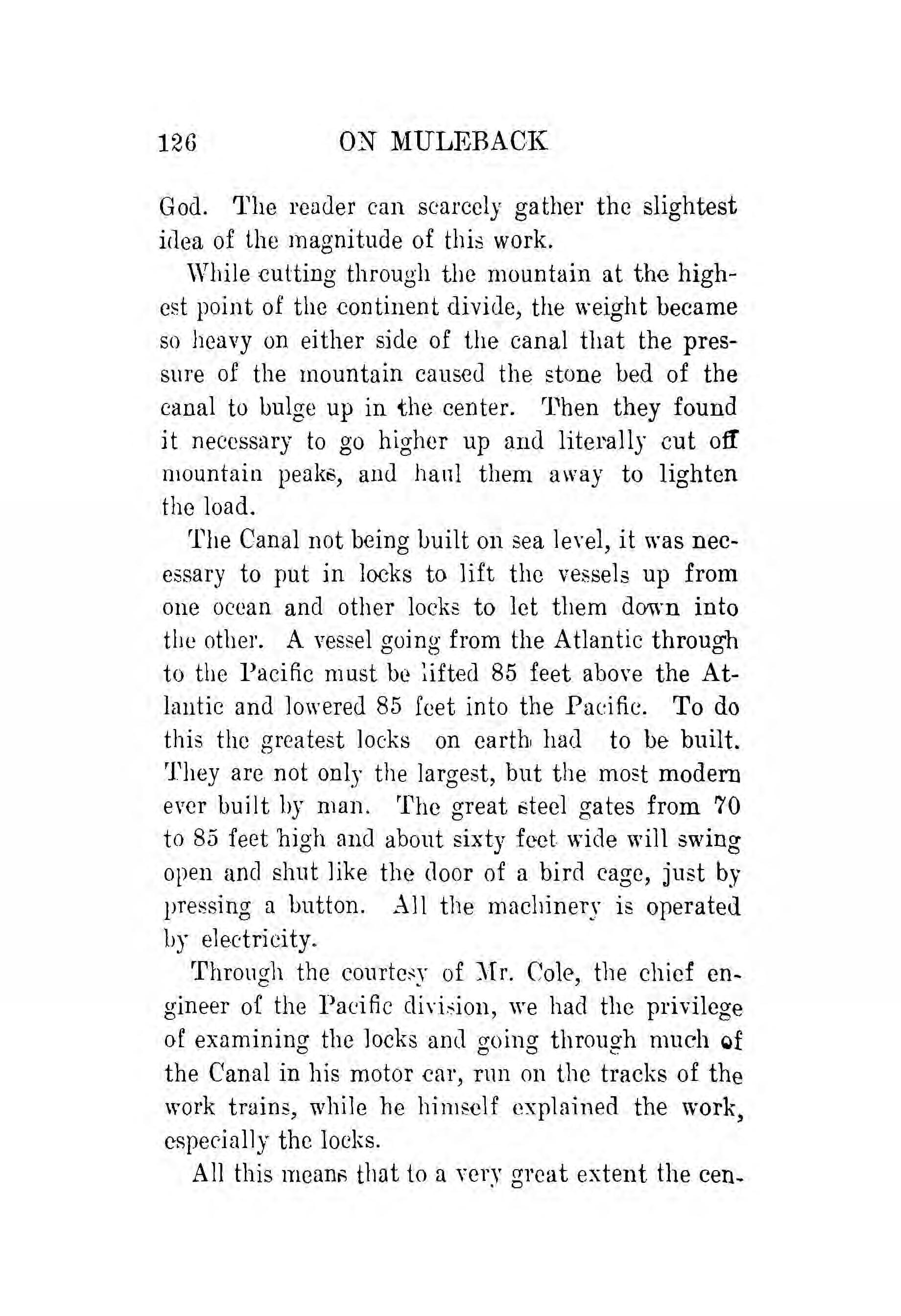
ON ~IULEBAGI(
God. The reu<ler can scarcely gather the slightest idea of the magnitude of thi:Swork.
\Vhile cutting through the mountain at the highest point of the continent diviue, the weight became so heavy on either side of the canal that the pressure of the mountain cause<l the stone bed of the canal to bulge up in the center. 'I'hen they found it necessary to go higher up and literally cut off mountain peakcS,an<l hanl them a way to lighten the load.
The Canal not being built on sea leYel, it was necessary to put in locks to lift the vessels up from one ocean and other lock5 to let them down into the other. A vessel going from the Atlantic through to the Pacific must be :iftec1 85 feet above the Atlantic and ]owere<l85 feet in to the Paci fie. To do this the greatest locks on earth hatl to be built. They are not only the largest, but the most modern ever built by man. The great ,steel gates from 70 to 85 feet high and about sixty feet wide will swing open ancl shut like the (loor of a bird cage, just by pressing a button. All the machinery is operated l>y electricity.
Through the courtc:-y of )l r. Cole, the chief en~ gineer of the Pacific diYi~ion, we had the privilege or examining the Jocks and going through much Qf the Canal in his motor car, rnn on the tracks of the work trains, while he himself explained the ,vork> especial1y the locks.
All this mean~ that to a very great extent the cen-
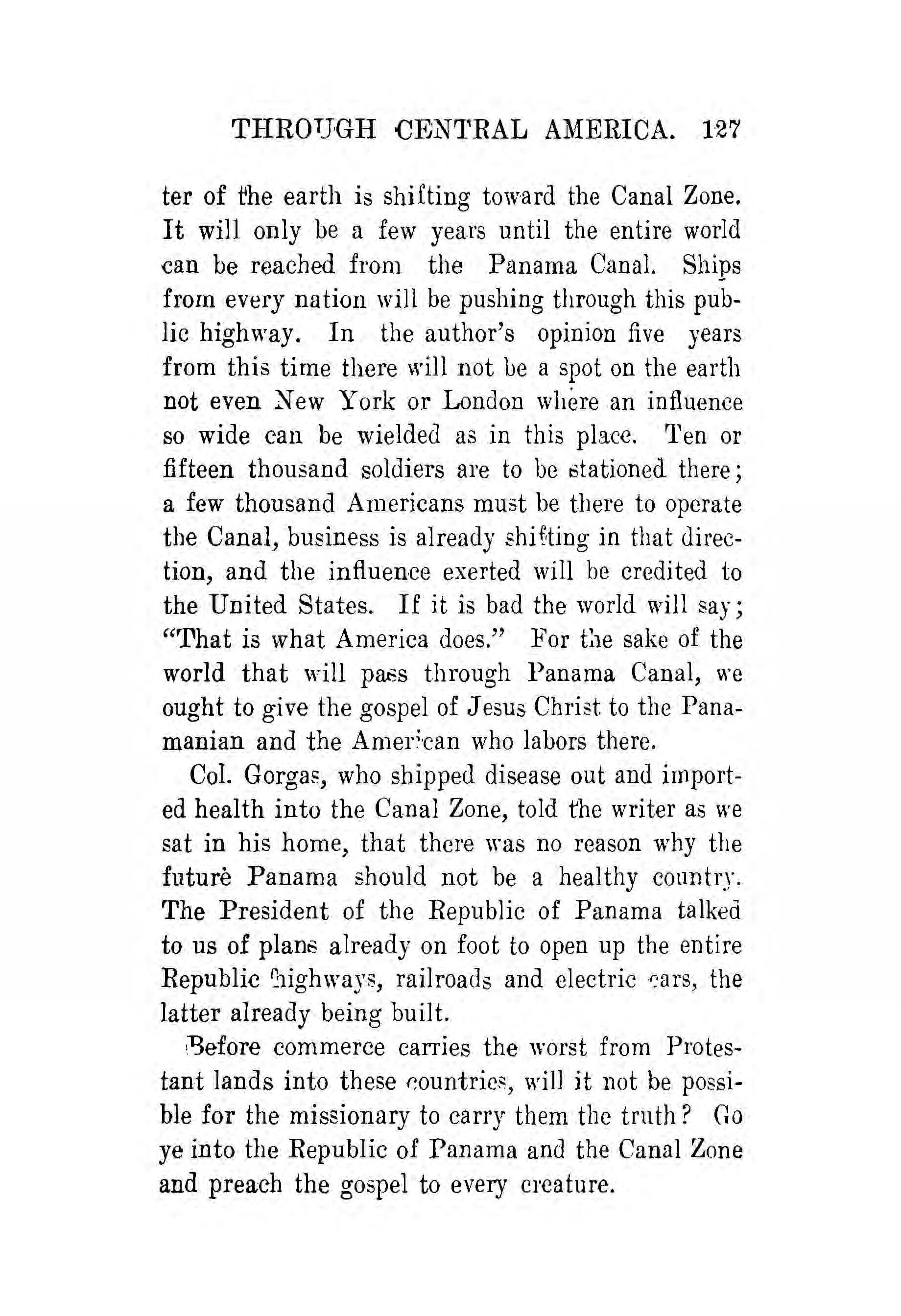
THROTJGH CENTRAL A~fERICA.
ter of fhe earth is shifting toward the Canal Zone. It will only be a few years until the entire world can be reached £ron1 the Panama Canal. Ships from every nation will be pushing through this public highway. In the author's opinion five years from this time there will not be a spot on the earth not even New York or London where an influence so wide can be wielded as in this place. Ten or fifteen thousand soldiers are to be 6tationed there ; a few thousand An1ericans must be there to operate the Canal, business is already shi Hing in that direction, and the influence exerted will be credited to the United States. If it is bad the world will say; "That is what America does." For t:1e sake of the world that will p~s through Panama Canal, we ought to give the gospel of Jesus Christ to the Panamanian and the An1e6can who labors there.
Col. Gorgas, who shipped disease out and imported health into the Canal Zone, told the writer as we sat in his home, that there was no reason why the future Panama should not be a healthy country. The President of the Republic of Panama talked to us of plans already on foot to open up the entire Republic C'lighways, railroads and electric i:ars, the latter already being built.
,13efore commerce carries the worst from Protestant lands into these ~ountric~, will it not be possible for the missionary to carry them the truth? Go ye into the Republic of Panama and the Canal Zone and preach the gospel to every creature.
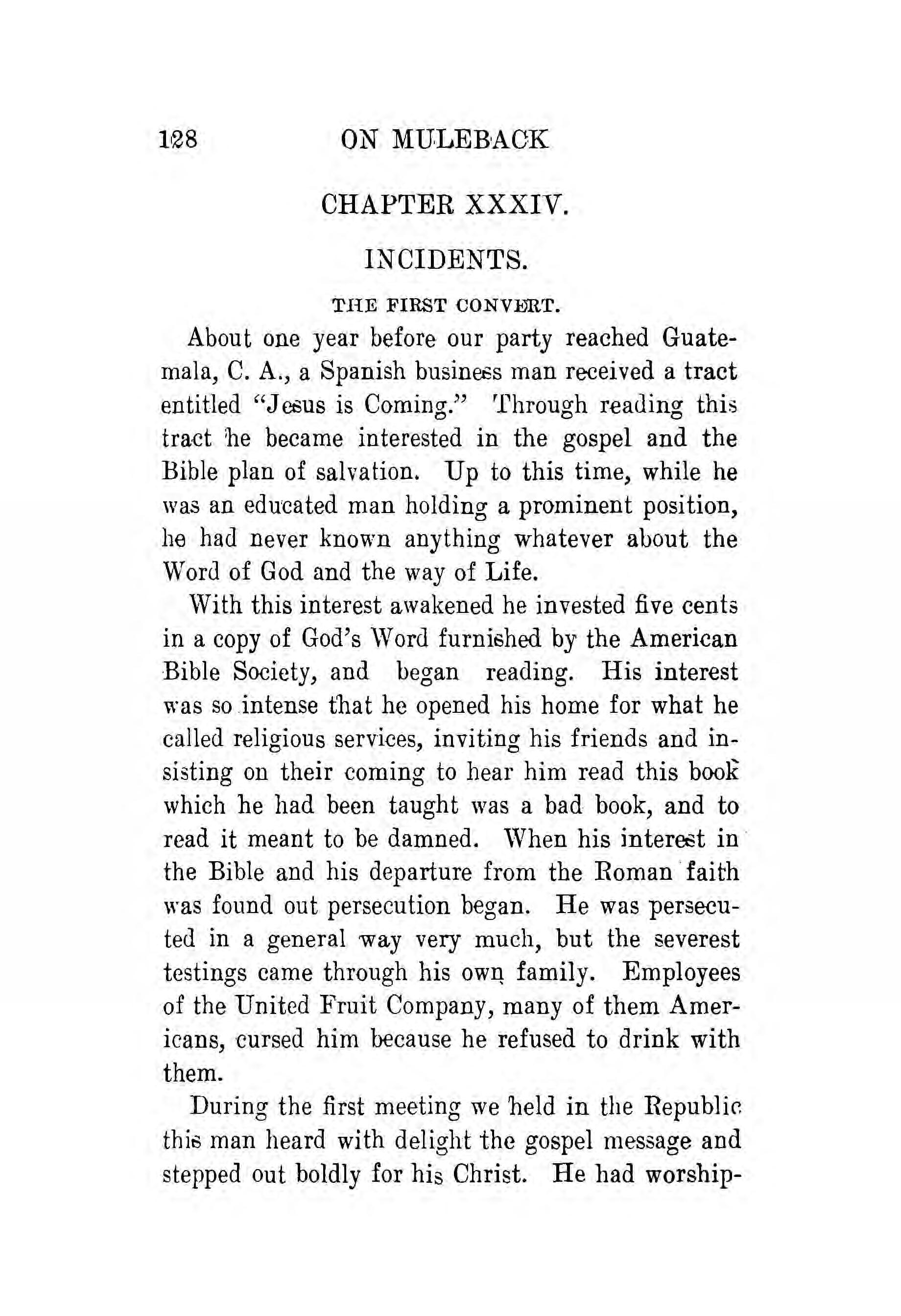
ON MULEBACK
CHAPTER XXXIV.
INCIDENTS.
THE FIRST CONVBRT.
About one year before our party reached Guatemala, C. A., a Spanish businets man received a tract entitled "Jesus is Coming." Through reading this tra~t he became interested in the gospel and the Bible plan of salvation. Up to this time, while he was an educated man holding a prominent position, he had never known anything whatever about the ¥trord of God and the way of Life.
\Vith this interest awakened he invested five cents in a copy of God's \Vord furnished by the American Bible Society, and began reading. 1-Iis interest was so intense that he opened his home for what he called religious services, inviting his friends and insisting on their coming to hear him read this hoof which he had been taught was a bad book, and to read it meant to be damned. \Vhen his inten~t in· the Bible and his departure from the Roman· faith was found out persecution began. He was persecuted in a general way very much, but the severest testings came through his ow:q family. Employees of the United Fruit Company, many of them Americans, ·cursed him because he refused to drink with them.
During the first meeting we held in the Repu bl ir. thiiSman heard with delight the gospel n1essage and stepped out boldly for his Christ. He had worship-
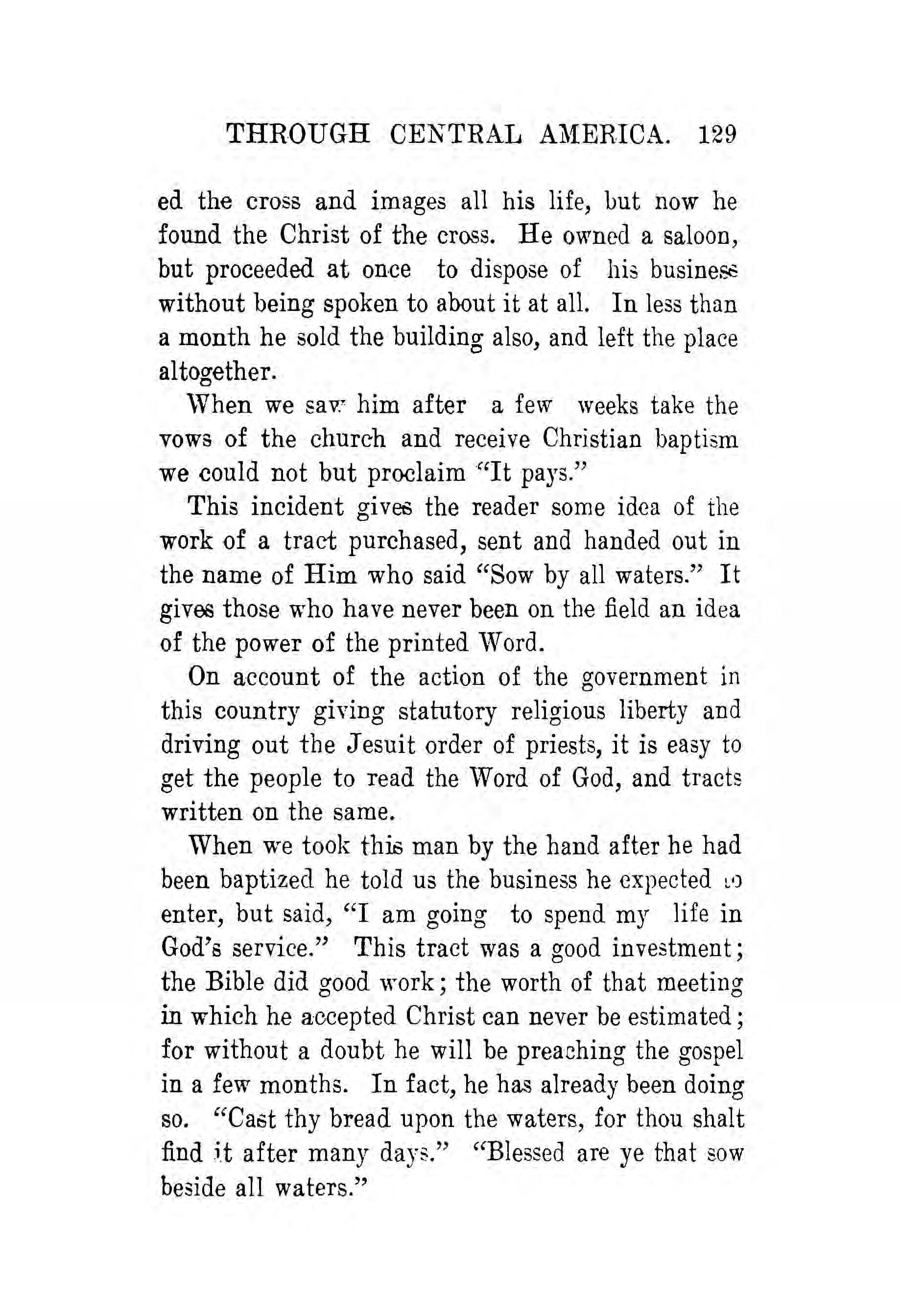
THROUGH CENTRAL AM:ERICA. 129
ed the cross and images all his life, but now he found the Christ of the cross. He owned a saloon, but proceeded at once to dispose of his busine~ without being spoken to about it at all. In less than a month he sold the building also, and left the place altogether.
\Vhen we sa v.' him after a few weeks take the vows of the church and receive Christian baptism we could not but proclaim alt pays."
This incident gives the reader some idea of the work of a tract purchased, sent and handed out in the name of Him who said "Sow by all waters." It gives those who have never been on the field an idea of the power of the printed vVord.
On account of the action of the government in this country giving statutory religious liberty and driving out the Jesuit order of priests, it is easy to get the people to read the \Vord of God, and tracts written on the same.
When we took thiB man by the hand after he had been baptized he told us the business he expected L') enter, but said, "I am going to spend my 1ife in God's service." This tract was a good investment; the Bible did good work; the worth of that meeting in which he accepted Christ can never be estimated; for without a doubt he will be preaching the gospel in a few months. In fact, he has already been doing so. "CacStthy bread upon the waters, for thou shalt find i_t after many days." "Blessed are ye that sow beside all waters.''
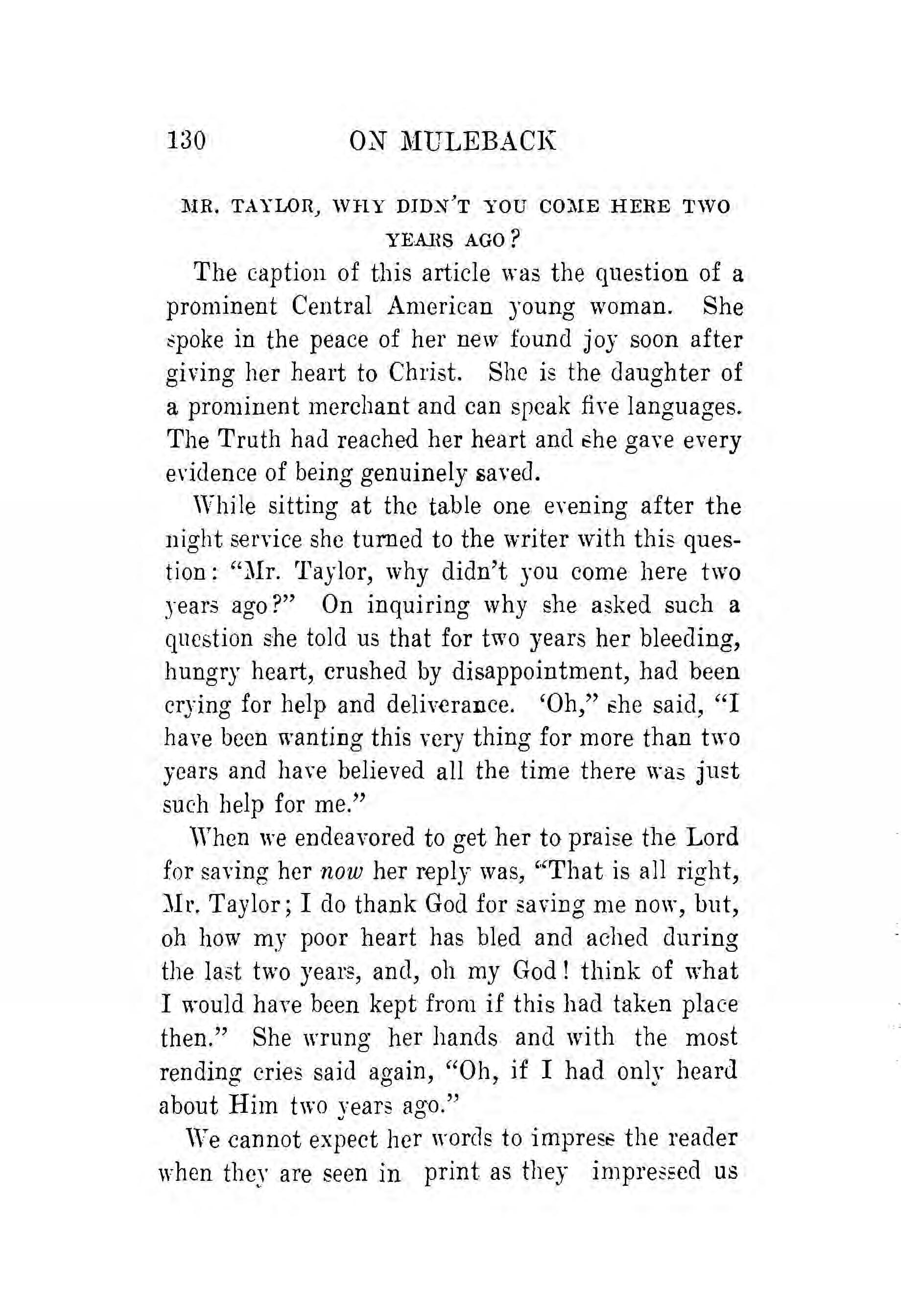
130 ON JIULEBACI(
MR. TAYLOR, WHY DID~'T YOU COi\[E HERE TWO YEAHS AGO?
The caption of this article was the question of a pron1inent Central American young woman. She ~poke in the peace of her new found joy soon after giving her heart to Christ. She is the <laughter of a prominent merchant and can speak fh-e languages. The Truth ha<l reached her heart and ~he gave every eridence of being genuinely saved.
w·hile sitting at the table one erening after the night service she turned to the writer with this question: '')Ir. Taylor, why didn't you come here two years ago?" On inquiring why she asked such a question she told us that for two years her bleeding, hungry heart, crushed by disappointment, had been crying for help and deliv~rance. 'Oh," ~he said, "I have been ,ranting this very thing for more than two years and have believed all the time there was just such help for me."
\Yhen we endeavored to get her to praise the Lord for saving her now her reply was, '·'That is all right, )Ir. Taylor; I do thank God for saving n1e now, but, oh how my poor heart has bled and ached during the last two years, and, oh my God! think of what I would haYe been kept from if this had taken place then." She wrung her hands and with the most rending cries said again, "Oh, if I had only heard about Hi1n two years ago." ,vecannot expect her "·orcls to impres~ the reader when they are seen in print as they impresEed us

THROUGH CE~TRAL AJIERICA 131
when we heard them,saw her face and ,rept with her. This is one of many incidents where we have found hungry-hearted people in the foreign field, c:rying and ''feeling after God if haply they 1nayfind IIim." It will be good to give them the gospel two years from now, but oh, the sorrow, shame, disappointment, heartaches and even hell ibclf we could save them from by making haste to give them the gospel now. llake no tarrying, go quickly, send quickly, for fuere are heavy-hearted peop1e in the foreign field who are hunting for God, and should not be put off two years more.
The young lady referred to has not only been saved herself but is now working to help others, and is planning to go to school in the Dniteu States to prepare herself for the work. A1nerican rnissionarie~ and American money are not so much needed to give the gospel to the heathen, as to ~earch out the few who will themsel Yes become workers. \Ve need in the foreign field evangelists to ho1d meetings and find those whose hearts are hungry, who in turn will become workers and reach the greater masses.
In coal mine clisastert3we have kno,1,'nmen to work for days, one shift after another removing dirt day and night for a week or ten days, because they believed there were possibly son1c 111enunder there who wanted to be rescued. \Ve count it a manly spirit and it is comrn¤nded. But the lack of it is called cowardly and selfish, ancl the 1nan refusing to help is branded a6 a traitor to his fellows. In the
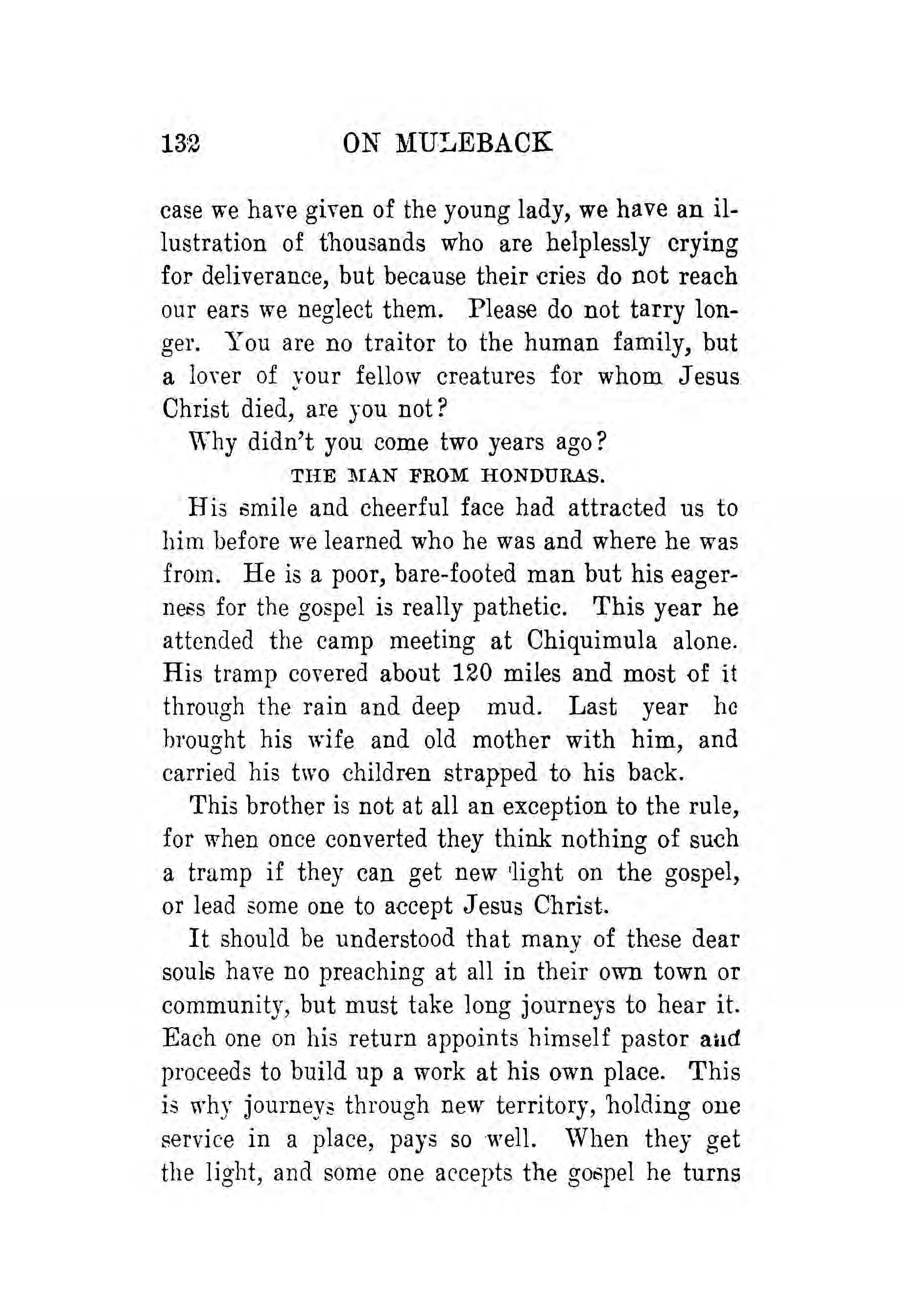
ON lIU~EBACK
case we have given of the young lady, we have an illustration of thousands who are helplessly crying for deliverance, but because their cries do not reach our ears we neglect them. Please do not tarry longer. You are no traitor to the human family, but a lover of your fellow creatures for whom Jesus Christ died, are you not?
\\~hy didn't you come two years ago?
THE MAN FROM HONDURAS.
His iSmile and cheerful face had attracted us to him before we learned who he was and where he was from. He is a poor, bare-footed man but his eagernet3sfor the gospel is really pathetic. This year he attended the camp meeting at Chiquimula alone. His tramp covered about 120 miles and most of it through the rain and deep mud. Last year he brought his wife and old mother with him, and carried his two children strapped to his back. This brother is not at all an exception to the rule, for when once converted they think nothing of such a tramp if they can get new 1light on the gospel, or lead some one to accept Jesus Christ.
It should be understood that many of these dear souliShave no preaching at all in their own town or community, but must take long journeys to hear it. Each one on his return appoints himself pastor aHd proceeds to build up a work at his own place. This is why journeys through new territory, holding one service in a place, pays so well. '\Vhen they get the light, and some one accepts the got1pel he turns
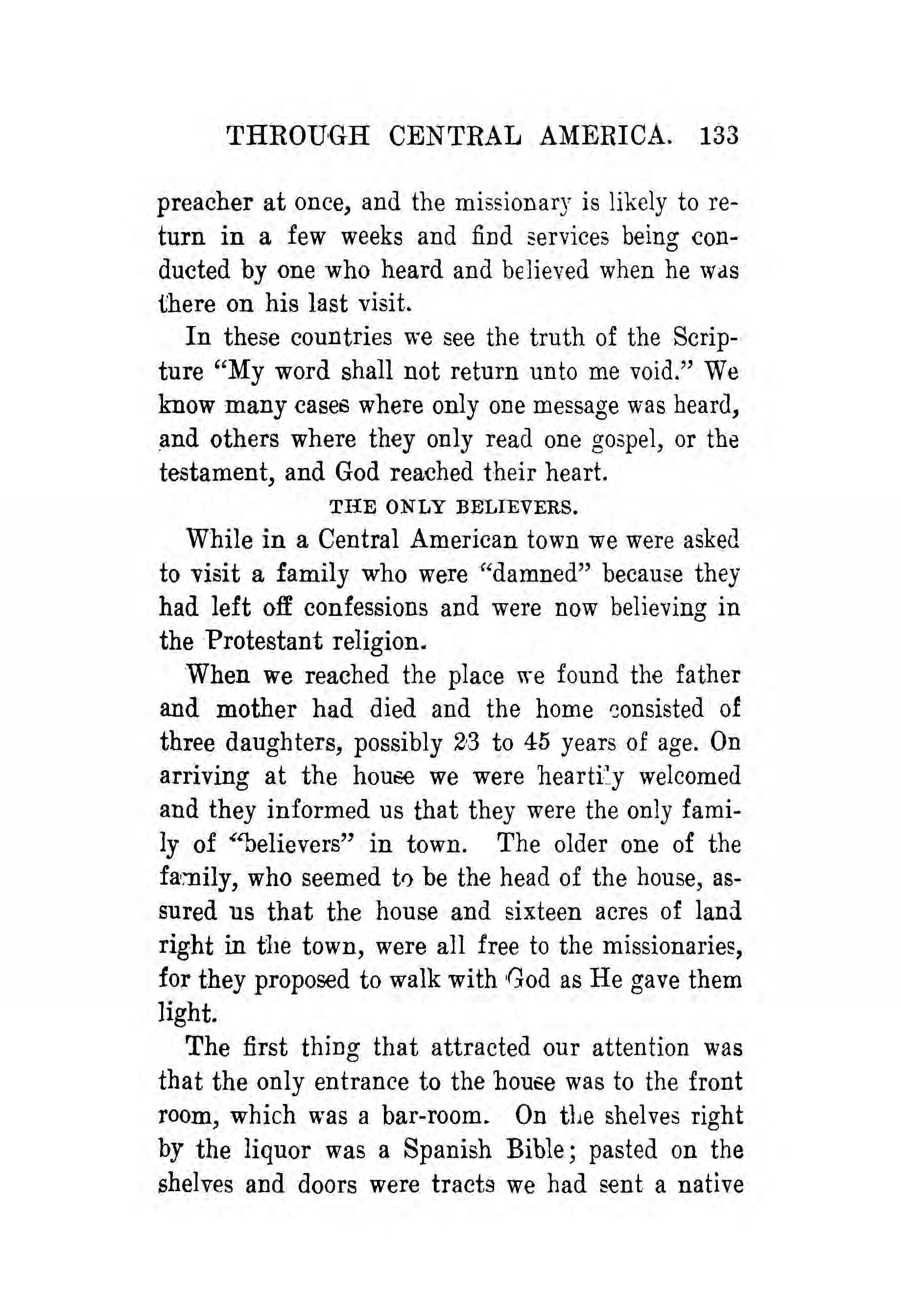
THROU,GH CENTRAL AMERICA. 133
preacher at once, and the missionary is likely to return in a few weeks and find services being conducted by one who heard and believed when he wc:1s there on his last visit.
In these countries we see the truth of the Scripture ''My word shall not return unto me void." We know many cases where only one message was heard, ~nd others where they only read one gospel, or the testament, and God reached their heart.
THE ONLY BELIEVERS.
While in a Central American town we were asked to visit a family who were ''damned" because they had left off confessions and were now believing in the Protestant religion.
When we reached the place we found the father and mother had died and the home ~onsisted of three daughters, possibly 2,,3to 45 years of age. On arriving at the houl3e we were hearti~y welcomed and they informed us that they were the only family of ~'believers" in town. The older one of the fa,:-nily,who seemed t0 be the head of the house, assured us that the house and sixteen acres of land. right in the town, were all free to the missionaries, for they proposed to walk with (jod as He gave them light.
The first thing that attracted our attention was that the only entrance to the house was to the front room, which was a bar-room. On t11e shelves right by the liquor was a Spanish Bible ; pasted on the shelves and doors were tracts we had S¤nt a native
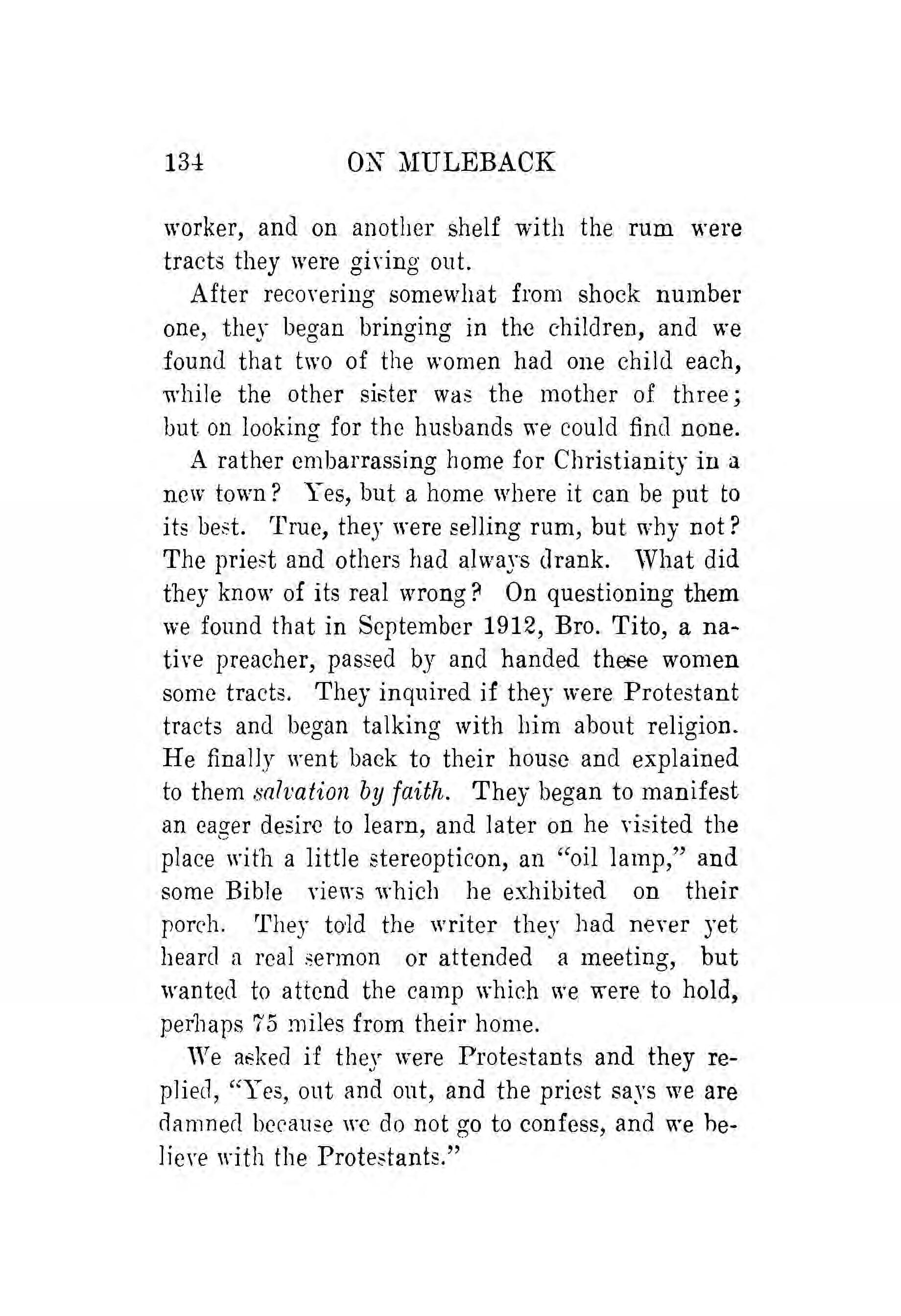
13-1 ON ~IULEBACK
worker, and on another shelf with the rum were tracts they were gi Ying out.
After recorering somewhat from shock nu1nber one, they began bringing in the children, and we found that two of the women had one child each, ·while the other sir3ter was the mother of three; but on looking for the husbands we could find none.
A rather embarrassing home for Christianity in a new town? 1-es, but a home where it can be put to its best. True, they were selling rum, but why not? The priest and others had always drank. ,vhat did they know of its real wrong? On questioning th¤m ,ve found that in September 1912, Bro. Tito, a native preacher, passed by and handed the6e won1en some tracts. They inquired if they ,vere Protestant tracts and began talking with him about religion. He fina11ywent hack to their house and explained to them salvation by faith. They began to manifest an eager desire to learn, and later on he visited the place wit11a little stereopticon, an "oil la1np," and some Bible Yiewswhich he exhibited on their poreh. rrhey tO"ldthe writer they had neyer yet hearcl a real ~ermon or attended a 1neeting, but wanted to attend the ca1np which we were to hold, per1rnps75 miles from their home.
,Ye a~ked if they were Protestants and they rep1iet1,"Yes, ont and out, and the priest says we are rlamnec1bccau~e ,n: do not go to confess, and we heHere ,rith the Prote~tants."
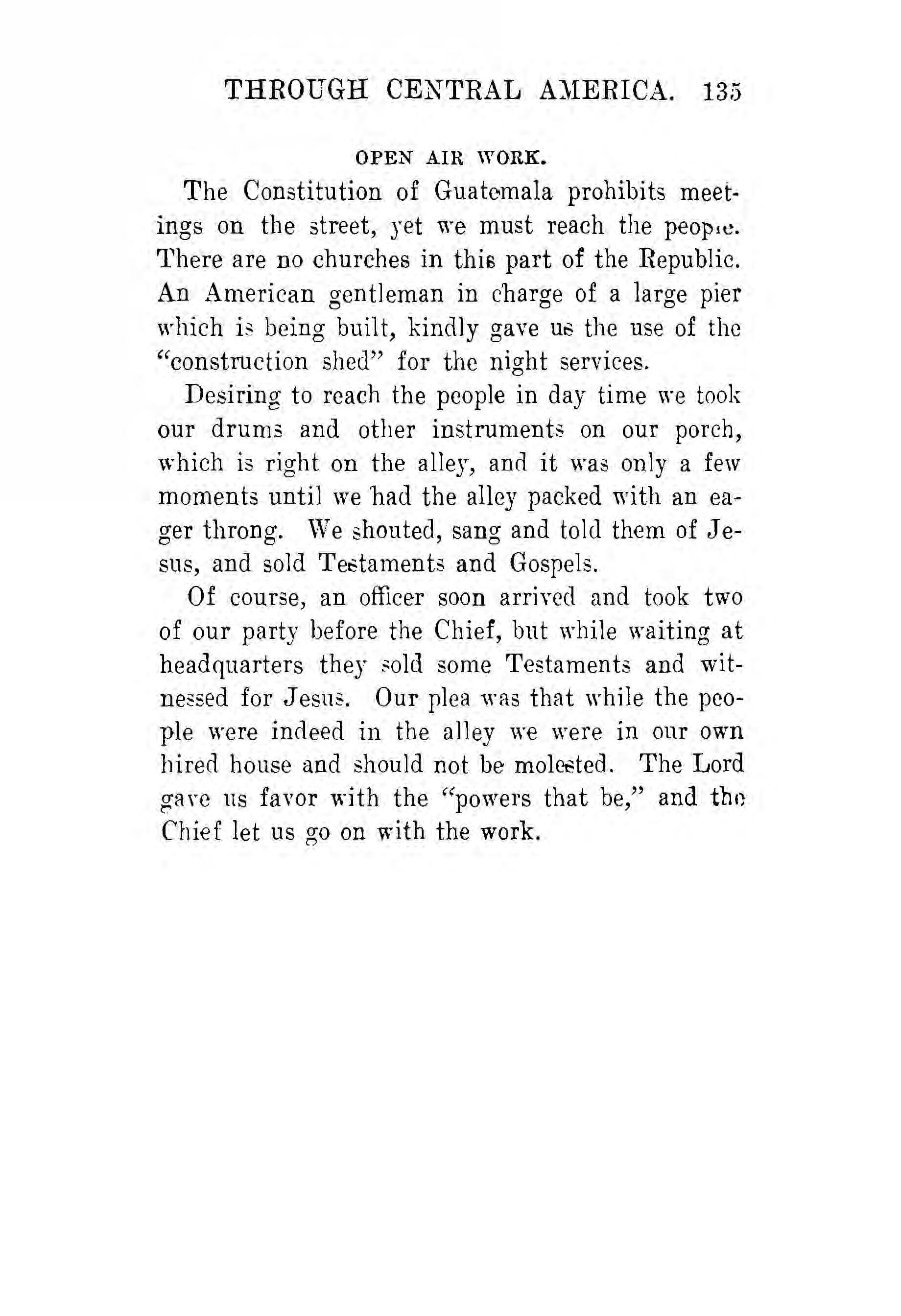
THROUGH CENTRAL A:\IERICA. 135
OPEN AIR WORK.
The Constitution of Guatemala prohibits meetings on the street, yet we must reach the peopn~. There are no churches in this part of the Republic. An An1erican gentleman in charge of a large pier which is being built, kindly gave Ul3 the use of the "construction shed" for the night services.
Desiring to reach the people in day time we took our drums and other instruments on our porch, which is right on the alley, and it was on1y a few moments until we had the alley packed with an eager throng. \Ve shouted, sang and told them of J esus, and sold Tet3taments and Gospels.
Of course, an officer soon arrived and took two of our party before the Chief, but while waiting at headquarters they sold some Testaments and witnessed for J esns. Our plea was that while the people were indeed in the a11ey we were in our own hired house and should not be mol~ted. The Lord ga n~ us fa Yor with the "powers that be," and the Chief let us go on with the work.
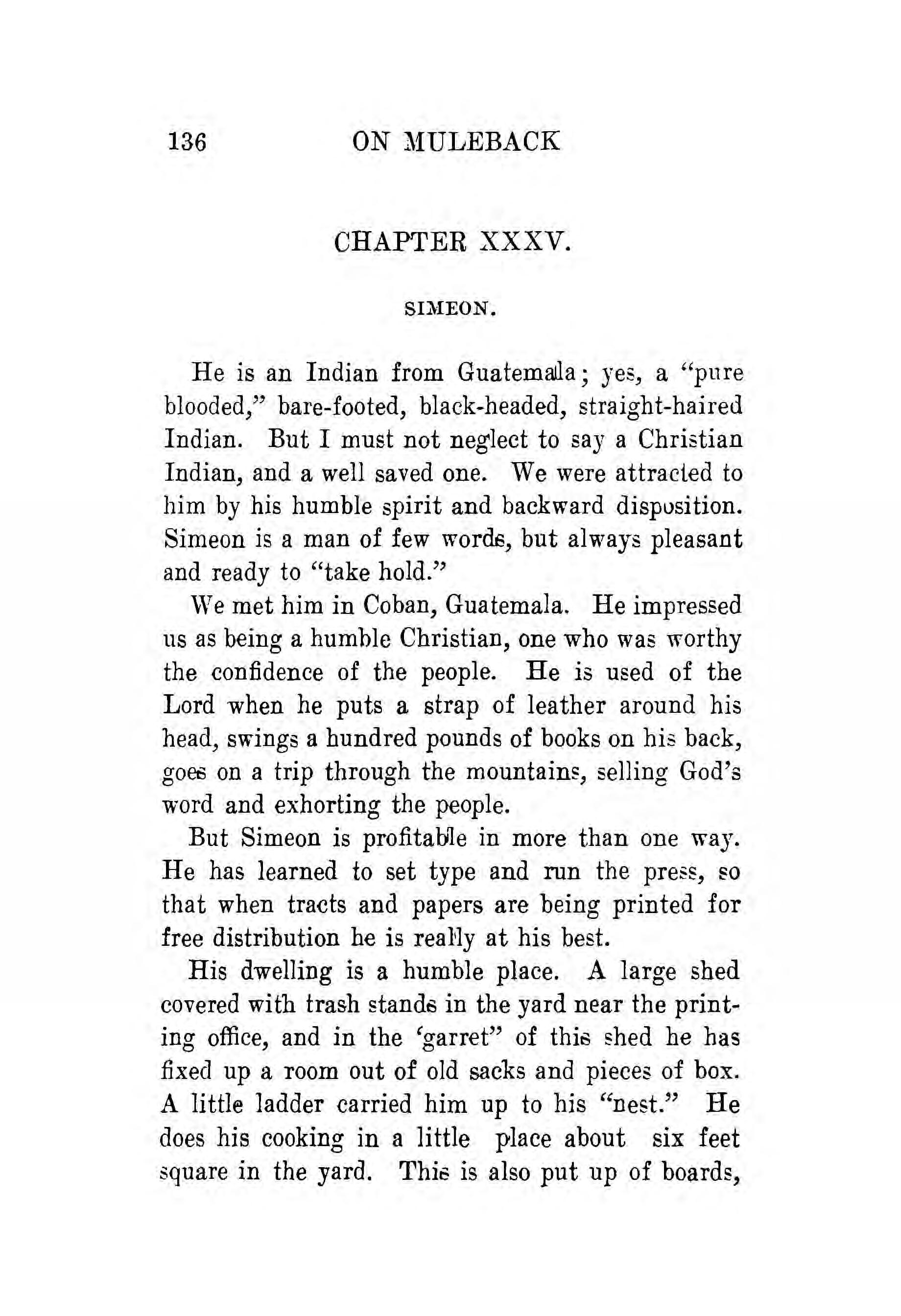
CHAPTER XXXV.
SLMEON.
He is an Indian from Guatemalla; yes, a "pure blooded," bare-footed, black-headed, straight-haired Indian. But I must not neglect to say a Christian Indian, and a well saved one. We were attracted to him by his humble spirit and backward dispusition. Simeon is a man of few word£, but always pleasant and ready to "take hold.''
\Ve met him in Cohan, Guatemala. He impressed us as being a humble Christian, one who was worthy the confidence of the people. He is used of the Lord when he puts a strap of leather around his head, swings a hundred pounds of books on his back, goetSon a trip through the mountains, selling God's word and ¤xhorting the people.
But Simeon is profitable in more than one way. He has learned to set type and run the press, ~o that when tracts and papers are being printed for free distribution he is reaNy at his best.
His dwelling is a humble place. A large shed covered with trash standB in the yard near the printing office, and in the 'garret" of thiiS shed he has fixed up a room out of old sacks and pieces of box. A little ladder carried him up to his "nest." He does his cooking in a little place about six feet .square in the yard. Thie is also put up of boards,
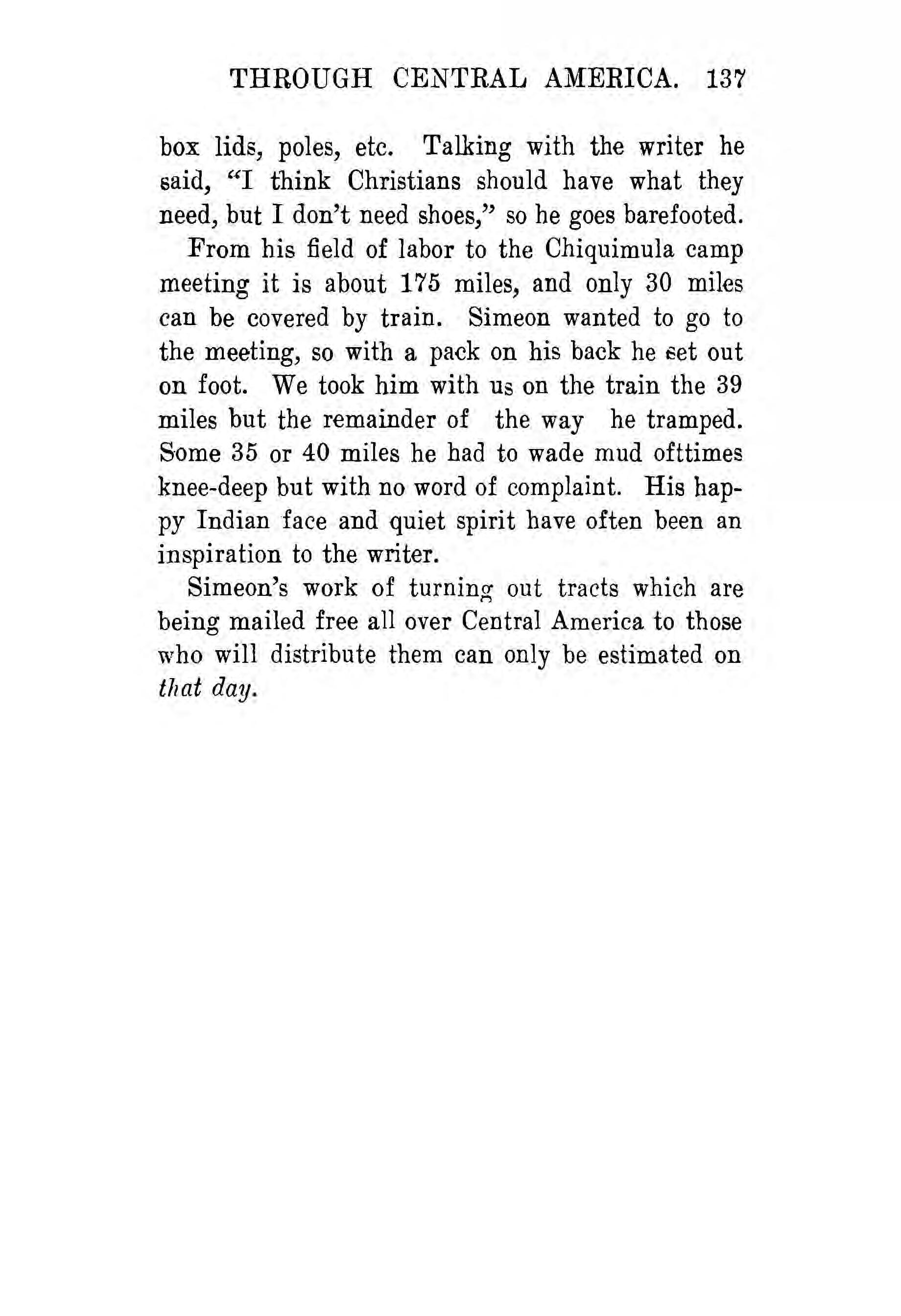
box lids, poles, etc. Talking with the writer he said, "I think Christians should have what they need, but I don't need shoes,'' so he goes barefooted.
From his field of labor to the Chiquimula camp meeting it is about 175 miles, and only 30 miles can be covered by train. Simeon wanted to go to the meeting, so with a pack on his back he flet out on foot. We took him with us on the train the 39 miles but the remainder of the way he tramped. Some 35 or 40 miles he bad to wade mud ofttimes knee-deep but with no word of complaint. His happy Indian face and quiet spirit have often been an inspiration to the writer.
Simeon's work of turning out tracts which are being mailed free all over Central America to those who will distribute them can only be estimated on that day.
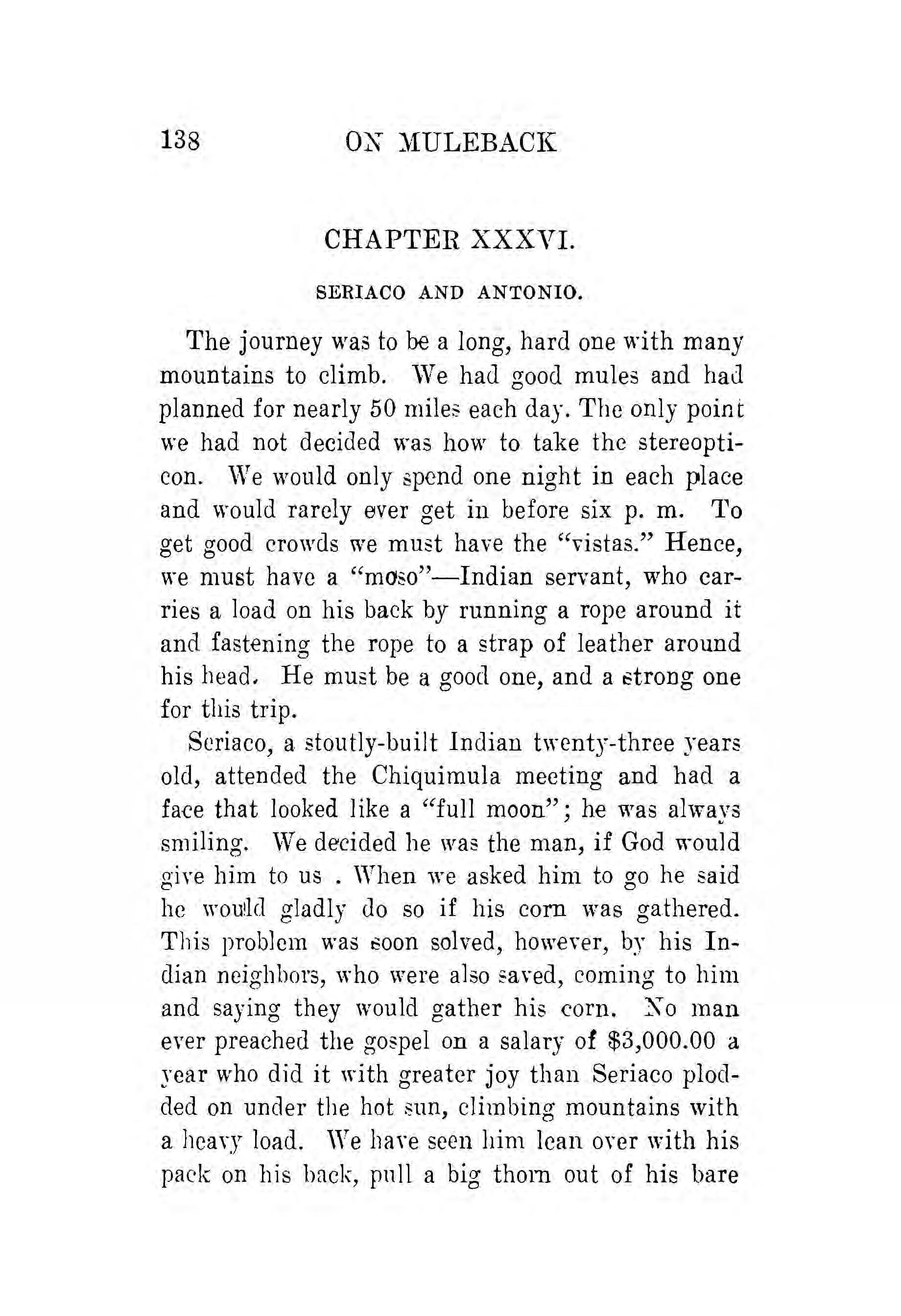
OX }1ULEBACIC
CHAPTER xxx,r1.
SERIACO AND ANTONIO.
The journey was to b¤a long, hard one with many mountains to climb. \Ve had good mules and had planned for nearly 50 miles each day. The only point we had not decided was how to take the stereopticon. "re would only spend one night in each place and would rarely ever get in before six p. m. To get good crowcls we must have the "vistas." Hence, we n1ust have a "moso"-Indian servant, who carries a load on his back by running a rope around it and fastening the rope to a strap of leather around his head. He must be a good one, and a t3trong one for this trip.
Seriaco, a stoutly-built Indian twenty-three years old, attended the Chiquimula meeting and had a face that looked like a "full moon"; he was always smiling. \Ve decided he was the man, if God would gi Ye him to us . \Yhen ·we asked hin1 to go he said he wou!ld gladly <lo so if his corn was gathered. This problem was i::oon solved, howeYer, by his Indian neighbors, who were also saYed, coining to hin1 and saying they would gather his corn. X o 1nan ever preached the gospel on a salary of $3,000.00 a year who did it vrith greater joy than Seriaco plodded on under the hot sun, climbing mountains with a hcaYy load. \Ye haYe seen hin1 lean oYer with his pack on his back, pnll a big thorn out of his bare
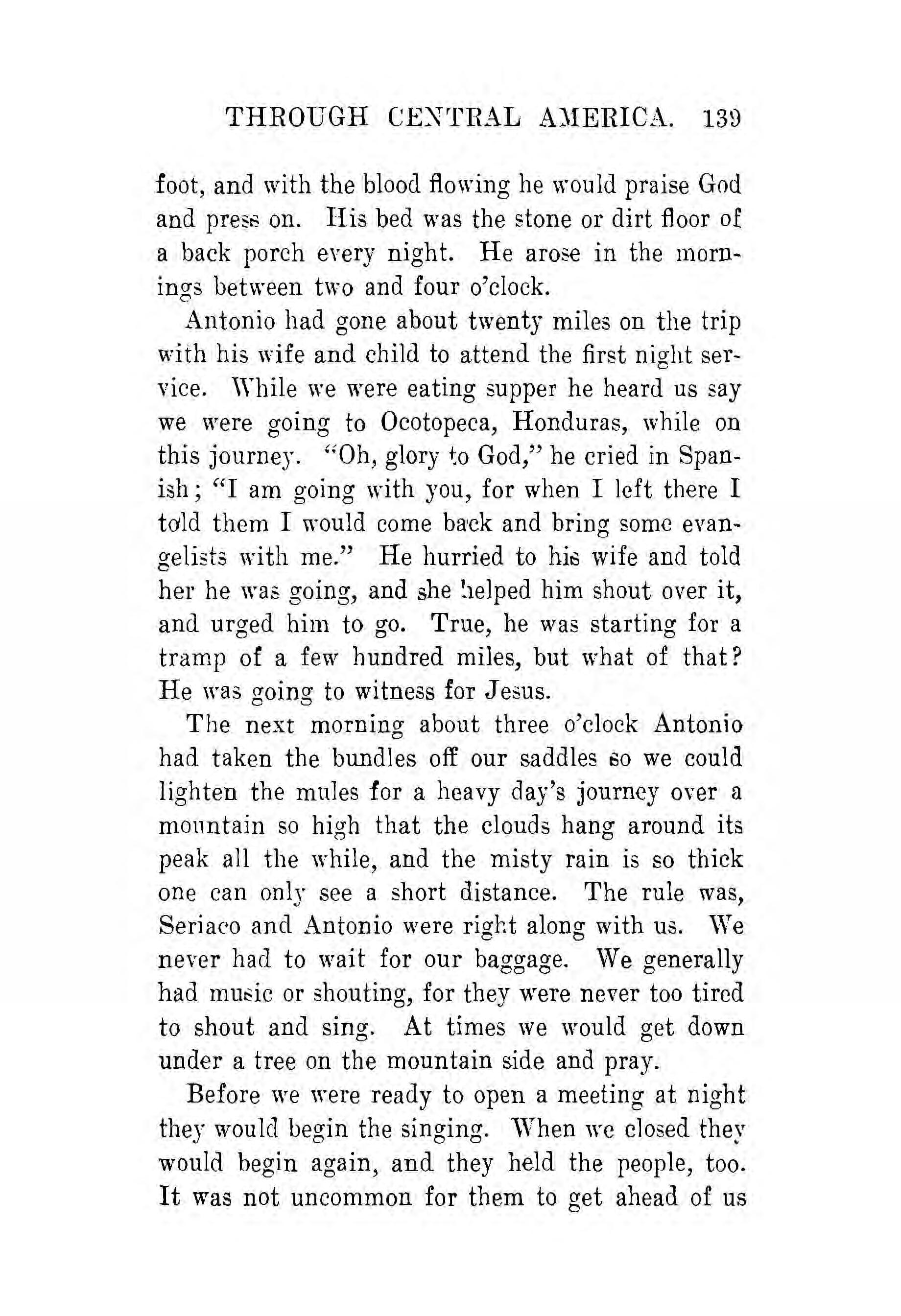
THROUGH CEXTRAL A11ERICA. 139
foot, and with the blood flowing he would praise God and pres~ on. Ilis bed was the stone or dirt floor of a back porch every night. He arose in the mornings between two and four o'clock.
Antonio had gone about twenty miles on the trip with his wife and child to attend the first night service. \Yhile we were eating supper he heard us say we were going to Ocotopeca, Honduras, while on this journey. '·Oh, glory ~o God," he cried in Spanish; "I am going with you, for when I left there I told them I would come ba·ck and bring some evangelists with me." He hurried to hie:,wife and told her he was going, and she !1elpedhim shout over it, and urged hi111to go. True, he was starting for a tramp of a few hundred miles, but what of that? He was going to witness for Jesus.
The next morning about three o'clock Antonio had taken the bundles off our saddles 130 we could lighten the mules for a heavy aay's journey over a mountain so high that the clouas hang around its peak all the while, and the misty rain is so thick one can only see a short distance. The rule was, Seriaco and Antonio were right along with us. \Ve never had to wait for our baggage. \Ve generally had mut3icor shouting, for they were never too tired to shout and sing. At times we would get down under a tree on the mountain side and pray. Before we "·ere ready to open a meeting at night they would begin the singing. '\Vhen we closed they would begin again, and they held the people, too. It was not uncommon for them to get ahead of us
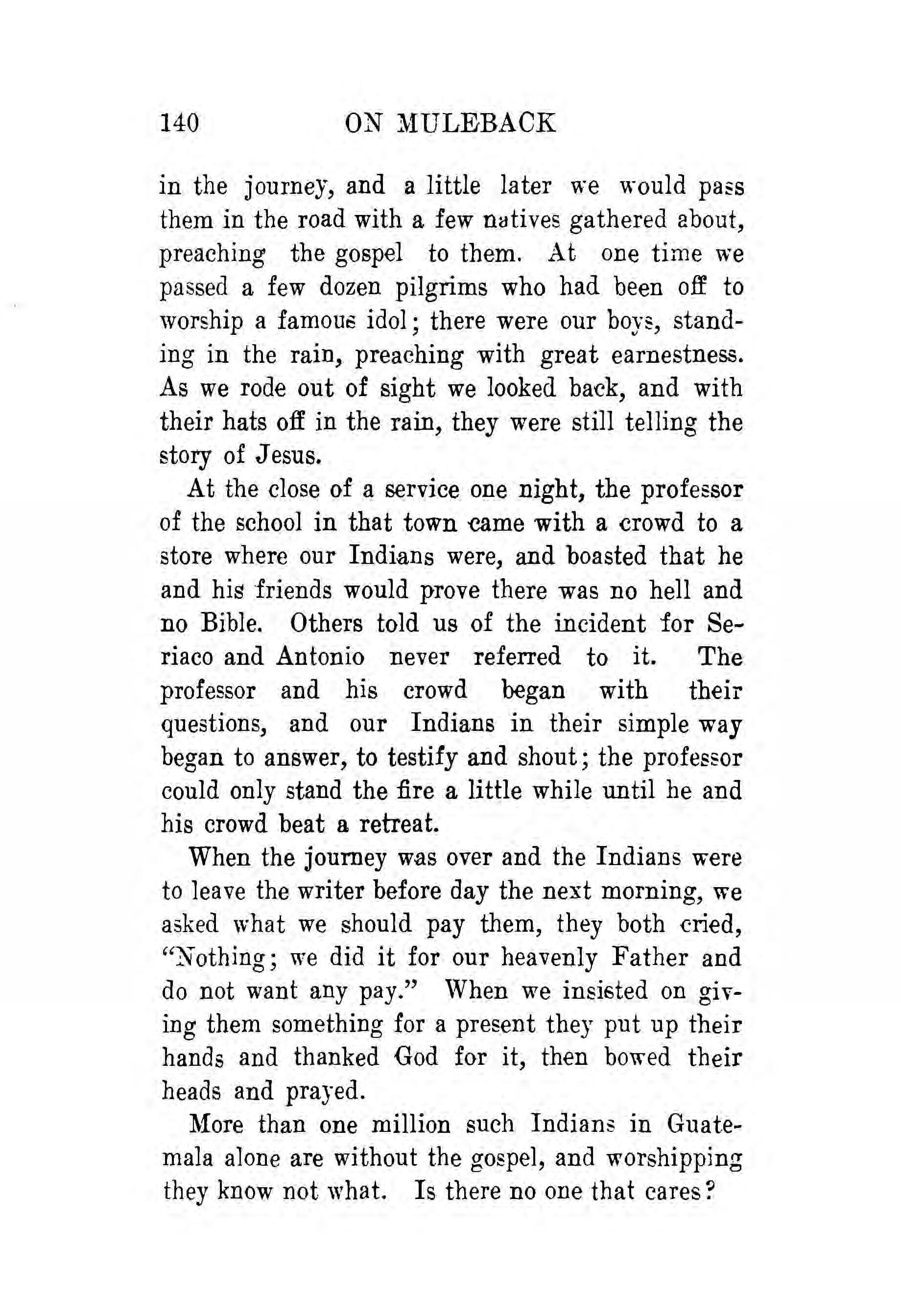
ON lIULEBACK
in the journey, and a little later we would pass them in the road with a few natives gathered about, preaching the gospel to them. At one time we passed a few dozen pilgrims who had been off to worship a famoms idol; there were our boys, standing in the rain, preaching with great earnestness. As we rode out of sight we looked back, and with their hats off in the rain, they were still telling the story of Jesus.
At the close of a service one night, the professor of the school in that town -came with a crowd to a store where our Indians were, and boasted that he and his friends would prove there was no hell and no Bible. Others told us of the incident -for Seriaco and Antonio never referred to it. The professor and his crowd began with th¤ir questions, and our Indians in their simple way began to answer, to testify and shout; the professor could only stand the fire a little while until he and his crowd beat a retreat.
When the journey was over and the Indians were to leave the writer before day the next morning, we asked what we should pay them, they both <:ri¤d, "Nothing; we did it for our heavenly Father and do not want any pay." ,vhen we insi6ted on giving them something for a present they put up their hands and thanked God for it, th¤n bowed their heads and prayed.
lfore than one million such Indians in Guate~ mala alone are without the gospel, and worshipping they know not what. Is there no one that cares?
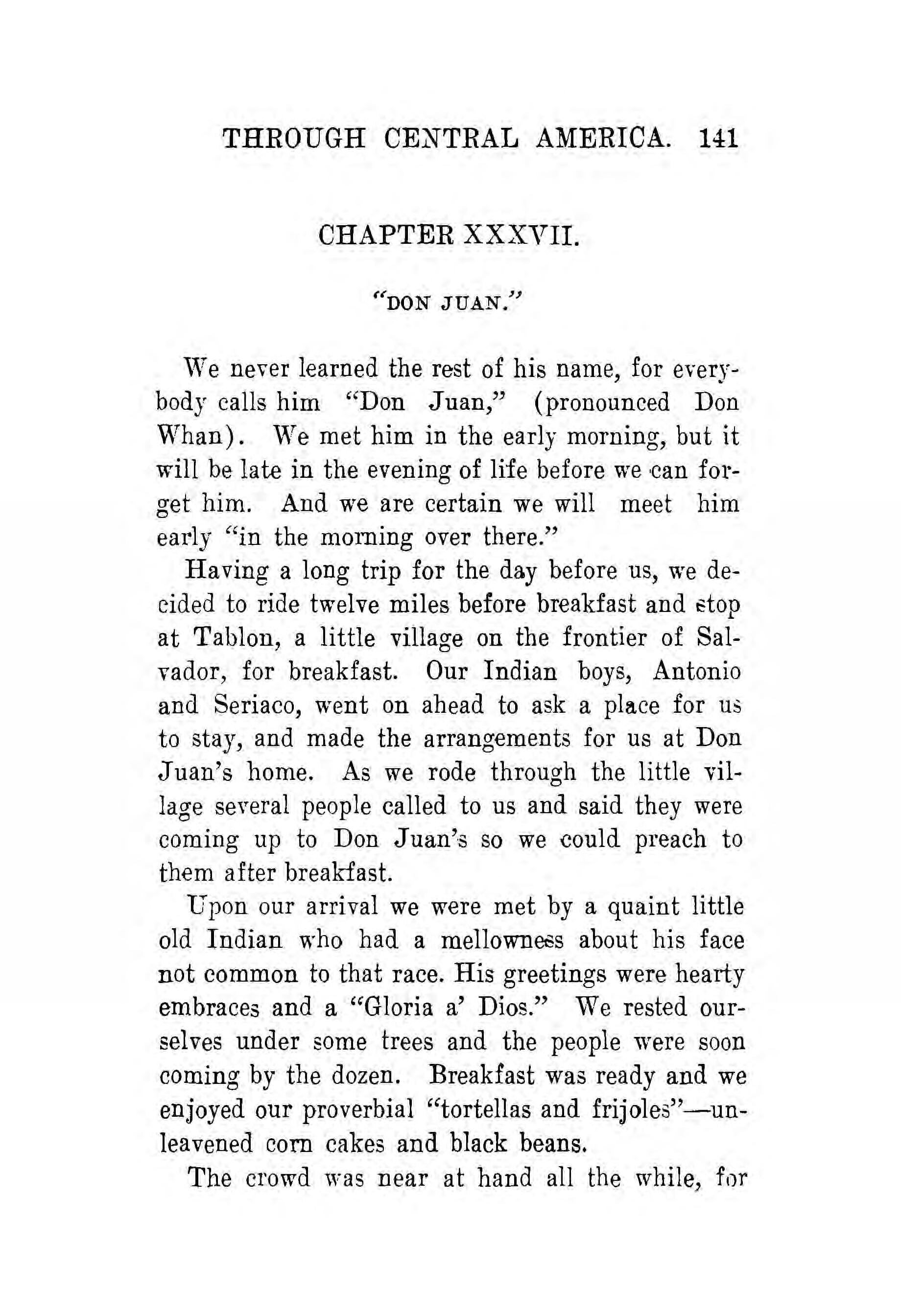
CHAPTER xxx·v1r.
"DON JUAN.''
\Ve never learned the rest of his name, for everybody calls him "Don J nan," ( pronounced Don \Vhan). \Ve met him in the early morning, but it will be late in the evening of life before we •can forget him. And we are certain we will meet him early "in the morning over there."
Having a long trip for the day before us, we decided to ride twelve miles before breakfast and ttop at Tablon, a little village on the frontier of Salvador, for breakfast. Our Indian boys, Antonio and Seriaco, went on ahead to ask a pl~ce for us to stay, and made the arrangements for us at Don Juan's home. As we rode through the little village seYeral people called to us and said they were coming up to Don J uan'·s so we could preach to them after breakfast.
Upon our arrival we were met by a quaint little old Indian who had a mellown~s about his face not common to that race. His greetings were hearty embraces and a "Gloria a' Dios." We rested ourselves under some trees and the people were soon coming by the dozen. Breakfast was ready and we enjoyed our proverbial "tortellas and frijoles"-unlea vened corn cakes and black beans. The crowd was near at hand all the while, for
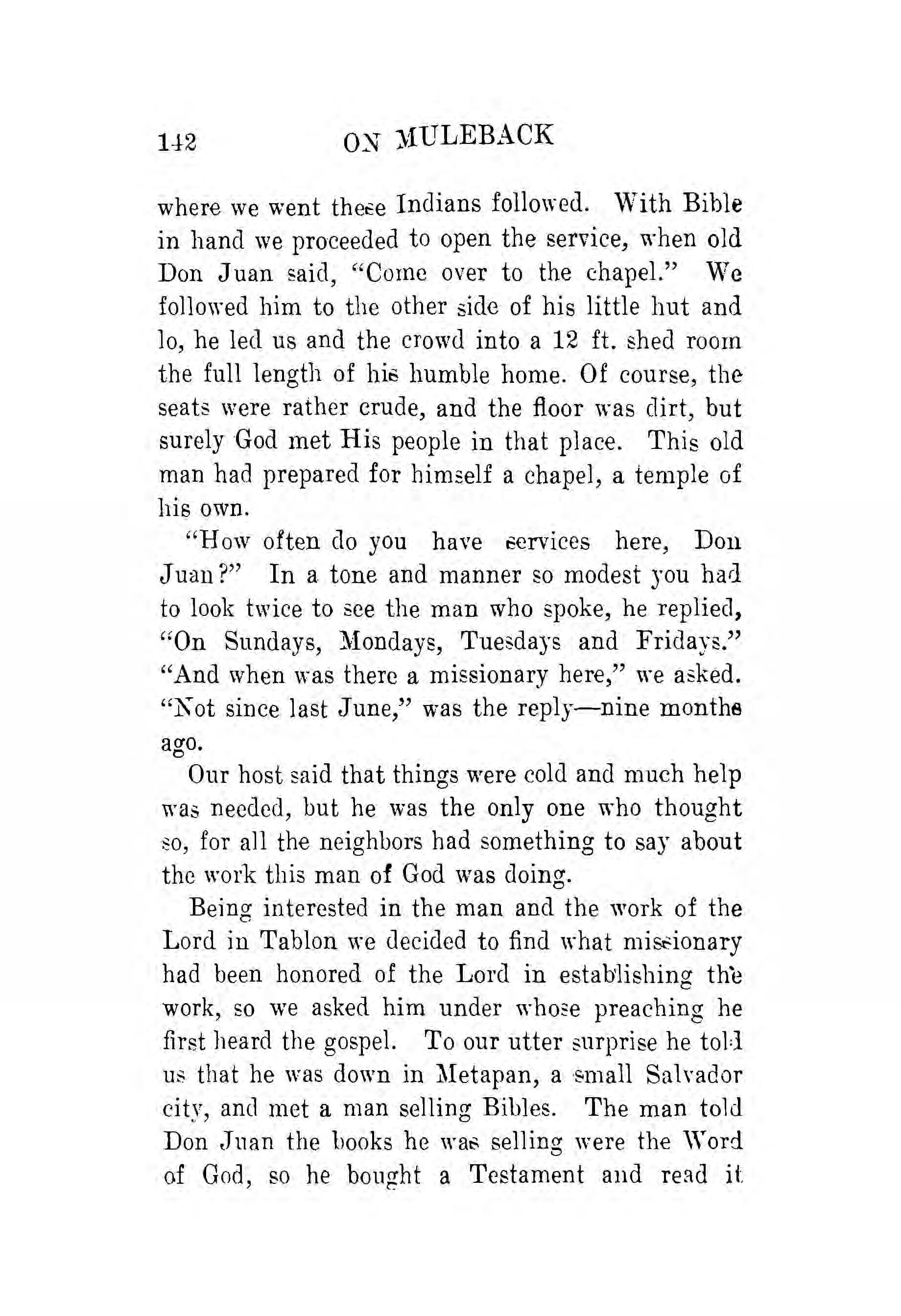
1-l2 o~ :VIULEBACK
where we went the~e Indians followed. \Vith Bible in hand we proceeded to open the service, when old Don Juan said, ''Corne over to the chapel." VVc followed him to the other side of his little hut and lo, he led us and the crowd into a 12 ft. shed roorn the full length of hi6 humble home. 0 f course, the seats were rather crude, and the floor was dirt, but surely God met His people in that place. This old man had prepared for himself a chapel, a ten1ple of his own.
"How often do you have ee:rvices here, Don Juan?'' In a tone and manner so modest you harl to look twice to see the man who spoke, he replied, ''On Sundays, ~Iondays, Tuesdays and Fridays." "And when was there a missionary here," we asked. ":Kot since last June," was the reply-nine monthe ago.
Our host said that things were cold and n1uch help was needed, but he was the only one "·ho thought :30, for a11 the neighbors had something to say about the work this man of God was doing.
Being interested in the man and the work of the Lord in Tablon we <lecided to find what n1i~ionary had been honored of the Lord in establishing the work, so we asked him under who2e preaching he first heard the gospel. To our utter surprise he tol:l us that he was down in iietapan, a &n1all Salvador city, and n1et a man selling Bibles. The man told Don tTnan the hooks he "'at- selling were the \Yord of God, so he bought a Testament and re3d it
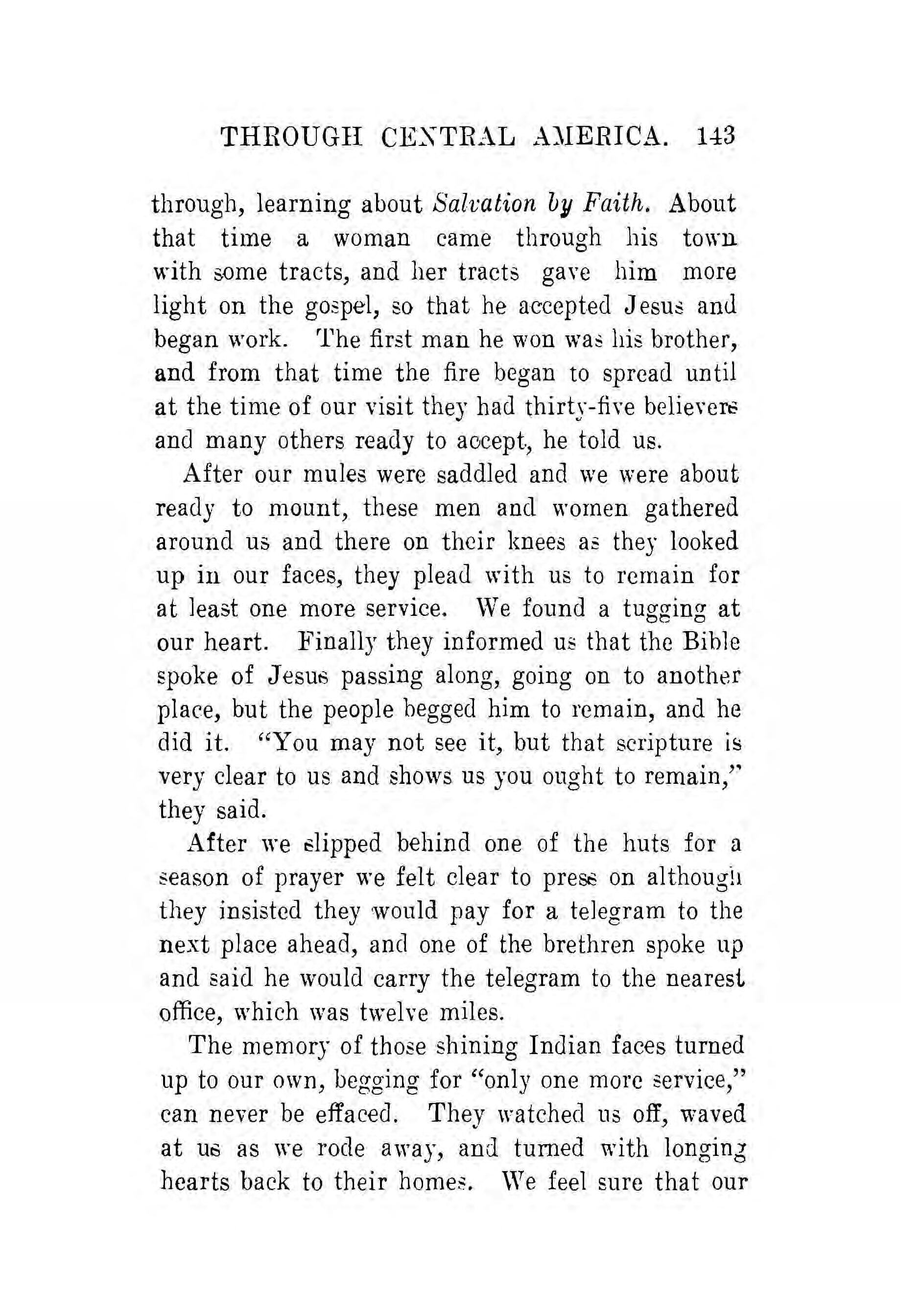
THROUGII CEXTRAL A)IERICA. 143
through, learning about Salt-alion by Faith. About that ti1ne a woman came through his town with s.ome tracts, and her tracts gave him more light on the go5pel, so that he accepted J esu:3 anu began work. The first man he won ,va~ his brother, and from that time the fire began to spread until at the tin1e of our visit they had thirty-five believcrc::: and rnany others ready to accept, he told us.
After our mules were saddled and we were about ready to n1ount, these men and women gathered around us and there on their knees a5 they looked up in our faces, they plead with us to remain for at least one more service. \Ve found a tugging at our heart. Finally they informed u~ that the Bible spoke of Jesus passing along, going on to another place, but the people begged him to remain, and he did it. "You may not see it, but that scripture i~ very clear to us and shows us you ought to remain,'" they said.
After we !Slipped behind one of the huts for a season of prayer we felt clear to pre&3on although they insisted they would pay for a telegram to the next place ahead, ancl one of the brethren spoke up and said he \Voul<lcarry the telegram to the nearest office, which was twelve miles.
The memory of those shining Indian faces turned up to our own, begging for "only one more service,'' can never be effaced. They watched us off, waved at UcS as we rode away, and turned with longin 6 hearts back to their home~. \Ye feel sure that our
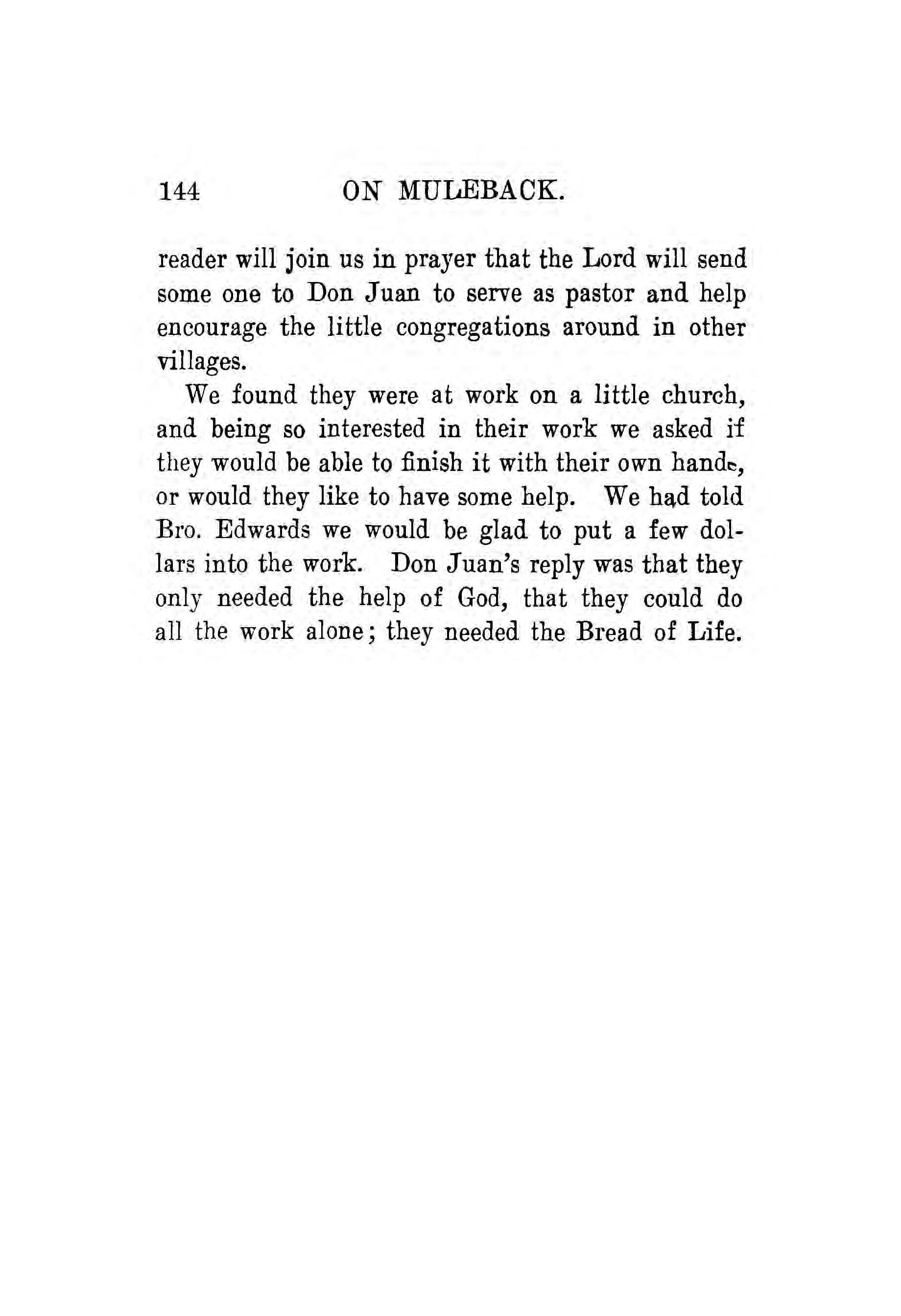
reader will join us in prayer that the Lord will send some one to Don Juan to serve as pastor and help encourage the little congregations around in other villages.
We found they were at work on a little church, and being so interested in their work we asked if they would be able to finish it with their own hand~, or would they like to have some help. We had told Bro. Edwards we would be glad to put a few dollars into the work. Don Juan's reply was that they only needed the help of God, that they could do all the work alone; they needed the Bread of Life.
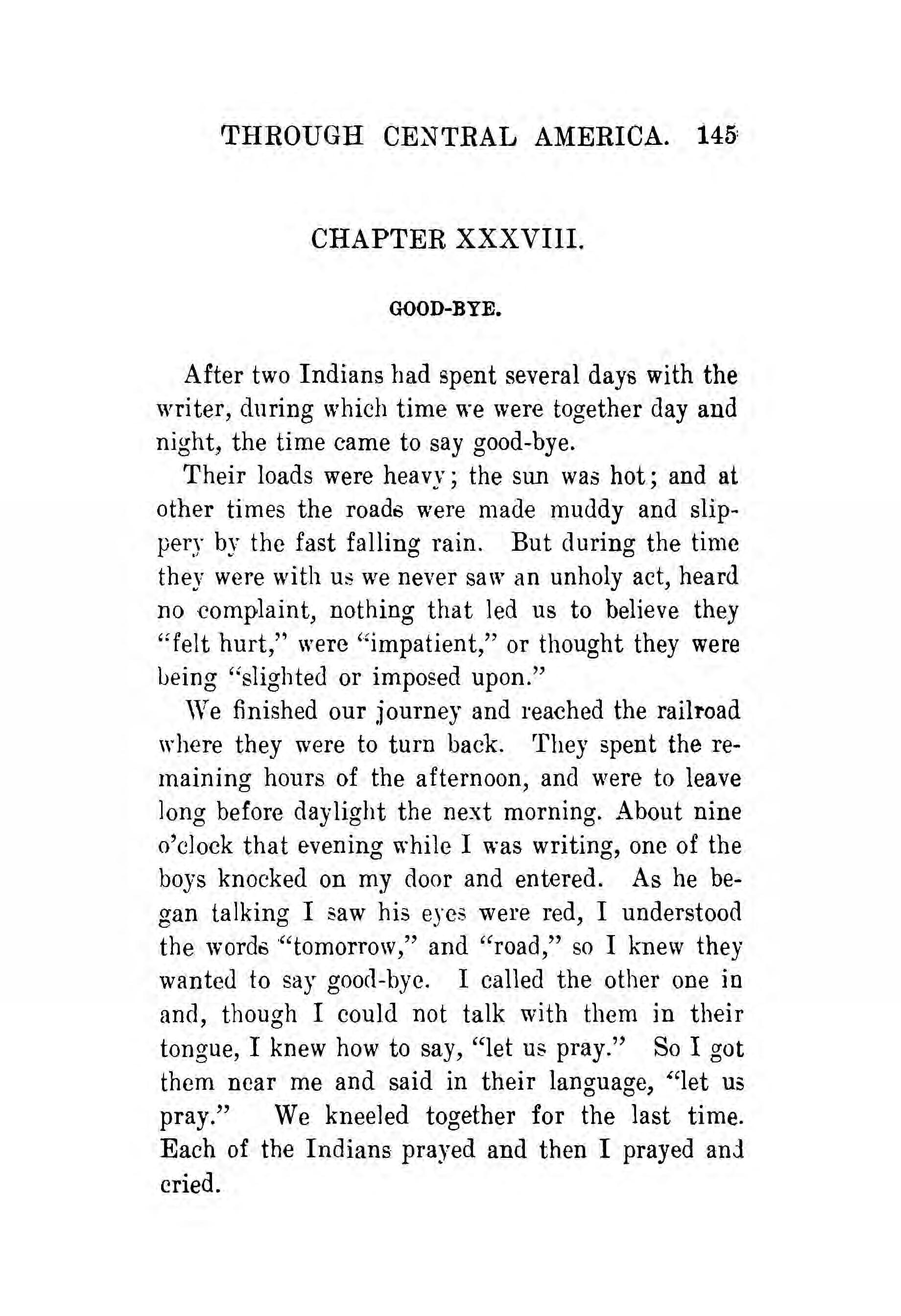
THROUGH CE.NTRAL AMERICA. 145:
CHAPTER XXXVIII.
GOOD-BYE.
After two Indians had spent several days with the writer, du ring which time we were together day and night, the time came to say good-bye. Their loads were heavy; the sun was hot; and at other times the roads were made muddy and slippery by the fast falling rain. But during the time they were with u~ we never saw an unholy act, heard no complaint, nothing that led us to believe they '"felt hurt,'' were '"impatient," or thought they were being "slighted or imposed upon."
\Ve finished our journey and reached the railroad where they were to turn back. They spent the re1naining hours of the afternoon, and were to leave long before daylight the next morning. About nine o'clock that evening while I was writing, one of the boys knocked on my door and entered. As he began talking I saw his eyes were red, I understood the ,vordc;;·"tomorrow,'' and "road," so I knew they wante<l to say good-bye. I called the other one in and, though I could not talk with them in their tongue, I knew how to say, "let u& pray.'' So I got them near me and said in their language, "let us pray." We knee1ed together for the last time. Each of the Indians prayed and then I prayed anj cried.
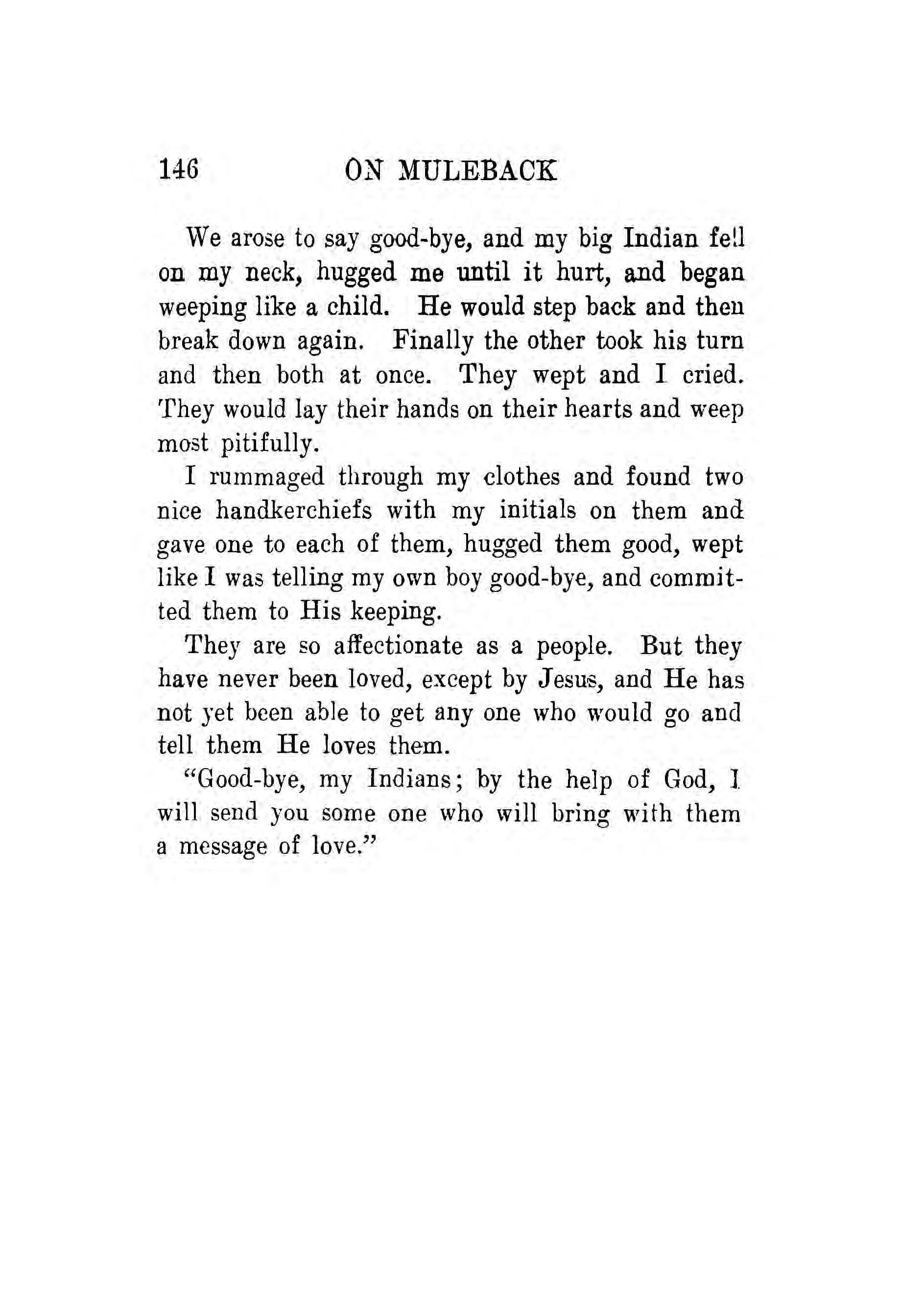
146 ON MULEBAOK
vVearose to say good-bye, and my big Indian fell on my neck, hugged me until it hurt, and began weeping like a child. He would step back and then break down again. Finally the other took his turn and then both at once. They wept and I cried. They would lay their hands on their hearts and weep most pitifully.
I rummaged through my clothes and found two nice handkerchiefs with my initials on them and gave one to each of them, hugged them good, wept like I was telling my own boy good-bye, and committed them to His keeping.
They are so affectionate as a people. But they have never been loved, except by Jesus, and He has not yet been able to get any one who would go and tell them He loves them.
''Good-bye, my Indians; by the help of God, 1 will send you some one who will bring with them a message of love."
FOUR HOOKS FOR lHf UNSAVfD
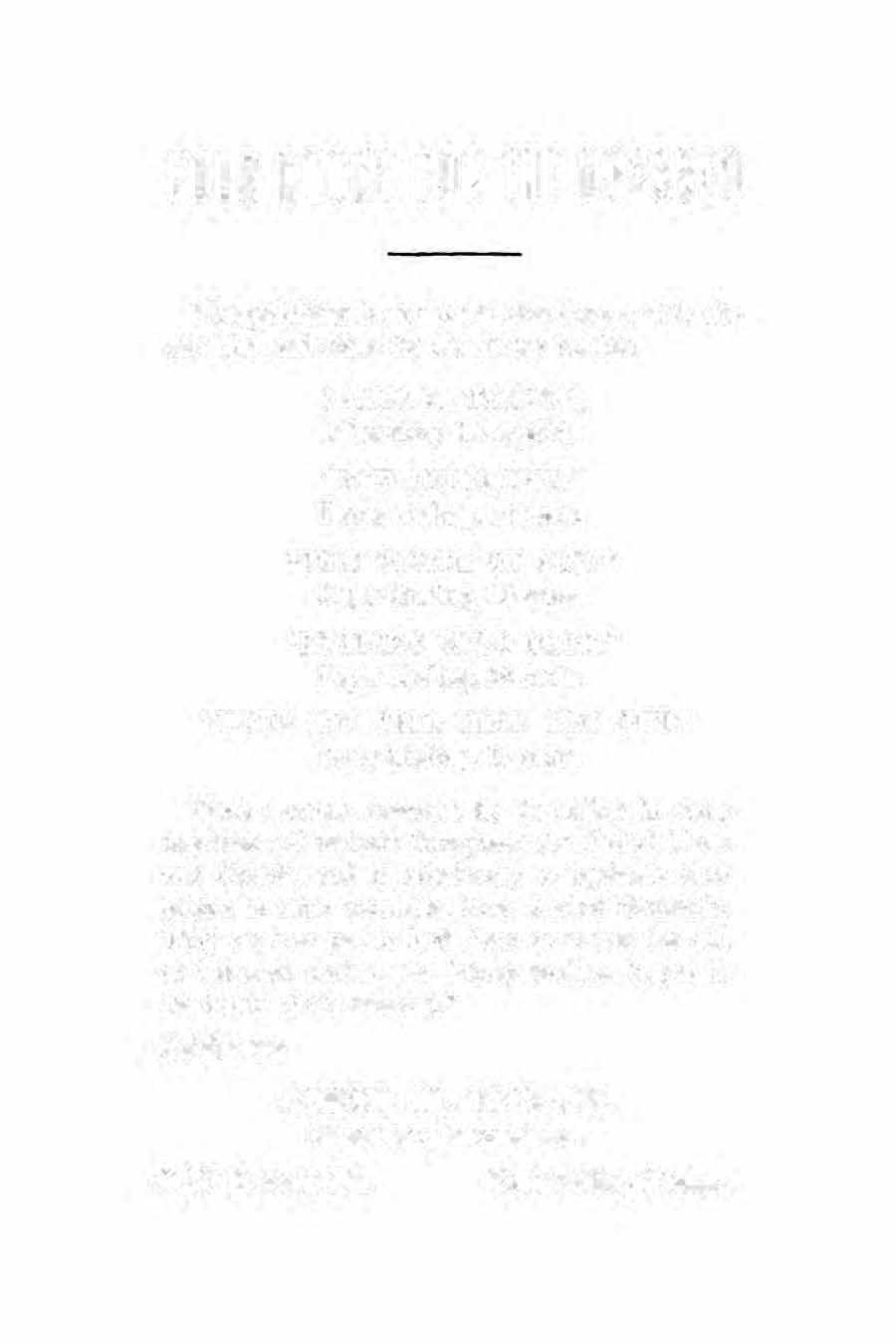
The publisher is anxious togive them a wide circula.tion, and offers the set of four for 25c.
JAMES
l\L TAYLOR, Missionary Evangelist.
"THE JUDGMENT.''
Paper binding, 10 cents.
"THE 'WRATH OF GOD."
Paper binding, 10 cents.
"REAPING WILD OATS."
Paper binding, 10 cents.
"YOUR SIN WILL FIND YOU OUT."
Paper binding, 10 cents.
These sermons, preached by the author in camp meetings and revivals throughout the Unitecl Stat·es and Canada, and in missionary evangelistic campaigrn, in other countries, have touched tholl.t3ands.
'I1hey are now put in book form to answer the eall of Christian workers for "cheap booklets to put ill the hands of the unsaved."
Address
JAMES M. TAYLOR 1
Missionary Evangelist,
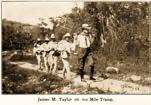
James Milburn Taylor was born July 27, 1873 in Blount County in Eastern Tennessee. In 1887, at a camp-meetng, Taylor experienced salvaton and became involved in the Methodist Episcopal Church, South. In January of 1895 he had his sanctfcaton experience and became a part of the Holiness Movement as an actve evangelist. He preached throughout Tennessee and Kentucky through the early 1900s, while making Knoxville, Tennessee his main center of operatons. He became associated with William Godbey and other Holiness fgures, publishing a number of booklets independently for his ministry. Many of these were published by H.C. Morrison’s Pentecostal Publishing Company.
In the early 1900s Taylor was involved with the Interdenominatonal Missionary Prayer League and the Holiness Union of the South, which helped sponsor Taylor on an evangelistc tour of the West Indies in 1906 and 1907. This included St. Thomas, St. Croix, Dominica, Antgua, Barbados, the Britsh Guianas, and Surinam among other islands, making him one of the pioneer missionaries of the English-speaking Caribbean. In 1912, Taylor, along with S. W. Edwards of the Holiness Union of the South did an evangelistc tour of Guatemala, El Salvador, Honduras, and Panama. This was one of the earliest Holiness missions to Central America. From January to June of 1914, Taylor did an evangelistc tour of South America including Panama, Colombia, Ecuador, Peru, Bolivia, and Chile.
By 1917, Taylor had become the Secretary for Missionary of the Methodist Episcopal Church Board of Foreign Missions and made missionary tours to Mexico and Asia, including Japan, Korea, China, India, Malaysia, Burma, and the Philippines. In 1921 Taylor became president of Taylor University, a positon which he held for six months untl he lef under a scandal. Taylor then went on the Chautauqua circuit speaking about his many travels, at least tll 1926, before fnally disappearing from the pages of history.
